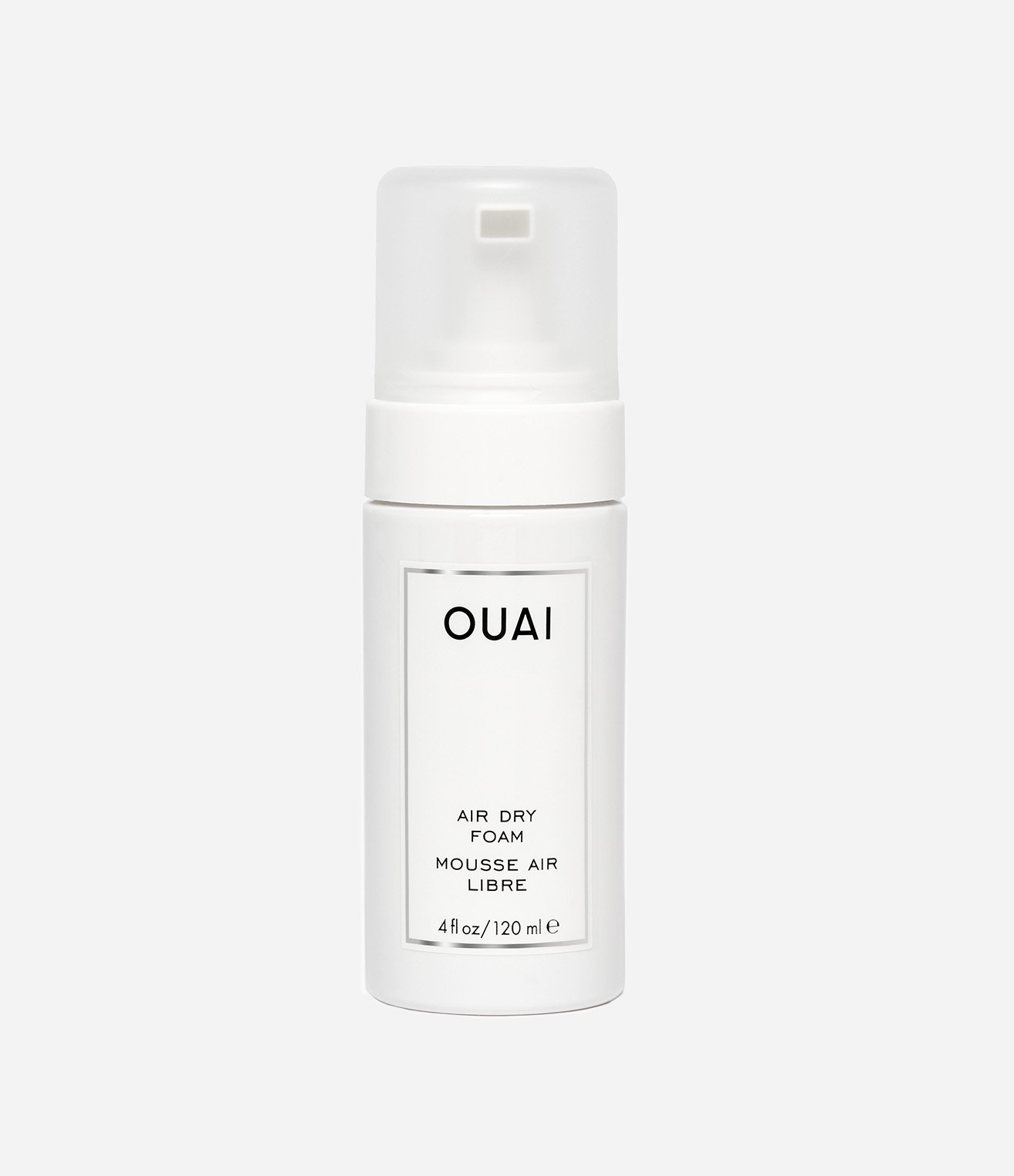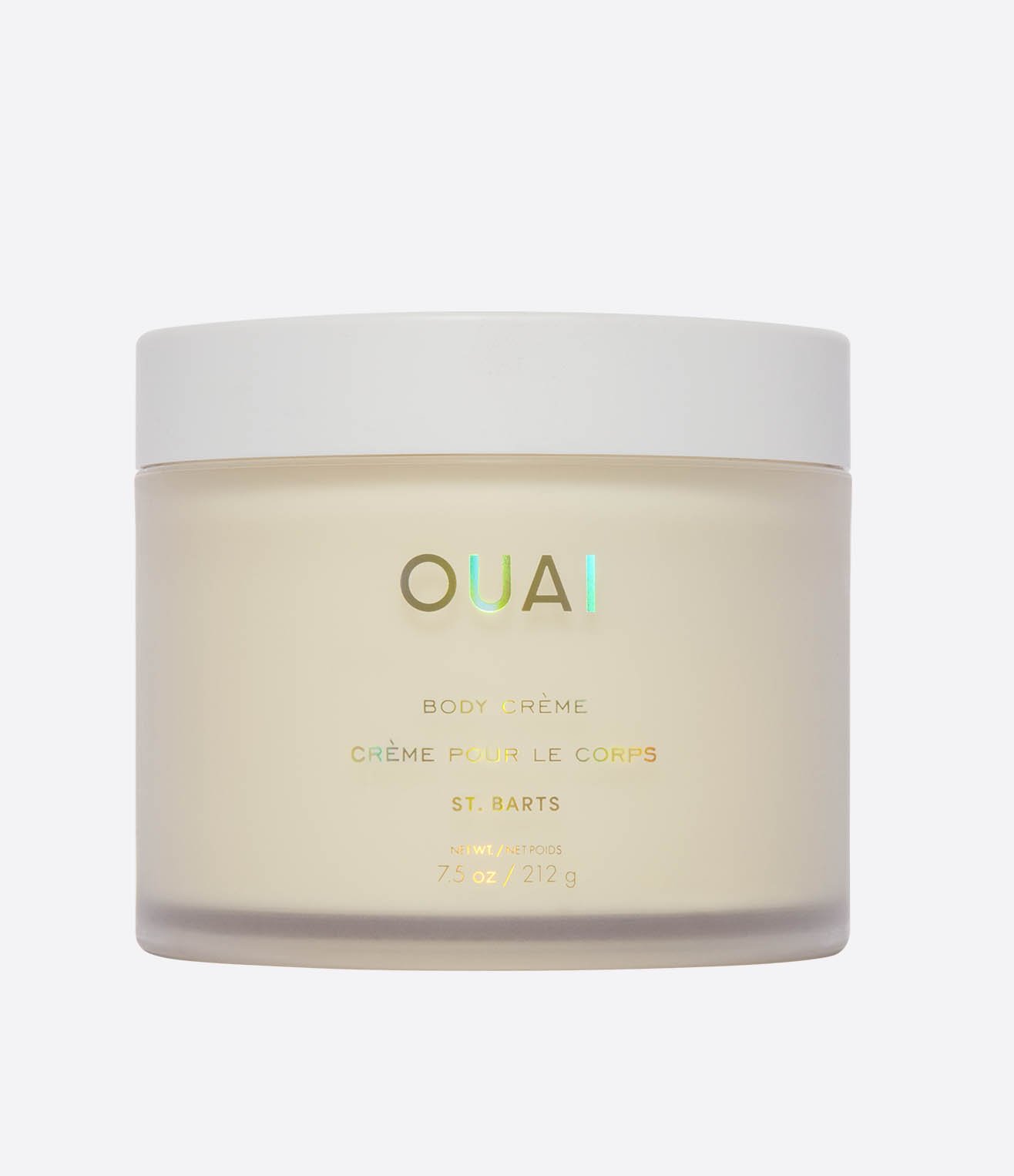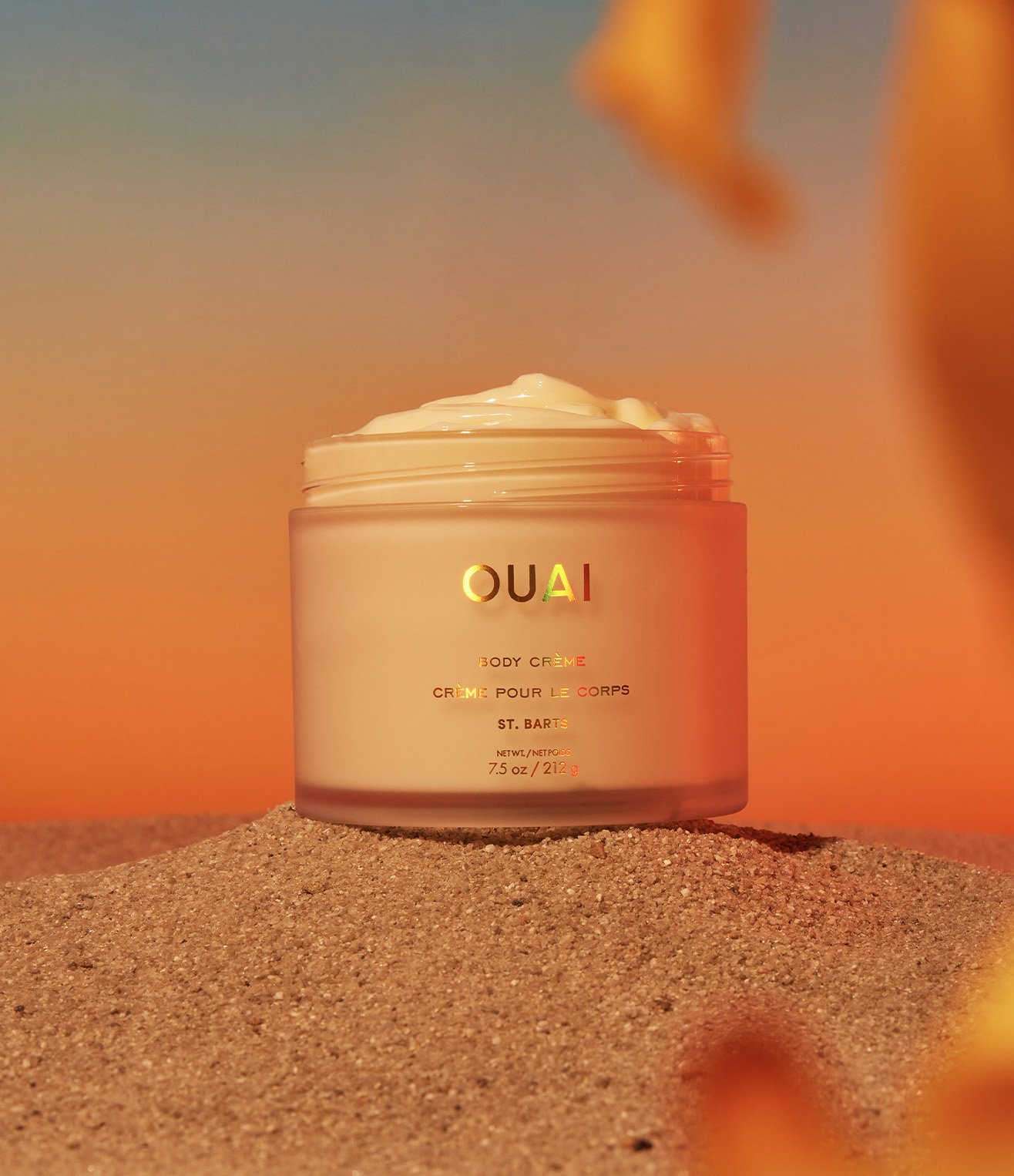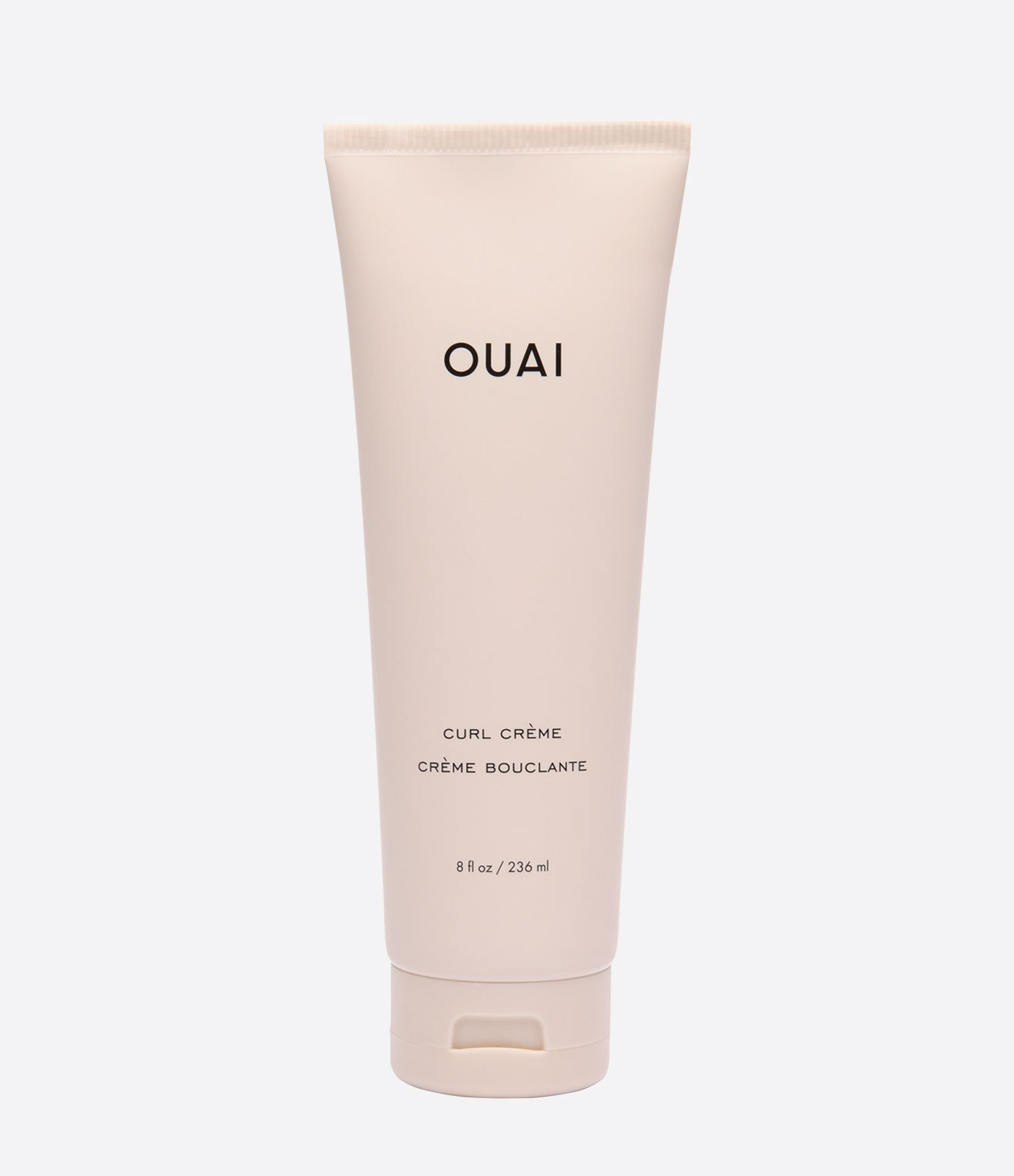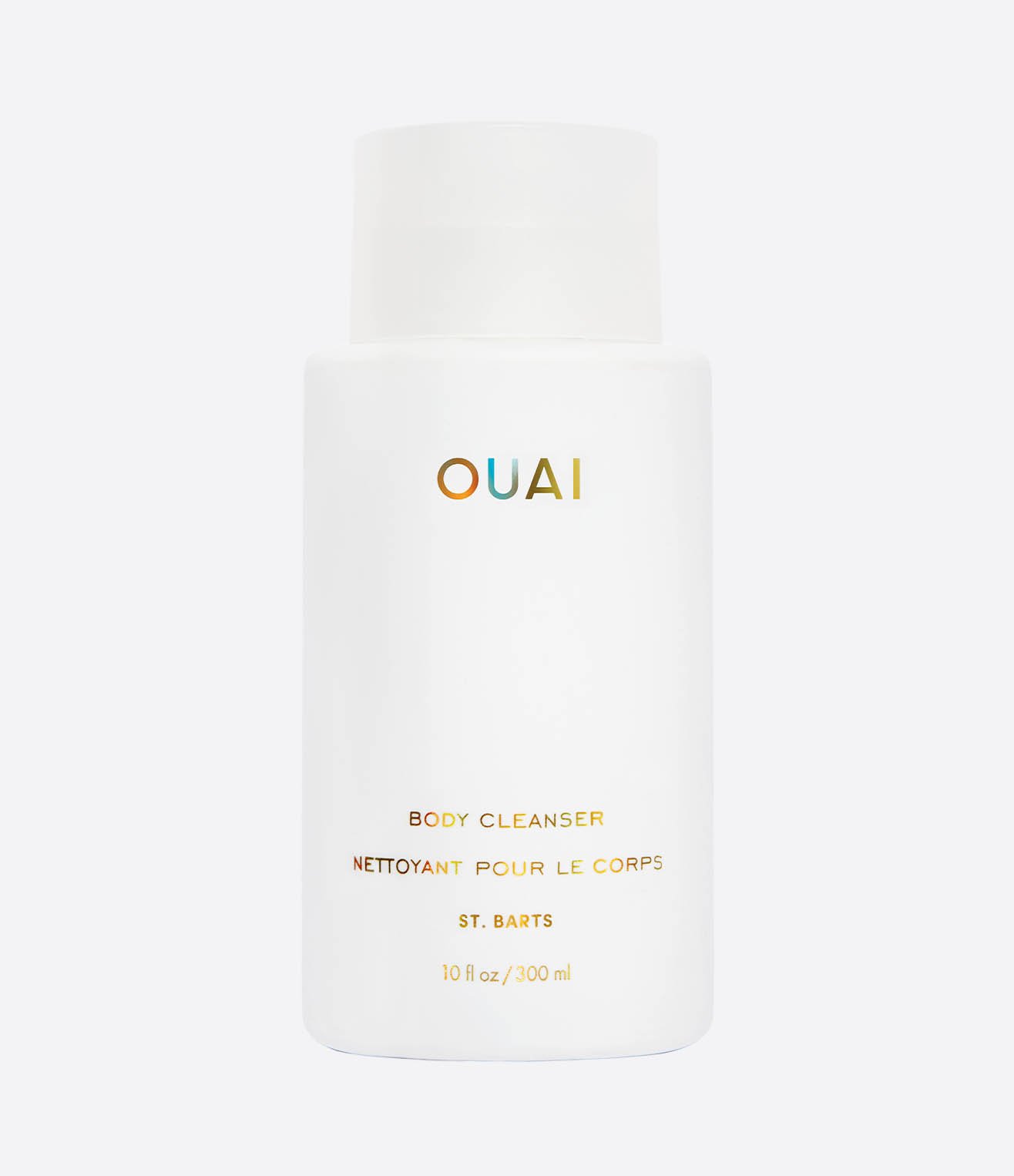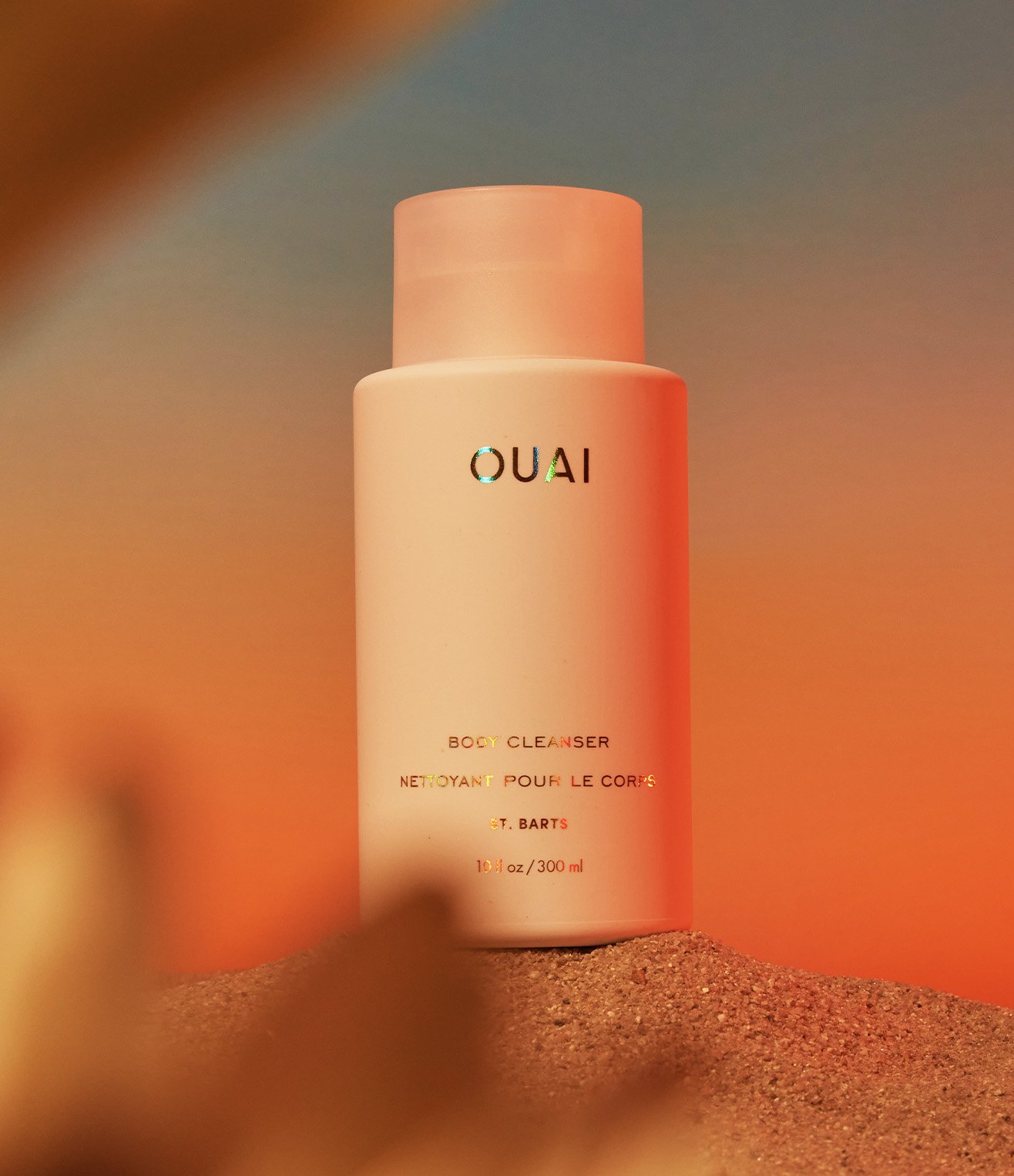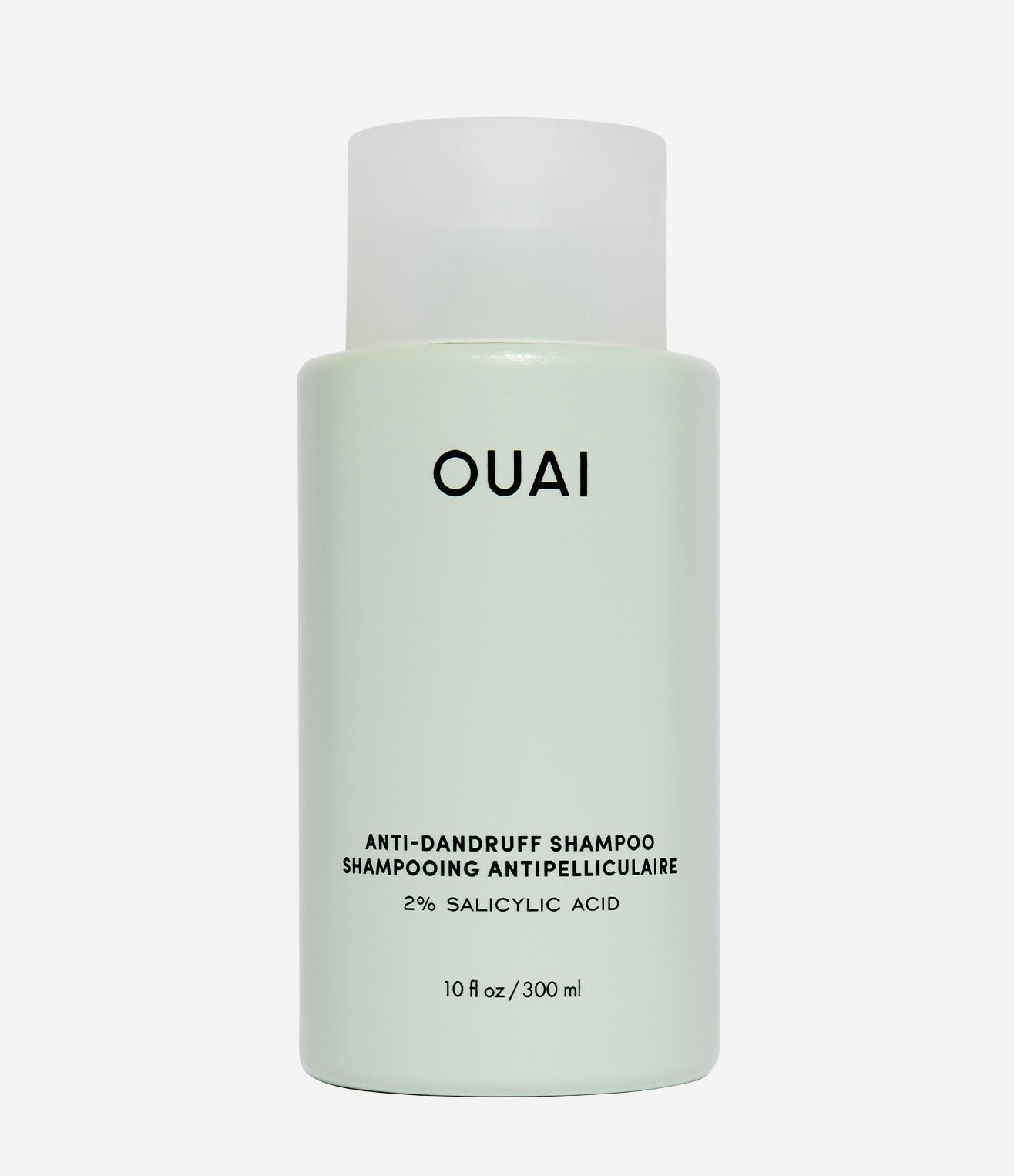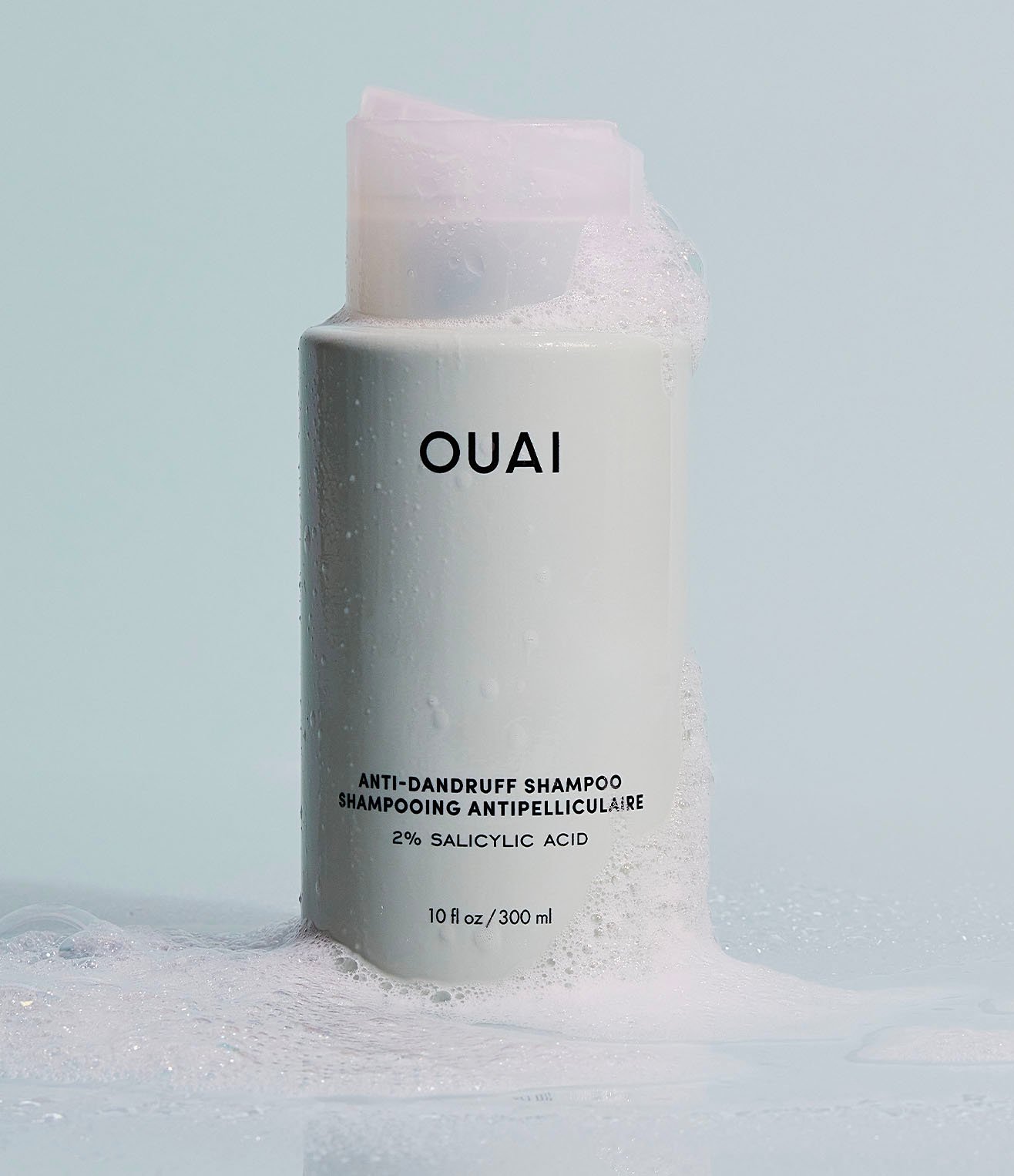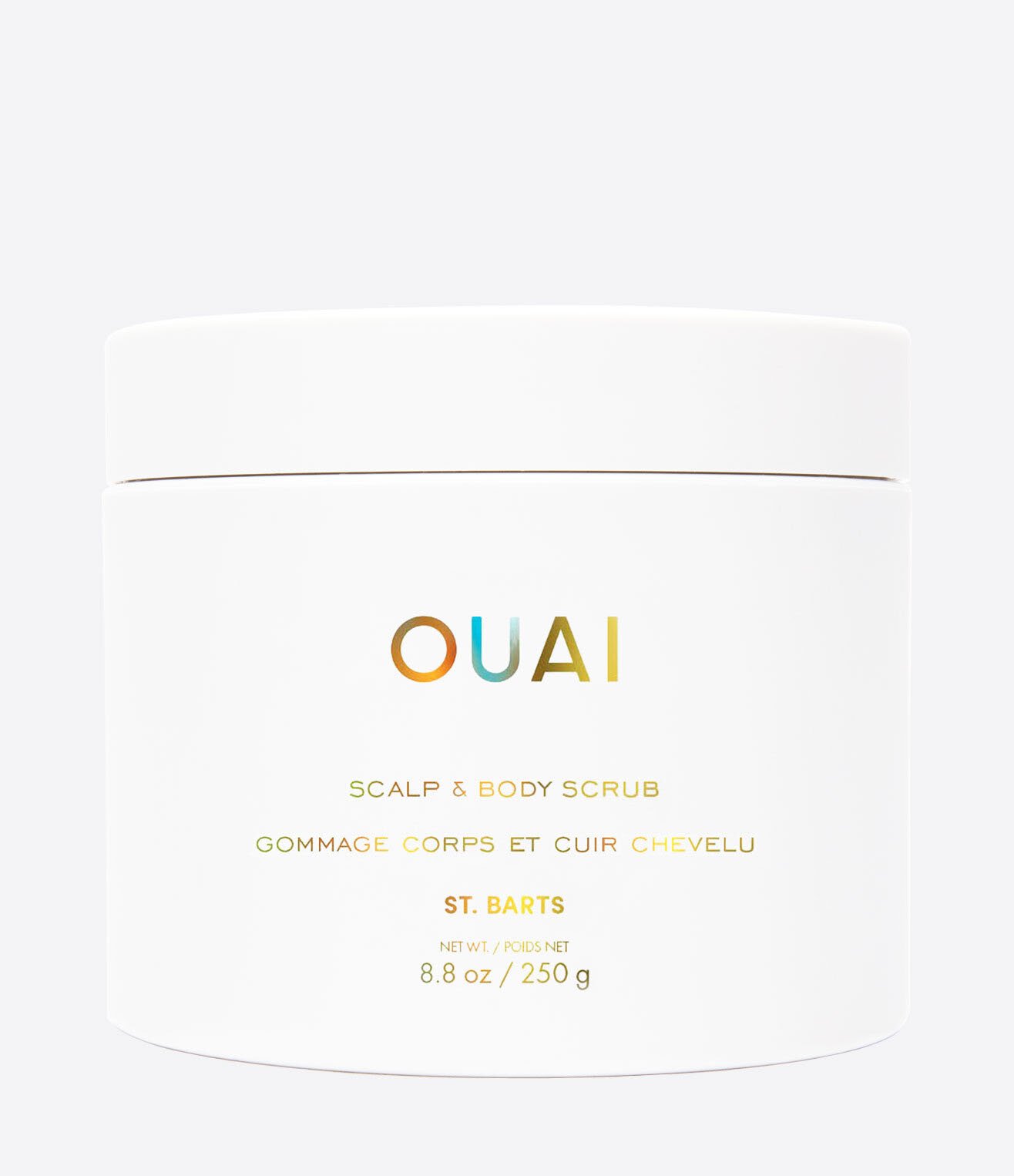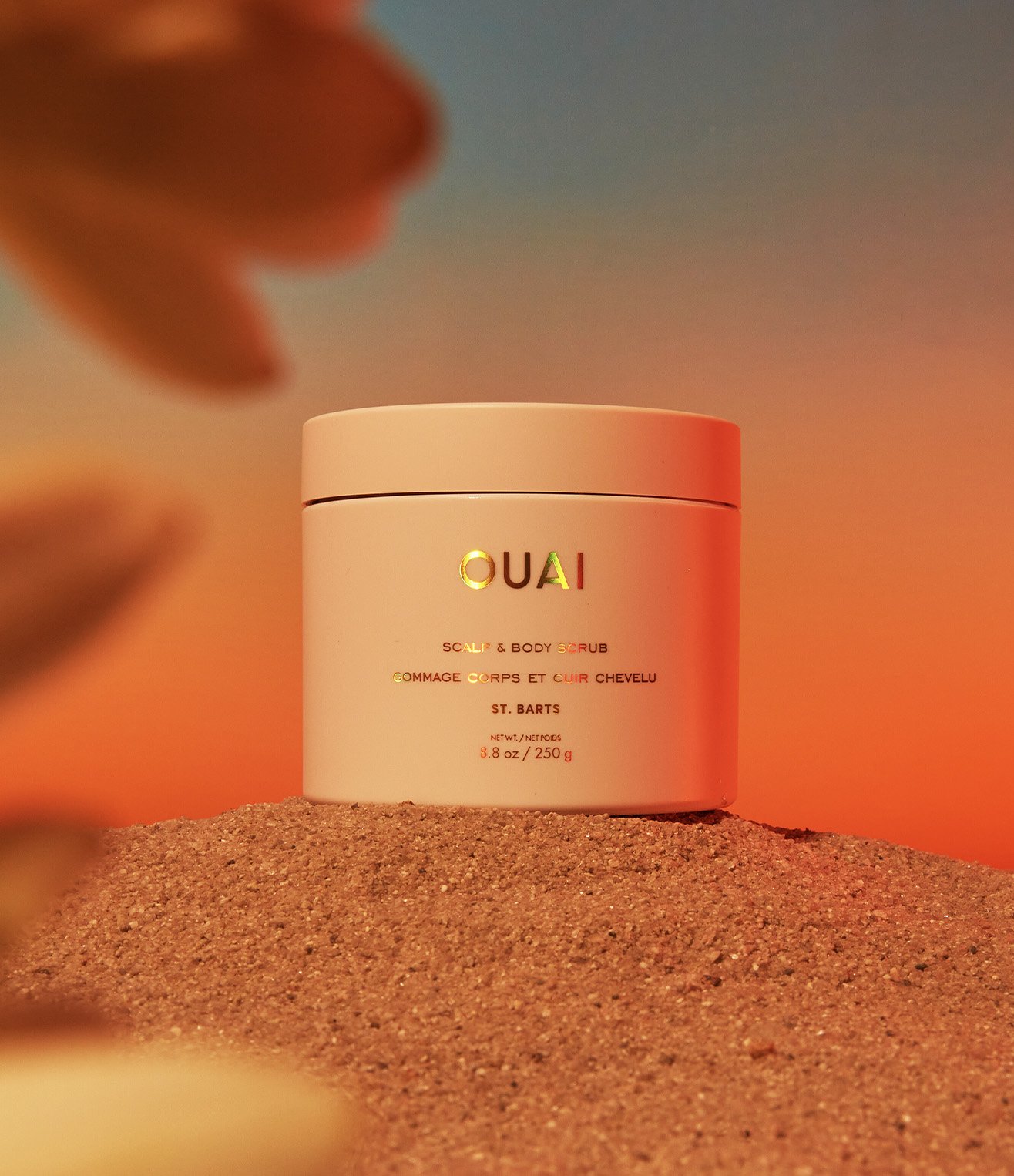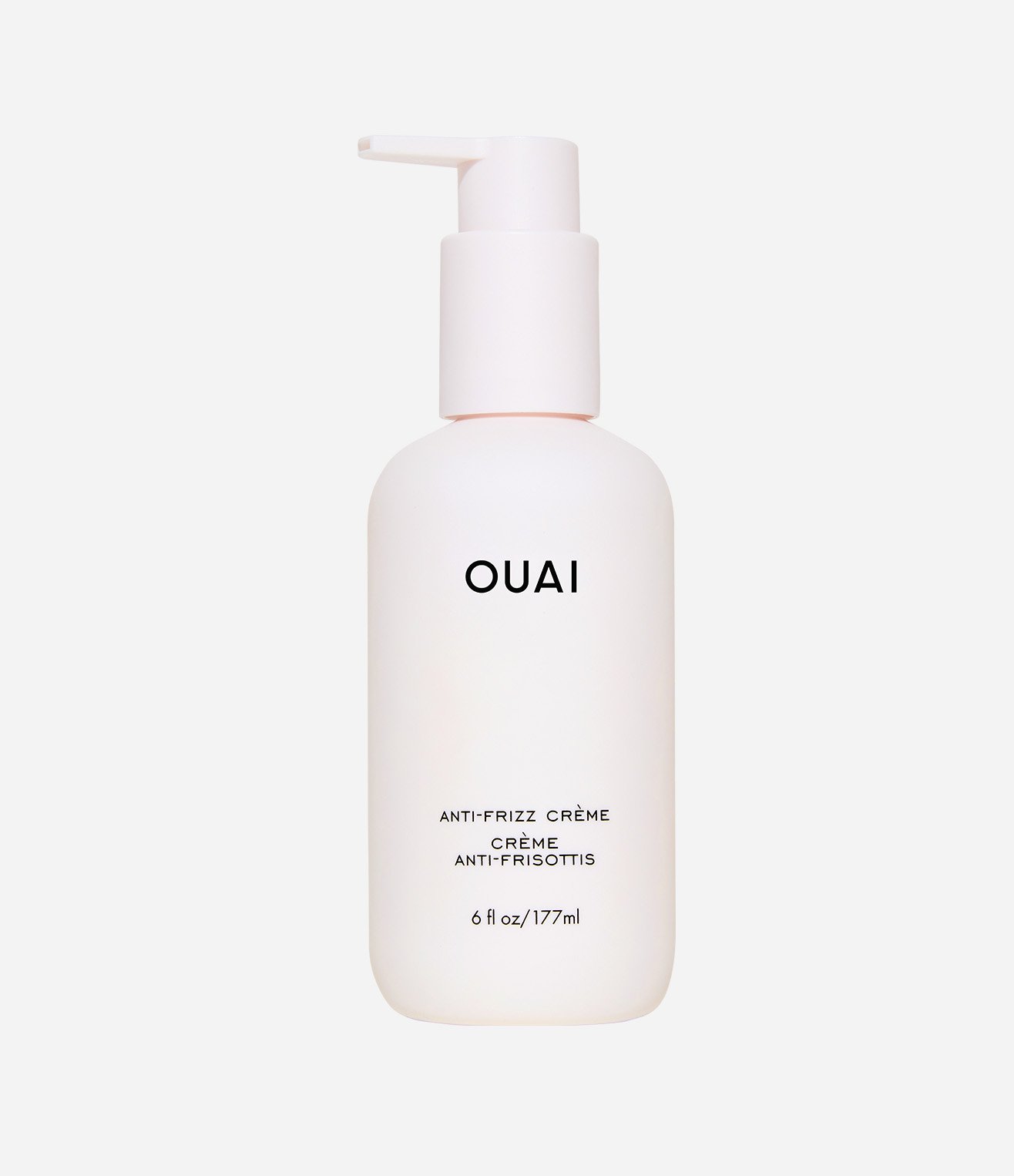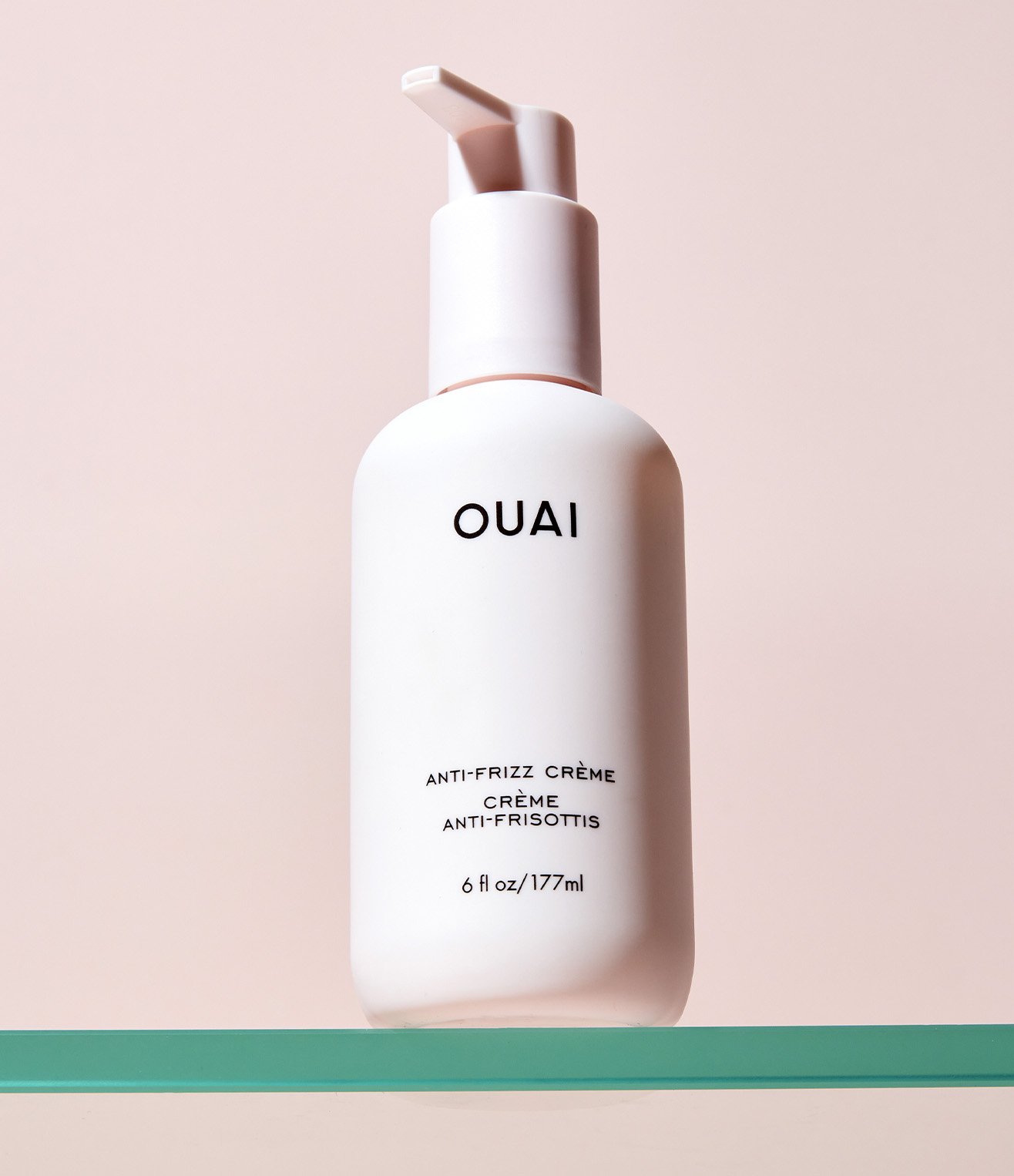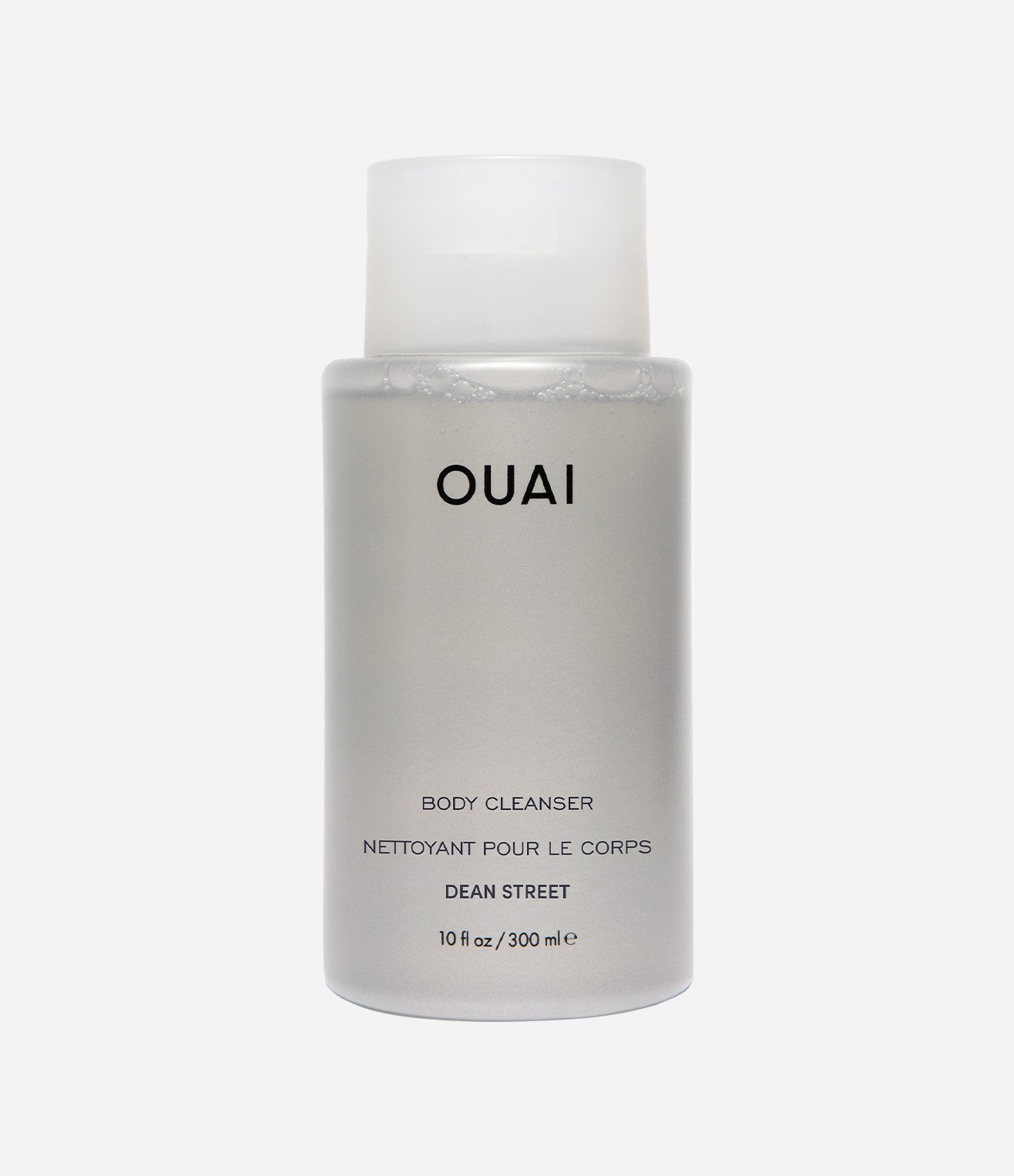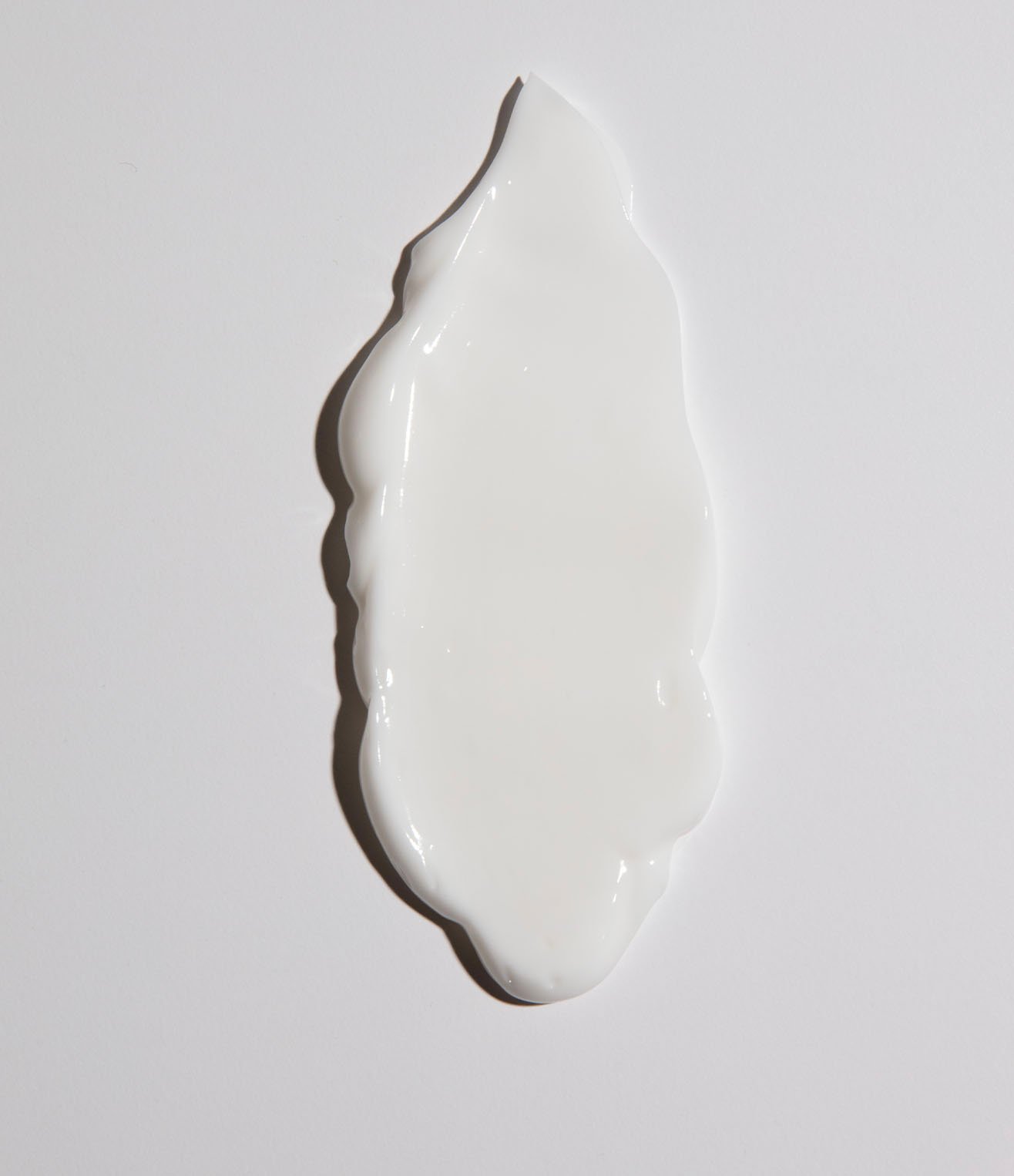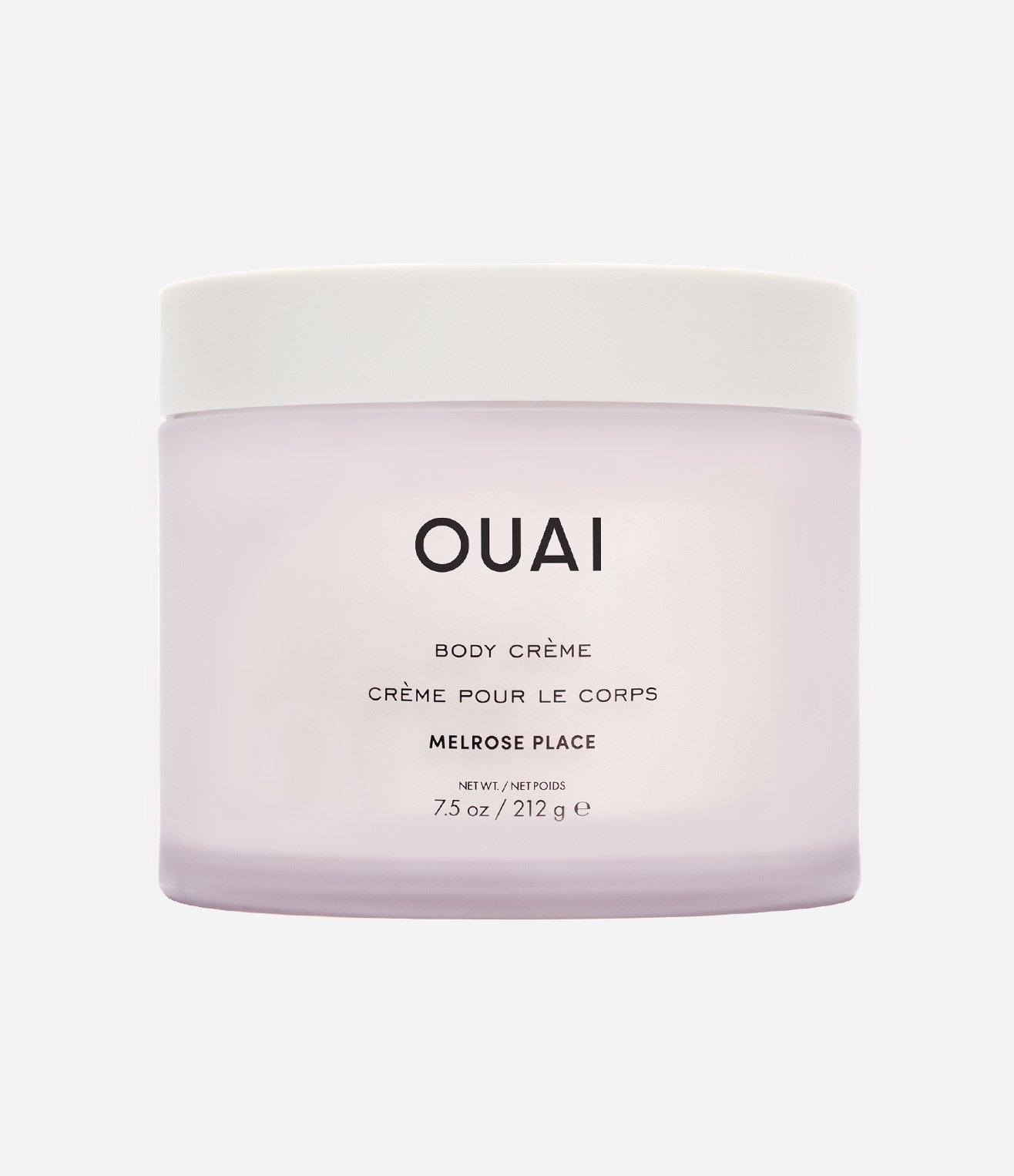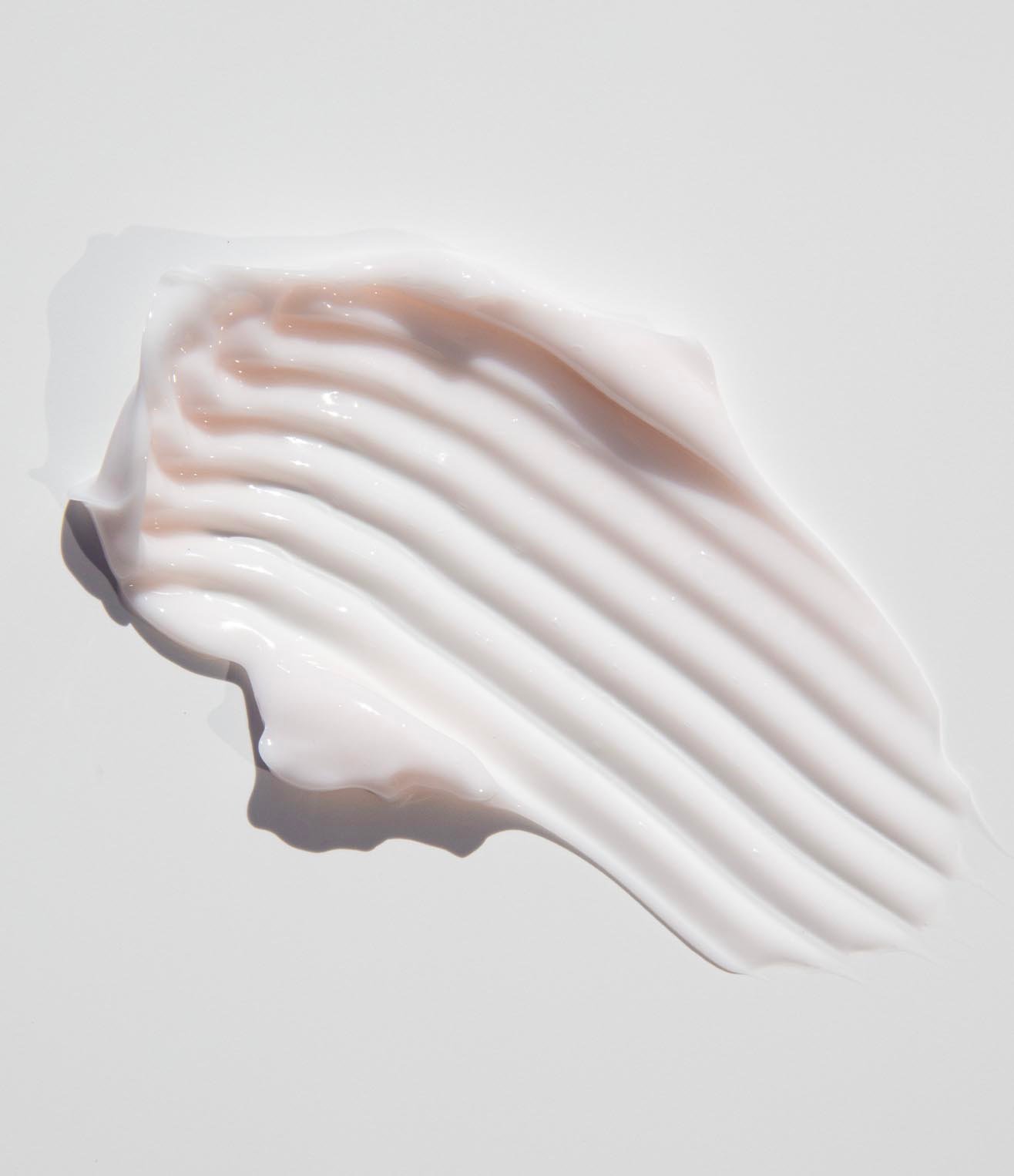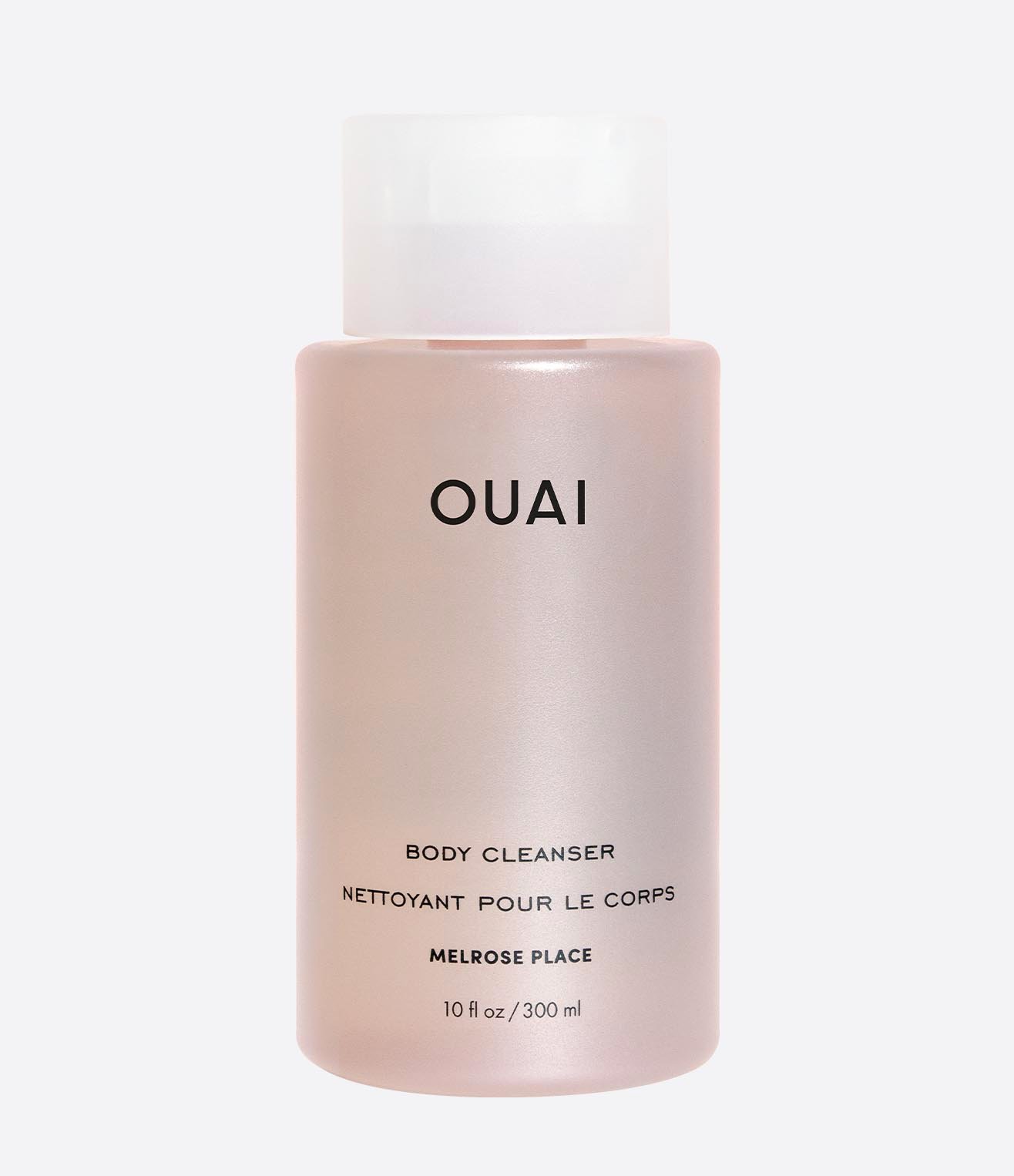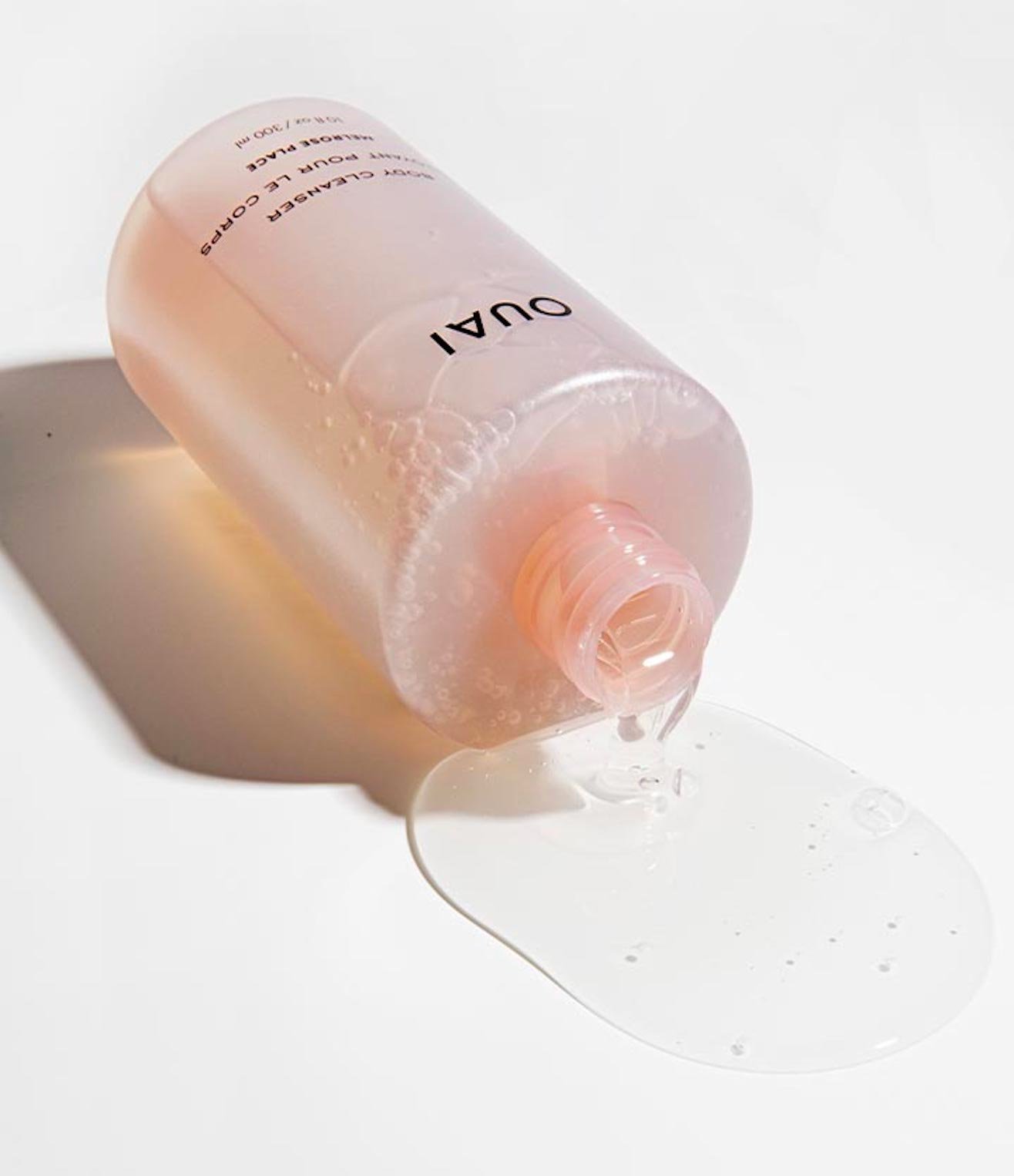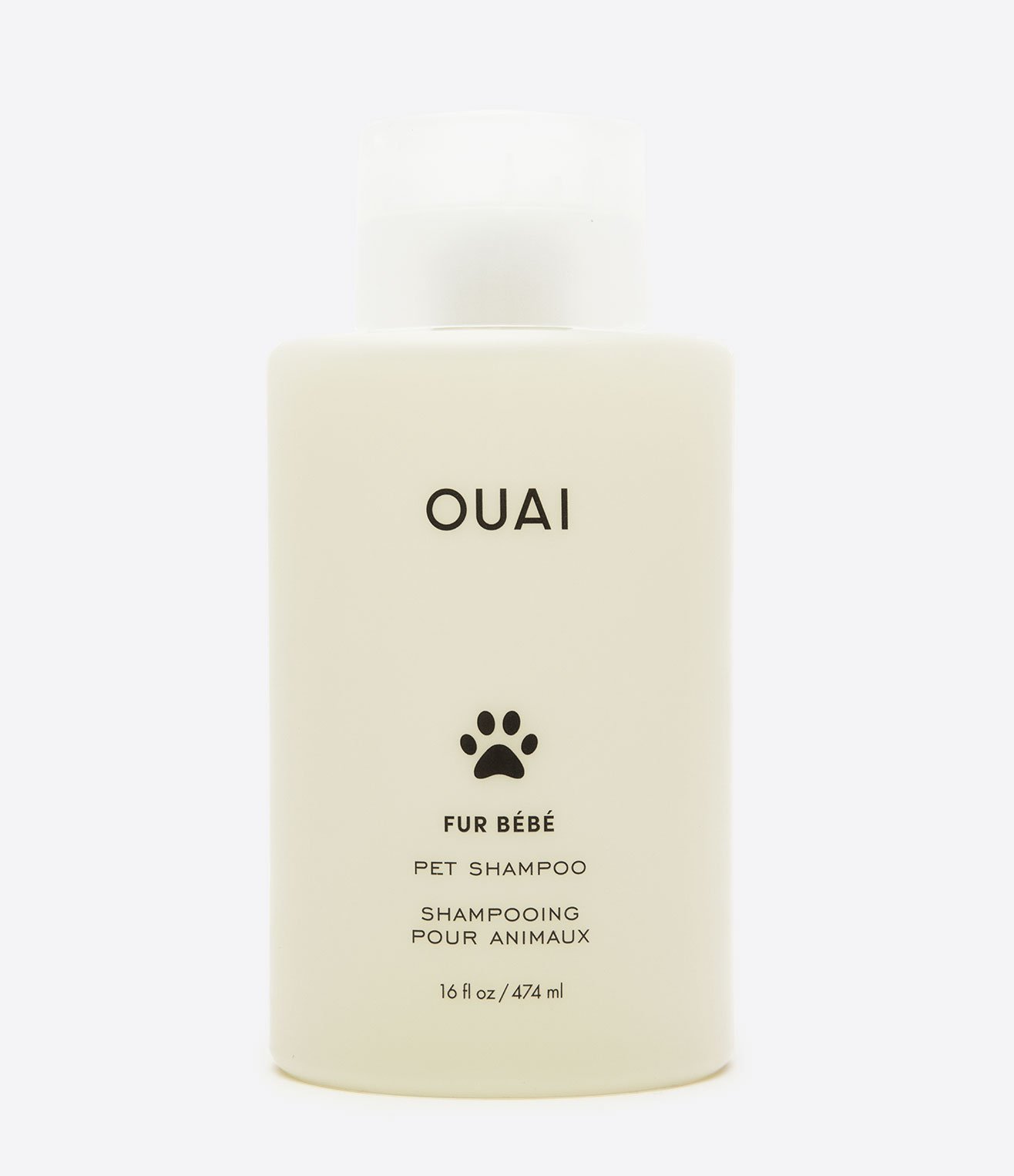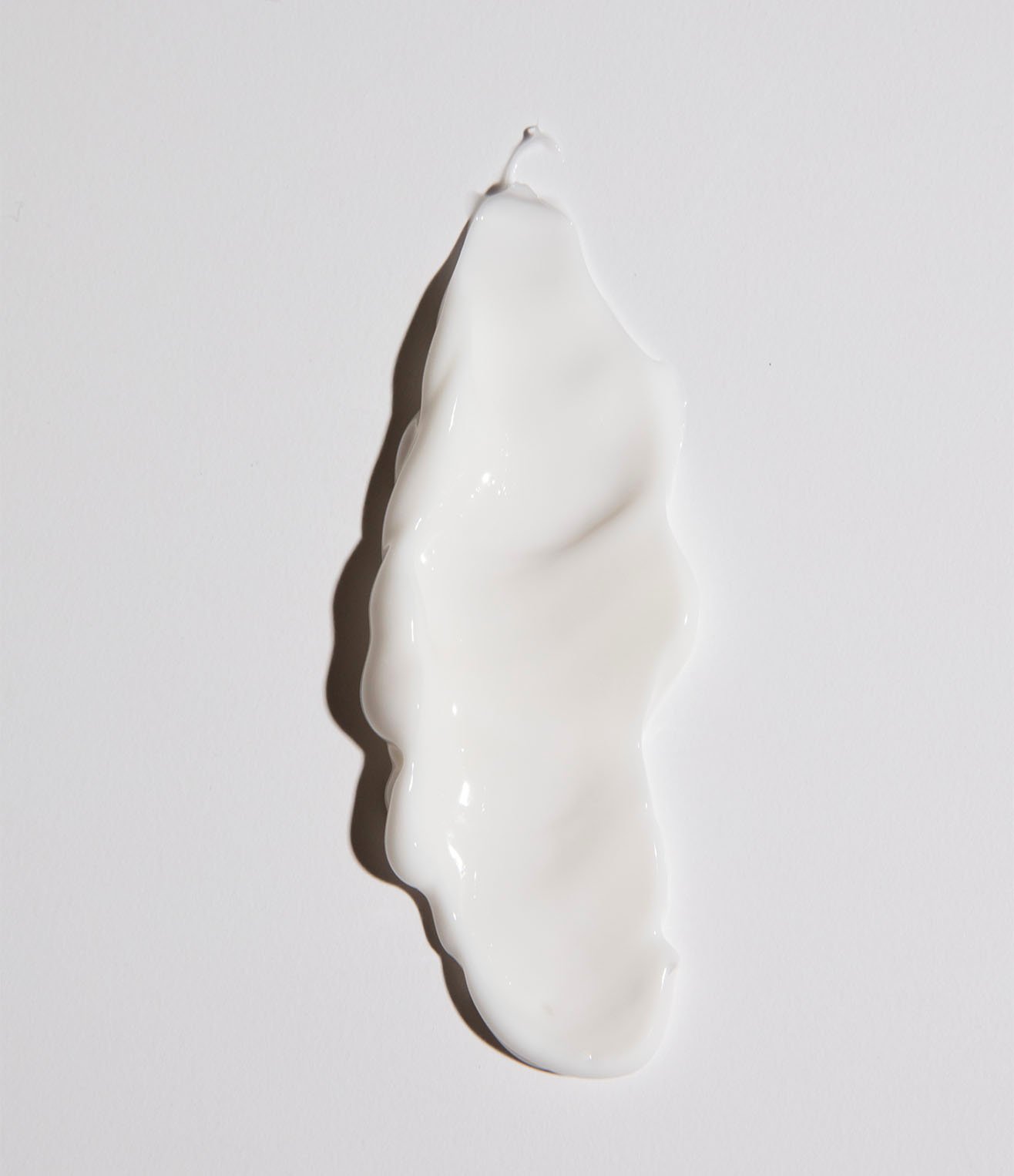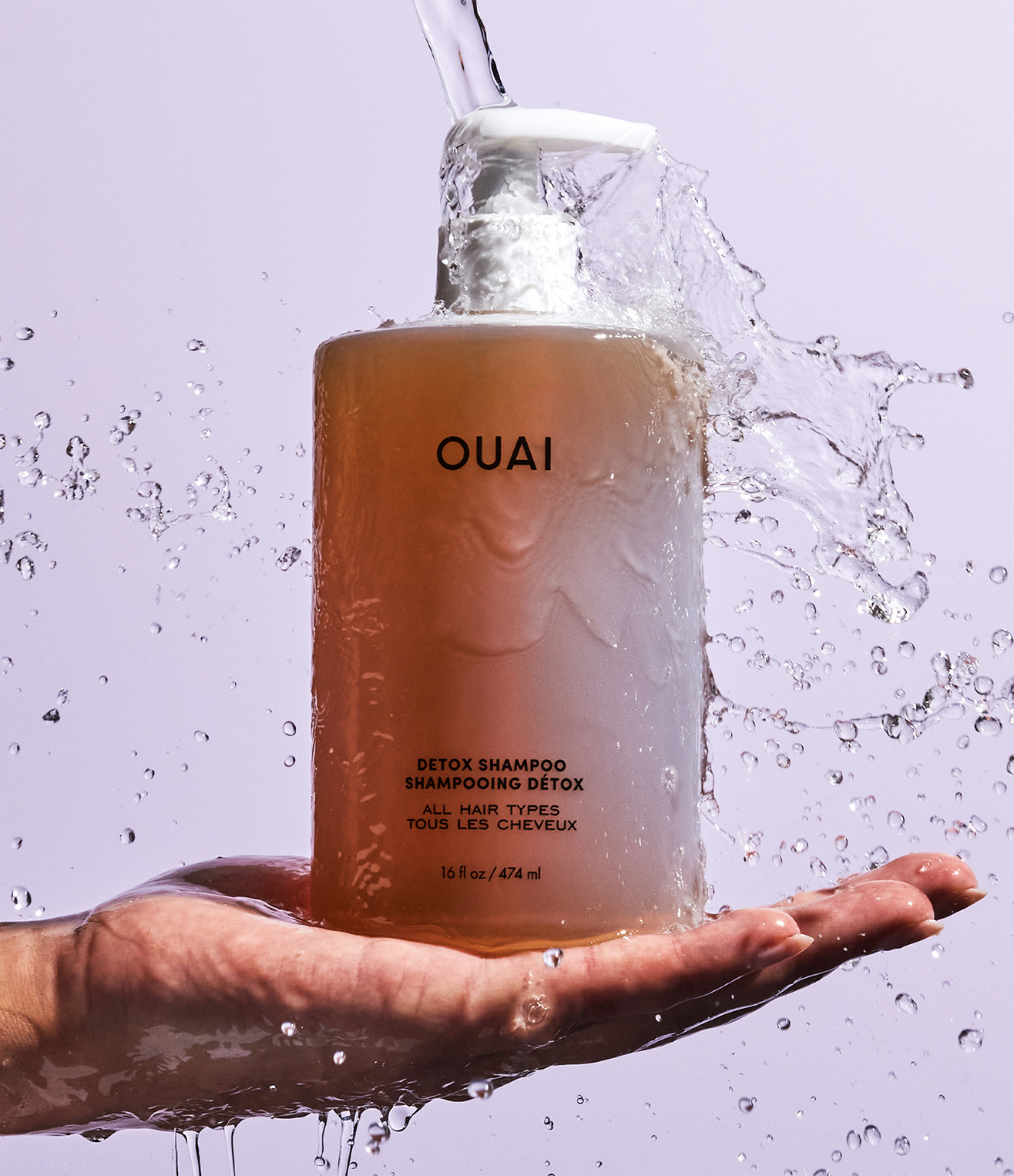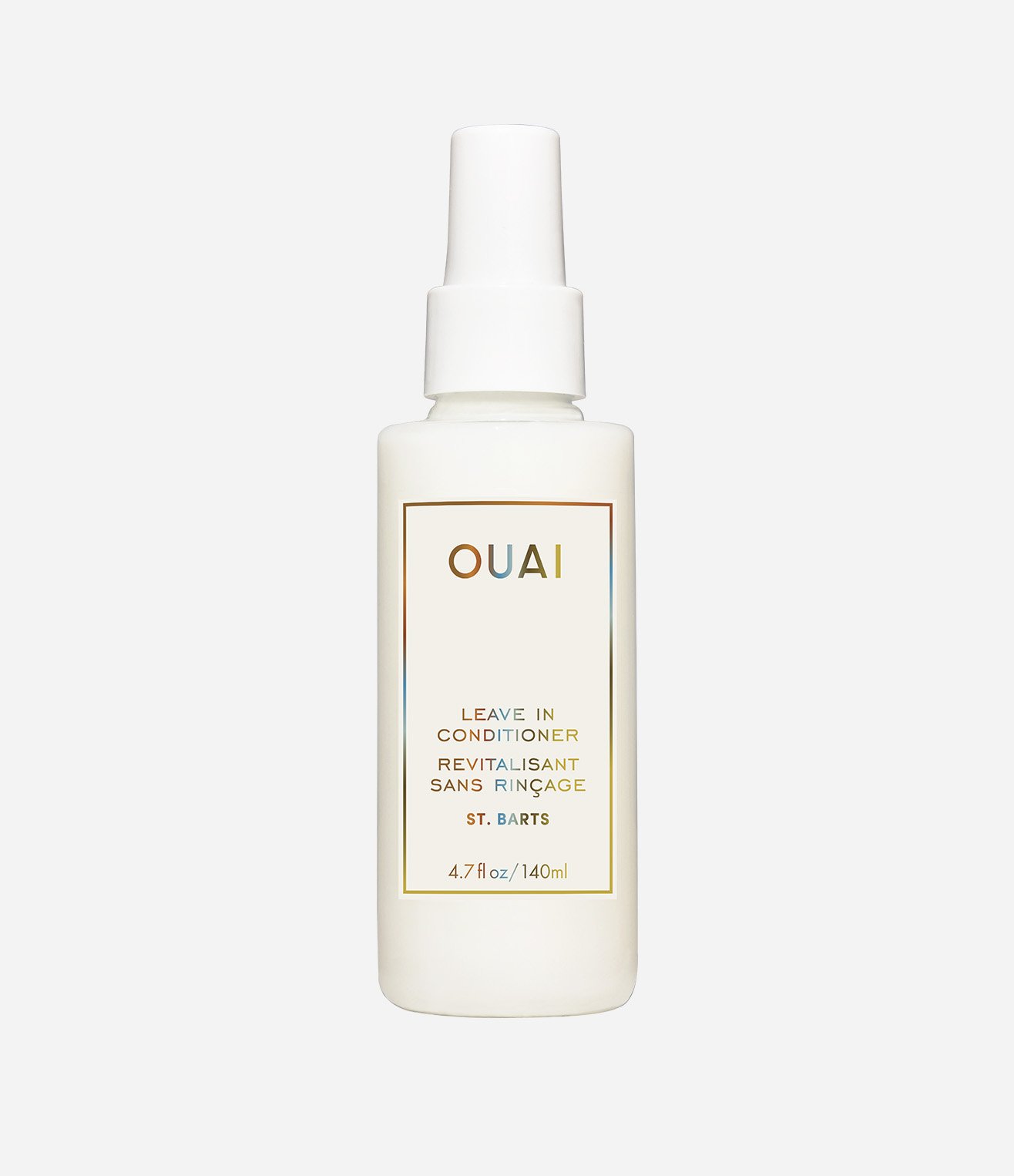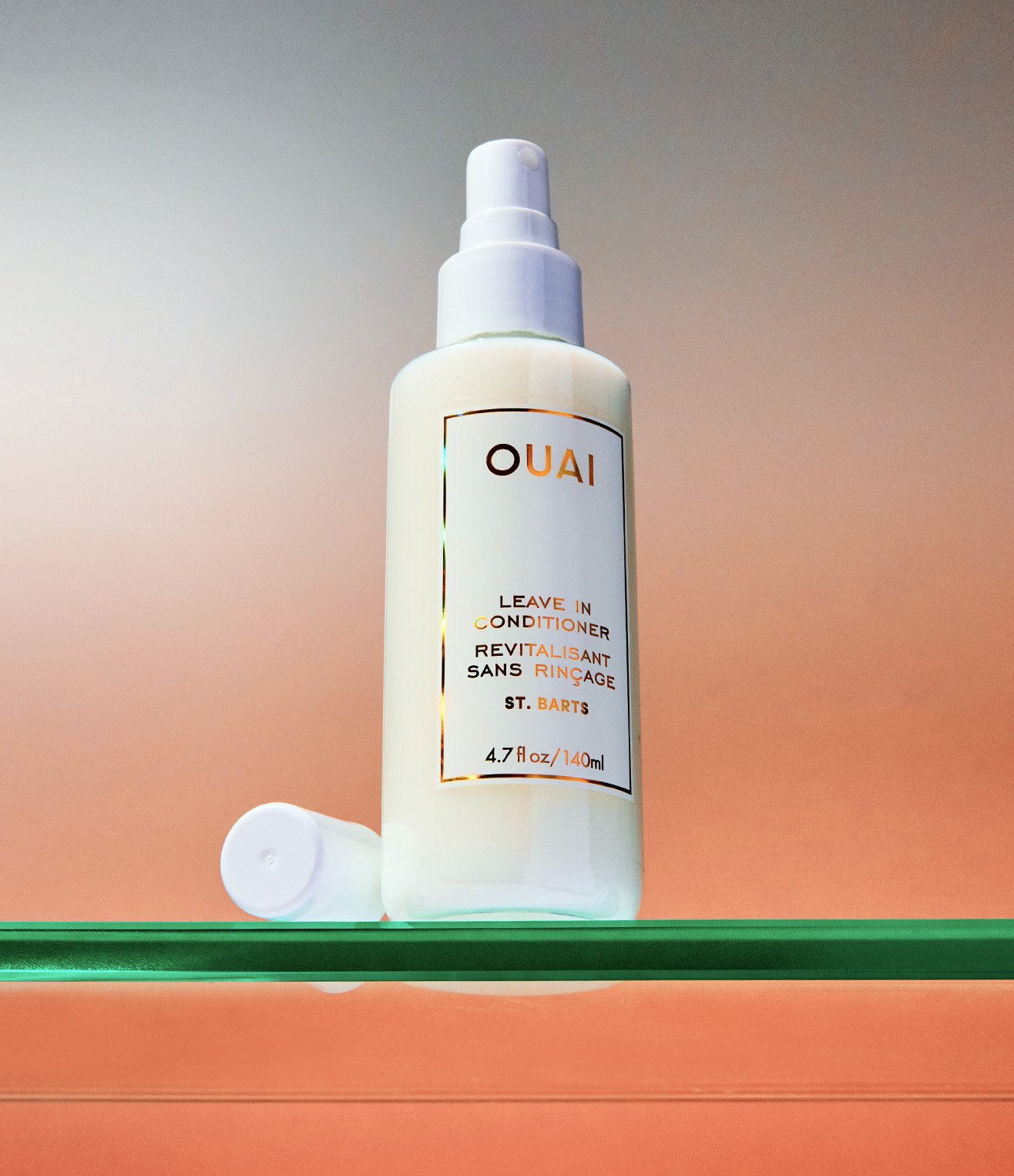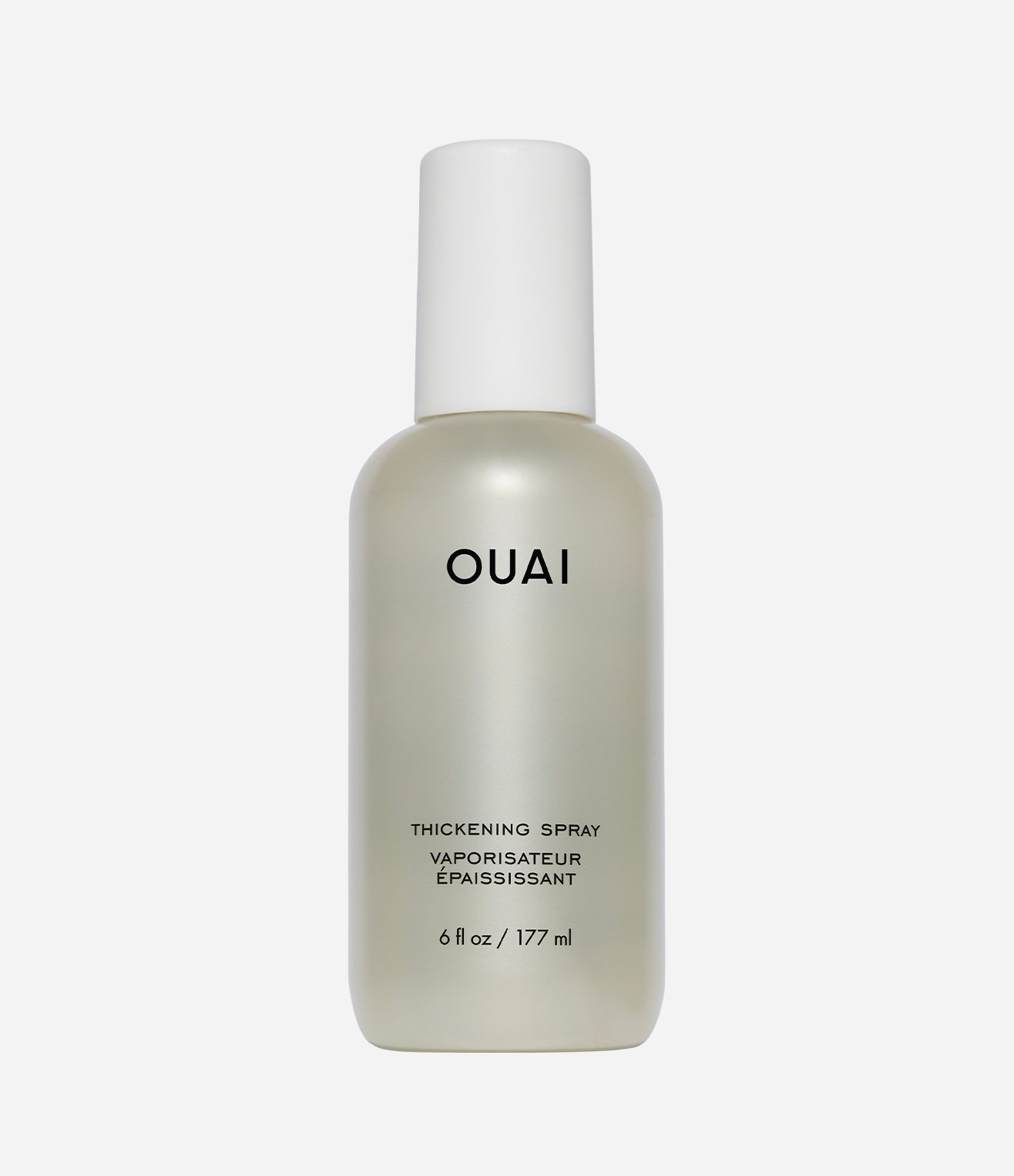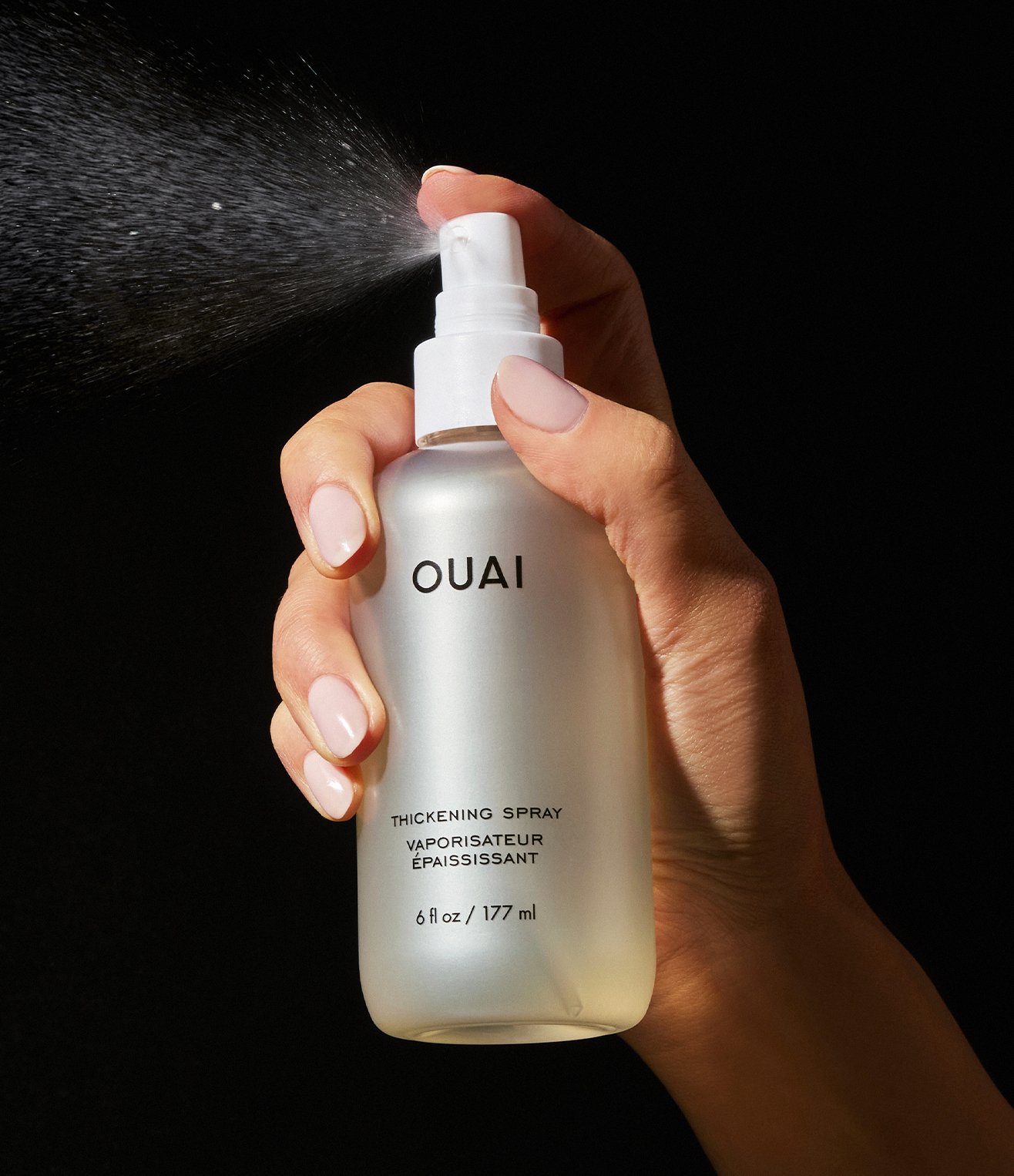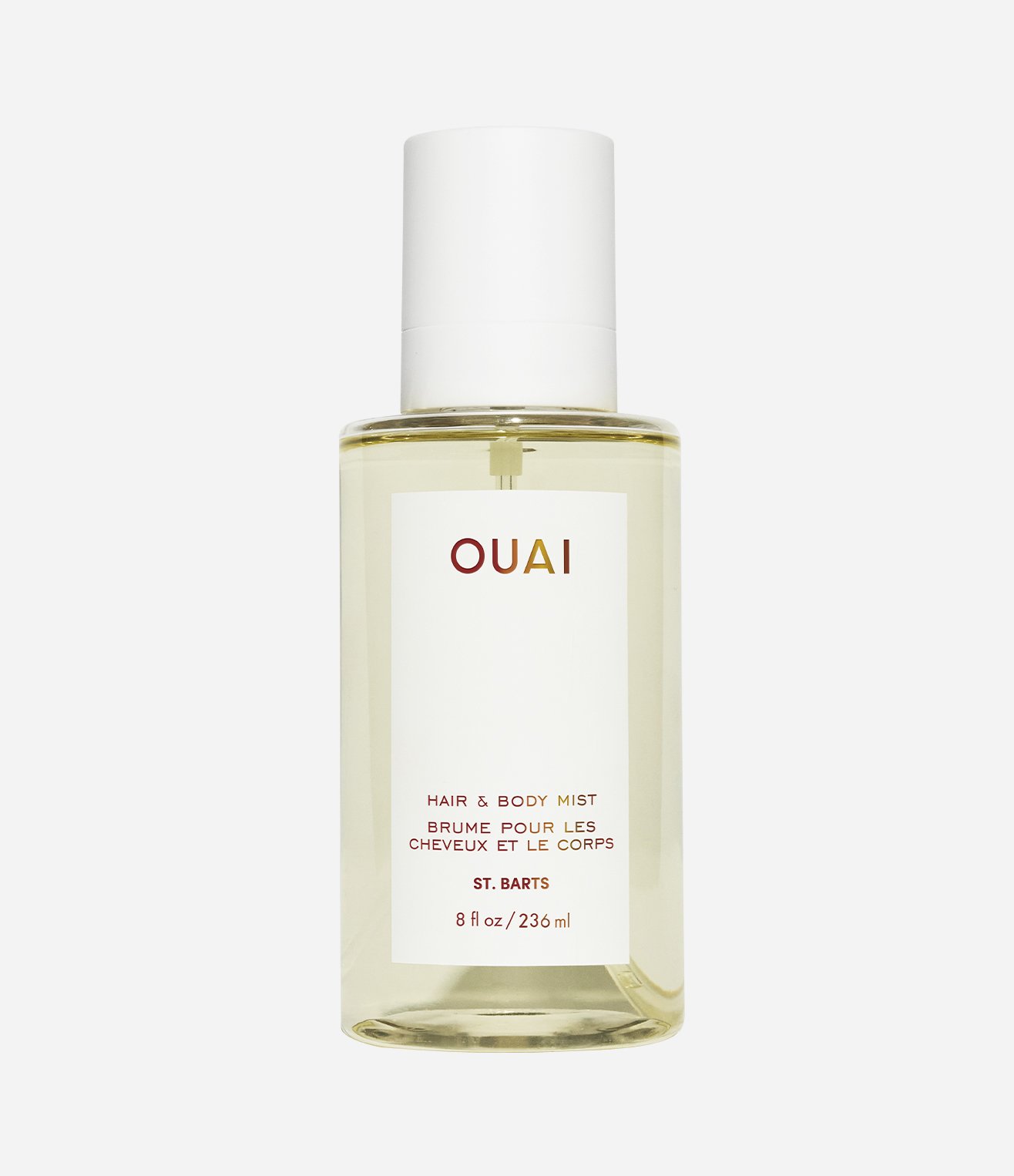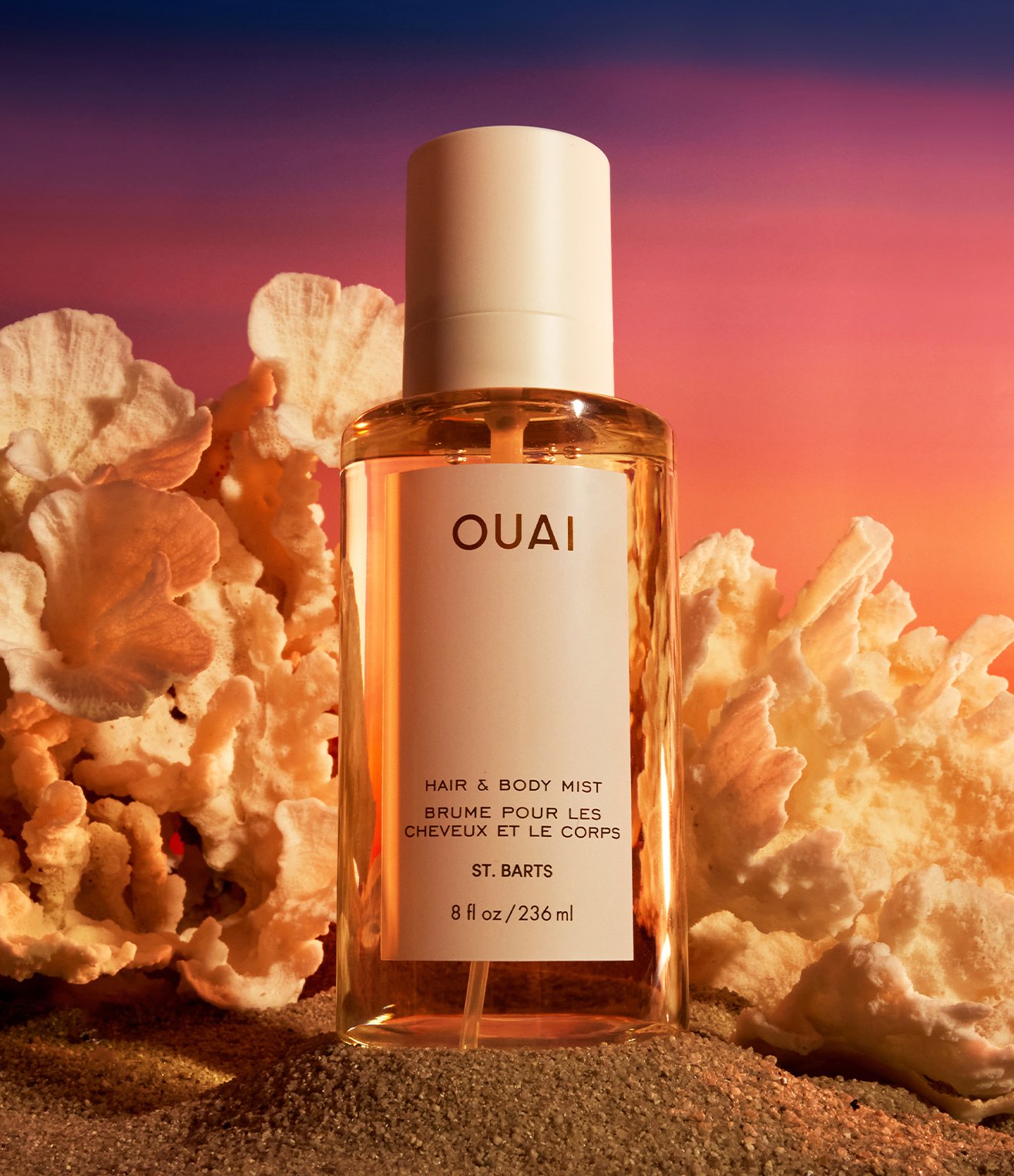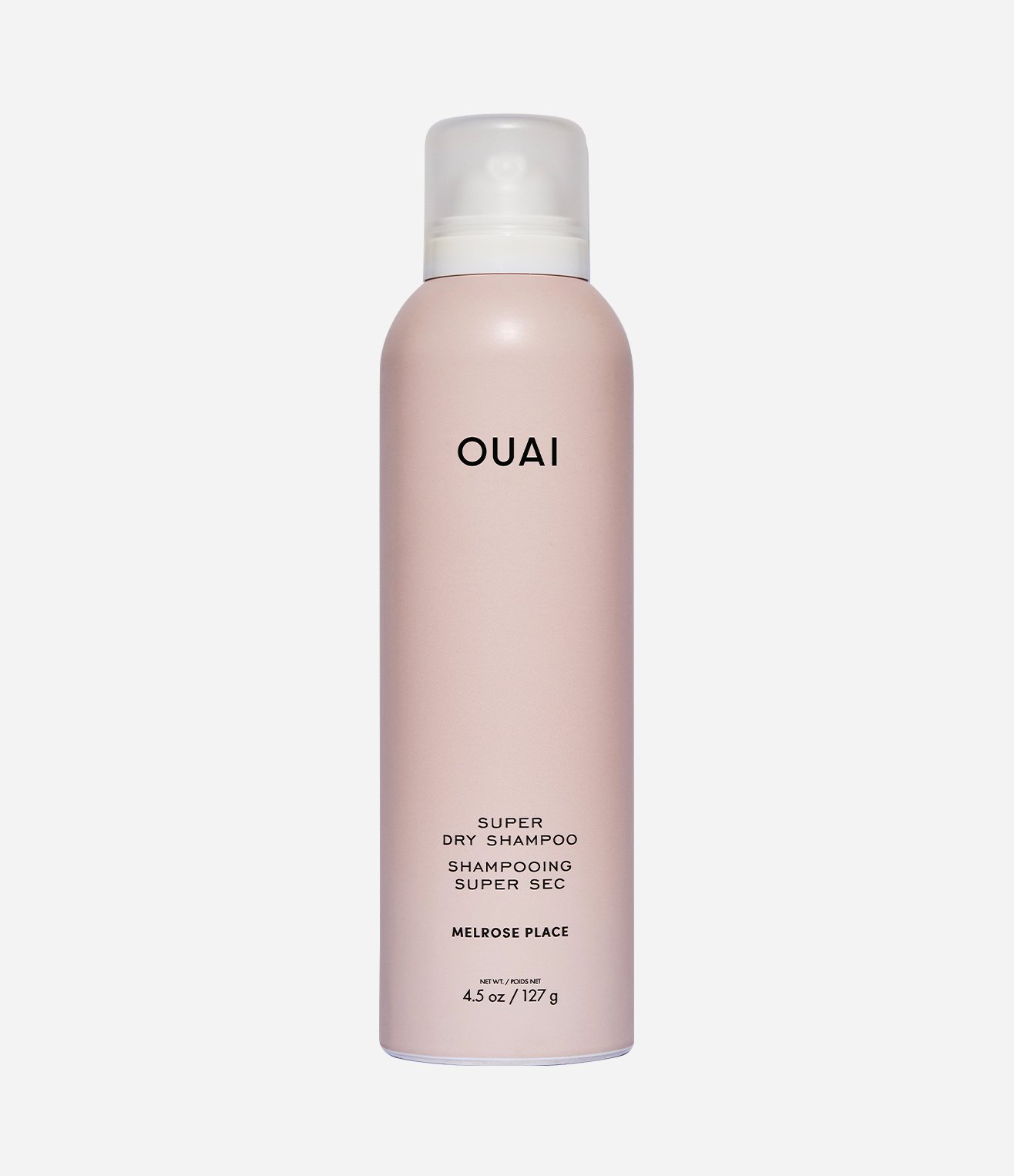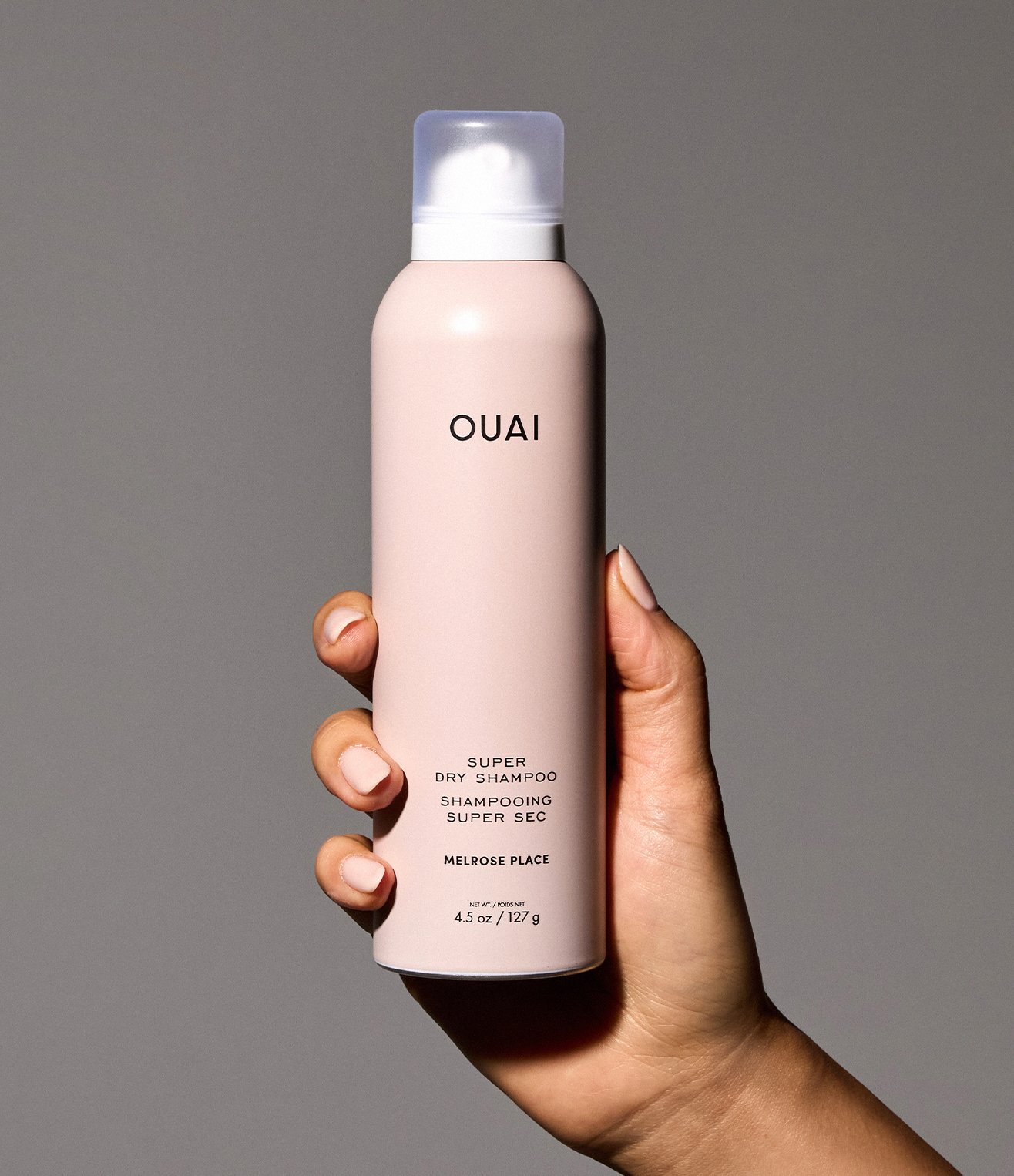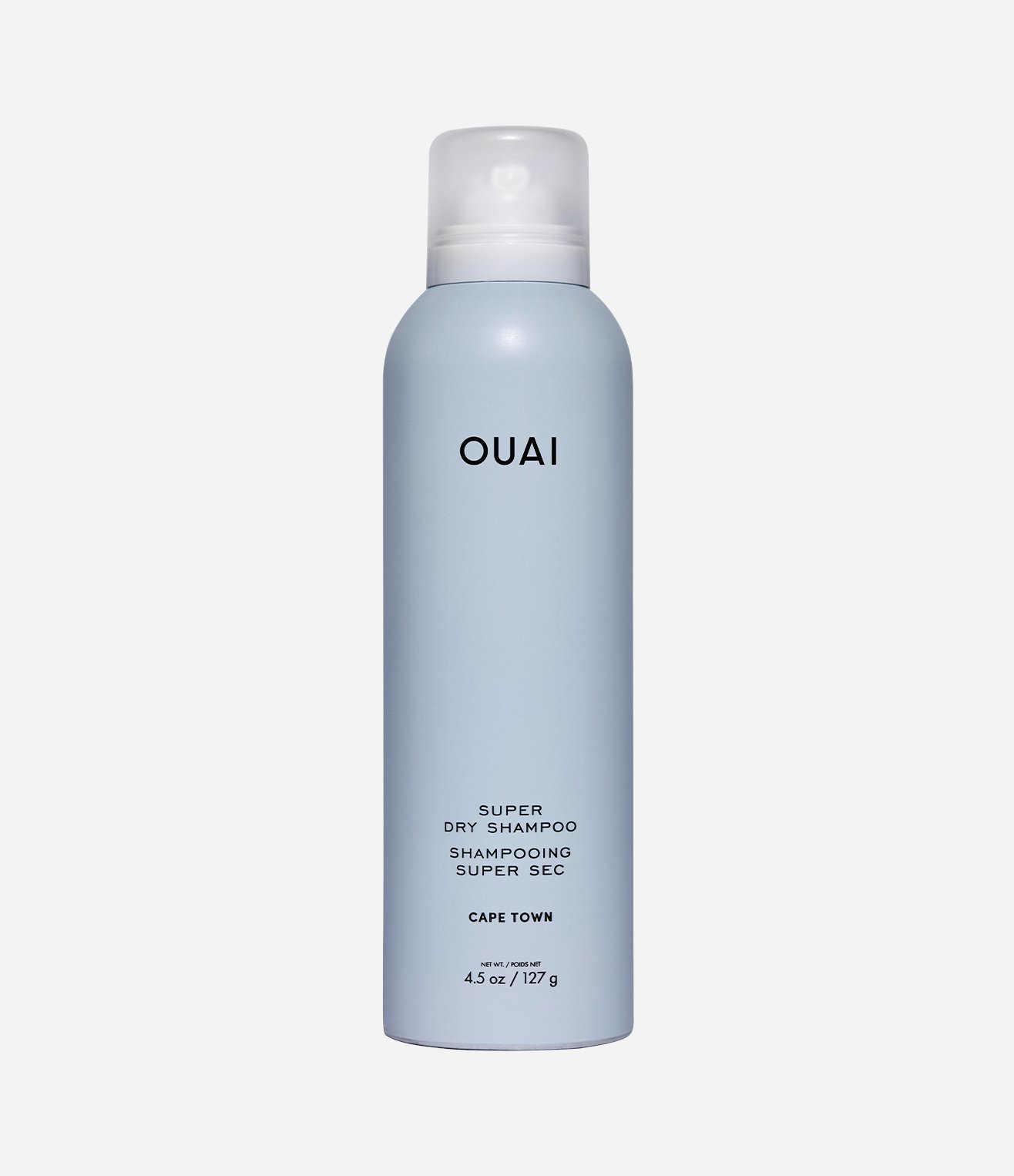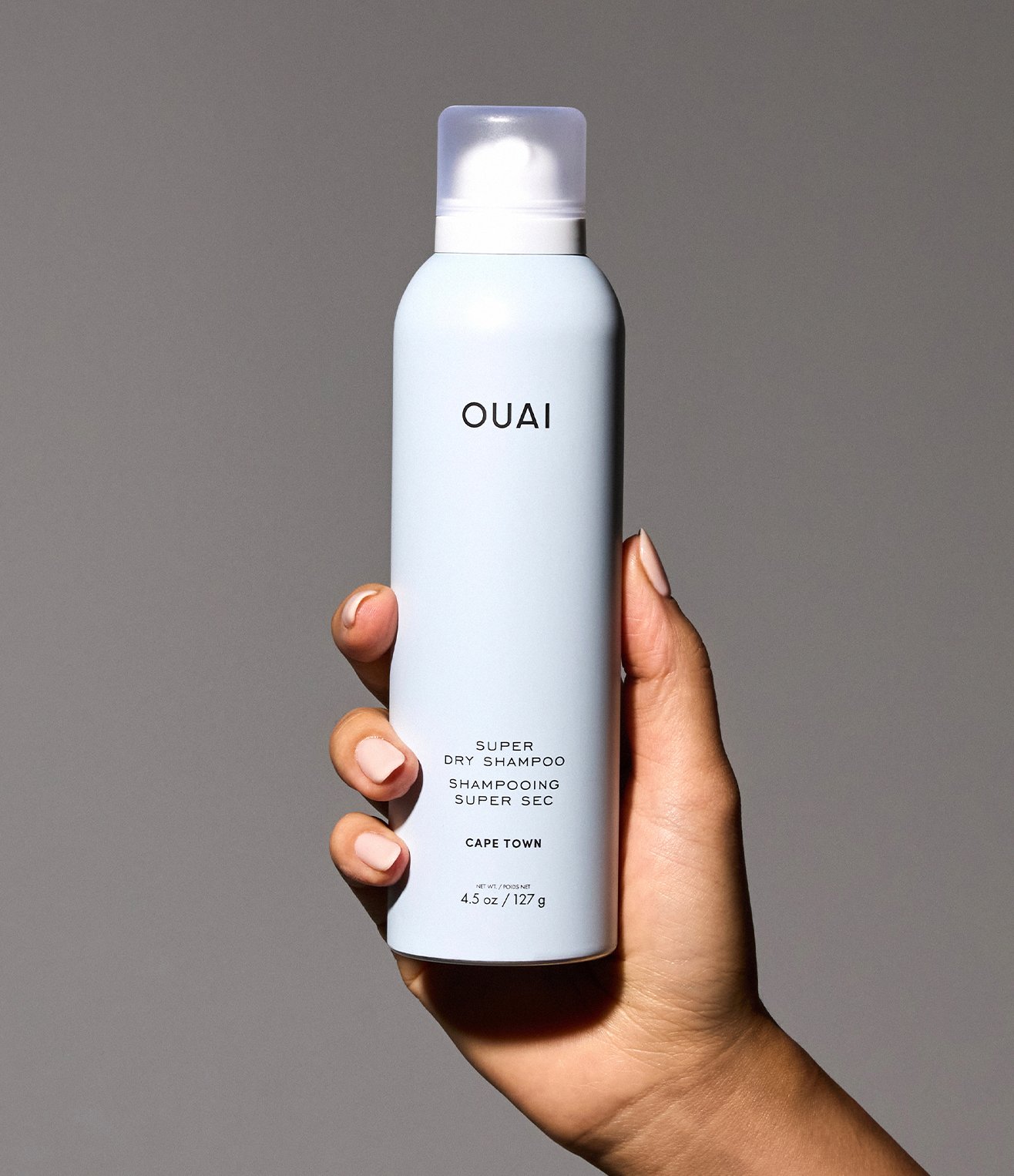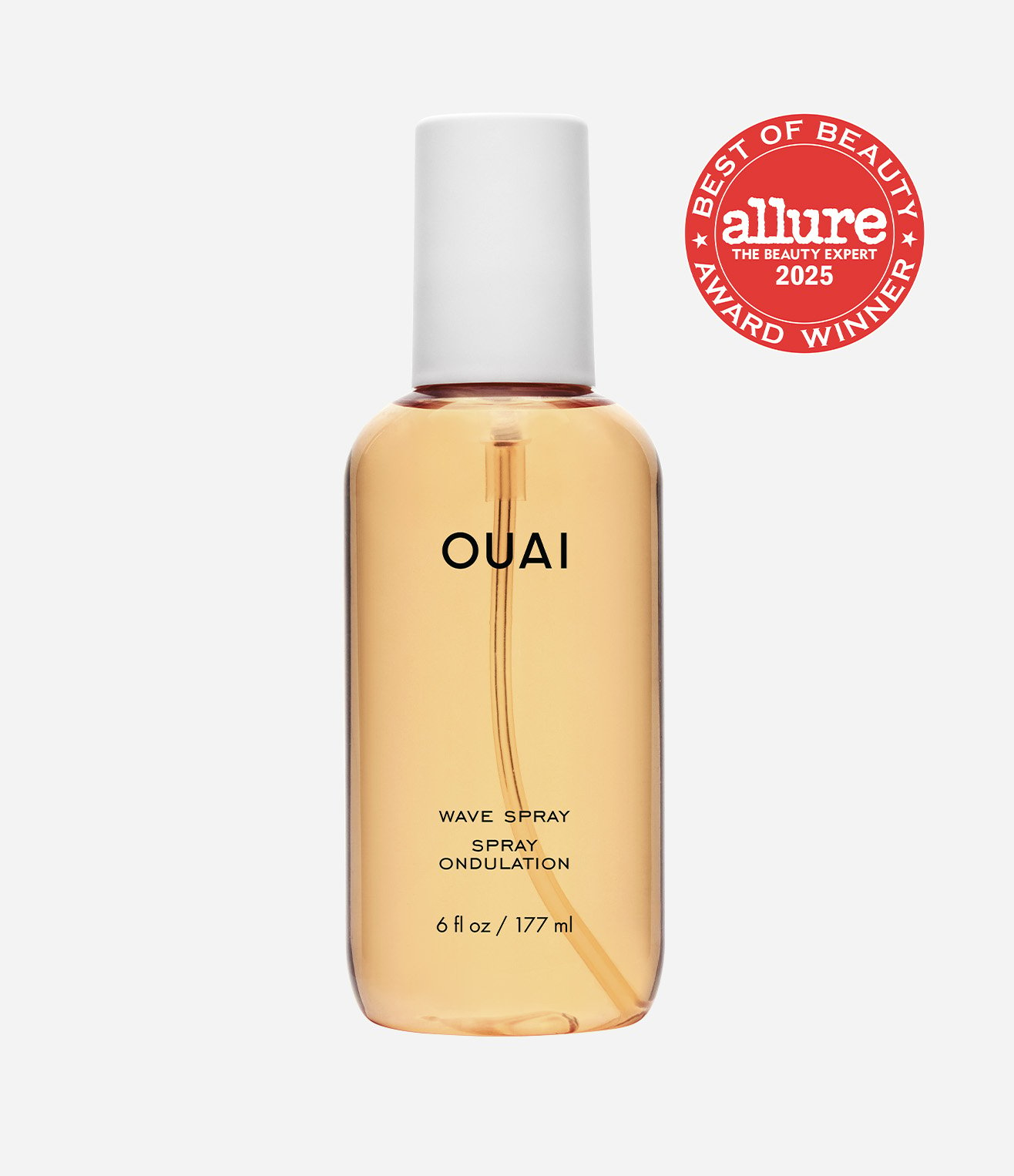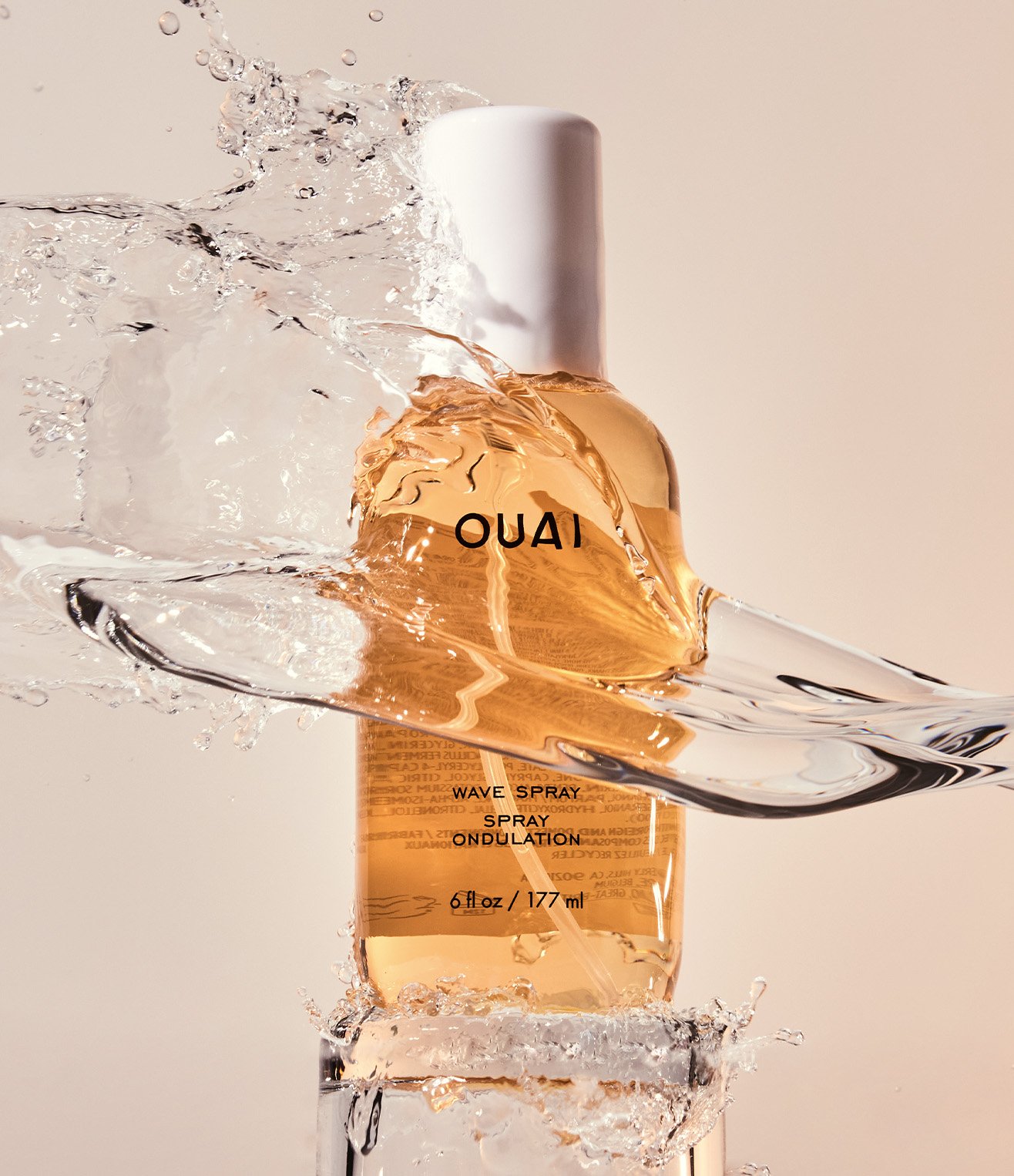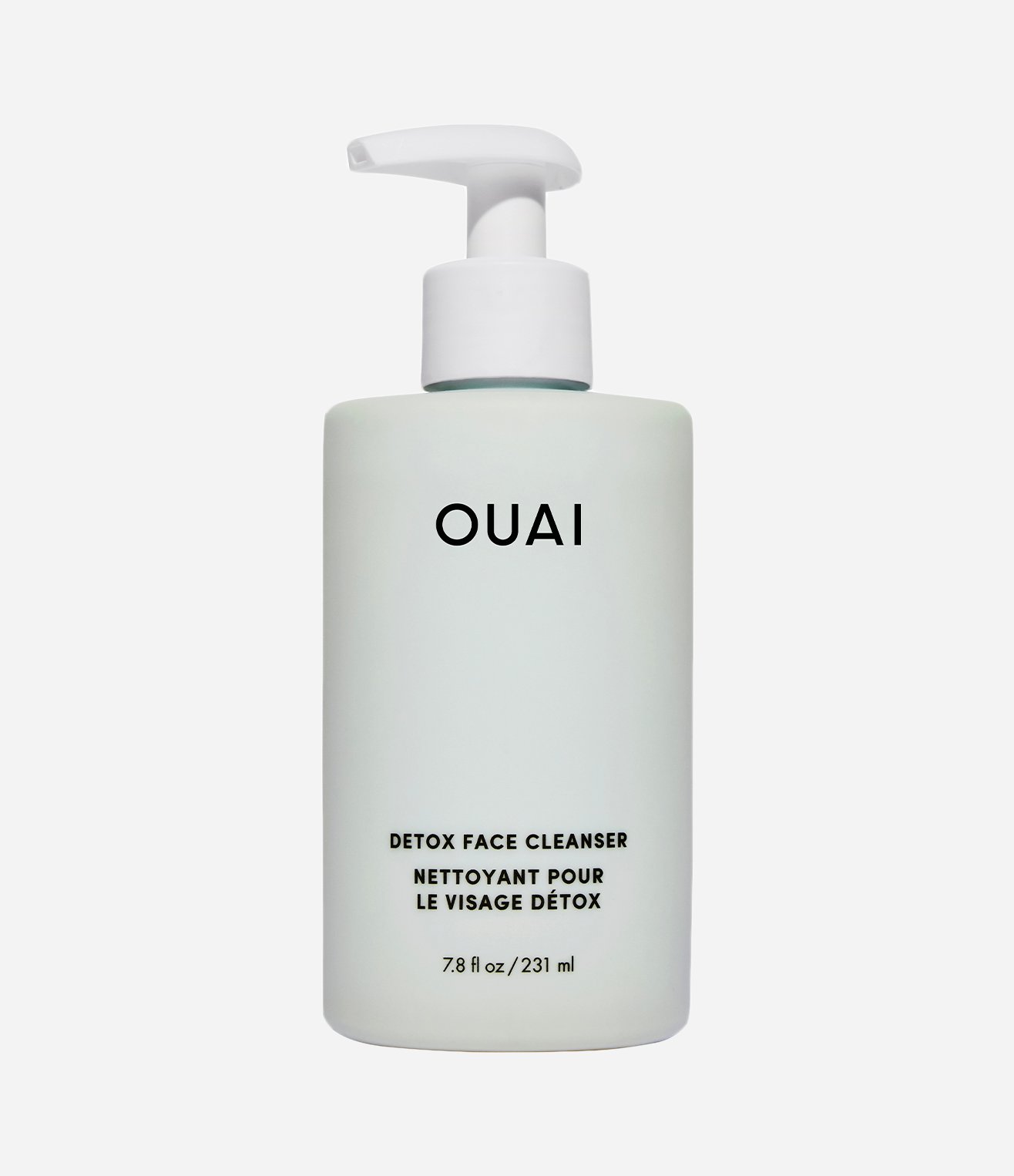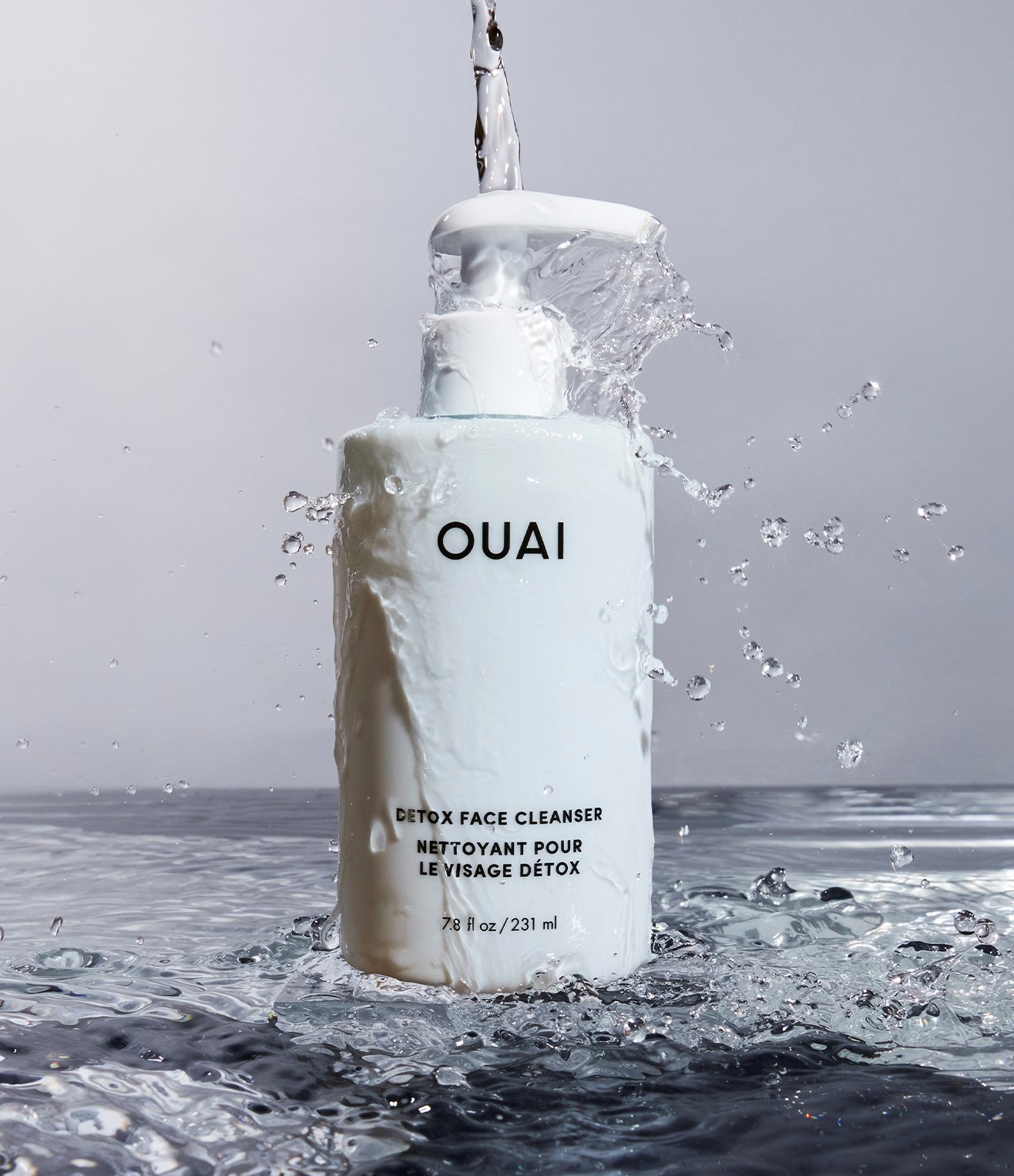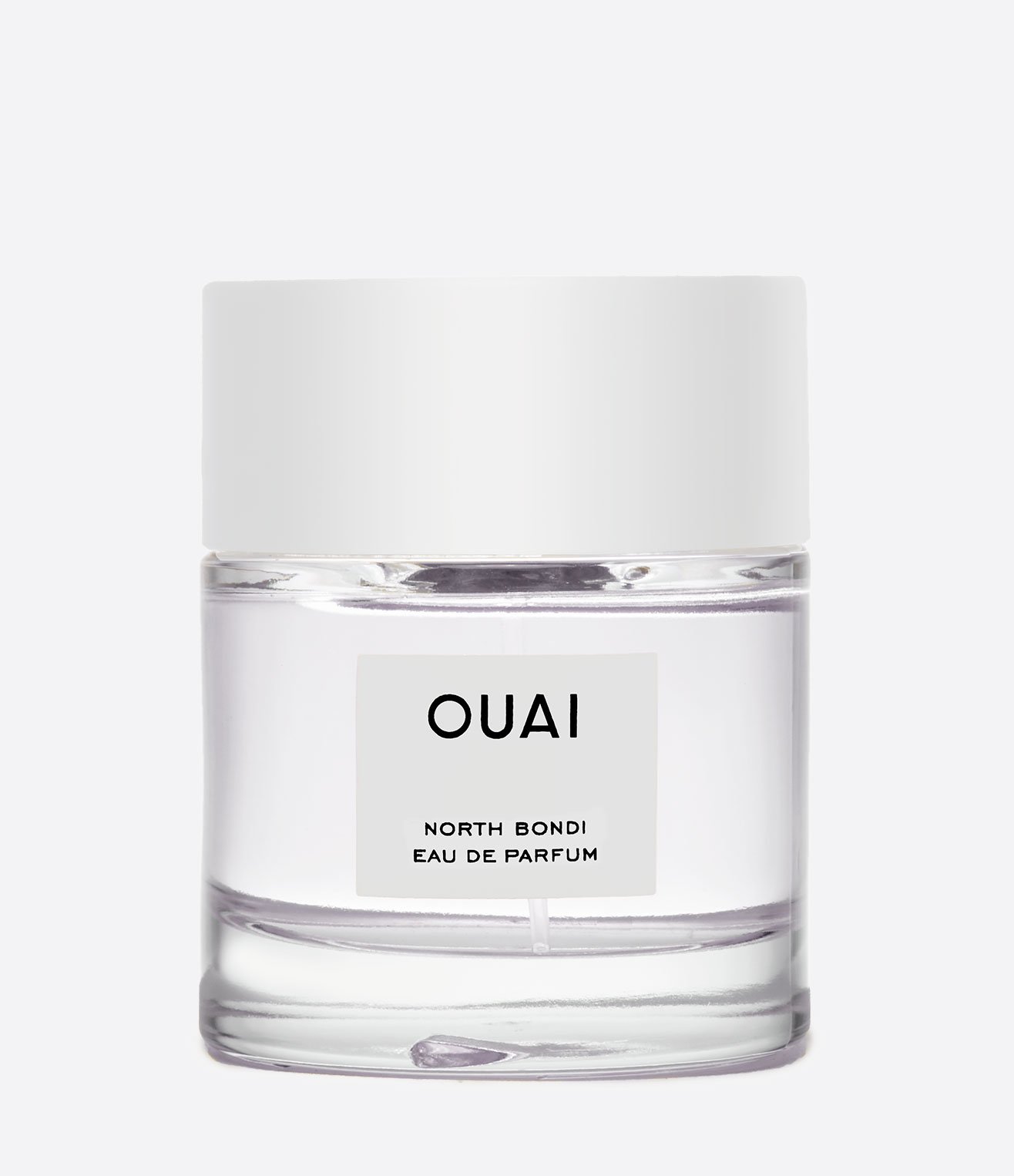You get brownie points for reading the blog. Use code BLOG15 for 15% off any purchase.
We knew our haircare routine was just one piece of the puzzle to perfect locks, but what we didn't know is that incorporating the right combination of vitamins and herbs into our diet can be the difference between healthy-shiny tresses and a mediocre mane.
Here to enlighten us on all things hair happiness was Kristin Dahl, a Los Angeles-based nutritionist and women’s wellness educator, who offers a fresh take on Holistic living in a modern world. Dahl's teachings come from an extensive background in holistic health, plant-based cooking, herbal medicine, and functional nutrition. If there's one thing she's taught us so far, it's that the next time you feel like pushing around the veggies on your plate, don't. Here, the founder of The Women’s Wellness Collective and the holistic lifestyle hub, Dahl House Nutrition, breaks down the foods, vitamins, and herbs necessary for strong, luscious strands and a healthy scalp.
What are some foods or pantry items that do wonders for hair health?
What we eat literally creates the building blocks of who we are, from the inside out. Our diet has an enormous impact on the health of every part of our body, from our internal organs to our skin, nails, and hair. A balanced diet is absolutely essential to healthy hair.
Focus on the following foods to give your hair a healthy boost:
-
Protein: is one of the building blocks of our hair, and deficiencies can lead to weak, brittle hair. The best sources include bone broth, lean organic meats, pastured eggs, legumes such as kidney beans and green lentils, spirulina, and chlorella.
-
Whole grains: are rich in zinc, iron, B vitamins, and biotin, which is well known for its role in promoting strong and healthy hair, skin and nails. The best sources include oats, amaranth, buckwheat, brown rice, millet, and quinoa.
-
EFAs: bring moisture to the scalp and the hair from the inside. They help to support healthy oil production and lubricate the hair shaft to promote growth. The best sources include wild-caught fatty fish (such as salmon, anchovies, sardines, and mackerel), raw nuts like walnuts, and seeds such as flax and chia. You can also take DHA and EPA supplements daily.
-
Ghee: loaded with vitamins (A, D & E) and healthy fats, ghee is clarified butter and is amazing for the hair, skin, digestion, reducing inflammation, and even strong bones and teeth. It can be taken internally with meals or snacks (like ghee + dates & walnuts) or used on the hair and scalp as a deep conditioning mask. You can make your own but there are many great companies such Ancient Organics and 4th & heart. Look for pasture raised + organic options.
-
Iron: low levels are related to low red blood cell counts, which can result in hair loss. Low Iron is also associated with a lack of oxygen and nutrients being transported to the hair follicles, which inhibits growth and strength of the hair. The best sources include spinach and other dark leafy greens, nettle leaf, nuts & seeds, blackstrap molasses, spirulina, and organic grass-fed beef & lamb.
-
Vitamin A: is required for the growth of cells, and the production of sebum on the scalp which keeps hair healthy and not too dry. Try carrots, cod liver oil, sweet potato, butter, eggs, spinach, leafy greens, pumpkin.
-
Biotin: is essential for body tissue, assisting with hair, skin and nails. Individuals who hope to increase hair growth may benefit from taking a biotin supplement. It is a B complex vitamin and has been shown to also assist with hair loss and brittle nails. The best sources include eggs, almonds, cauliflower, mushrooms, sweet potato, and spinach.
-
Vitamin C: is required for the absorption of iron in the body and other benefits such as collagen production and strengthening the immune system. The best sources include red peppers, kiwi, broccoli, strawberries, papayas, citrus fruits including limes, lemons and oranges.
-
Vitamin E: is able to maintain pH and oil levels as well as improve blood circulation, all of which promotes growth while preventing follicles from clogging and becoming damaged. The best sources include avocado, extra virgin olive oil, raw nuts and seeds including almonds, sunflower seeds, and walnuts.
-
Selenium: is an amazing antioxidant that is important to include in the diet for many reasons. Its anti-inflammatory properties can promote a healthy scalp, and it encourages hair growth by assisting in the conversion [synthesis] of proteins. Eat Brazil nuts, seafood, chicken, eggs and legumes.
-
Zinc: is essential for skin health and supports the skin on our scalp, which supports hair follicle health. Zinc also prevents excess shedding of the hair. Find it in oysters, chickpeas, cashews, pumpkin seeds, spinach, and dark chocolate.
What is ashwagandha?
Ashwagandha is an adaptogenic herb praised for its ability help the body cope and adapt with stress. Ashwagandha strengthens the endocrine system by encouraging hormonal balance. Adaptogenic herbs act in this way by increasing the body’s resistance to physical, chemical, and biological stressors. Adaptogenic herbs, such as ashwagandha, work with the body to reduce cortisol levels, balance hormones, and manage stress in the body and the mind.
Can ashwagandha benefit my hair?
Both chronic stress and hormonal imbalances are main causes of hair loss in women, so adding an adaptogenic herb such as ashwagandha into the diet will promote strong, healthy hair, while reducing hair loss and damage. Specifically, ashwagandha helps to manage cortisol levels. Cortisol is a hormone that is raised during times of stress. Consistently raised cortisol levels can affect the function and regulation of hair follicles, leading to damage and hair loss. Reducing/stabilizing cortisol levels with an adaptogenic herb and other lifestyle practices will reduce the risk of hair loss and damage.
What’s the best way to ingest ashwagandha?
Ashwagandha is best taken in powder or tincture form. In powder form, you can add it to tonics, smoothies or your coffee. As a tincture, it can be taken in a splash of water.
What are adaptogens and in what ways can they benefit hair?
Adaptogenic herbs are a group of plants that help to fight fatigue, boost immunity, and rejuvenate + rebalance the body & mind. They work by helping the body adapt to stress and have the ability to help support, sustain, and heal our nervous systems, which can become overworked due to chronic stress. Stress can be very damaging to hair growth and health, leading to brittle and slow growing hair. Adaptogens are also beneficial in restoring a sense of femininity due to their role in helping to rebalance the hormones. They are ideal ingredients to include in tonics and elixirs specifically formulated for women.
What’s the best way to take adaptogens?
Adaptogens can be taken in tea, powder, or tincture form and the best way to use them truly depends on the herb. Many are supportive in a variety of ways.
I love loose leaf holy basil tea from Mountain Rose Herbs. They also carry a variety of other herbs & adaptogens. Companies like Moon Juice, Terra Soul & Sun Potion are also great options. Herb Pharm is a great source for herbal tinctures. I love their ashwagandha tincture.
Women’s Adaptogenic Tonic Recipe
A tasty drink with additional benefits for women’s health including hormonal balance and immune boosting.
Ingredients
- 6 oz hot water
- 1 tsp chaga powder
- ½ tsp maca powder
- ¼ tsp ashwagandha powder
- Pinch of sea salt
- Pinch of Ceylon cinnamon
- 1 tbsp ghee or coconut oil
- ½-1 tbsp raw honey or 1 medjool date or sweetener of choice
- *optional 2 oz of fresh almond, hemp, or coconut milk.
Directions
- Combine all ingredients in a high-speed blender.
- Blend until frothy & enjoy hot or iced!
What is collagen and how does it nourish the hair?
Collagen is the protein that strengthens our bones, teeth, nails, hair, and skin. It is abundant in our body, but as we age, beginning in our 20’s, collagen production begins to decline (think wrinkles and sagging skin). Collagen formation is dependent on macro and micronutrients such as protein, vitamin C, copper, lysine, and silicon, all of which can be obtained through a healthy diet. However, collagen can also be supplemented in the form of powder, liquid, or capsule, which come from either bovine/cow or marine/fish sources. Vegan options contain plant-based nutrient building blocks of collagen.
Collagen peptide powder: one scoop of powder added to water or smoothies daily can assist with healthy skin, nails, and hair growth. Collagen contains hyaluronic acid and vitamin C, which are also excellent for digestion and joint health.
Vegan Options:
-
Sea buckthorn: from the buckwheat family is known for the high protein content, while also saturated with plenty of fatty acids and vitamins that promote health hair and skin (User tip: best used as a leave in oil for your hair, directly strengthening the hair follicles)
-
He Shou Wu: high in zinc it has beneficial effects for hair growth. Has various benefits with the endocrine system (hormonal balance) which, as explained above, aids in healthy locks
-
Horsetail: is a powerhouse of minerals like calcium, magnesium, potassium and silica which are needed along with the amino acids to build collagen
-
Gynostemma: is an adaptogen with powerful antioxidant properties. Antioxidants are required to keep hair healthy by disarming any damaging cells
-
Stinging Nettle: will boost up collagen receptors with the various minerals available such as calcium, silica and sulfur.
My favorite brands include: Great Lakes, Vital Proteins, and Anima Mundi has a fantastic vegan blend.
Are there any other natural hair tips we should follow for strong, healthy hair?
1. Try going longer between washes as often as possible. The best thing to support healthy hair is to let its natural oils absorb, which will add natural softness to the hair over time. Shampooing too frequently strips the hair of these beneficial oils.
2. Use a coconut oil & scalp massage as it helps to stimulate hair follicles and can promote growth. Try massaging your hair with oil 1-2 times per week and letting it sit (for anywhere from 20 minutes to a few hours) before washing it out.
Use the following oils to heal damage to the hair:
- Coconut oil
- Olive oil
- Argan oil
- Sea buckthorn oil (best used mixed in a carrier oil as it is quite expensive)
3. Try an apple cider vinegar rinse. When diluted with water, ACV is able to balance the pH of the hair and leave it shiny, smooth, and healthy. Using an apple cider vinegar hair rinse a couple times a month or week is a great way to restore balance after days of damage from styling and using products.
Ingredients
- 2-4 tbsp raw apple cider vinegar
- 16 oz water
- optional: 1-2 drops essential oil (lavender, rosemary, or a mix of both)
Directions
- Mix all ingredients into a bottle (spray, tincture, or any bottle you have on hand)
- Shampoo and rinse hair as normal (even better to use a natural product)
- Lean head back, avoiding the eyes (it will sting!), and cover hair and scalp in the mixture
- Let mixture sit in hair for about 1-2 mins
- Rinse out completely
This can be repeated 1-2 times a week for thicker hair, or 1-2 times a month for thinner hair. Experiment and see what works best with your hair!























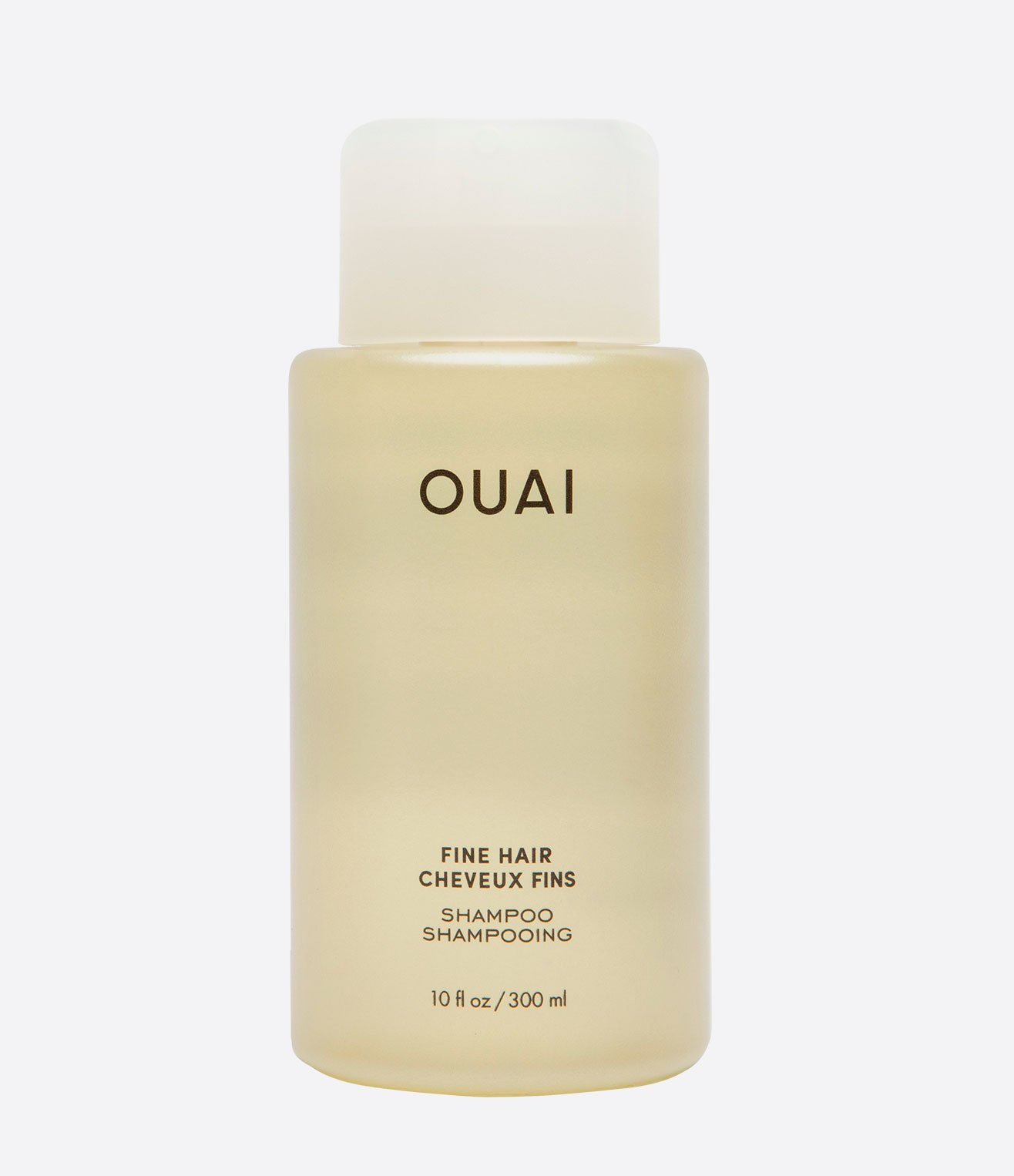
.jpeg?v=1688177409143&options=w_{width})
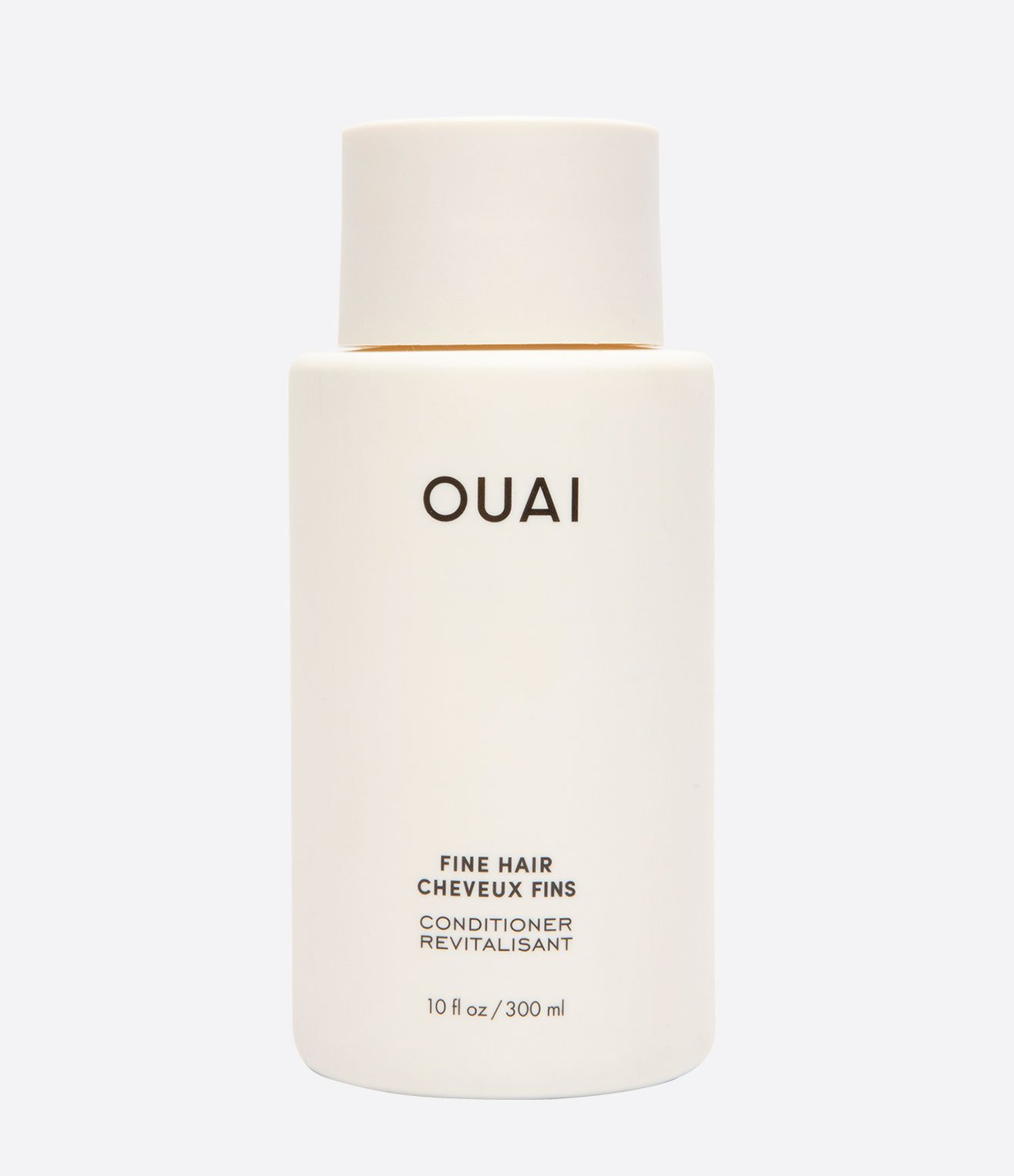
.jpeg?v=1688177439232&options=w_{width})
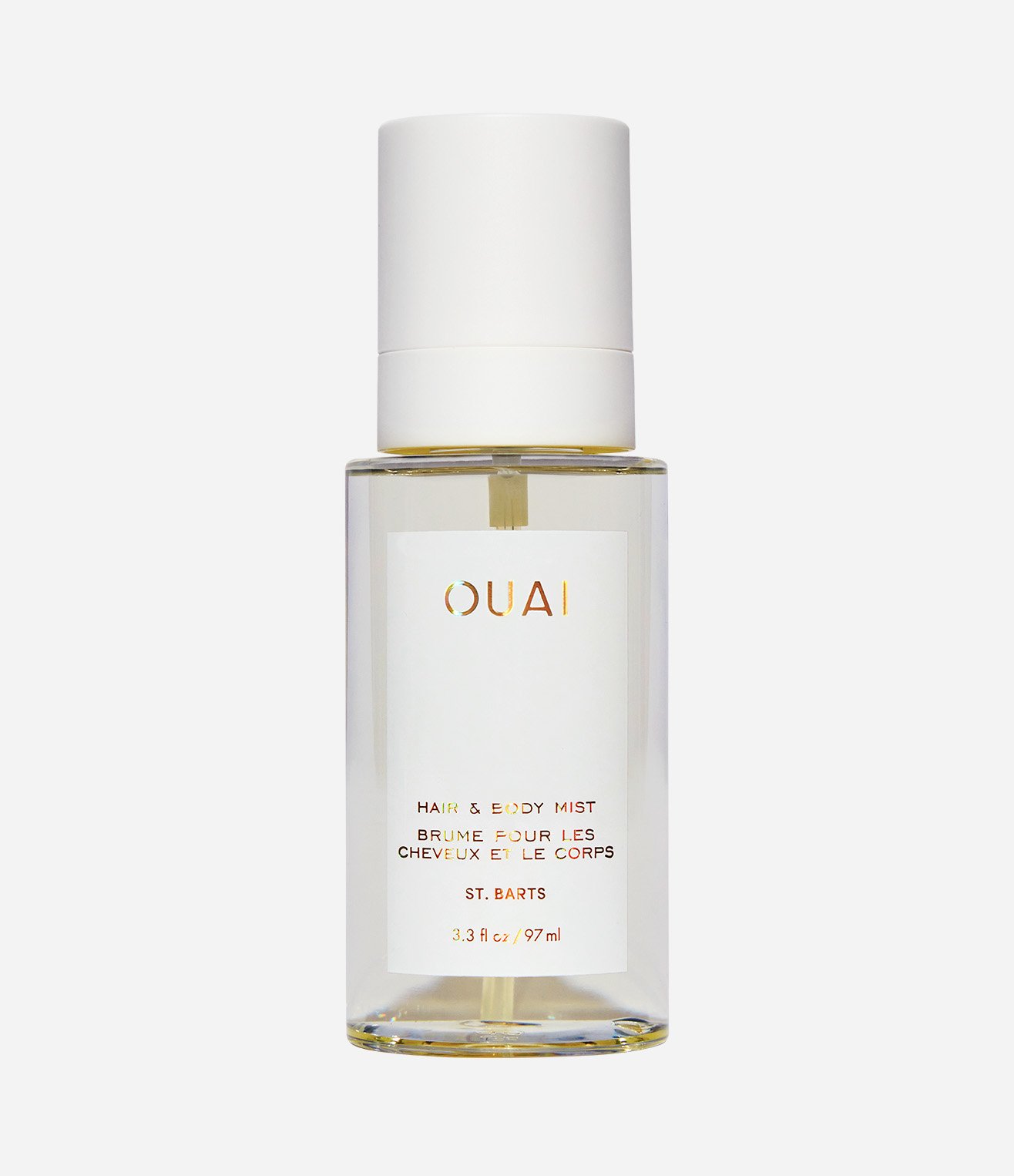
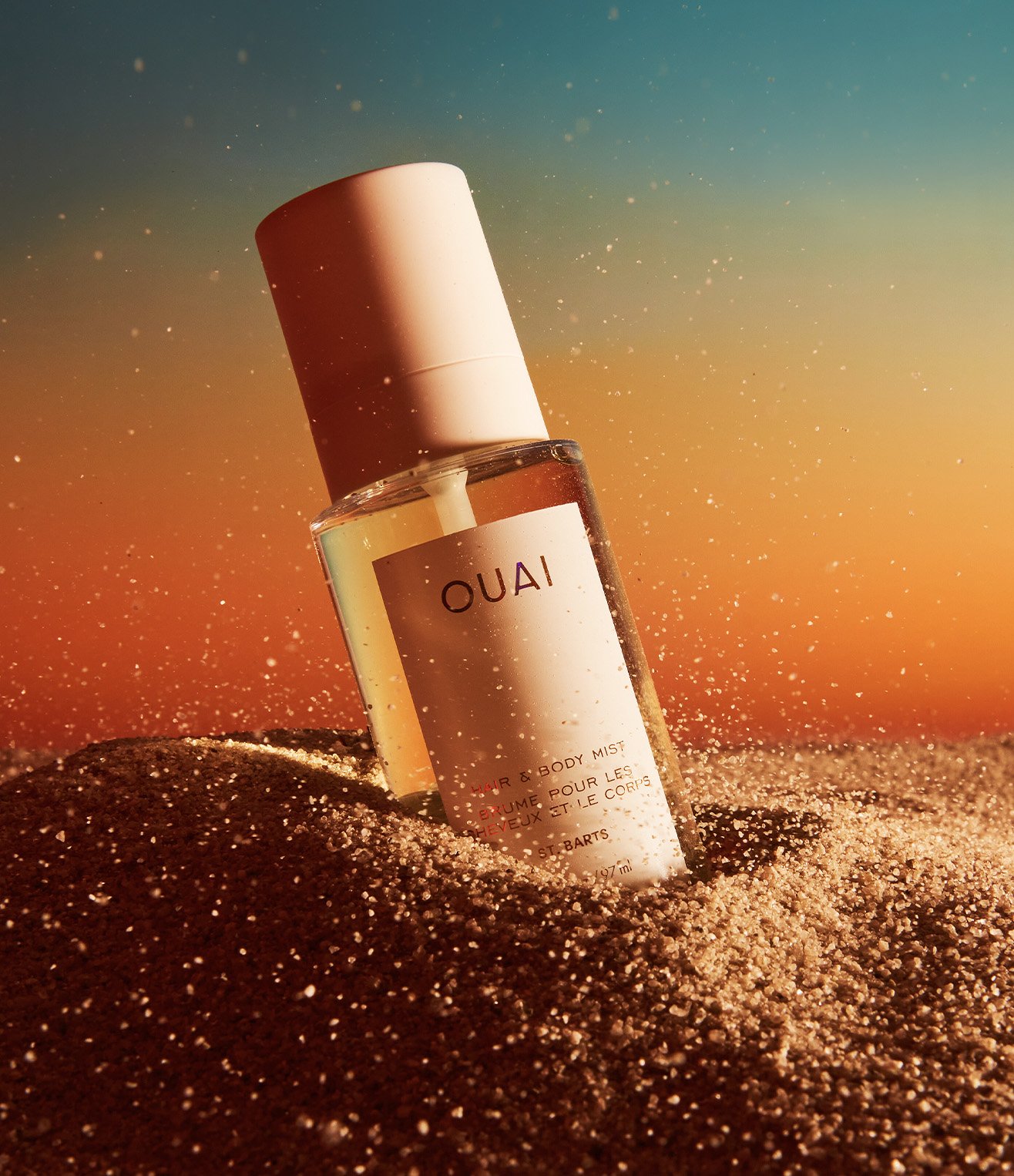
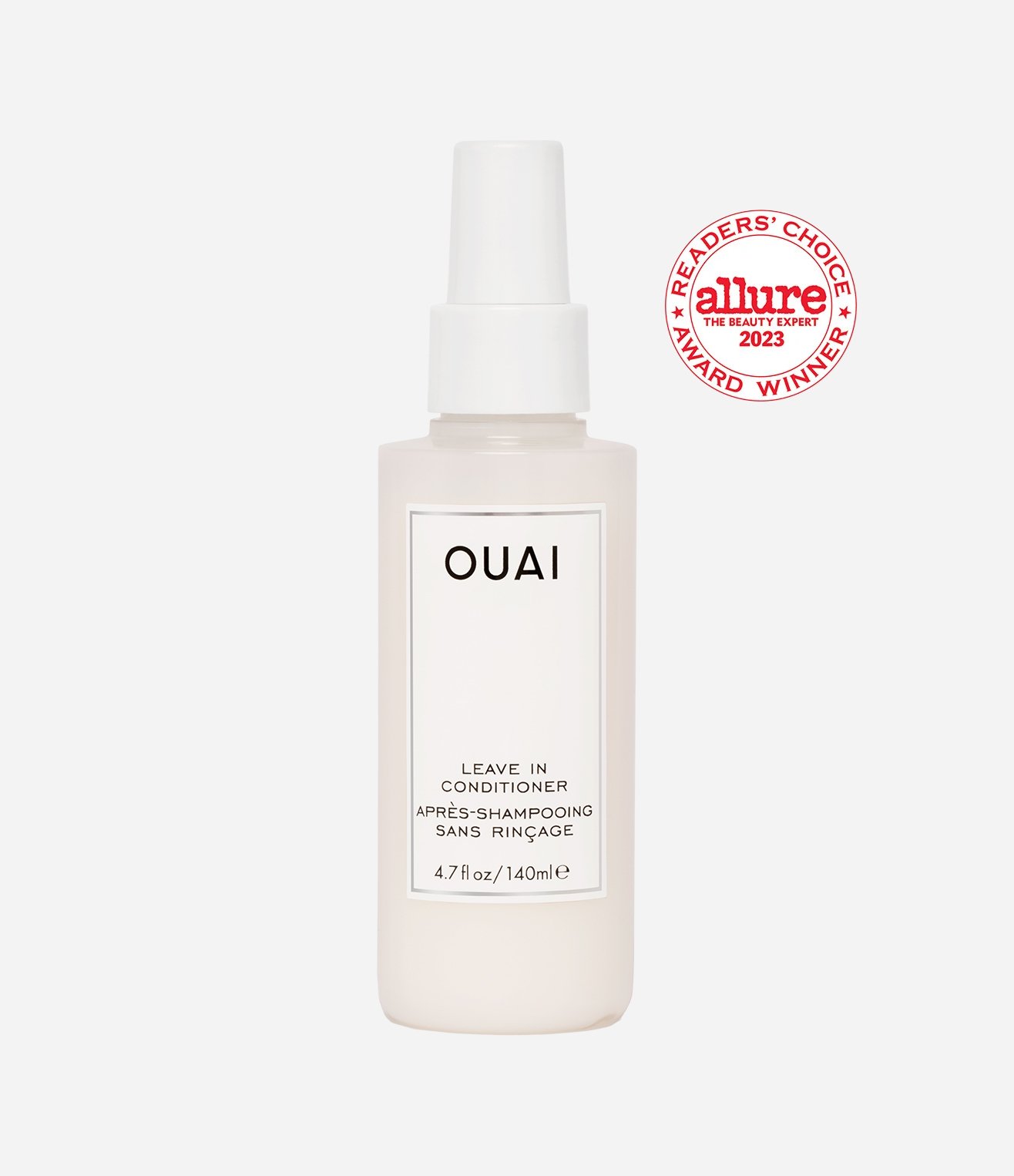
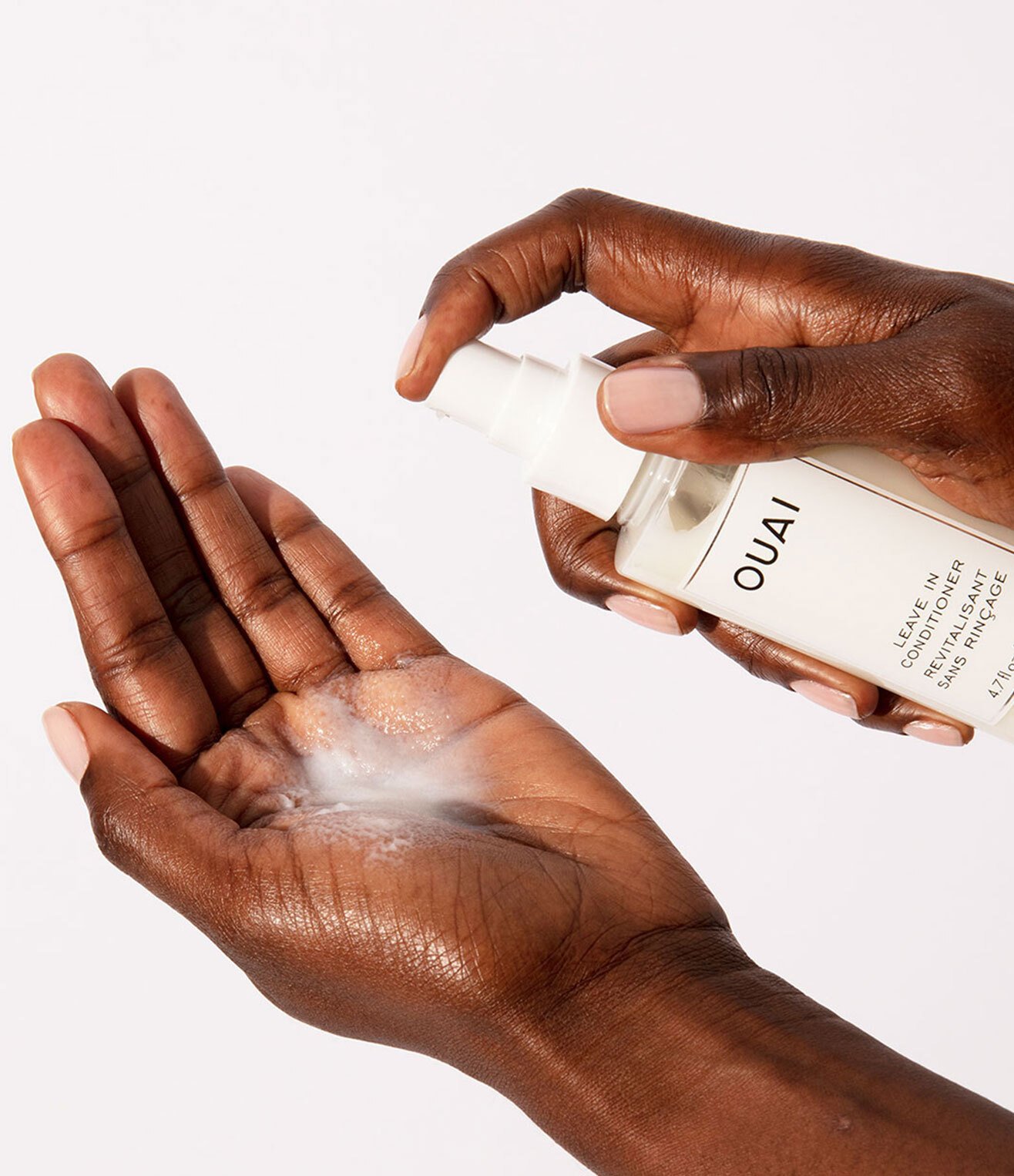


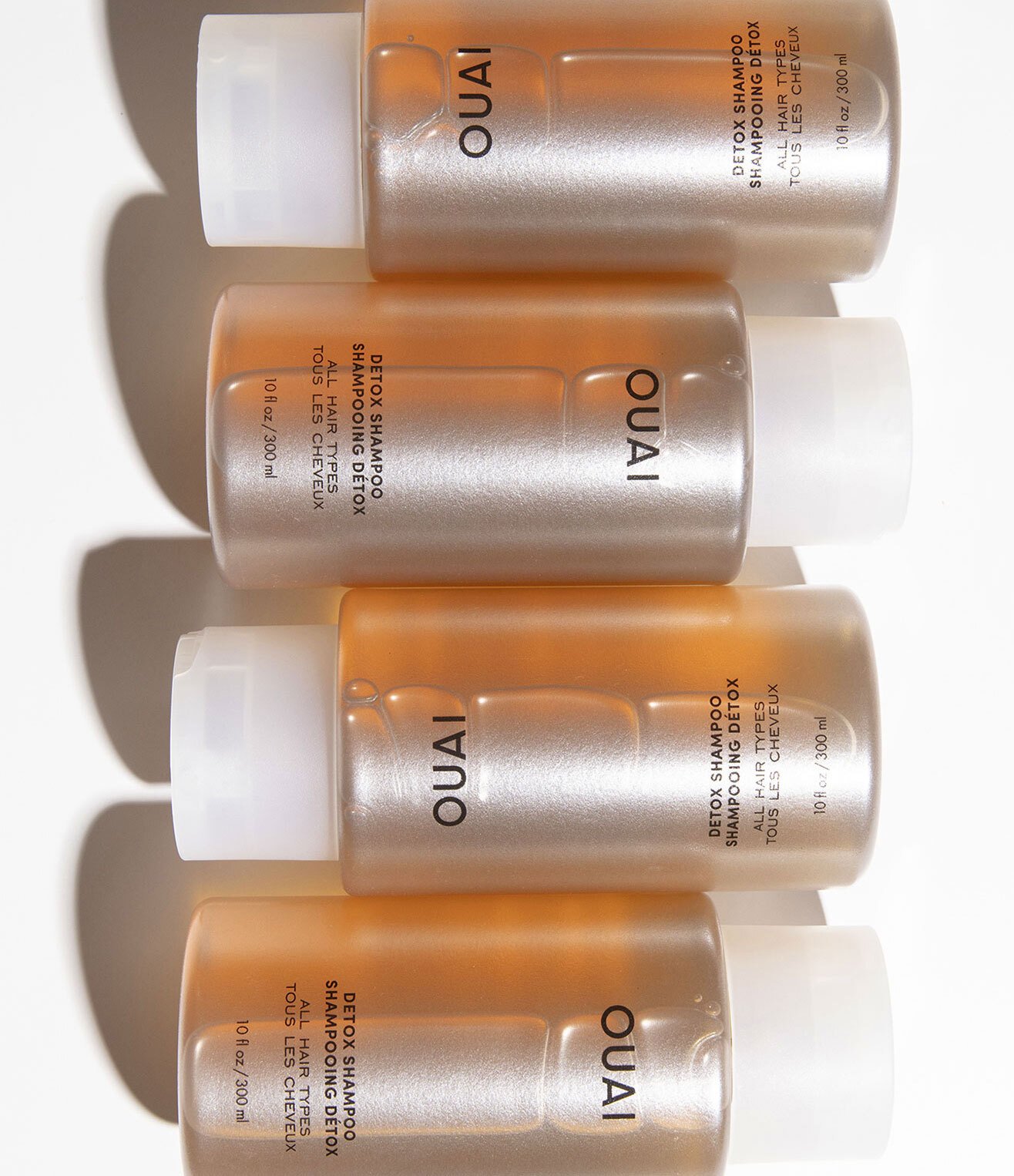
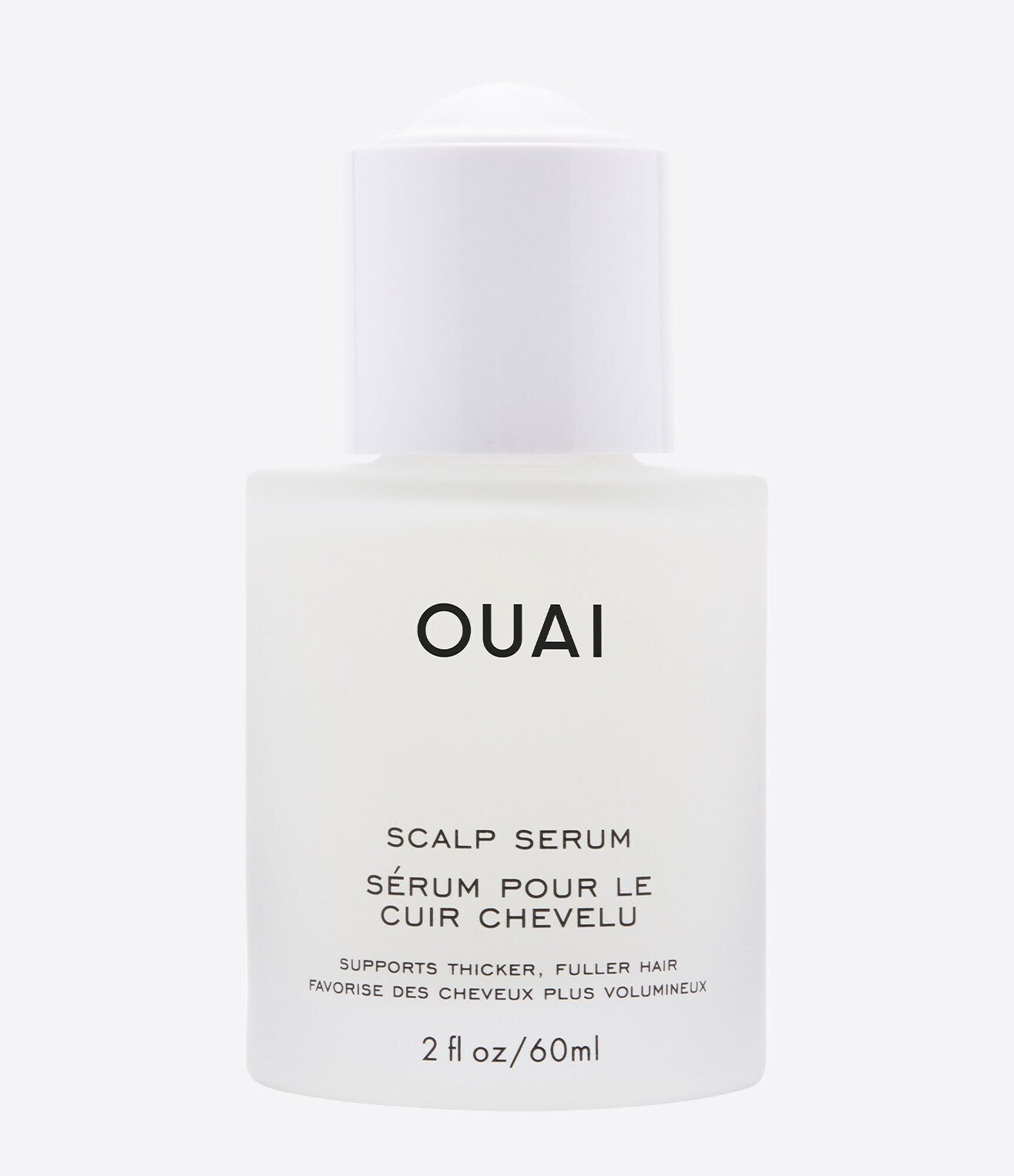
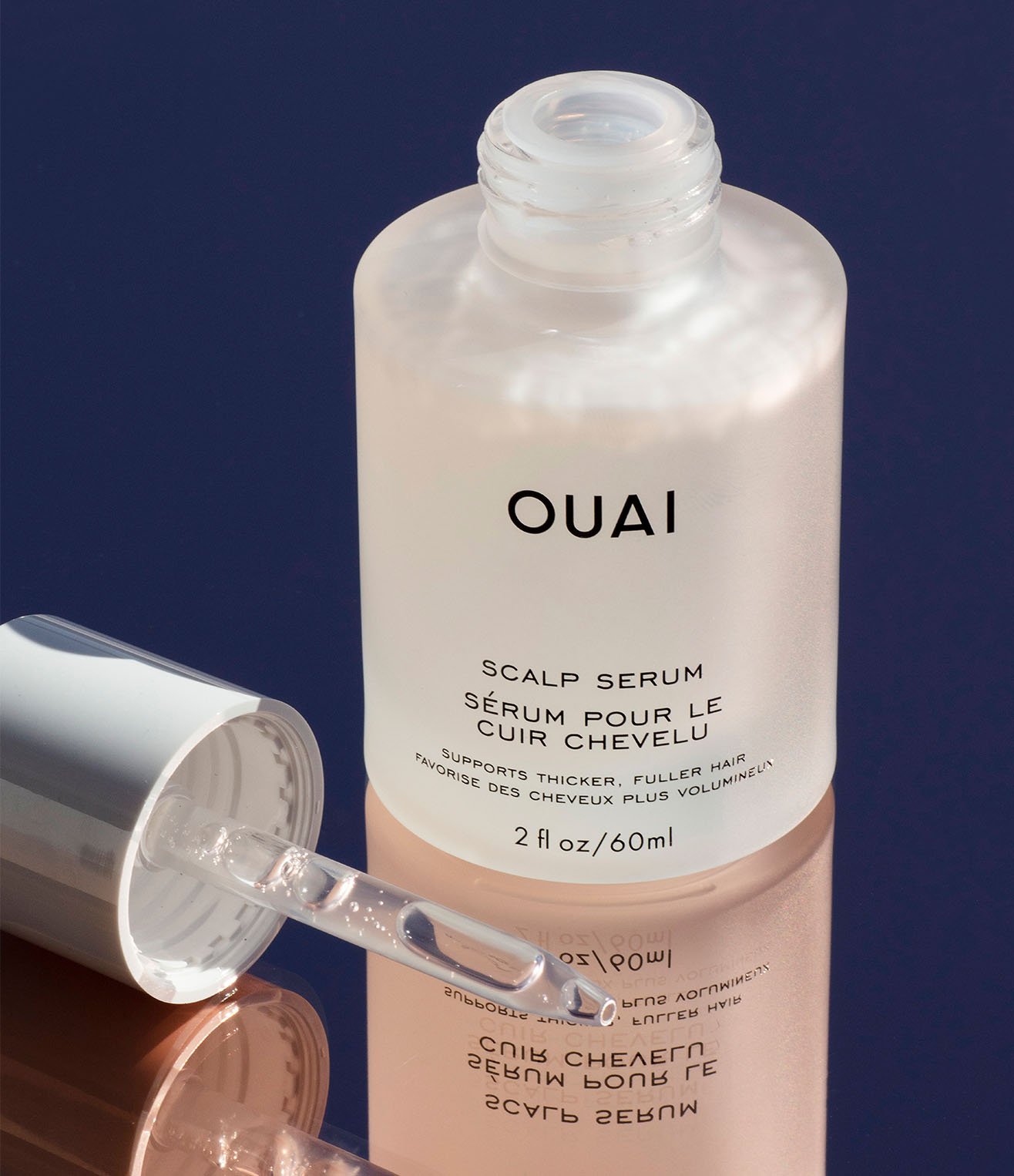





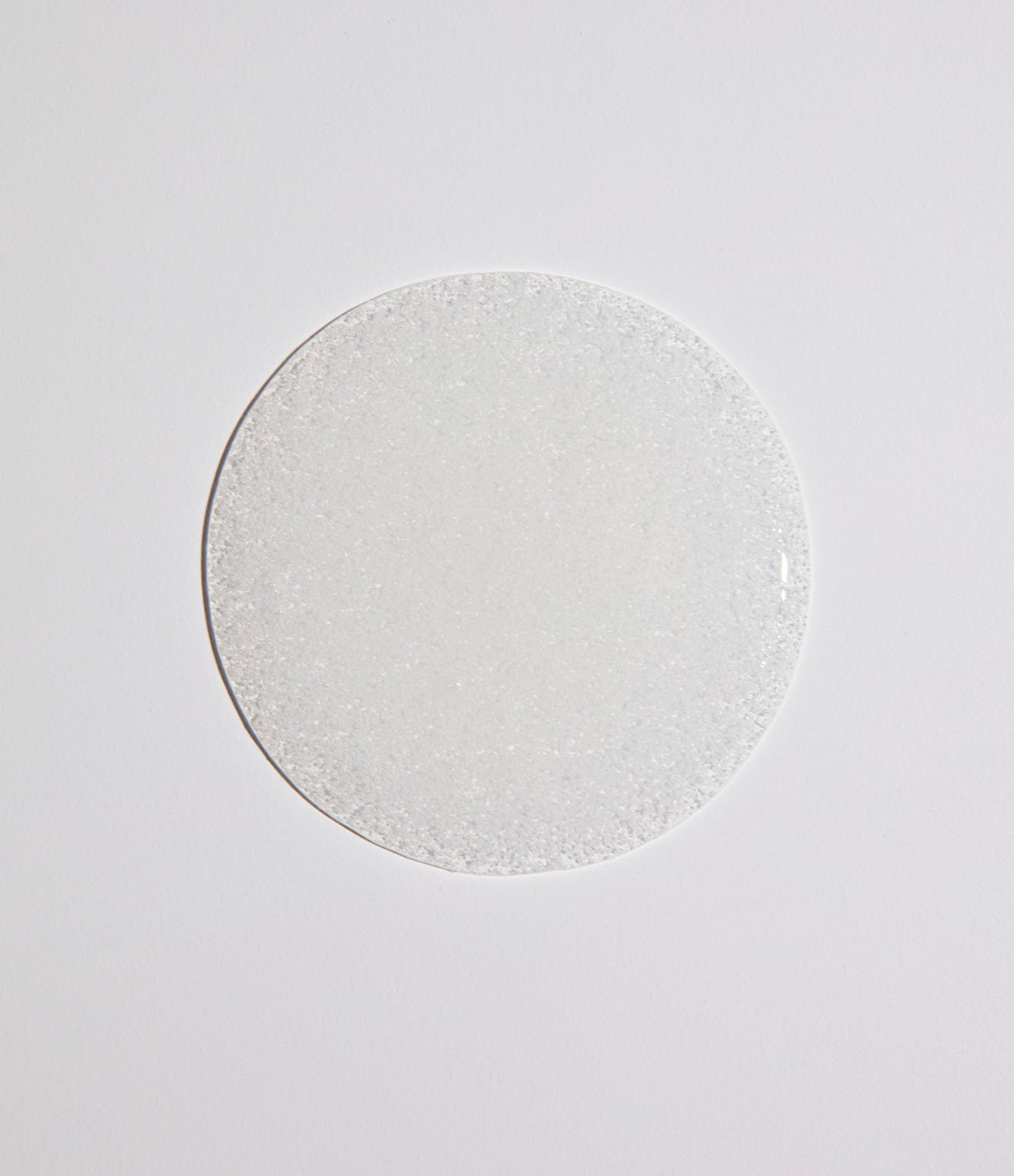
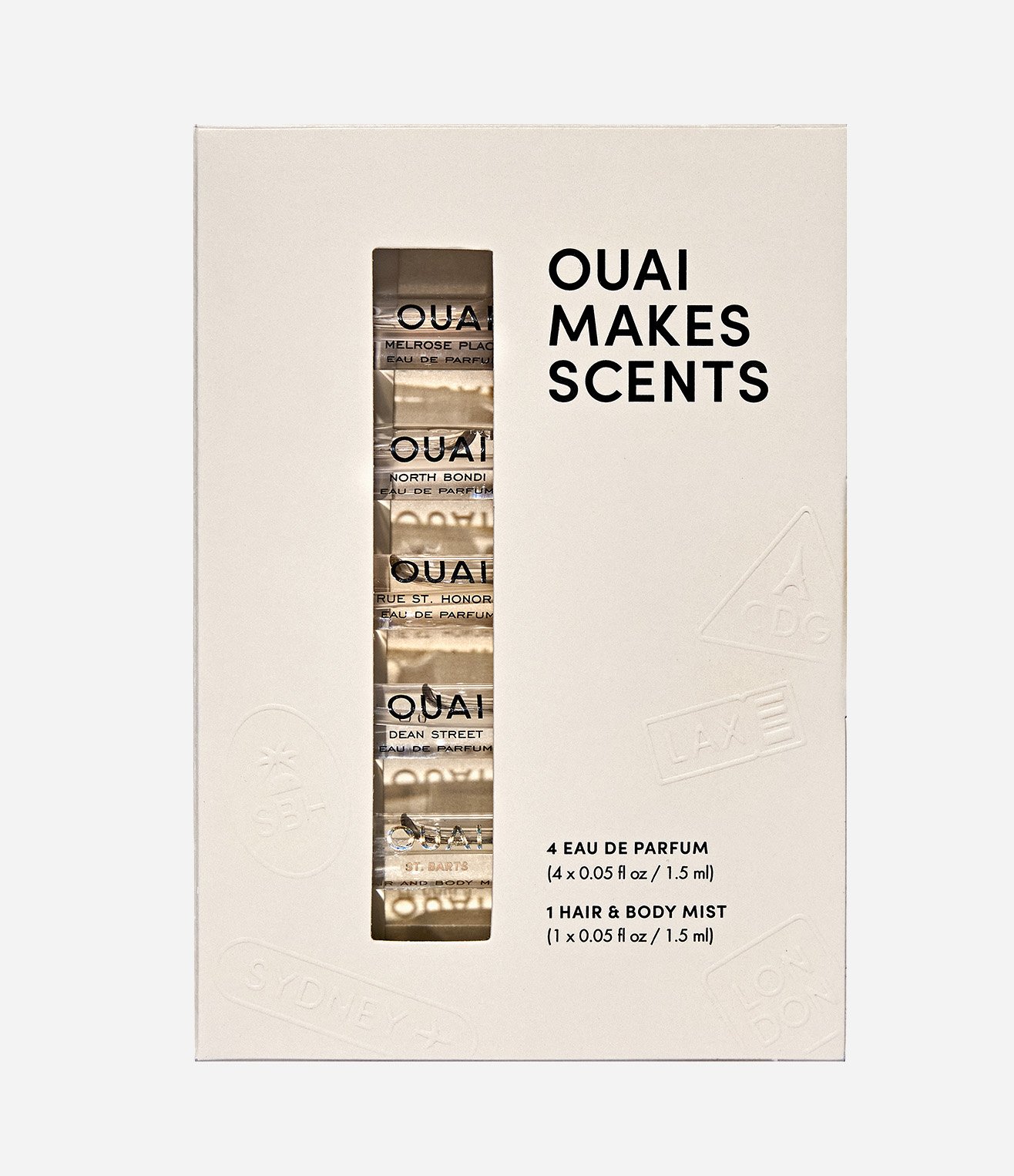
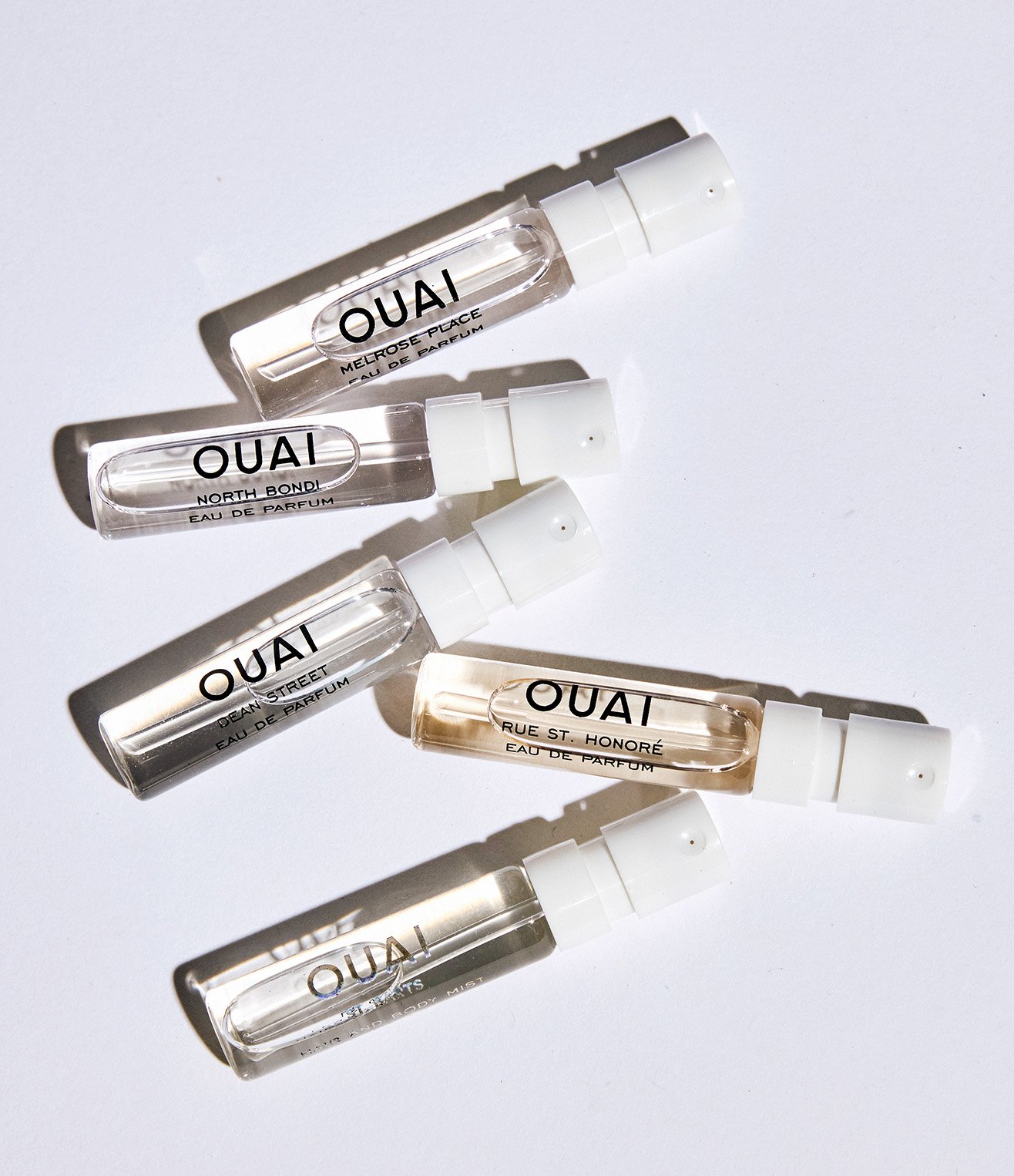


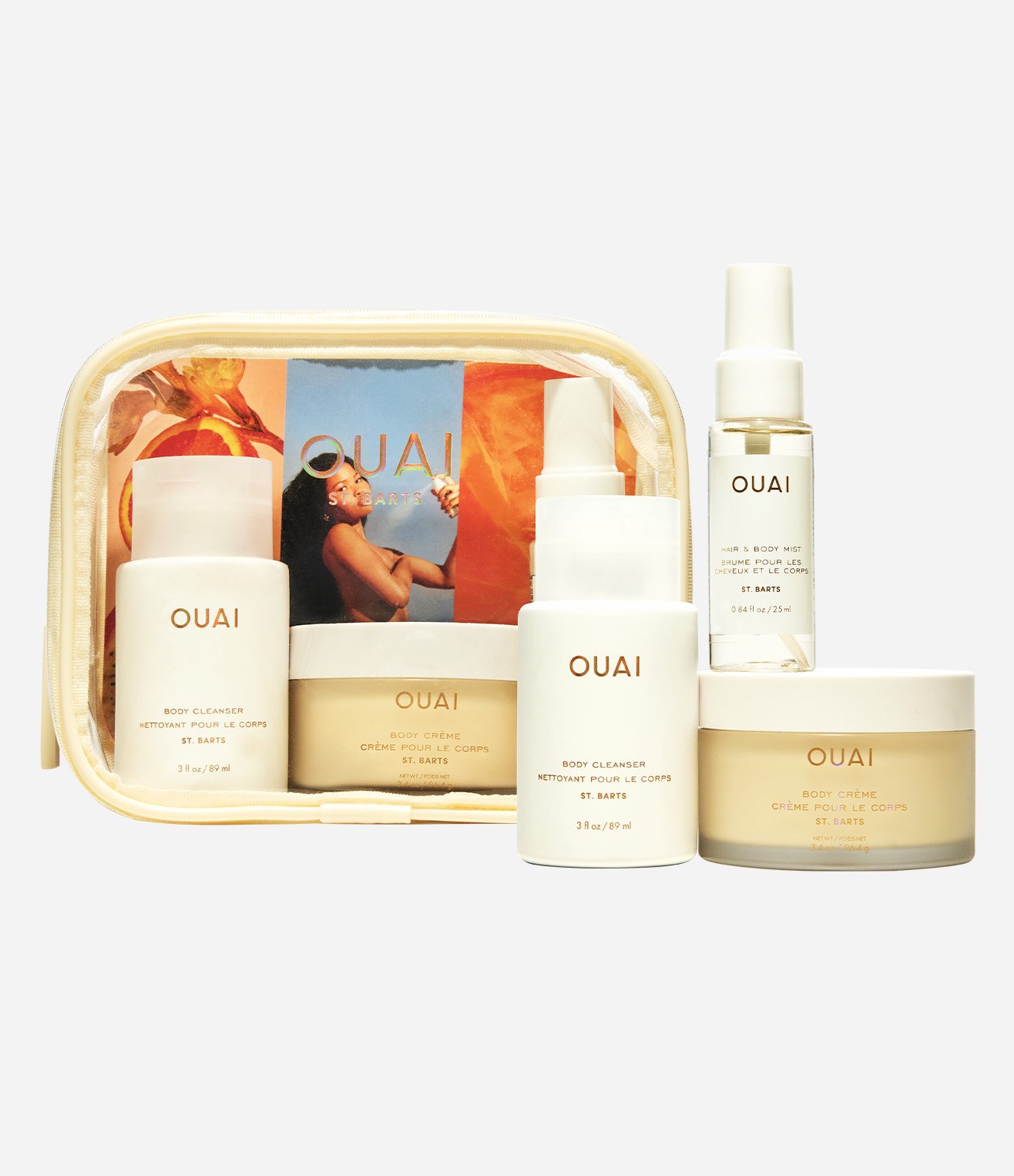
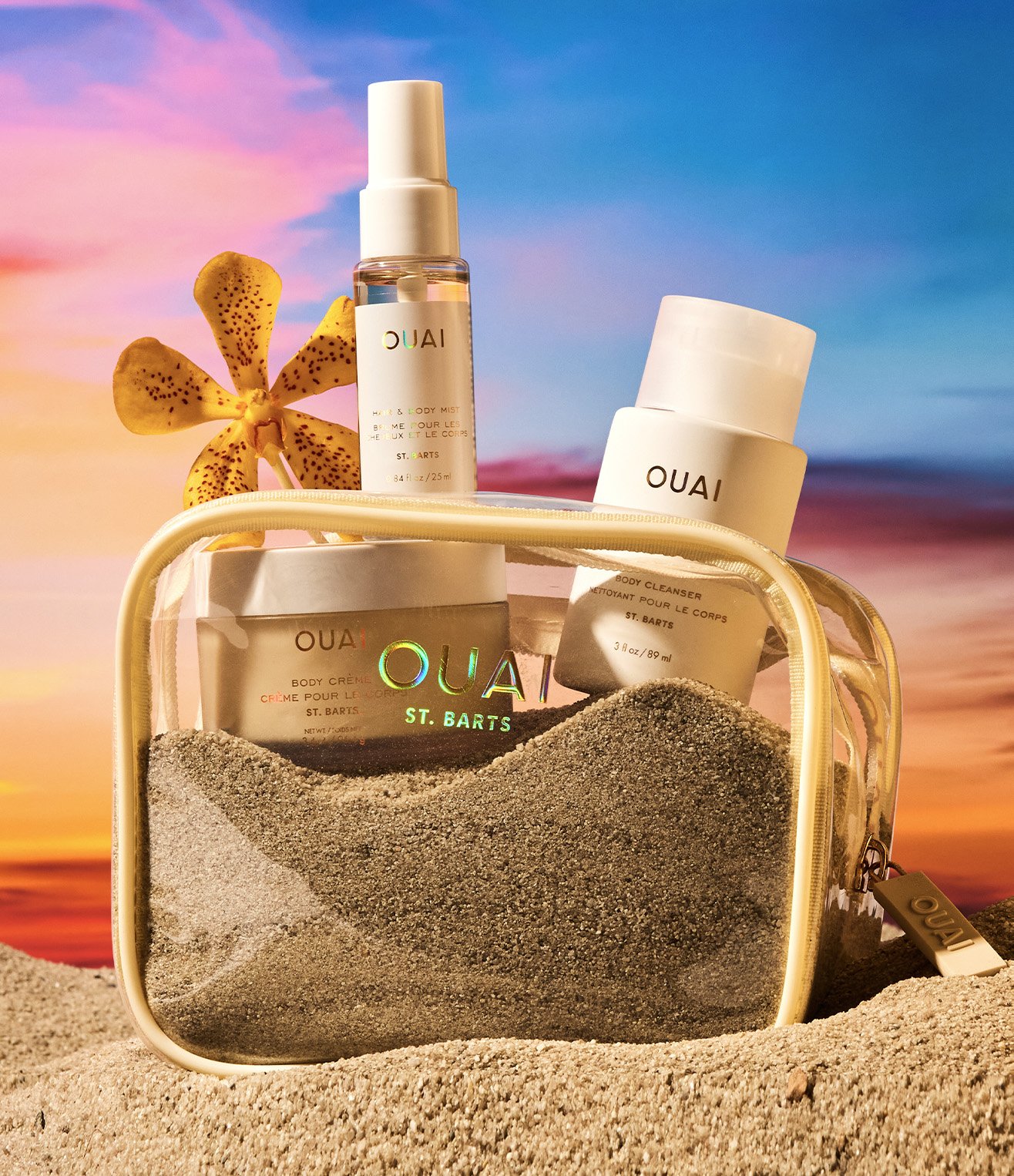
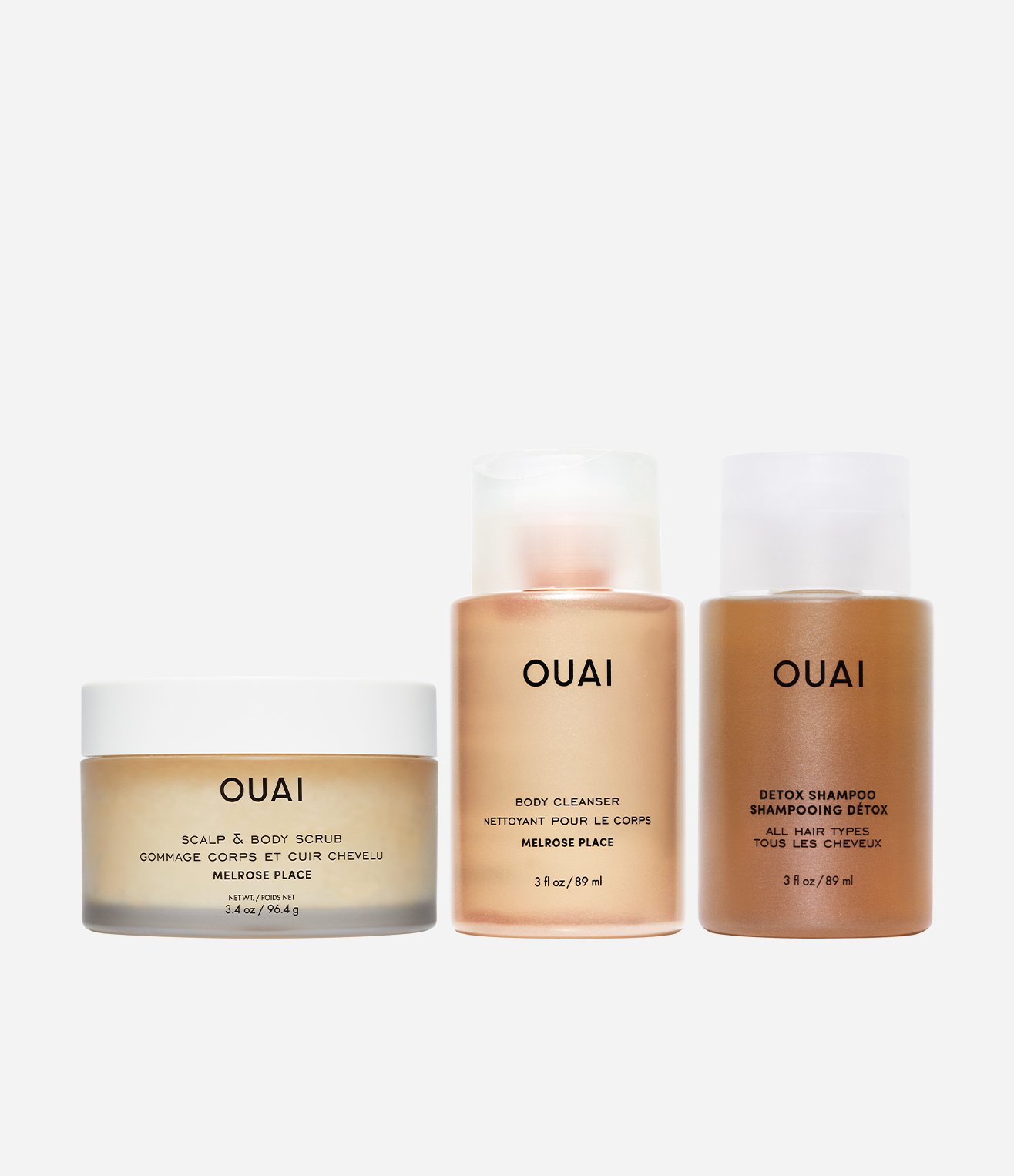
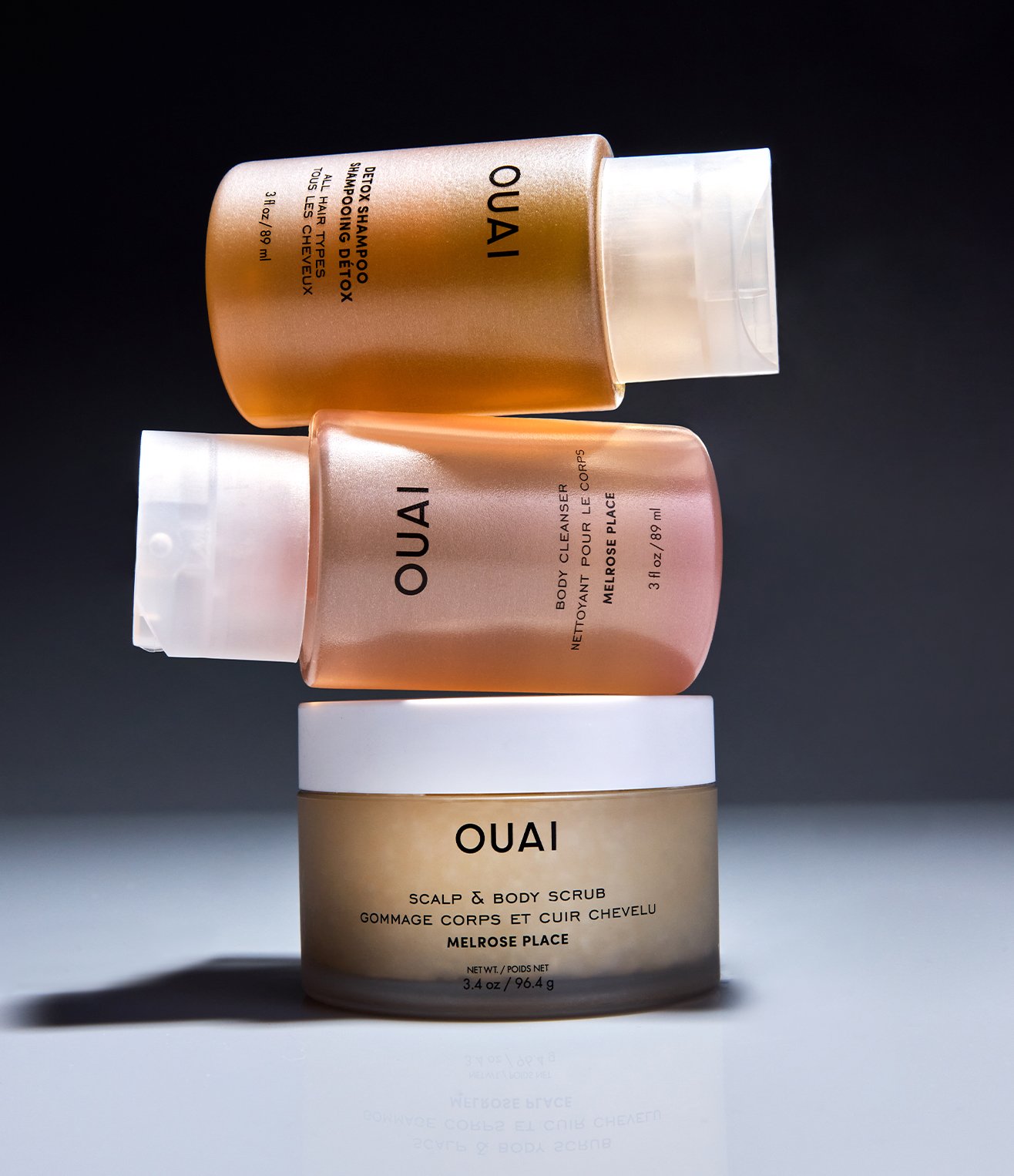
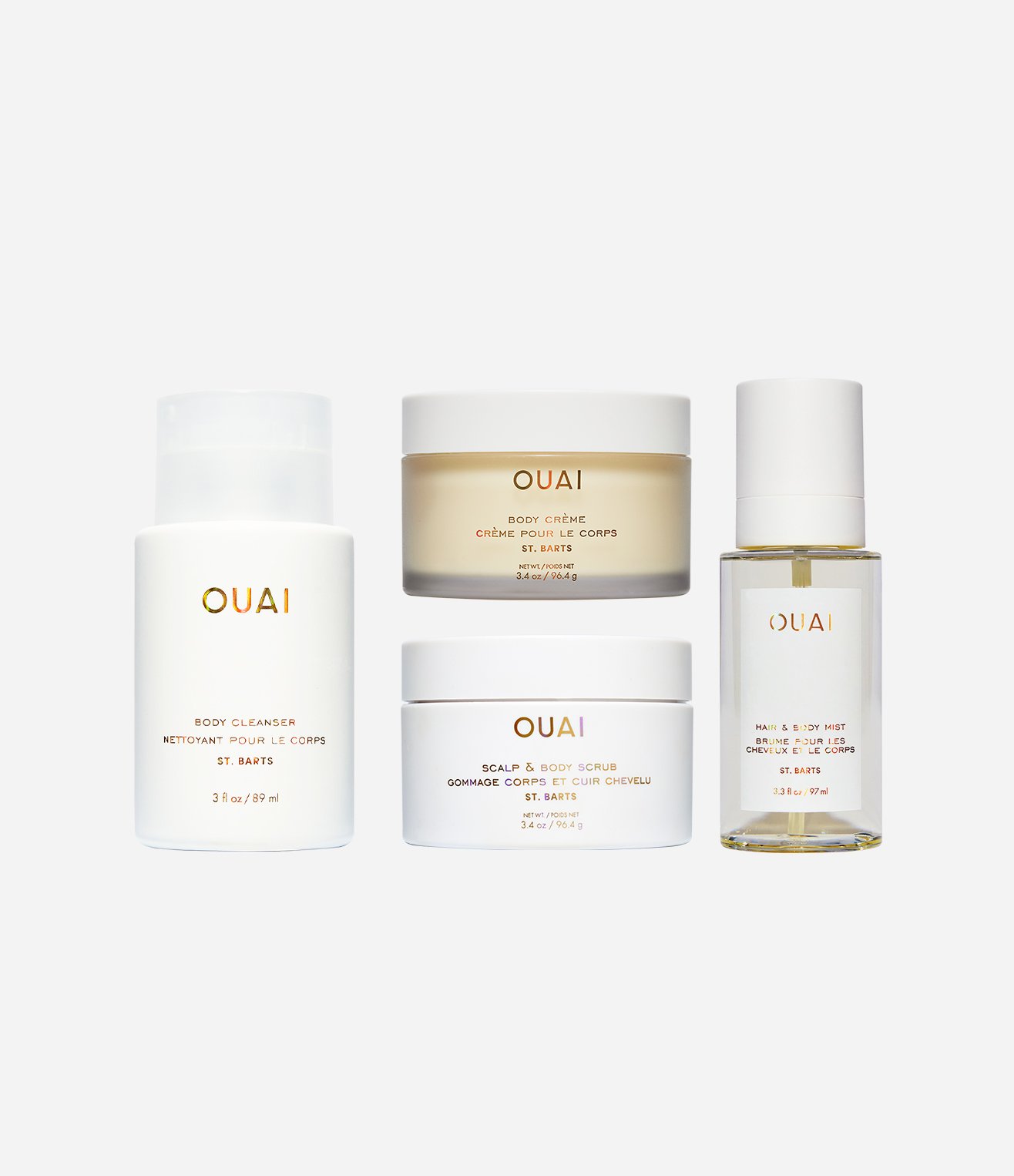
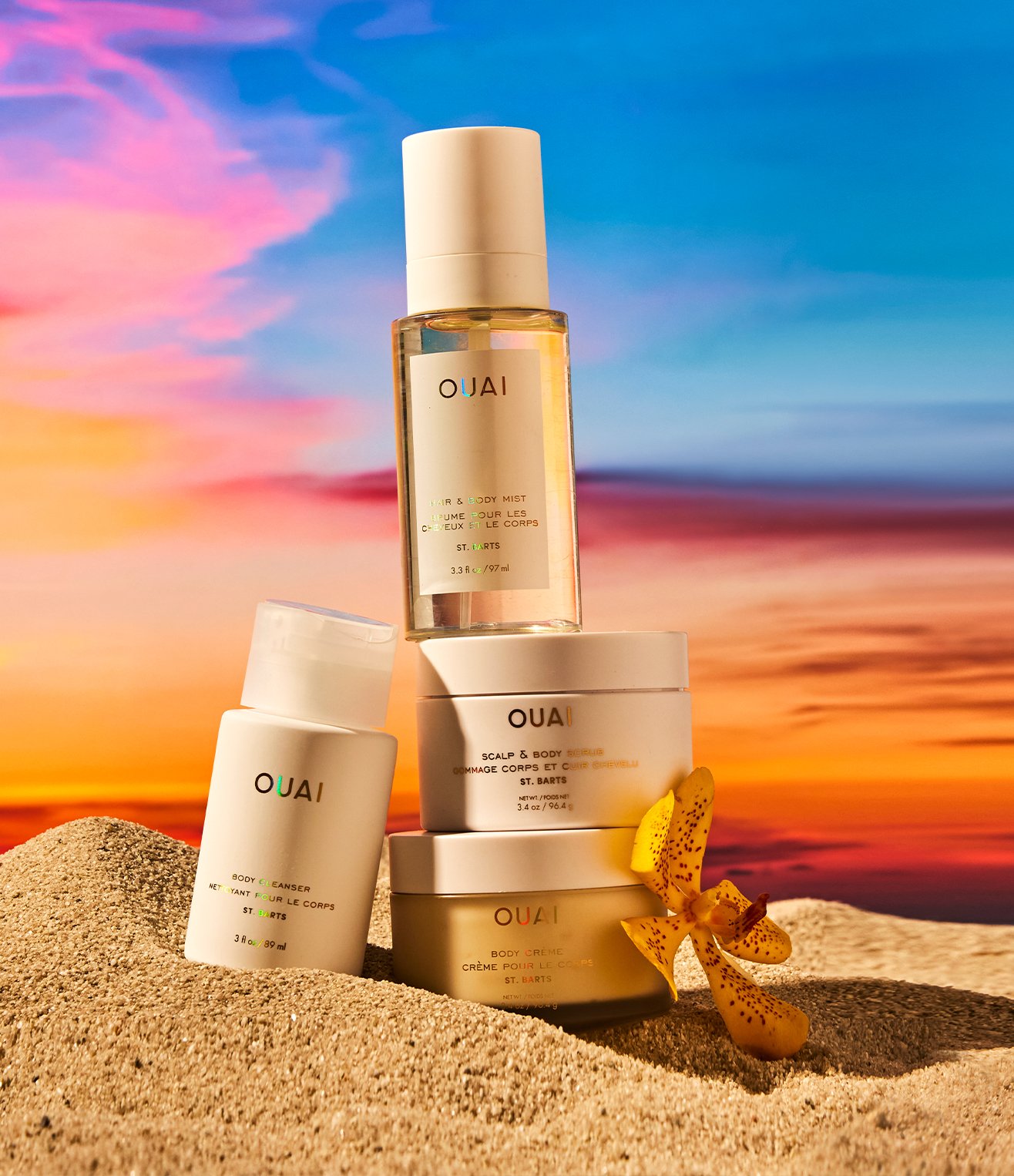
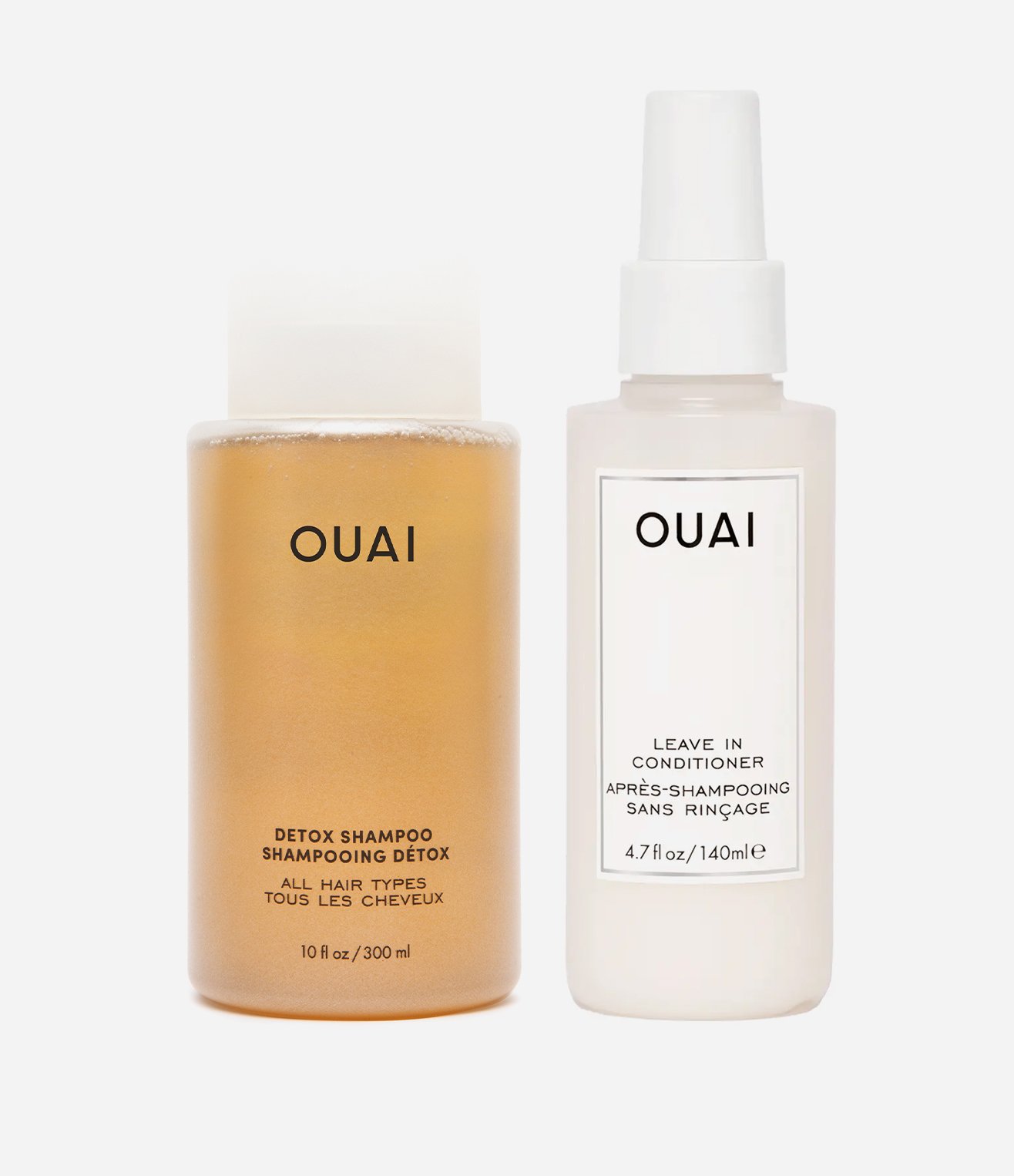
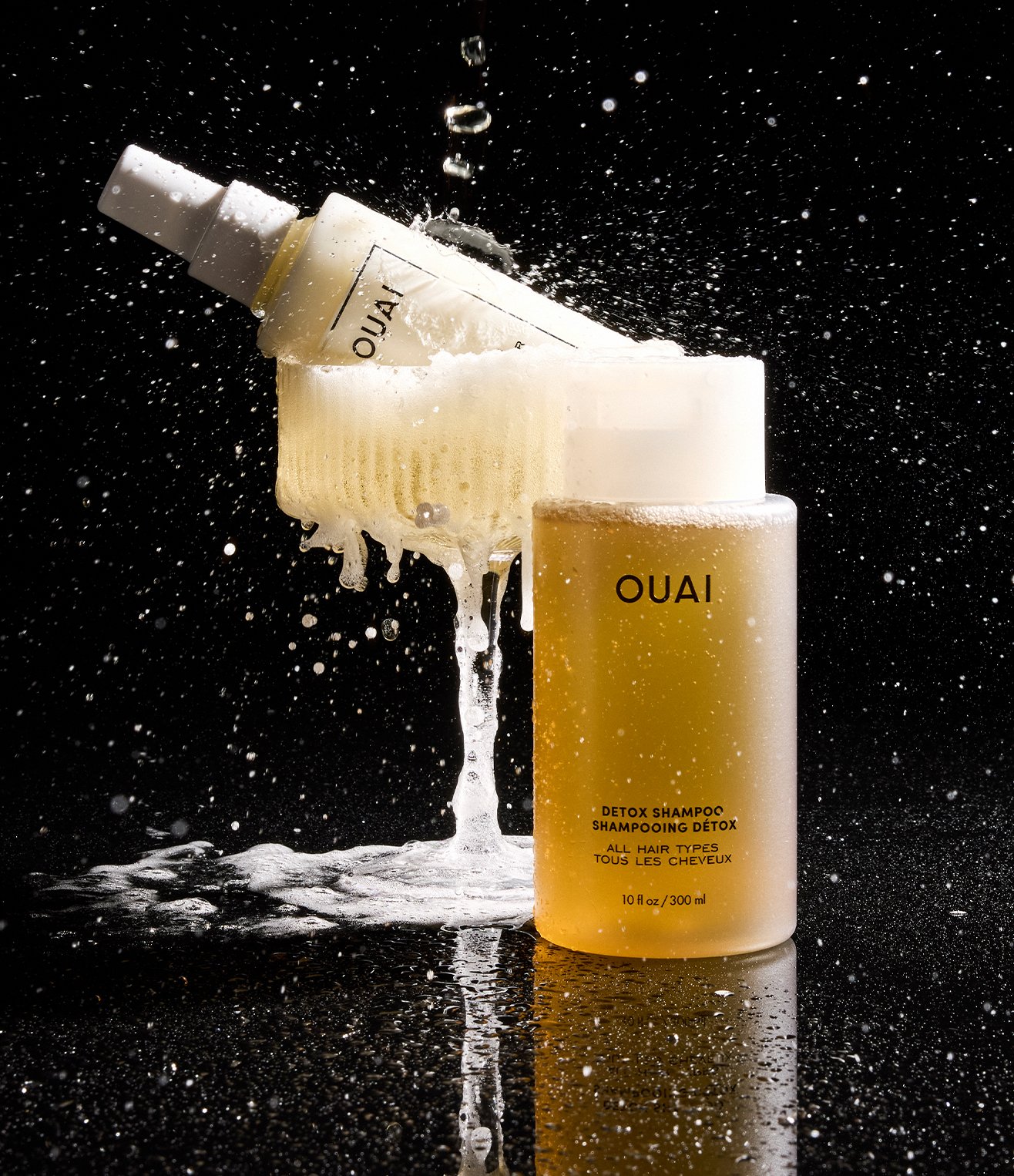
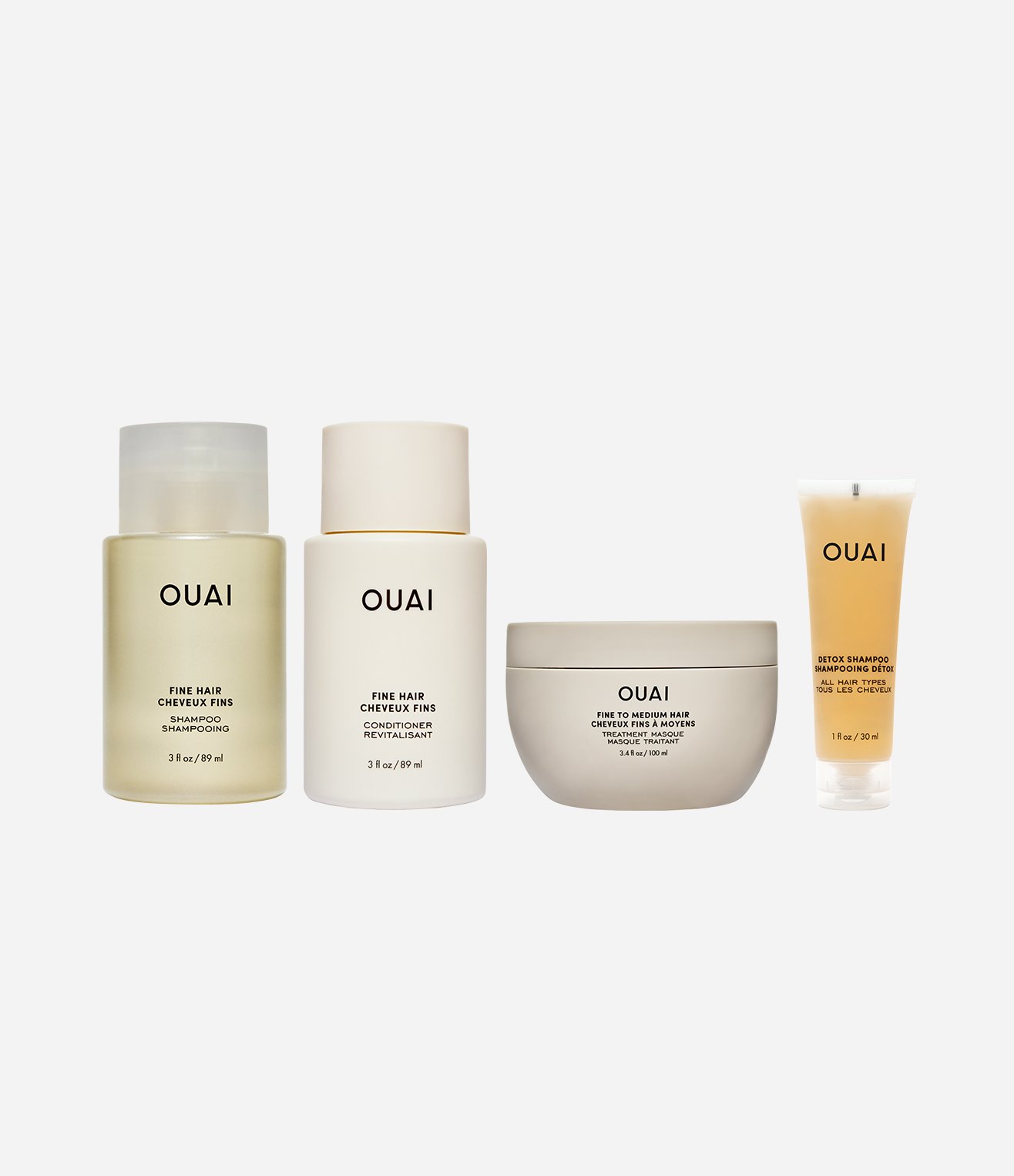

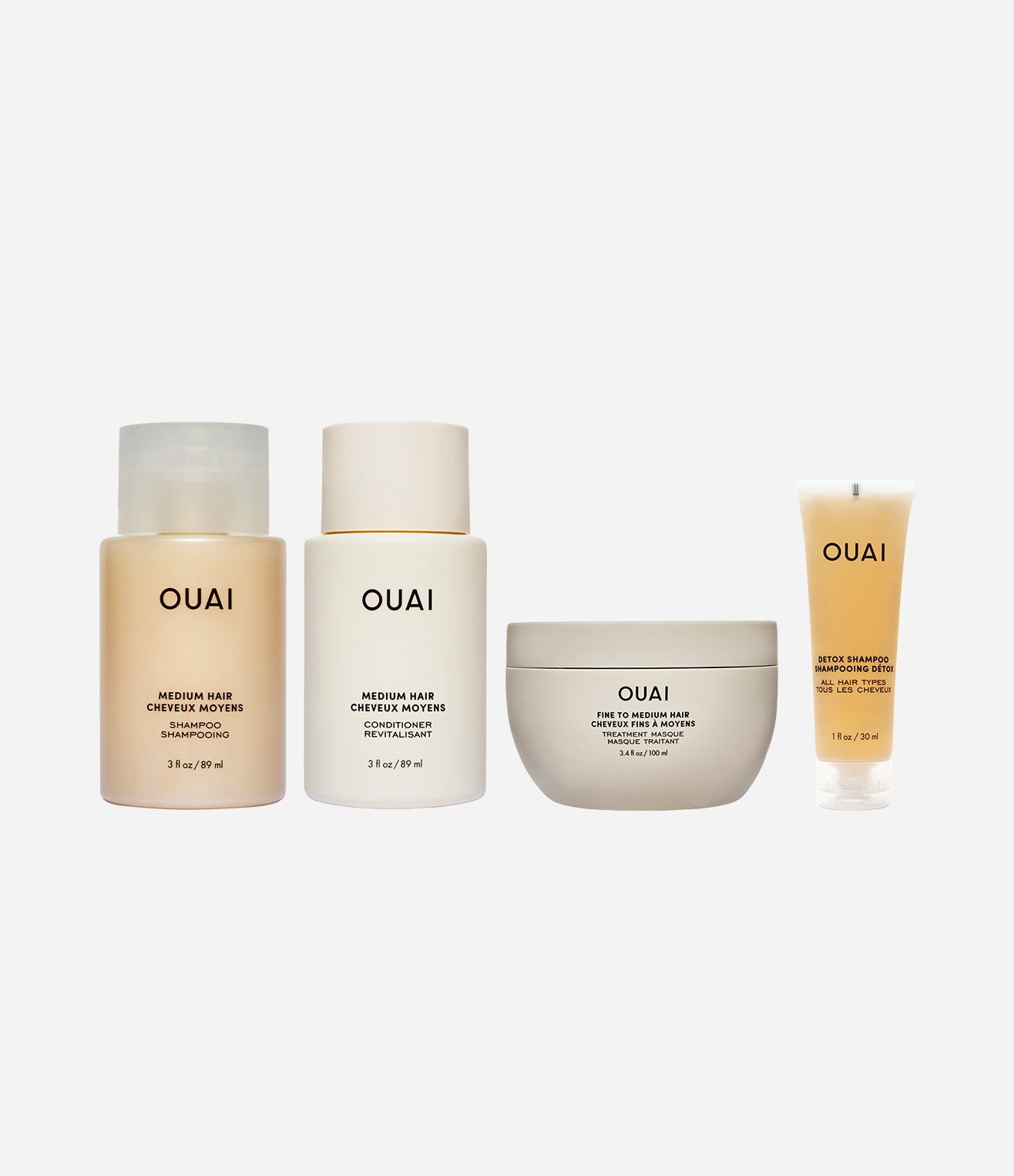
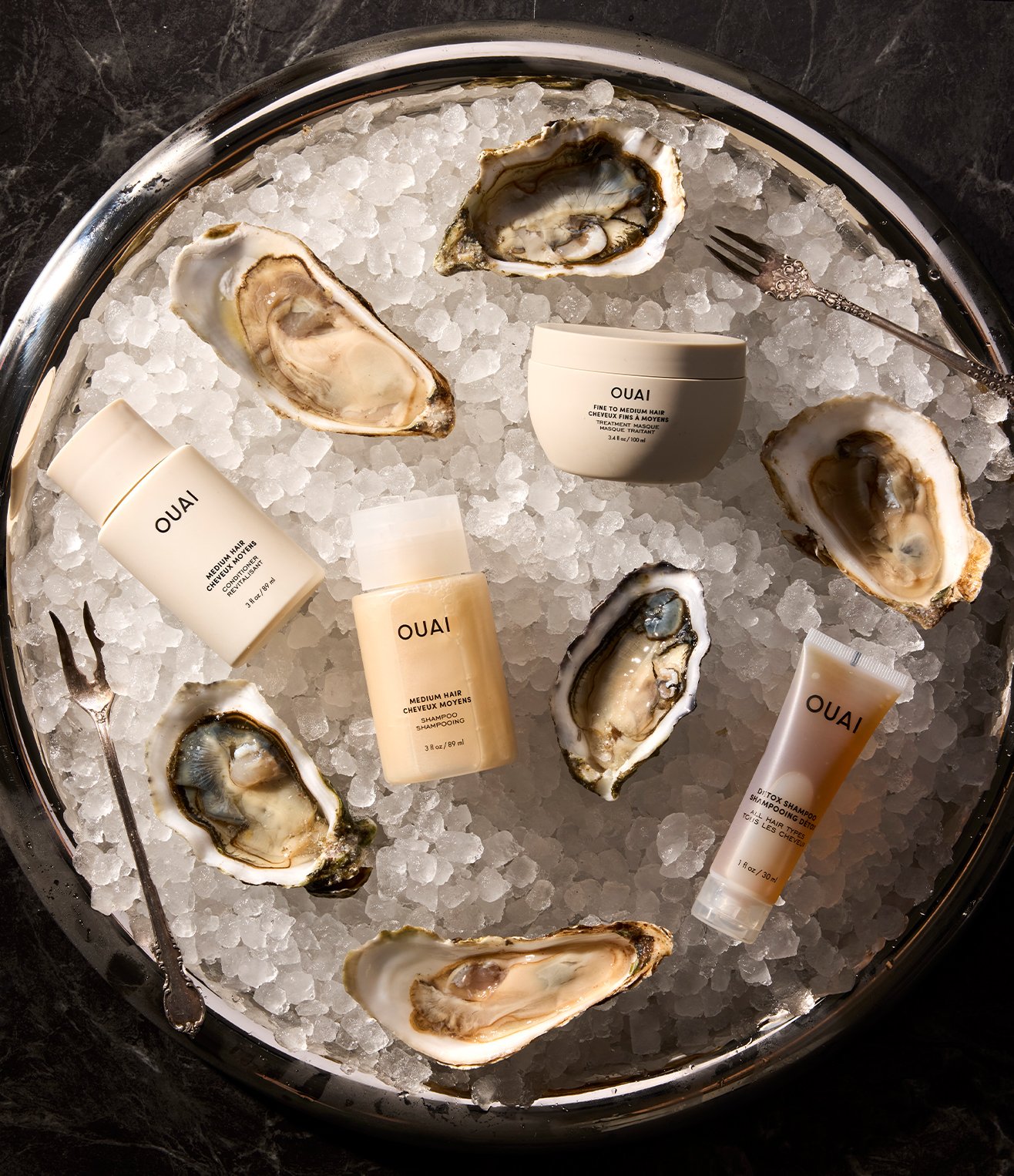
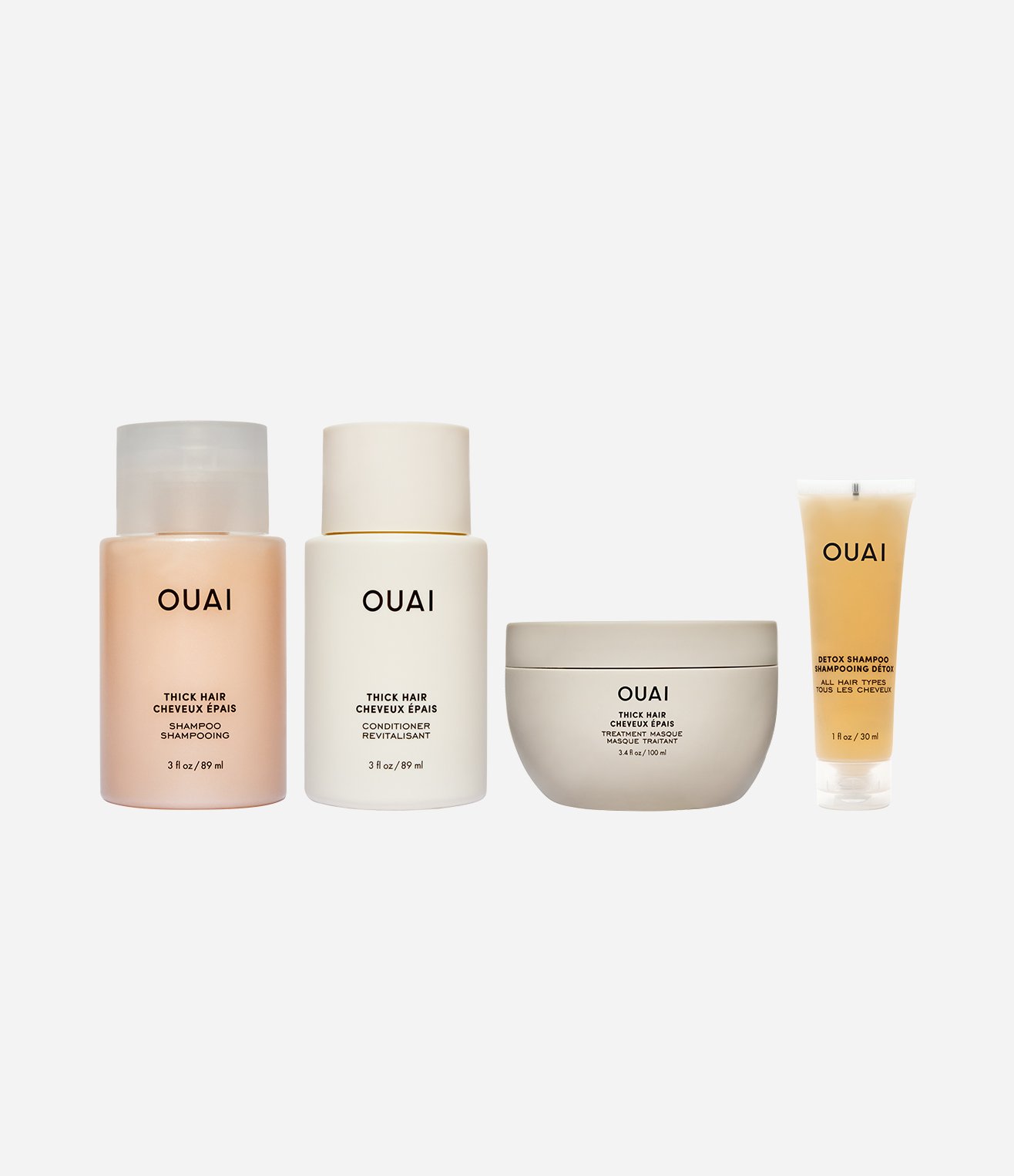
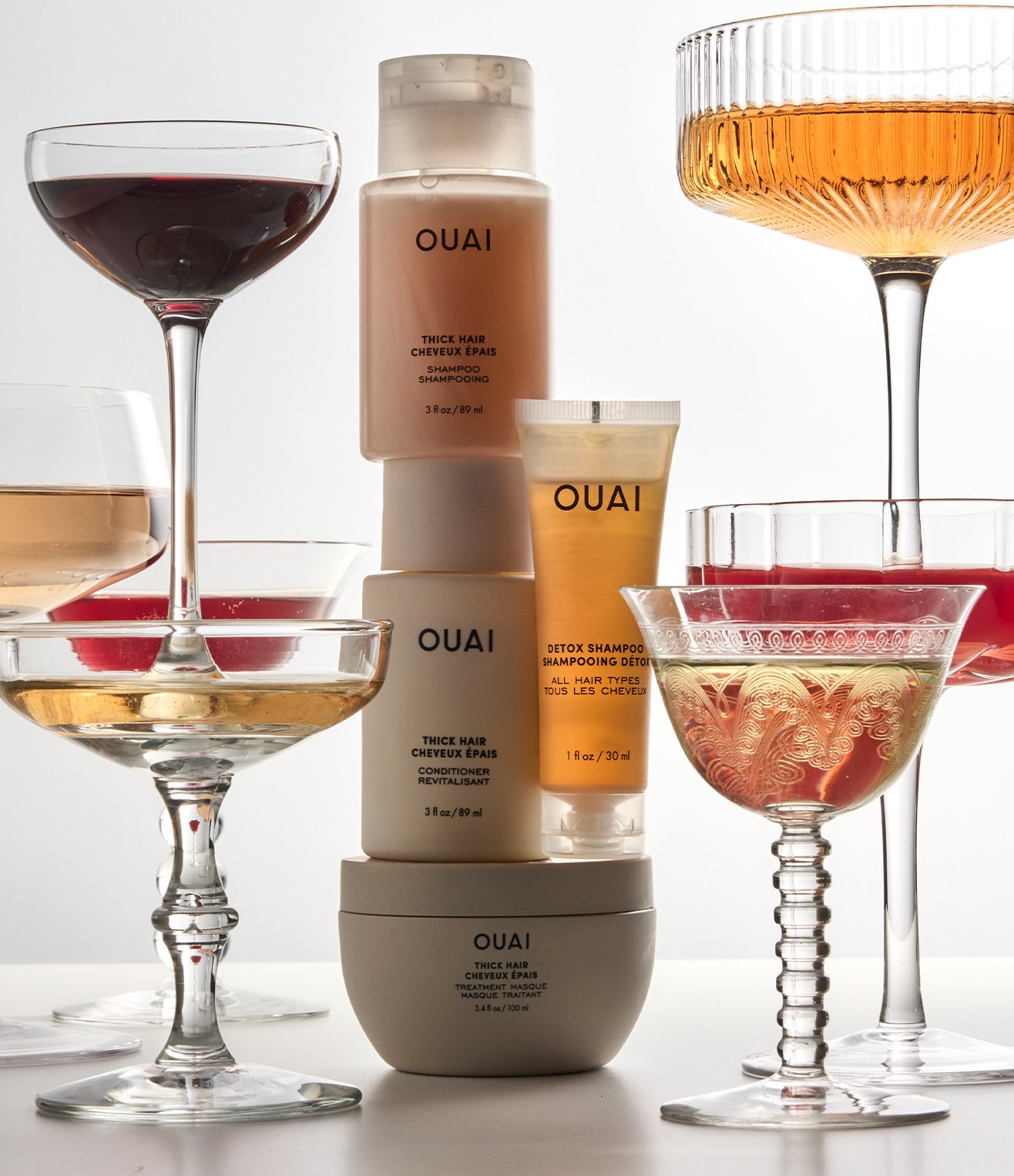
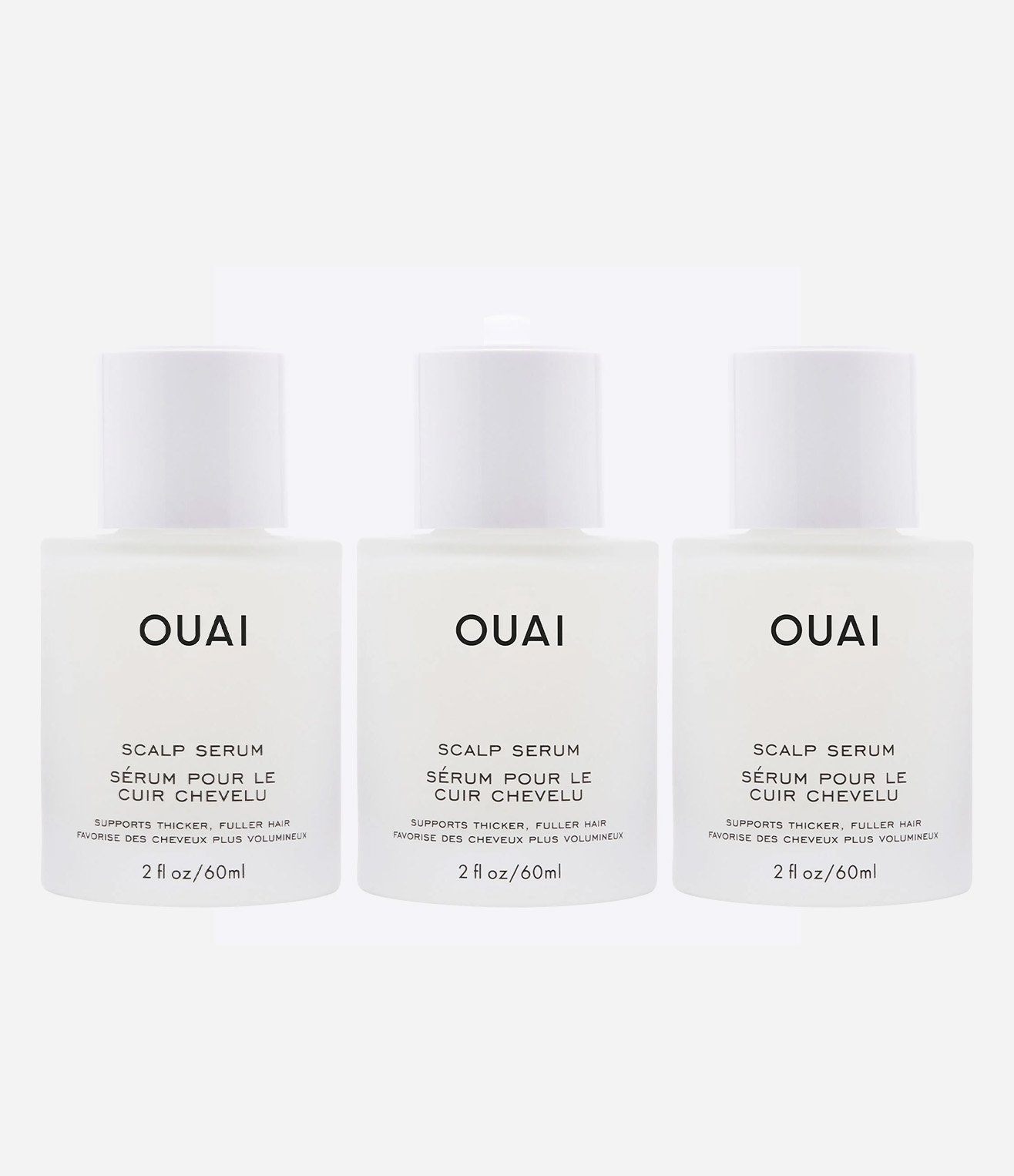
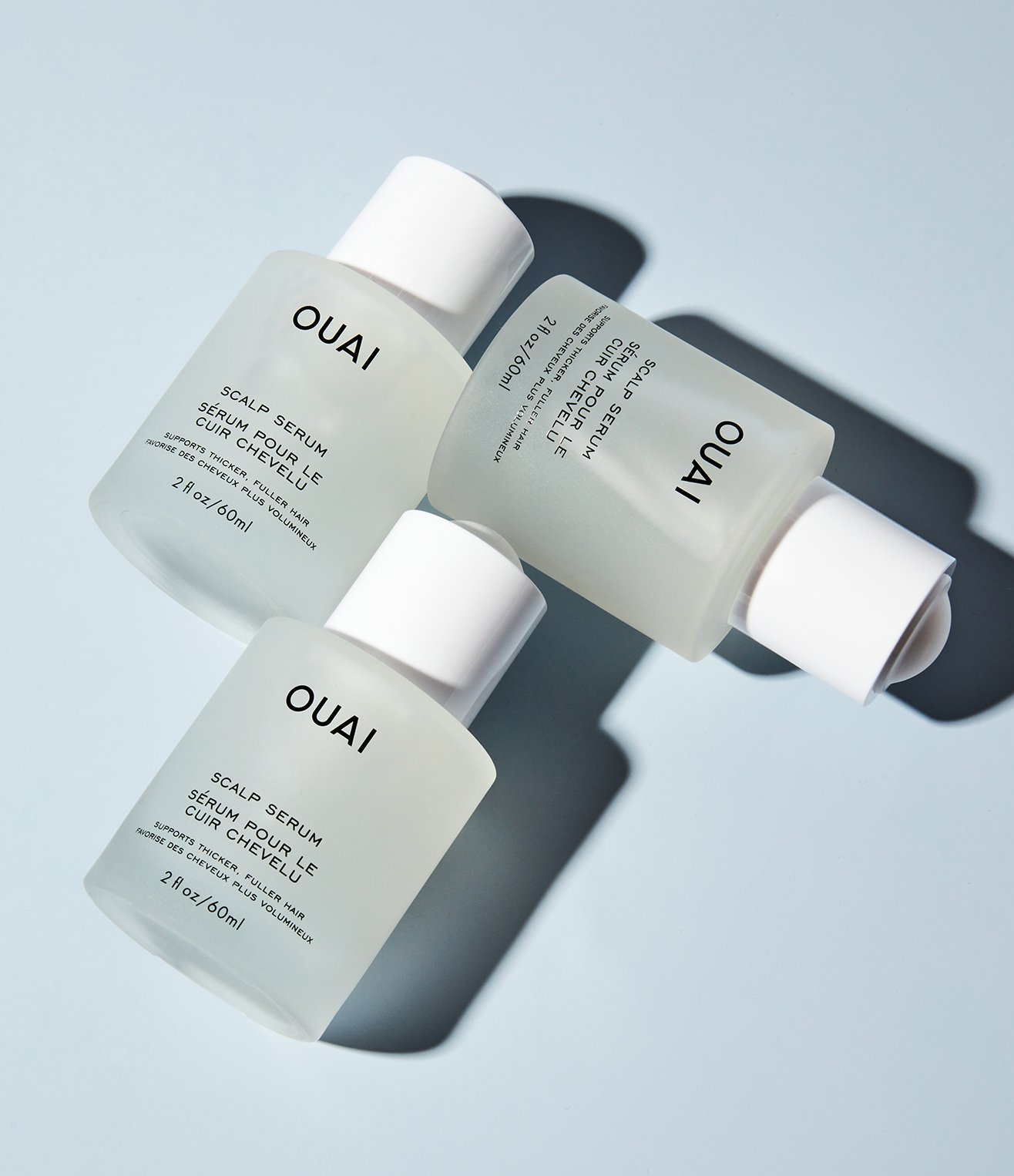
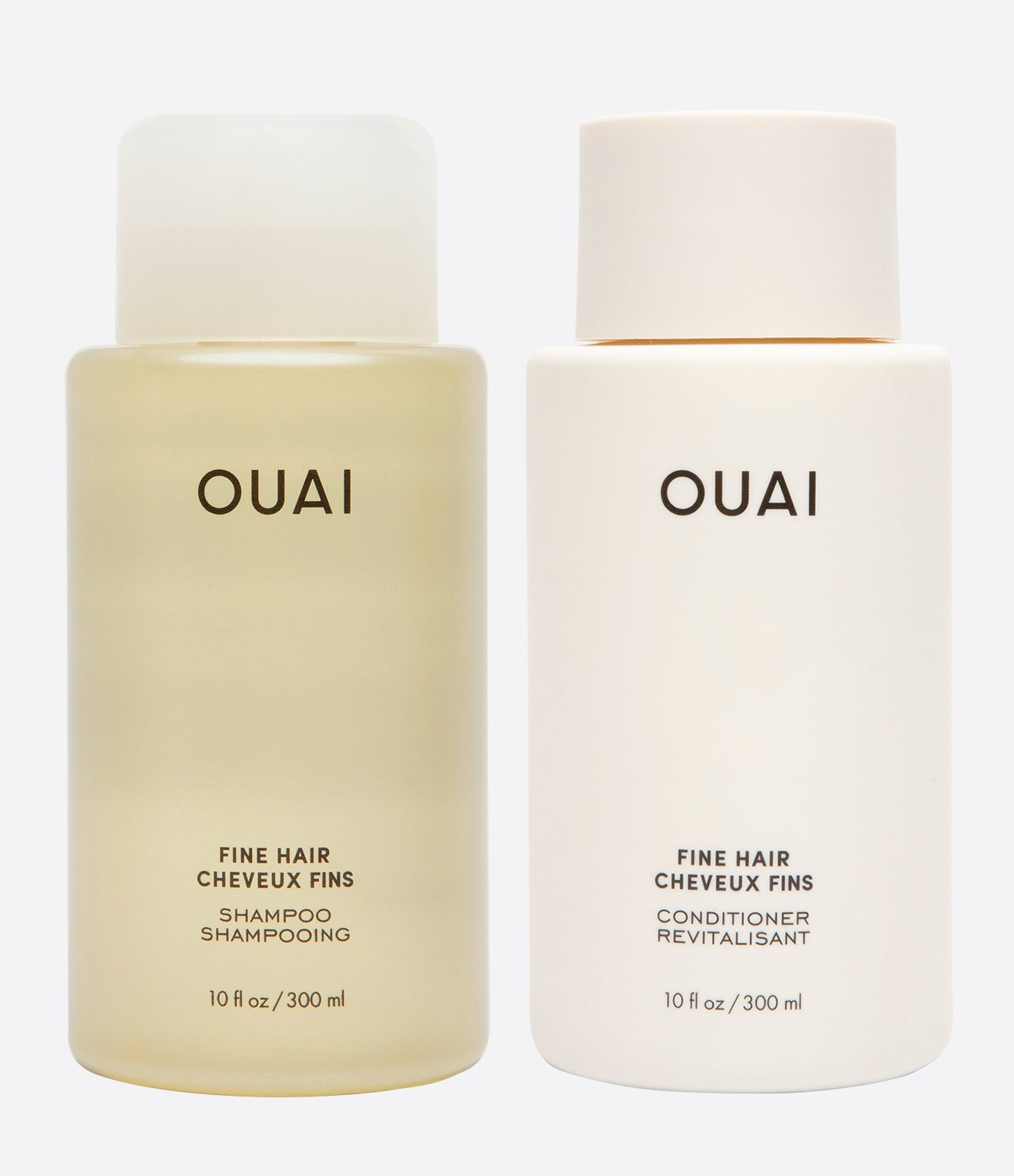
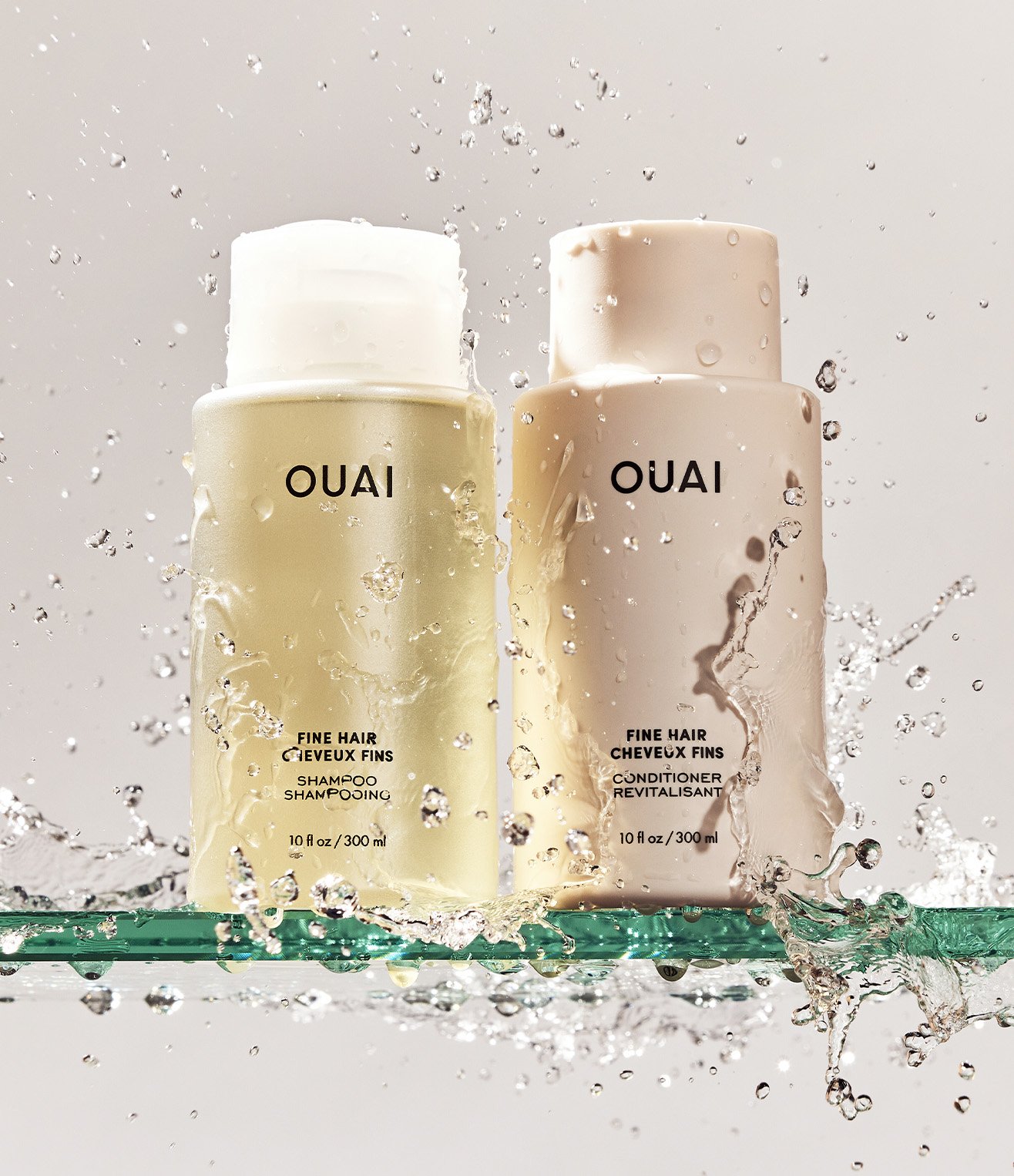
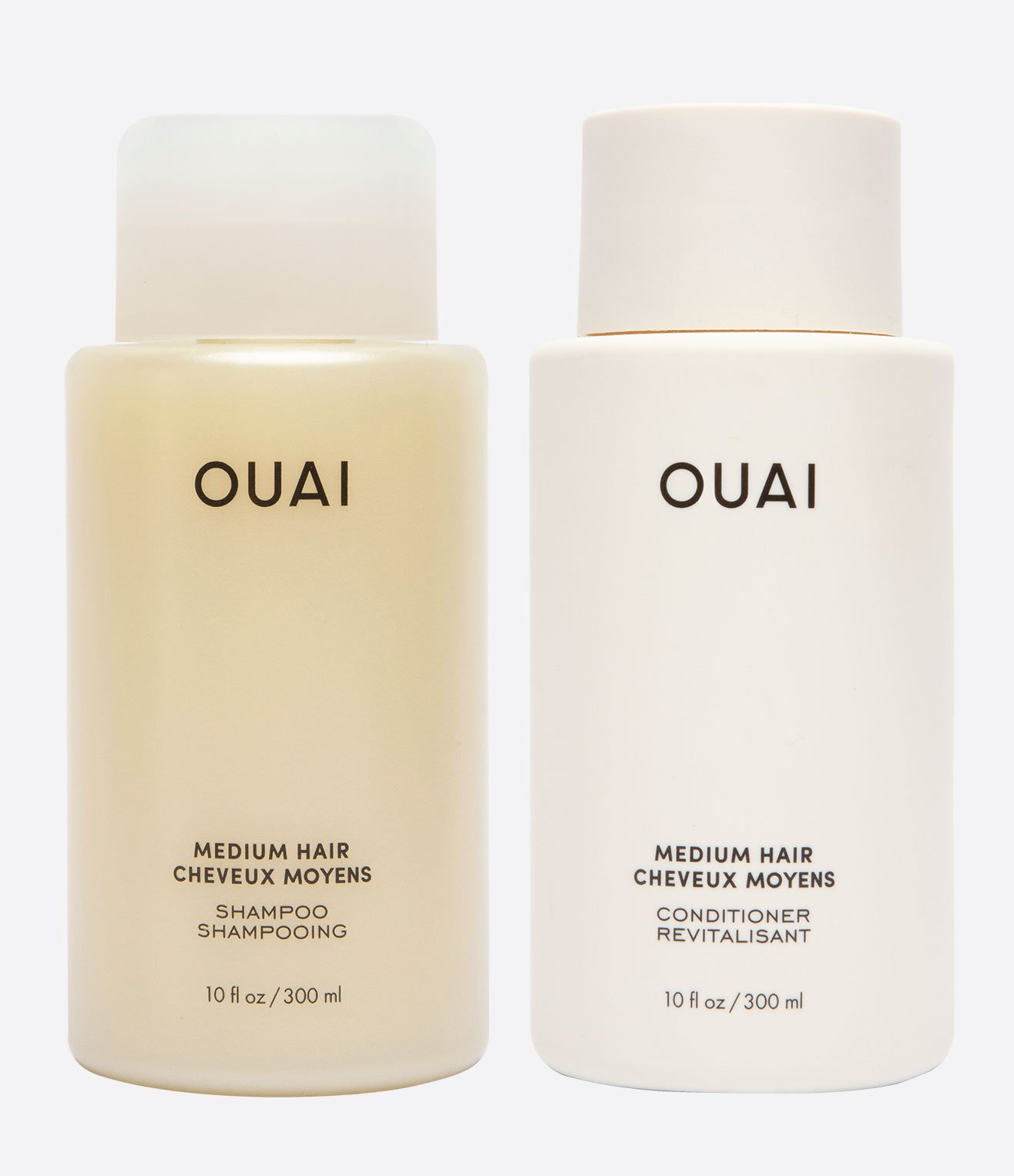
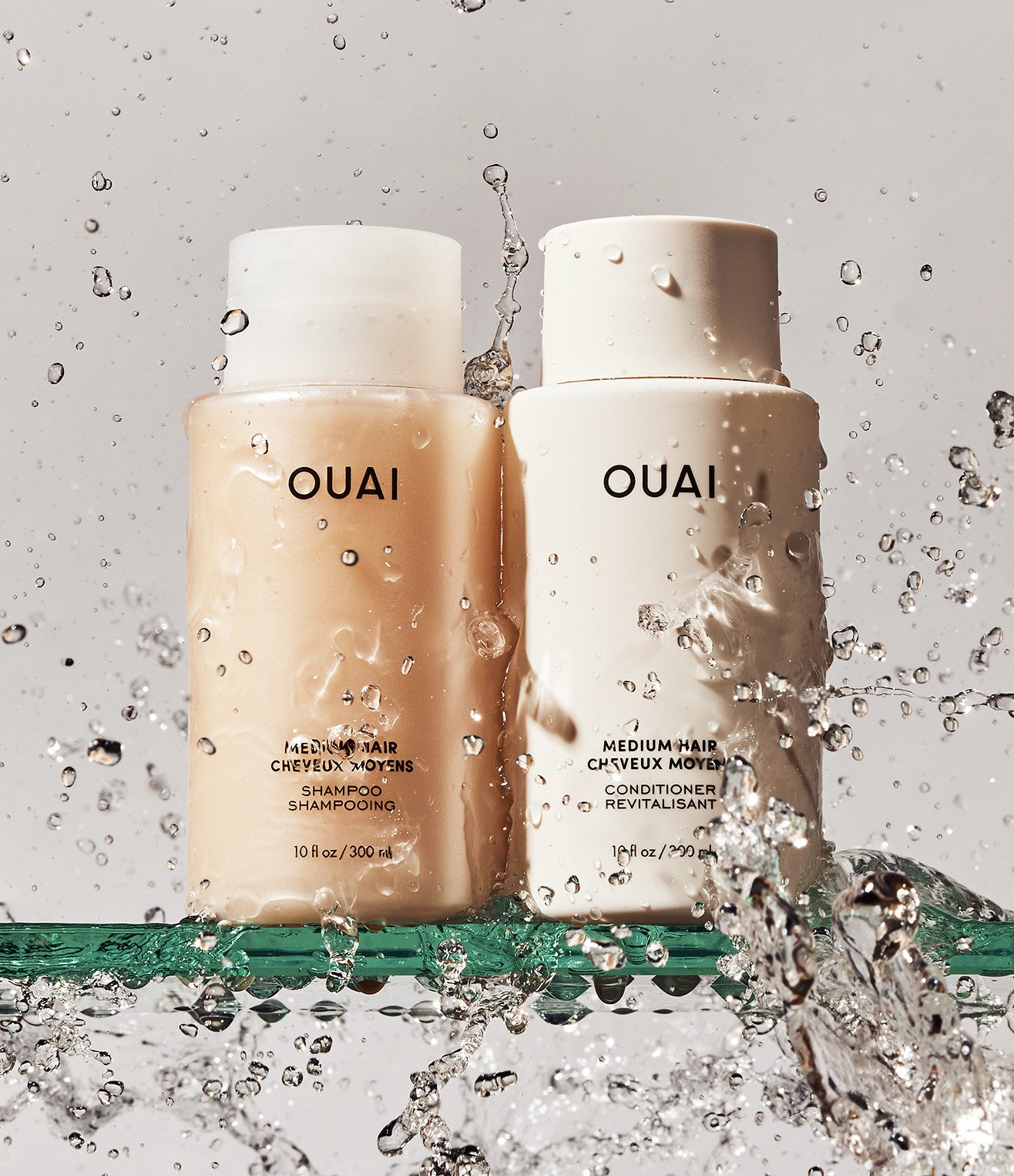





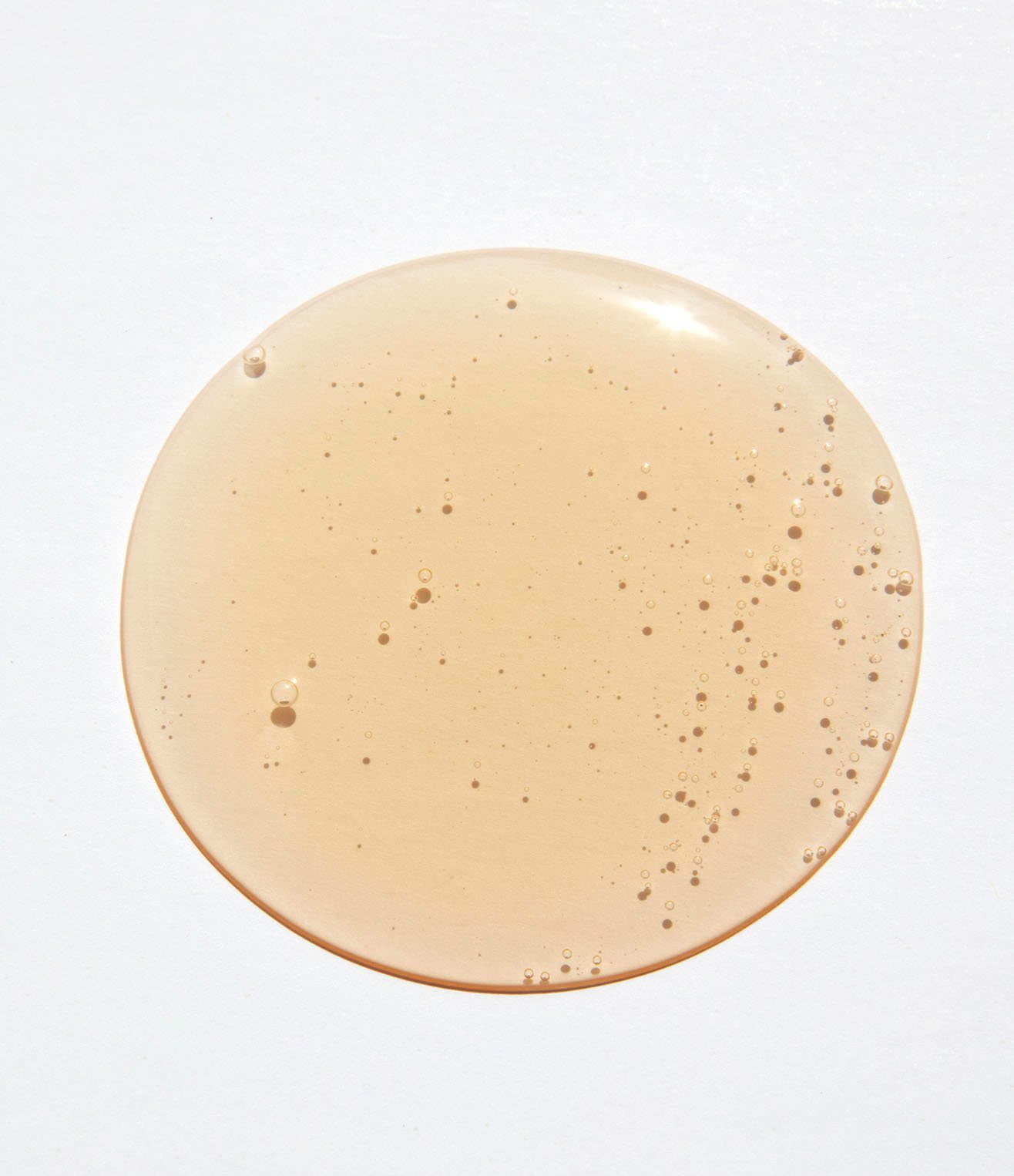
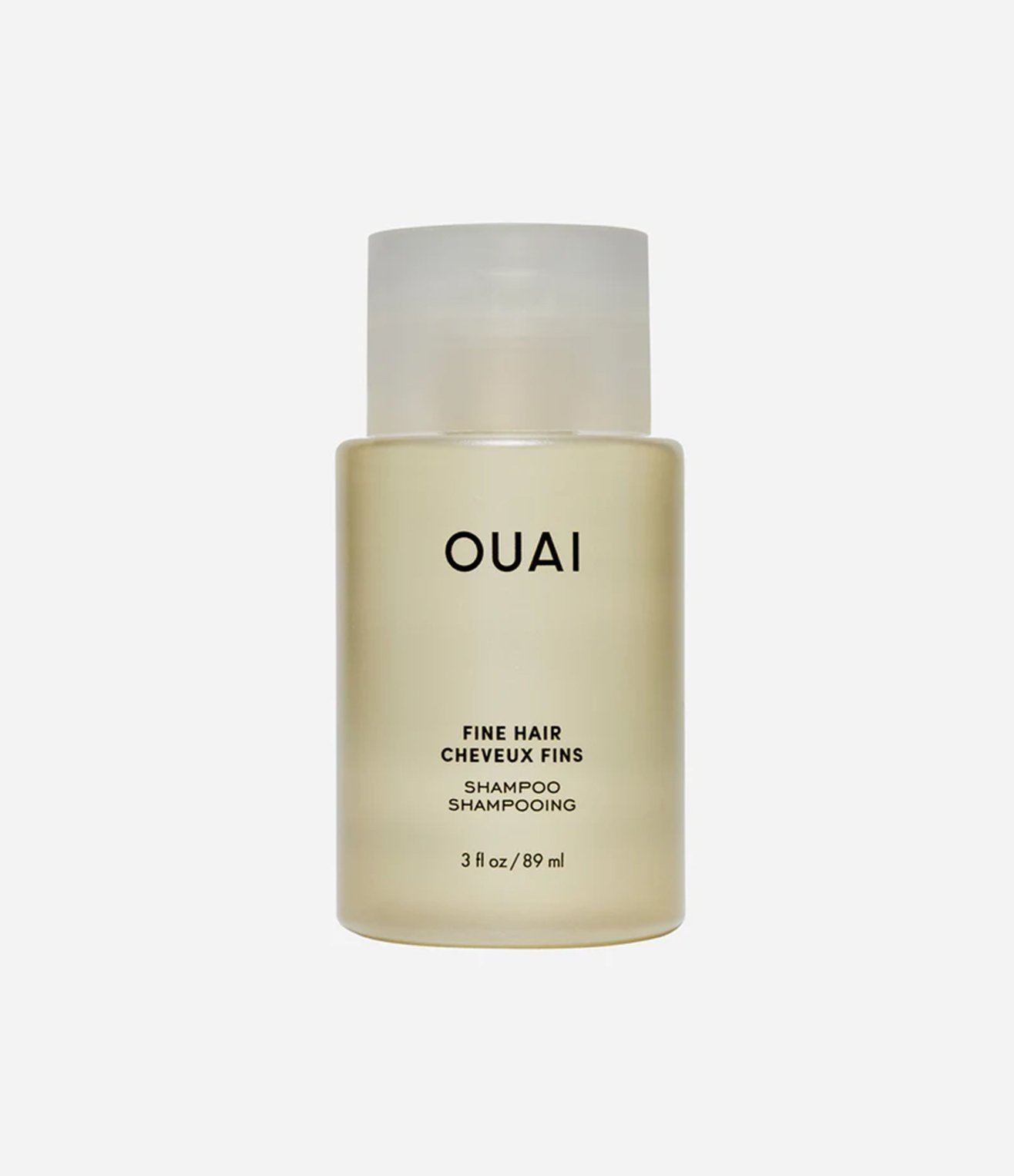
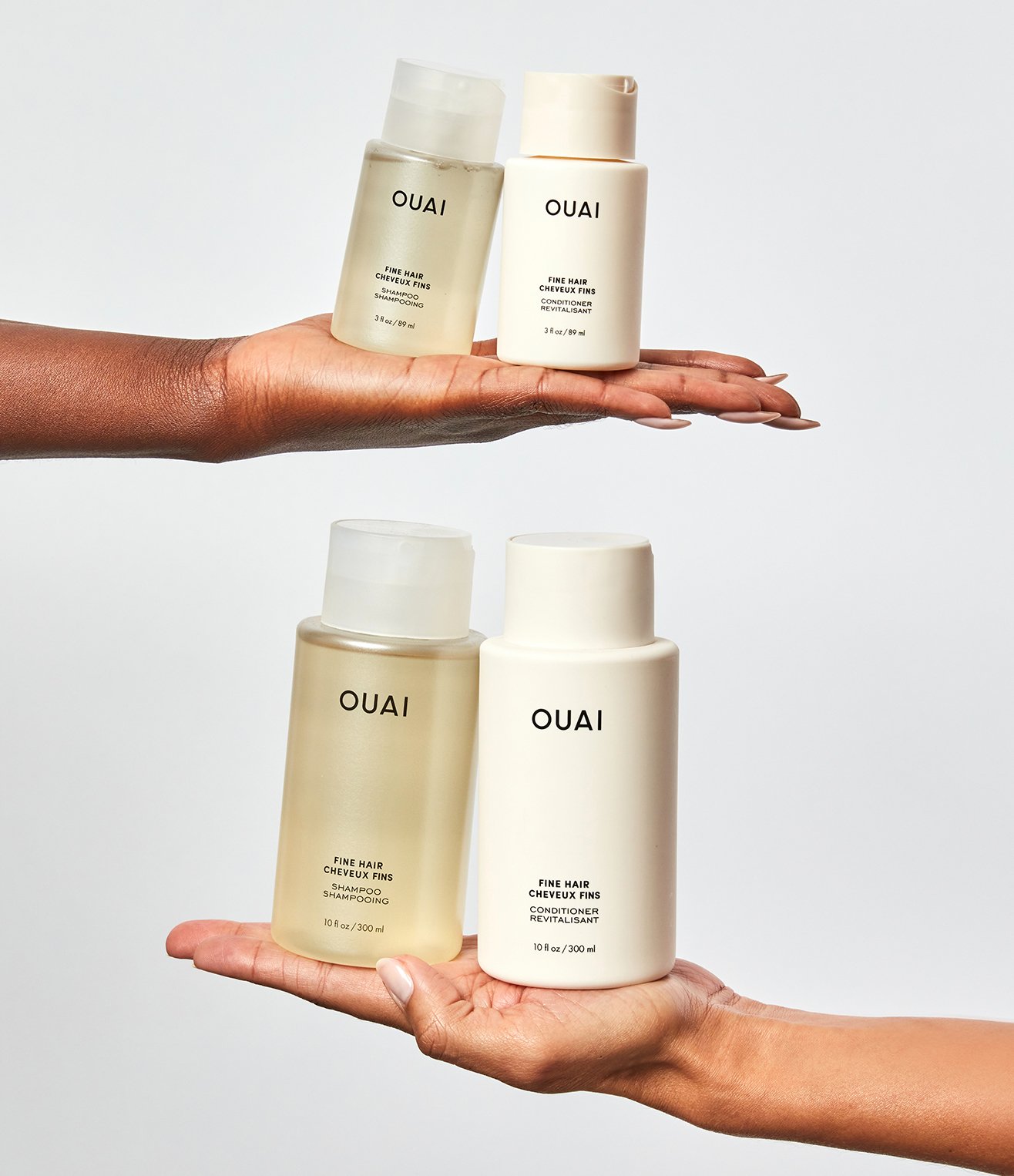
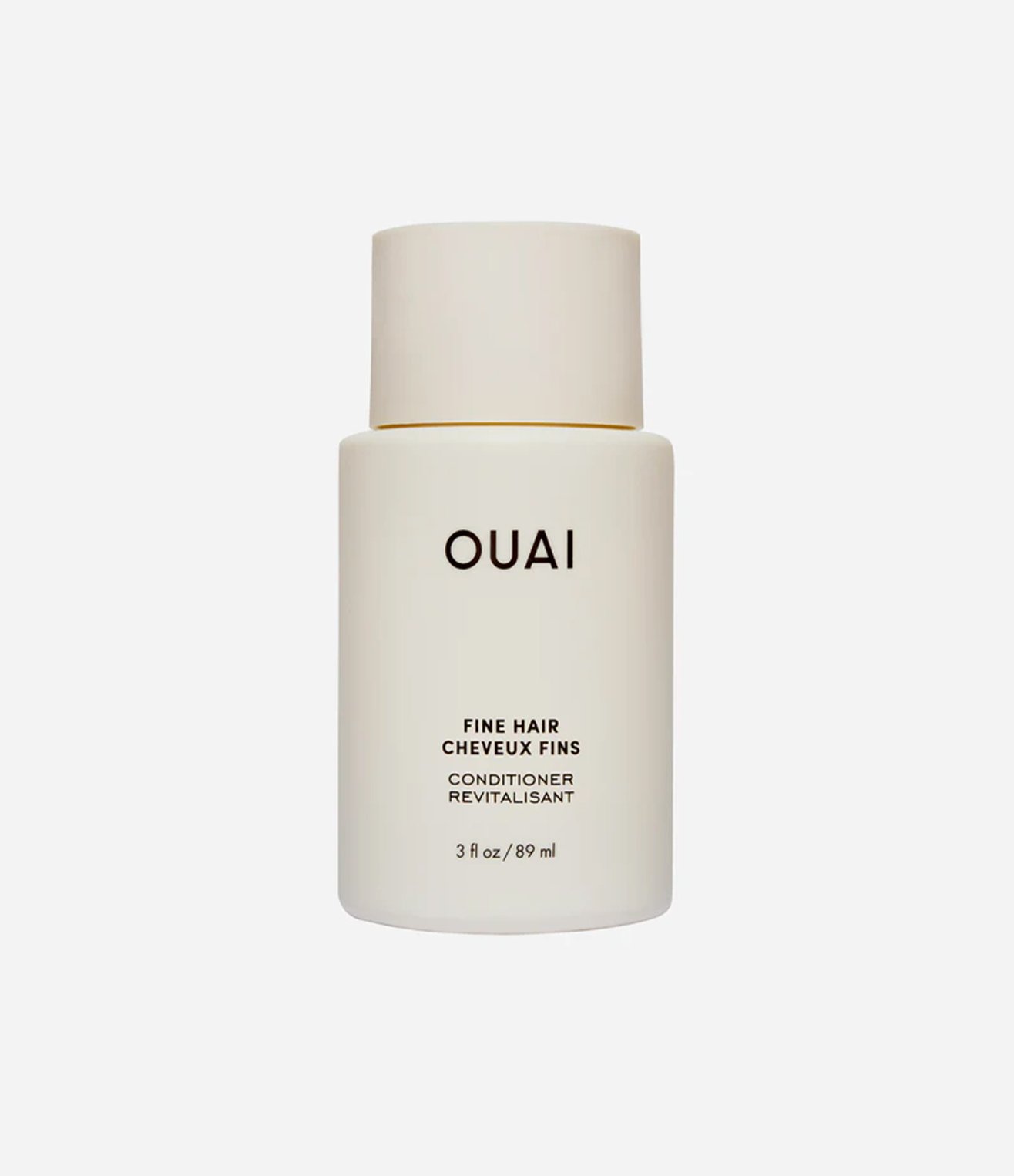
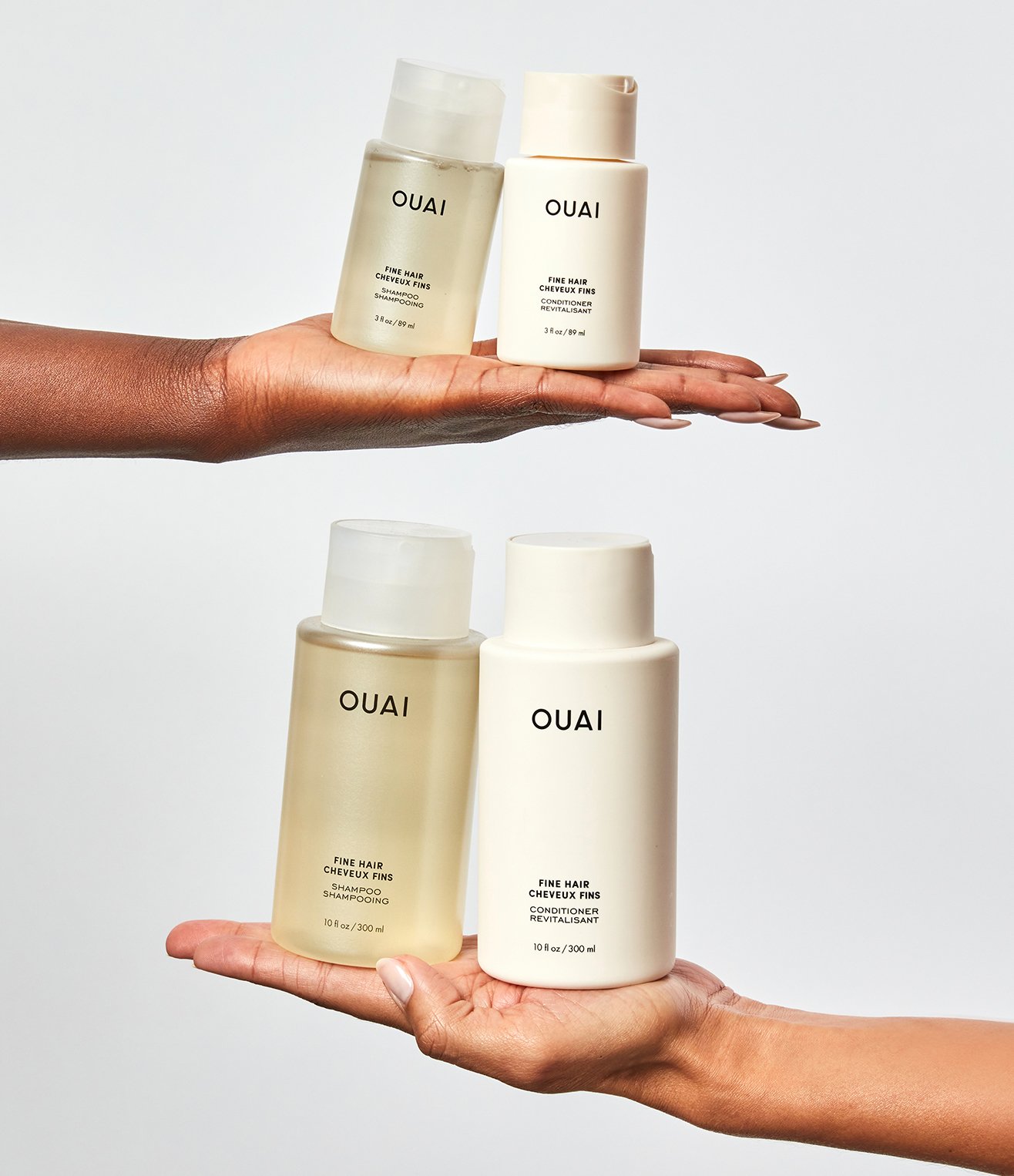
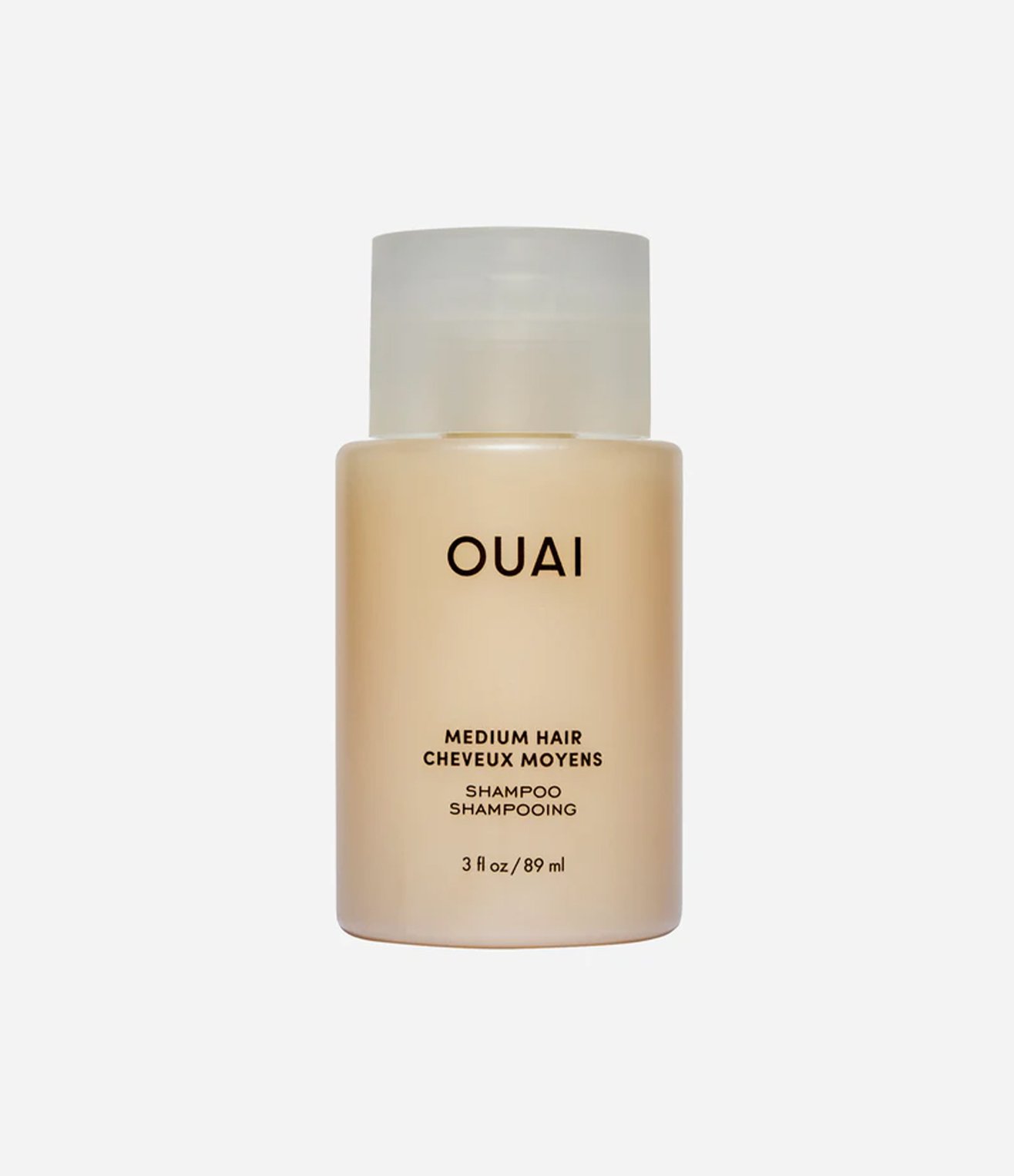
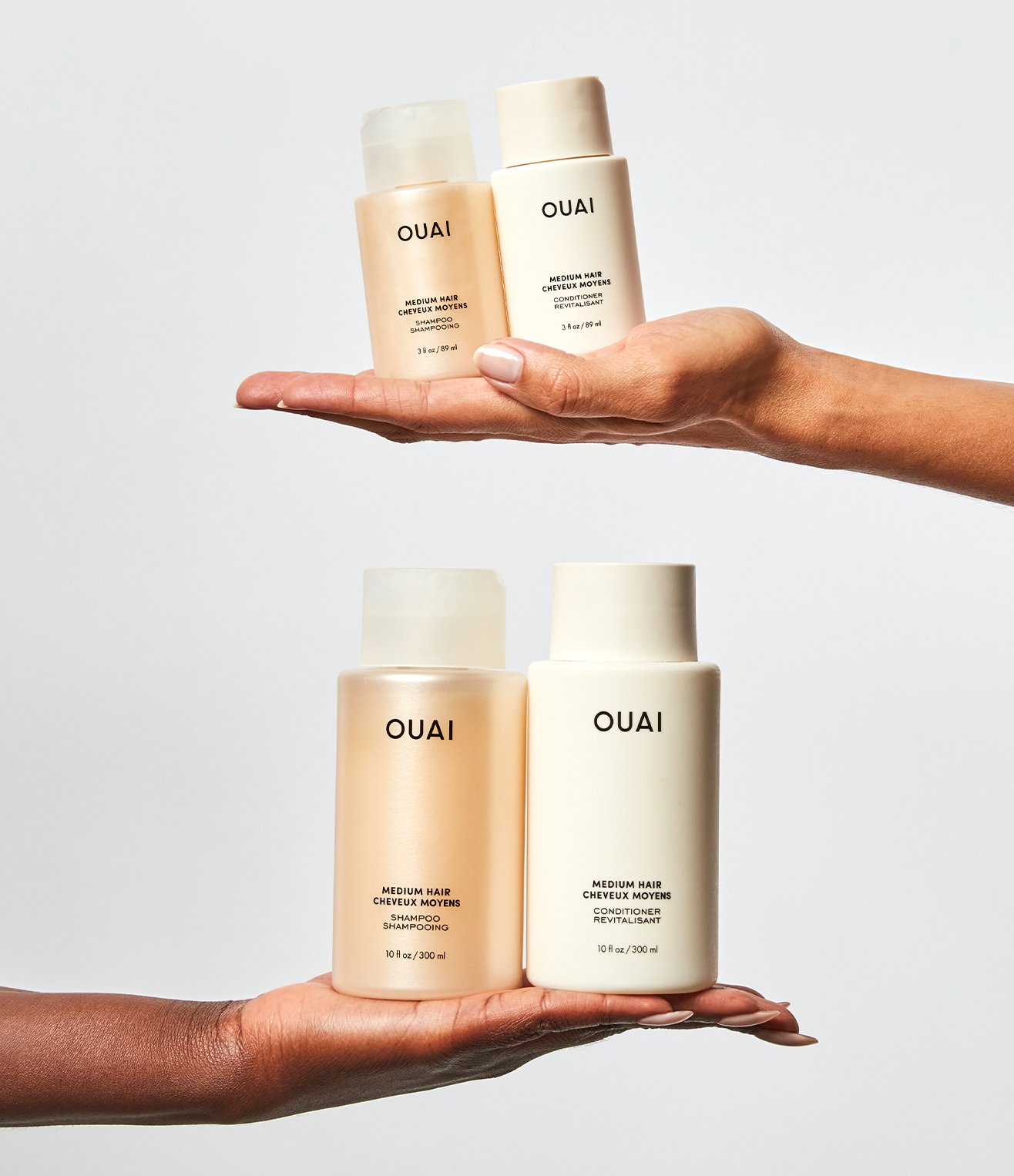
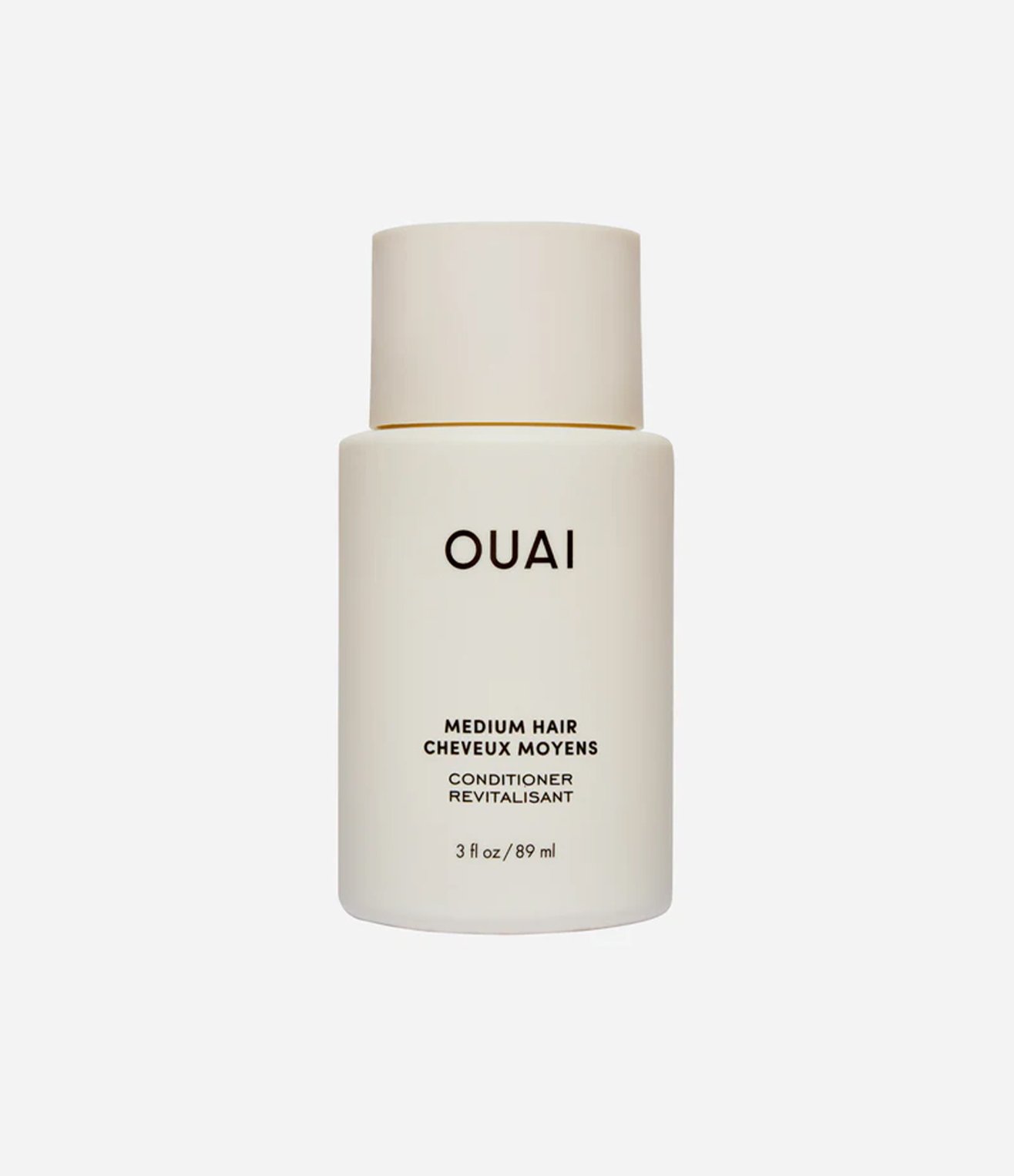
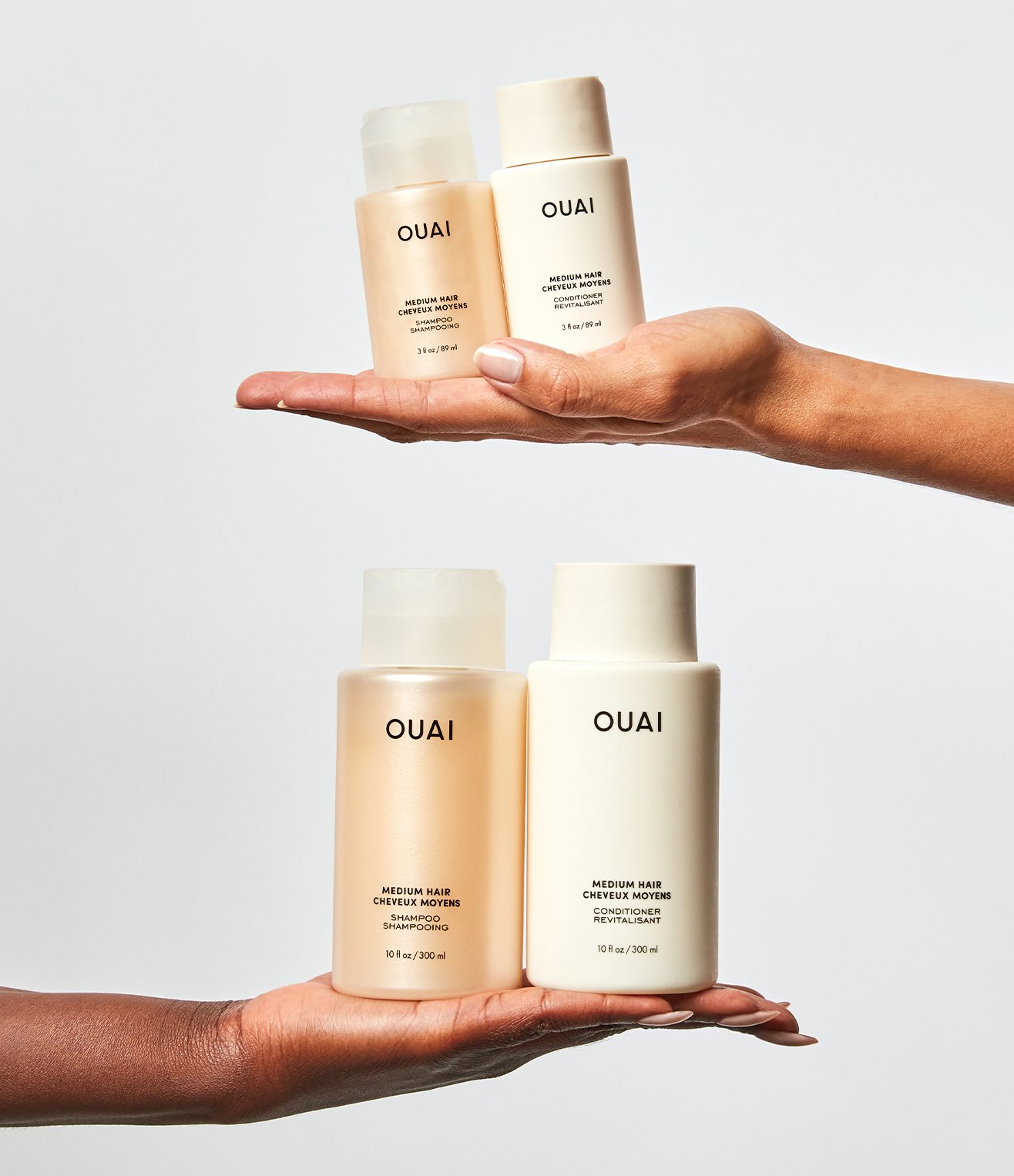
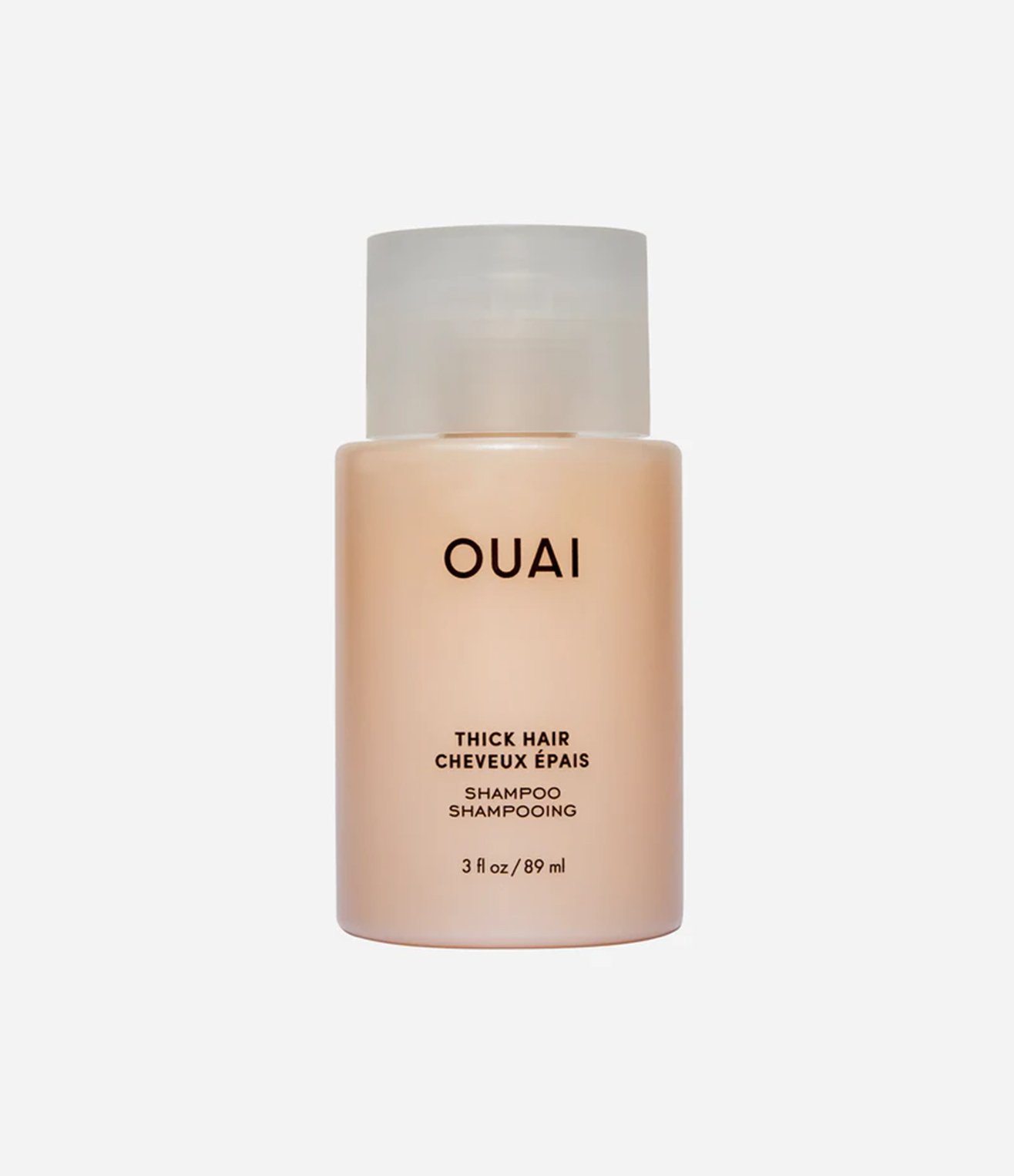
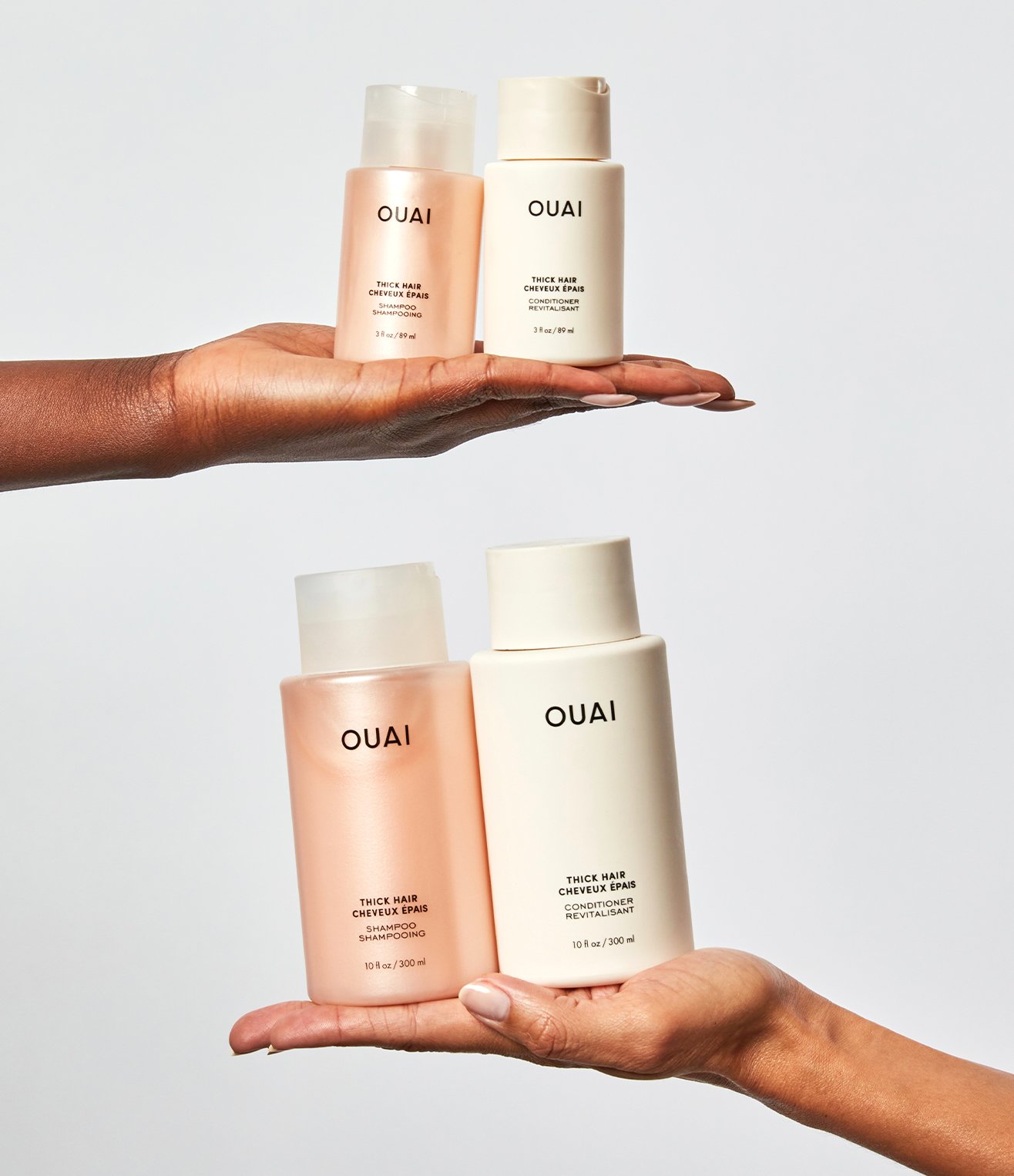
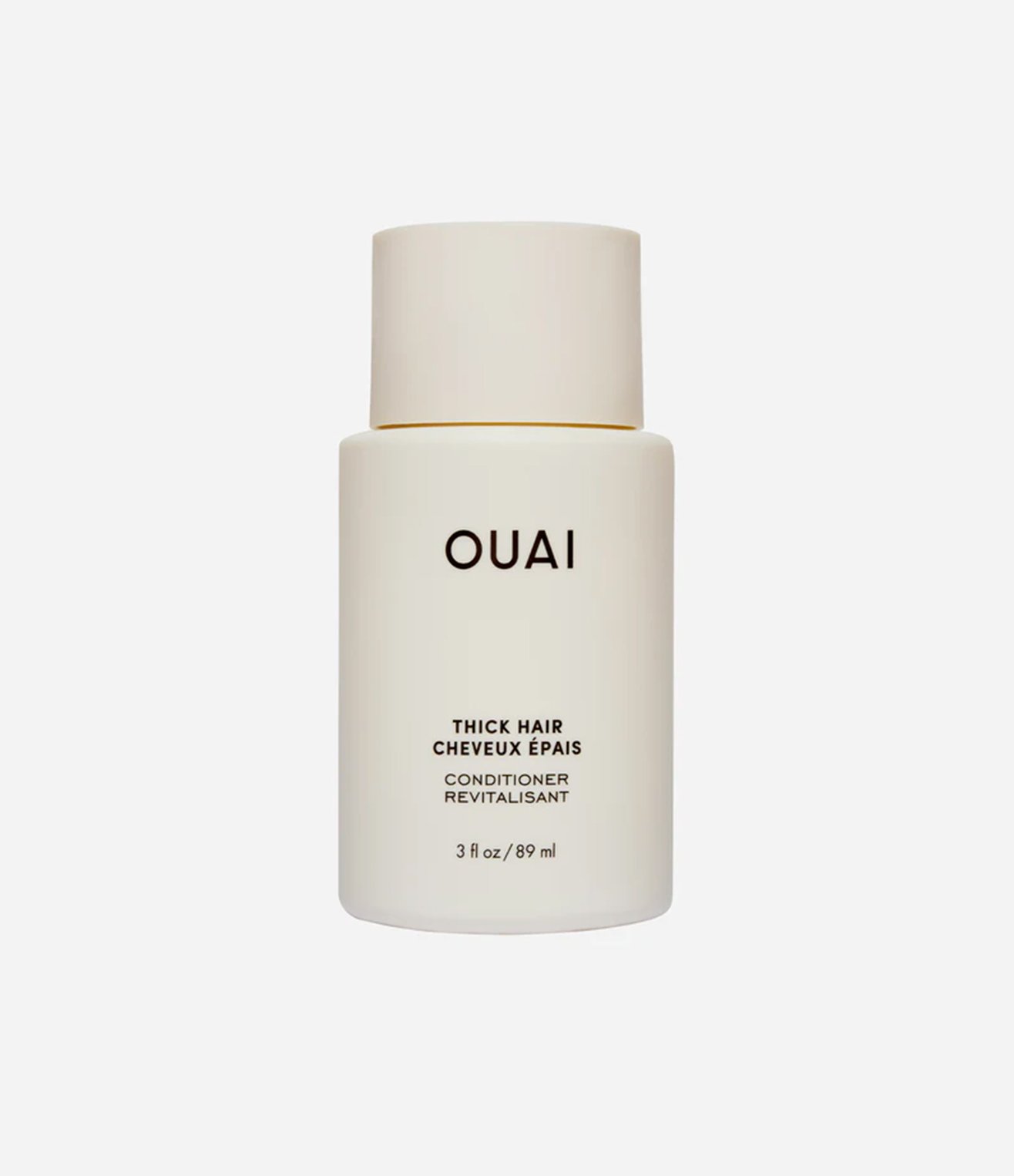
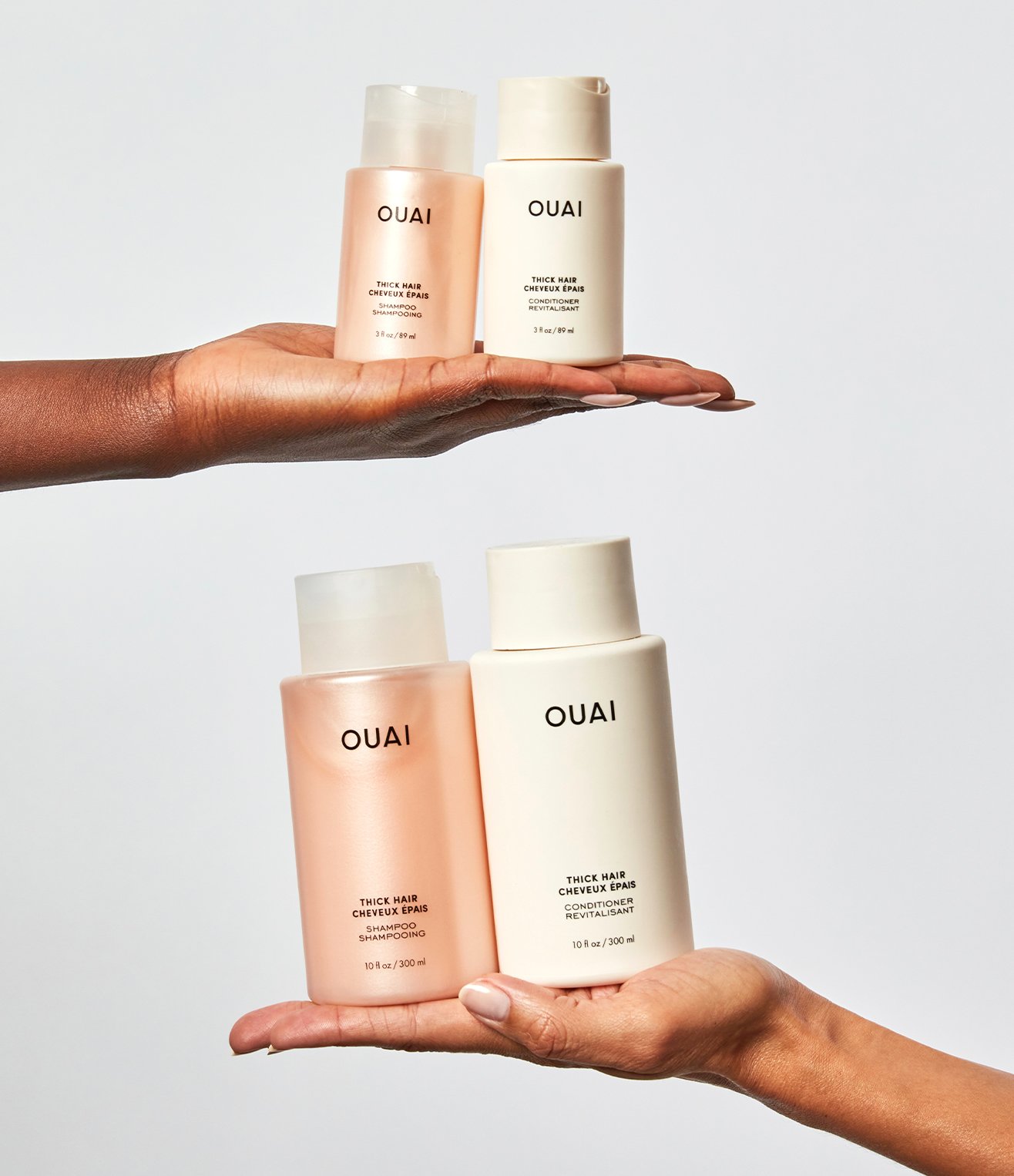
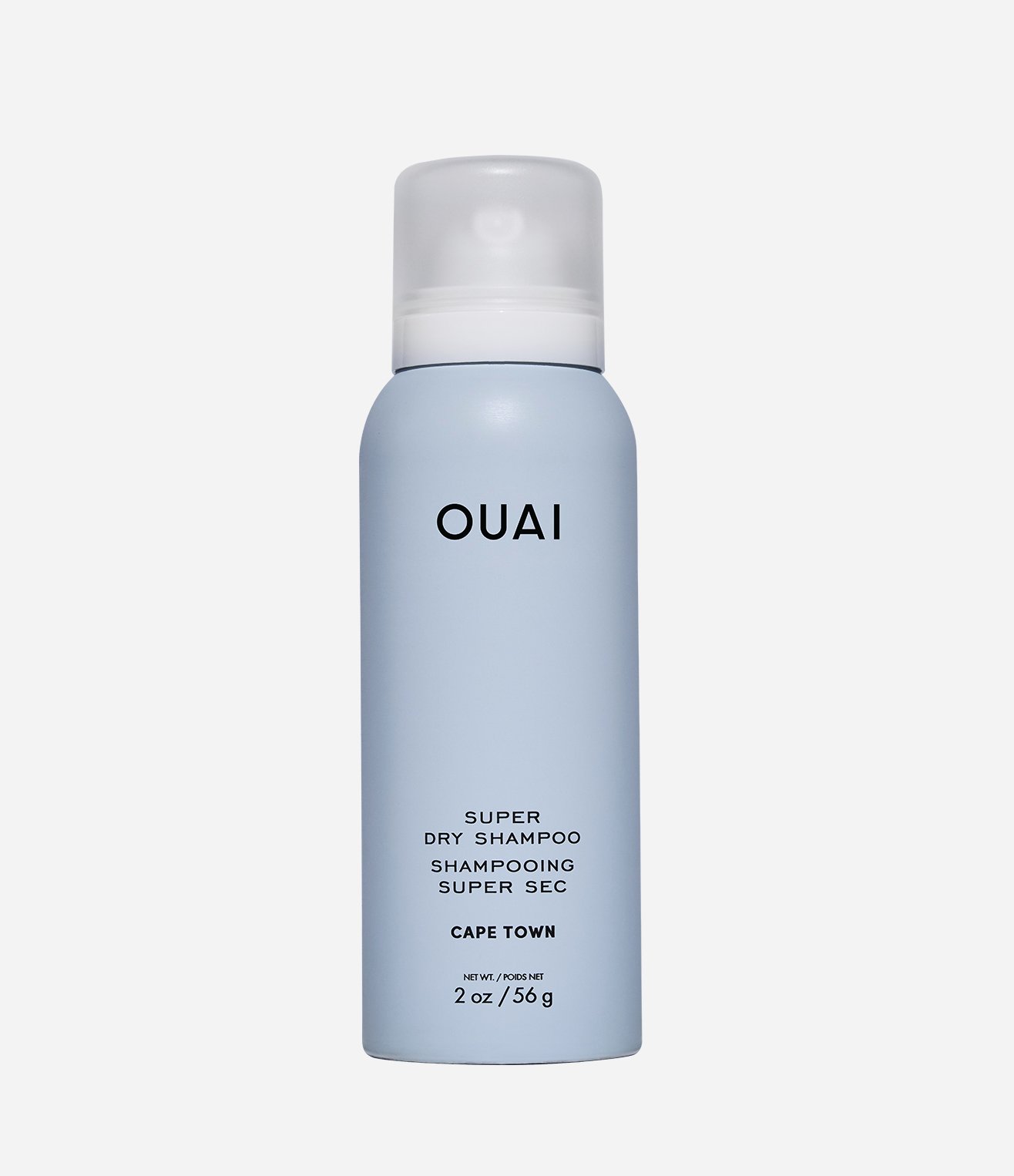
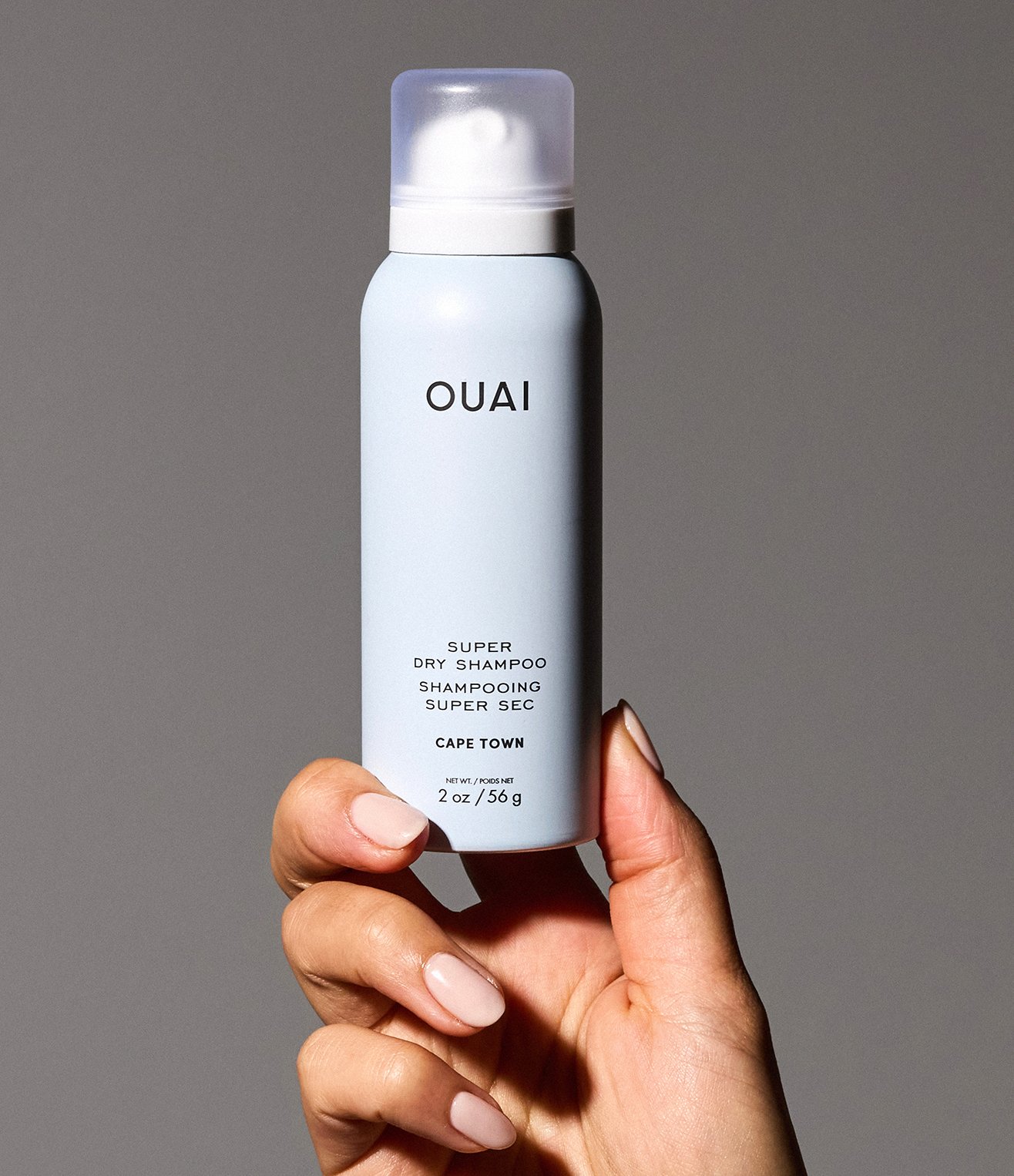
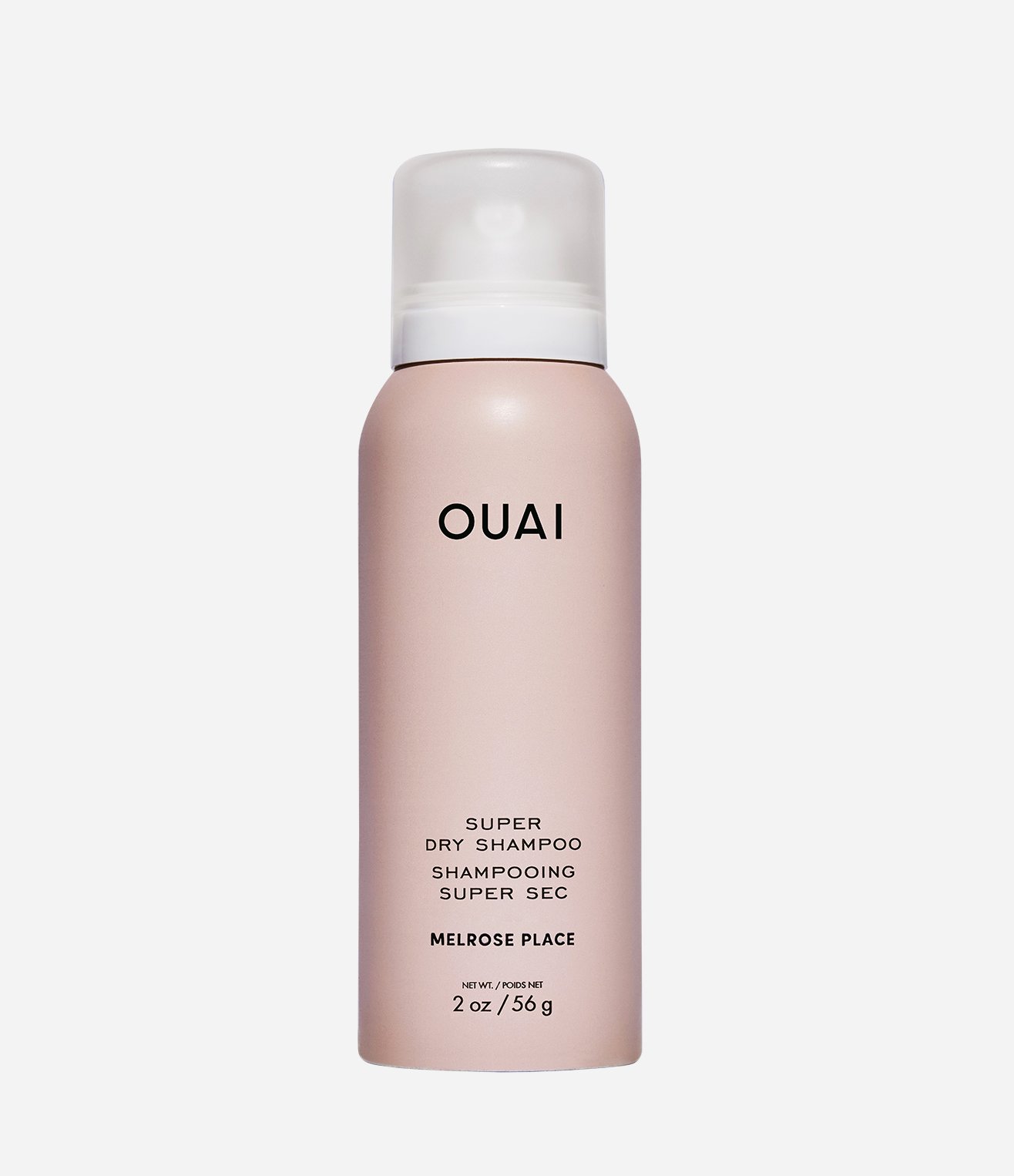
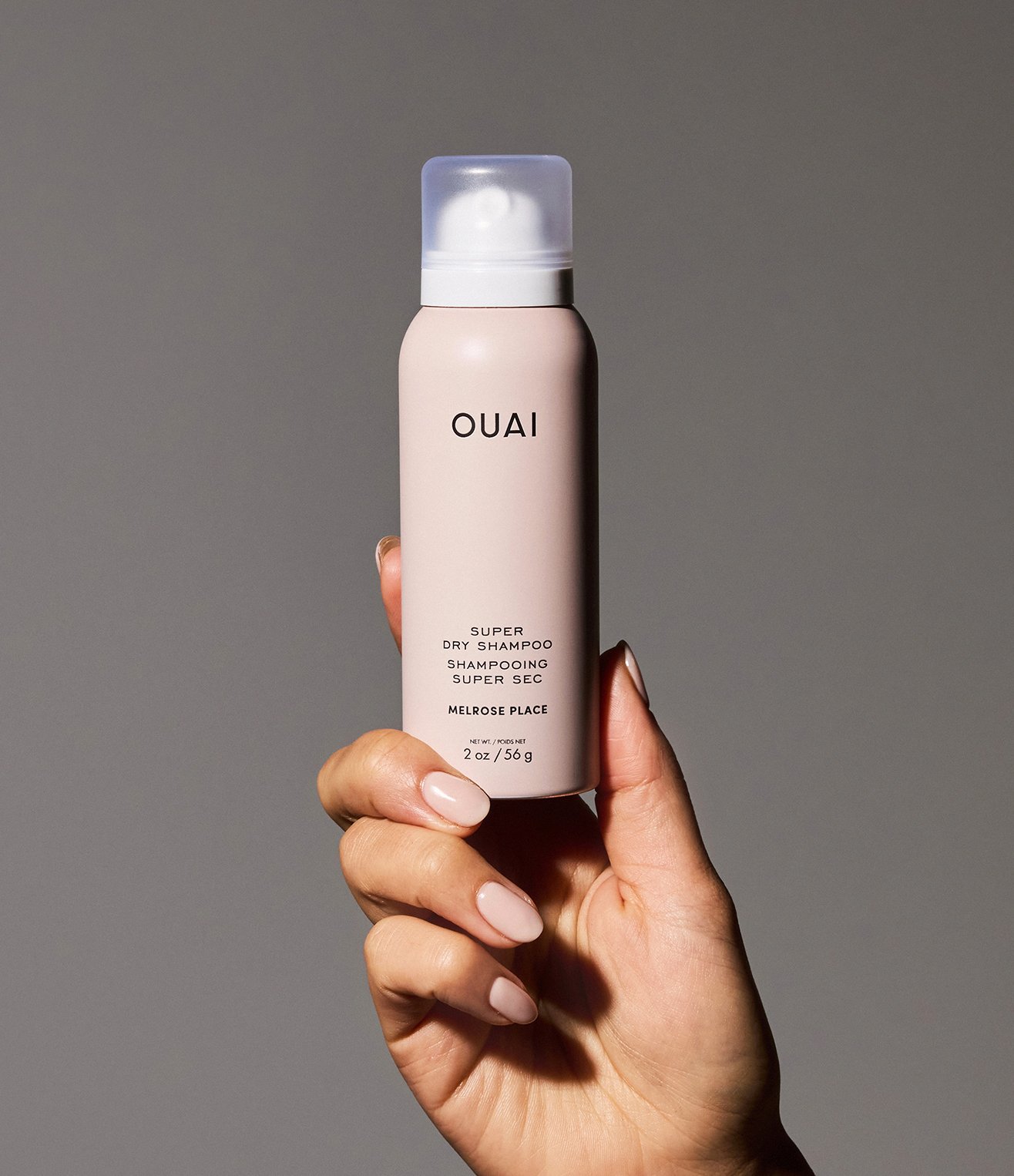
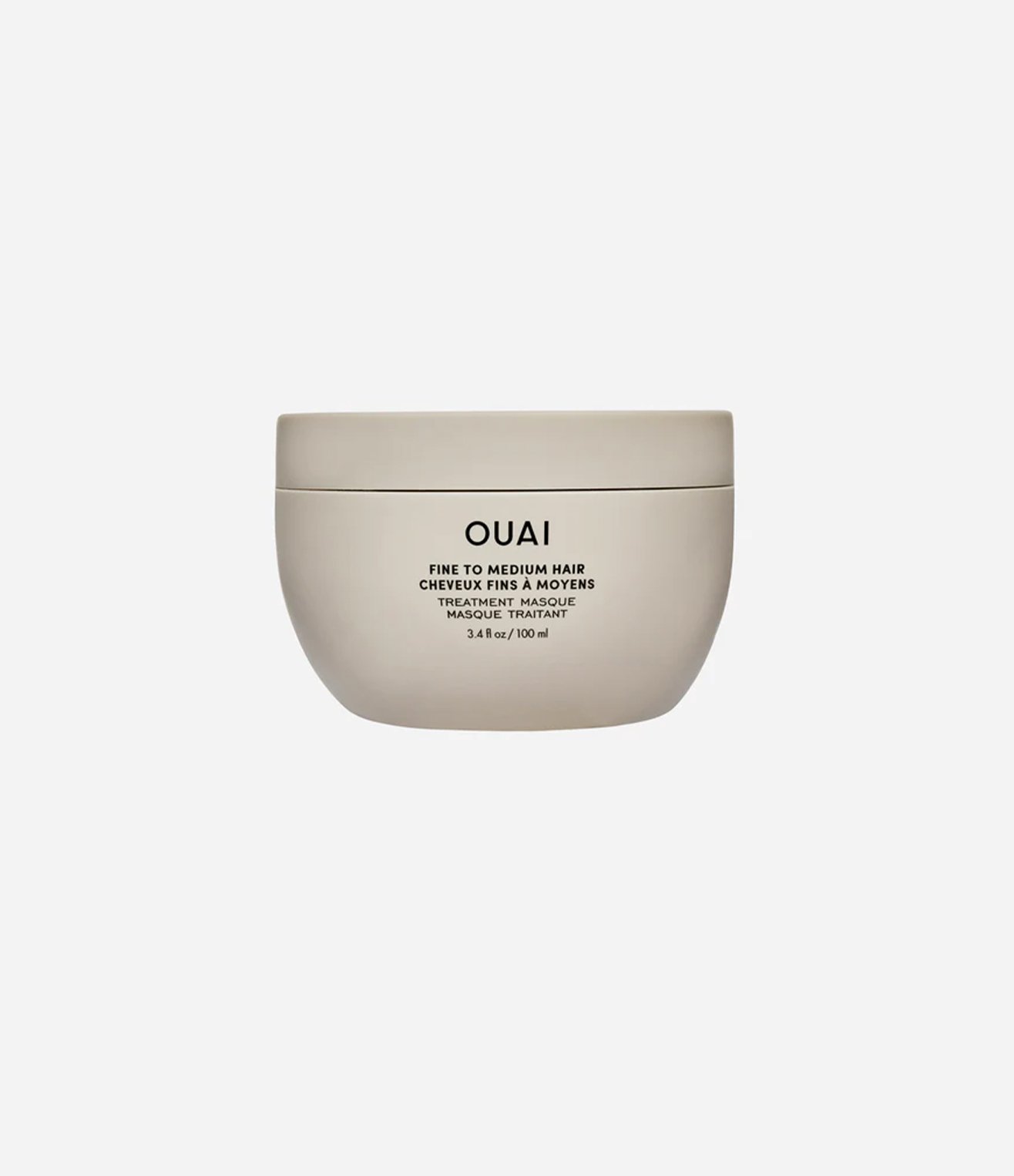
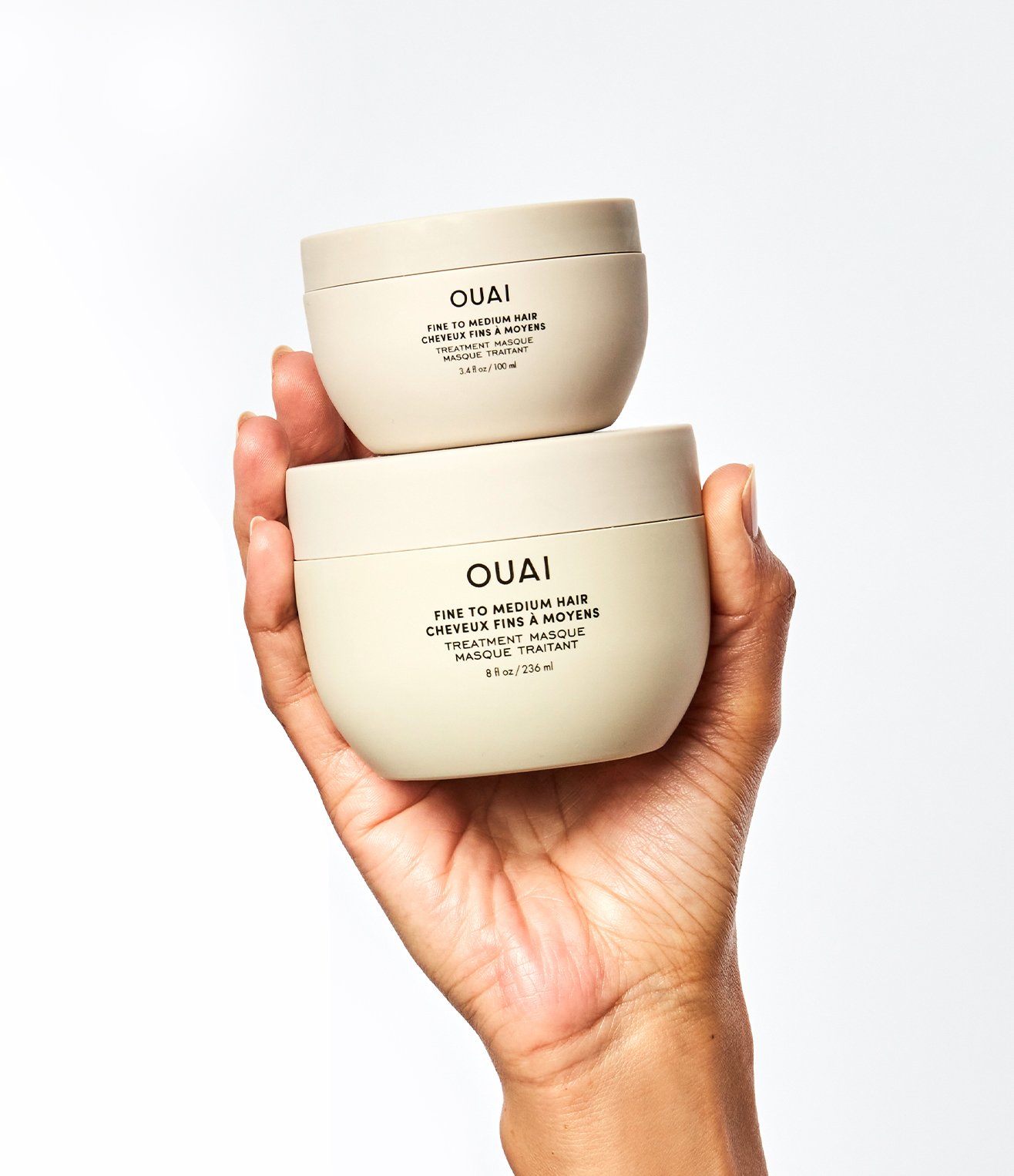
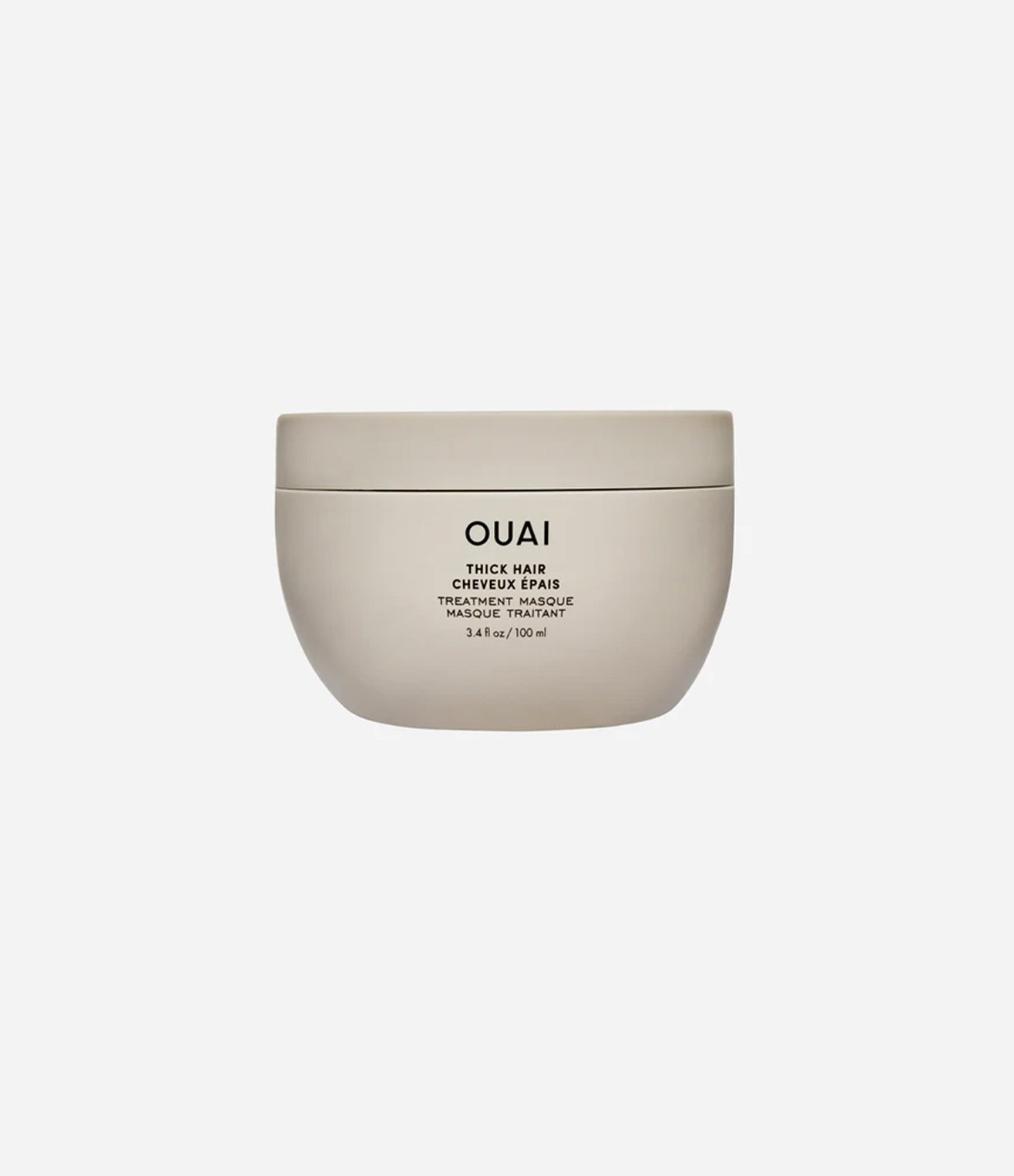
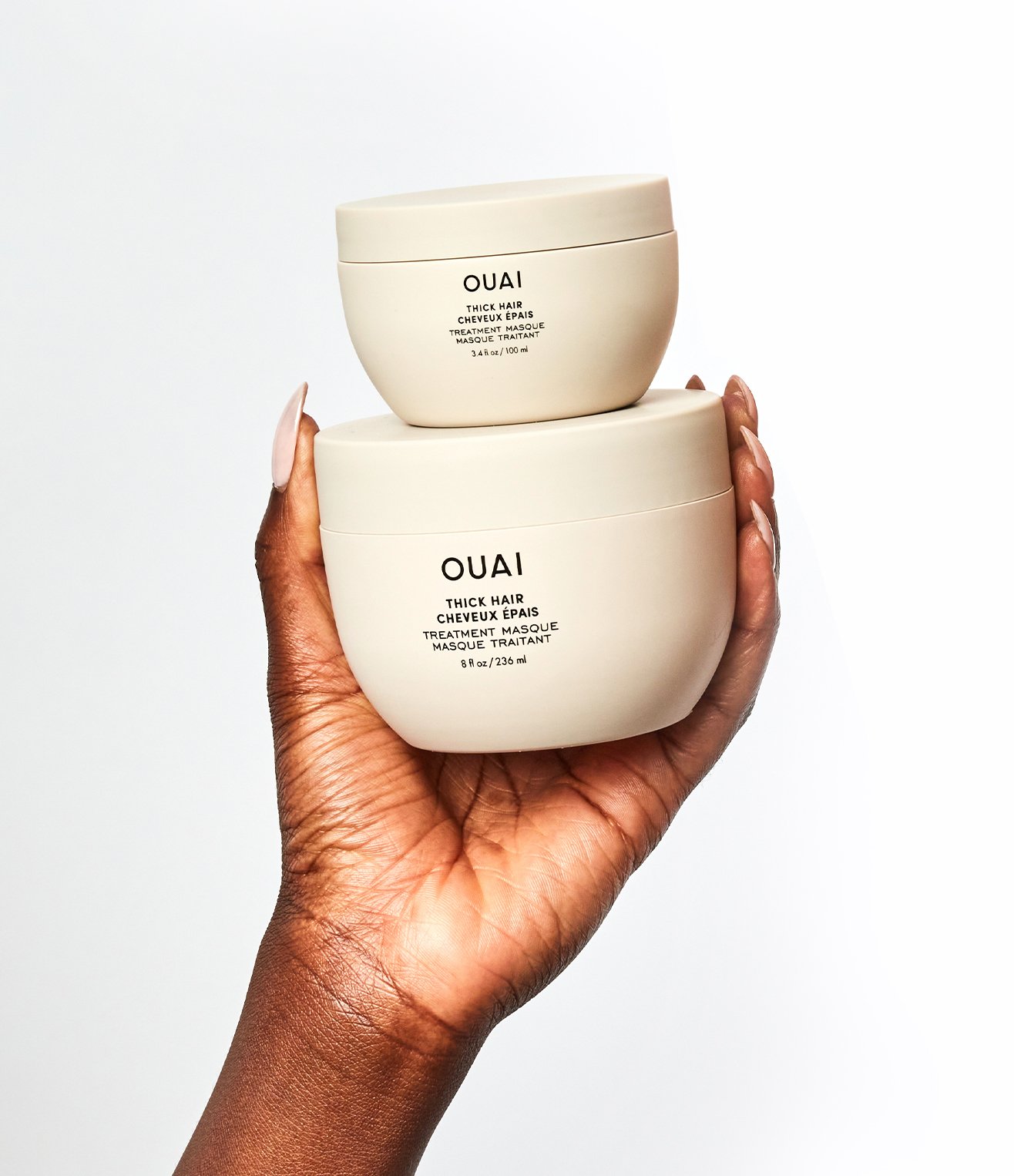
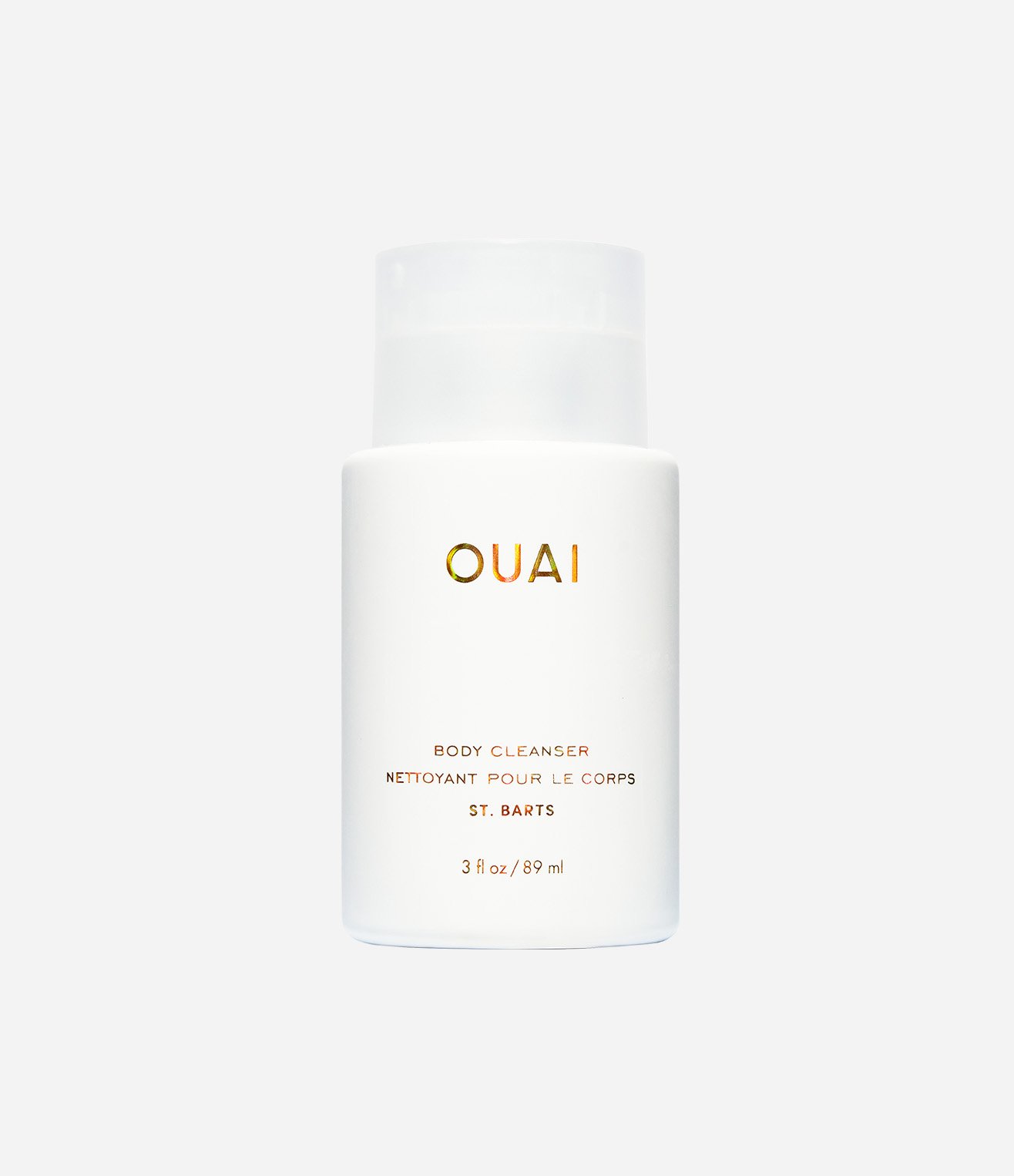
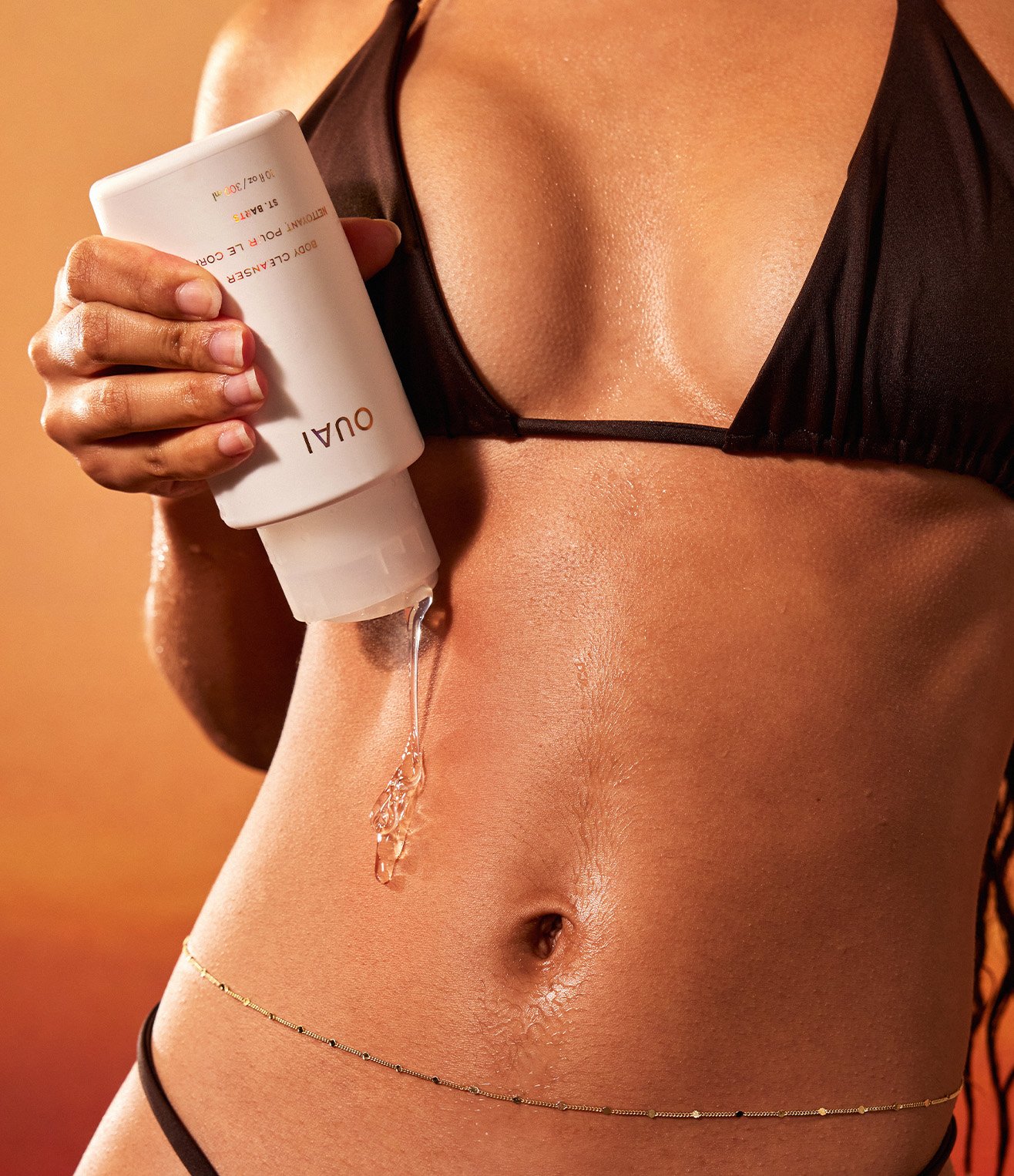
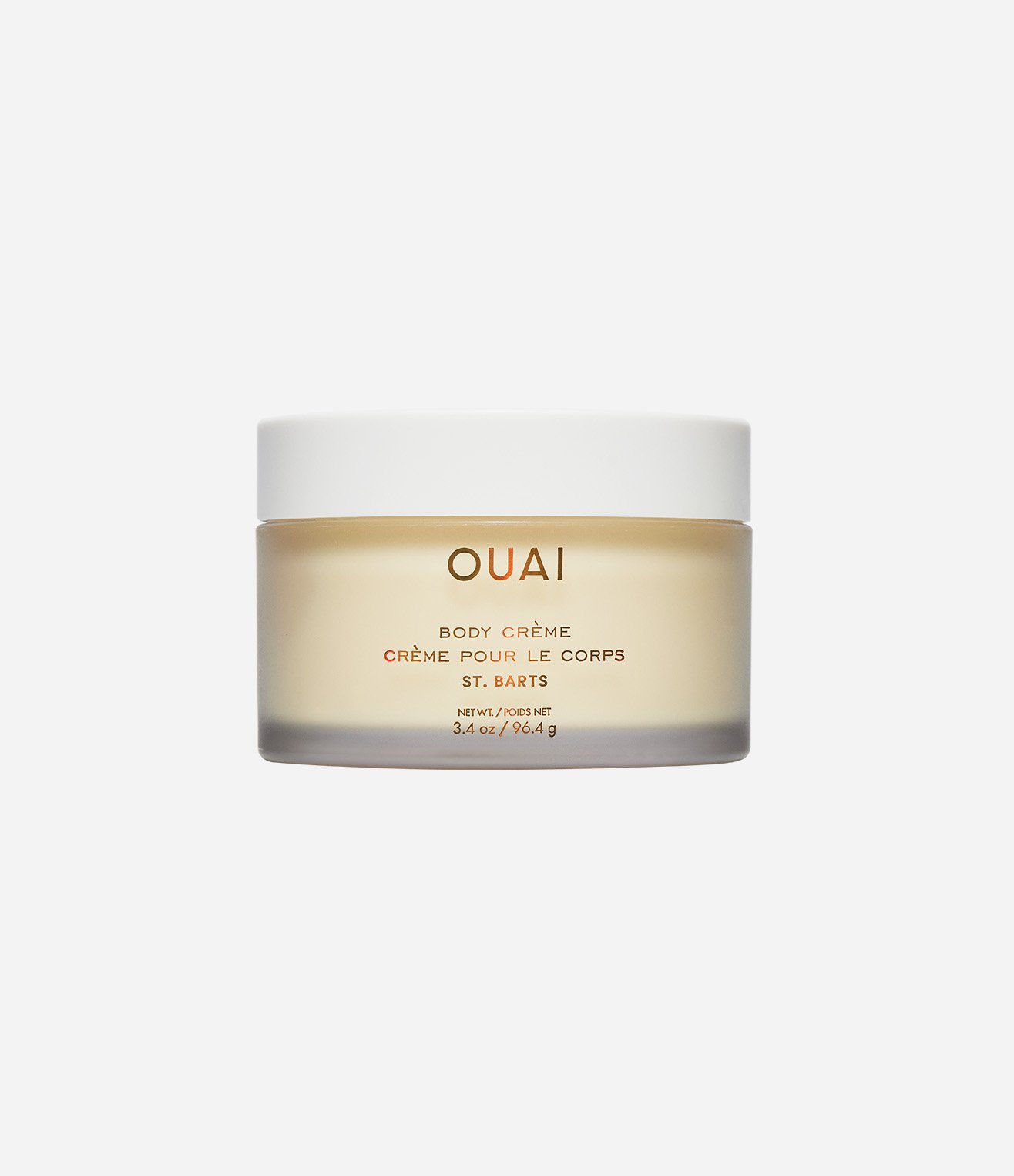
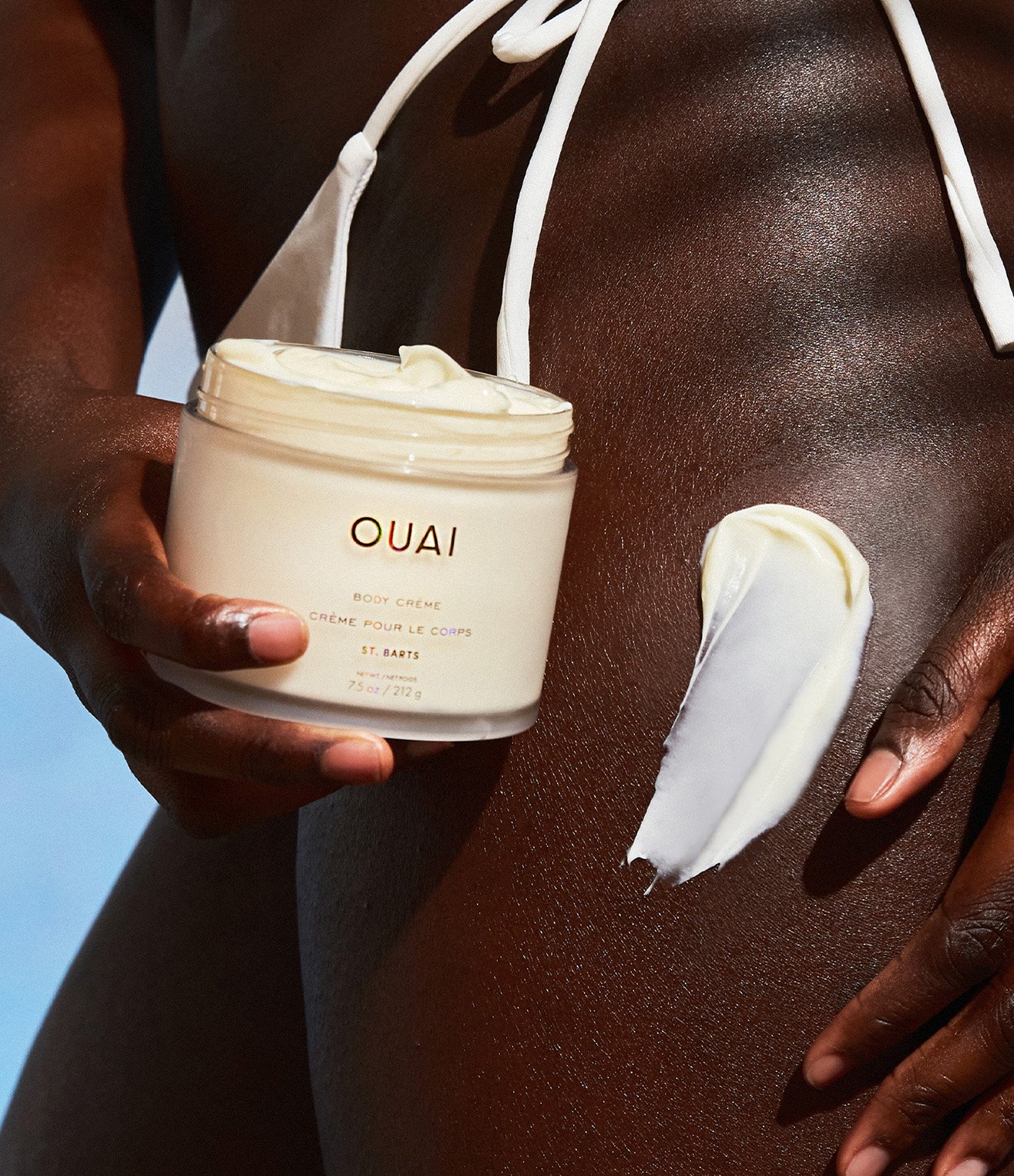
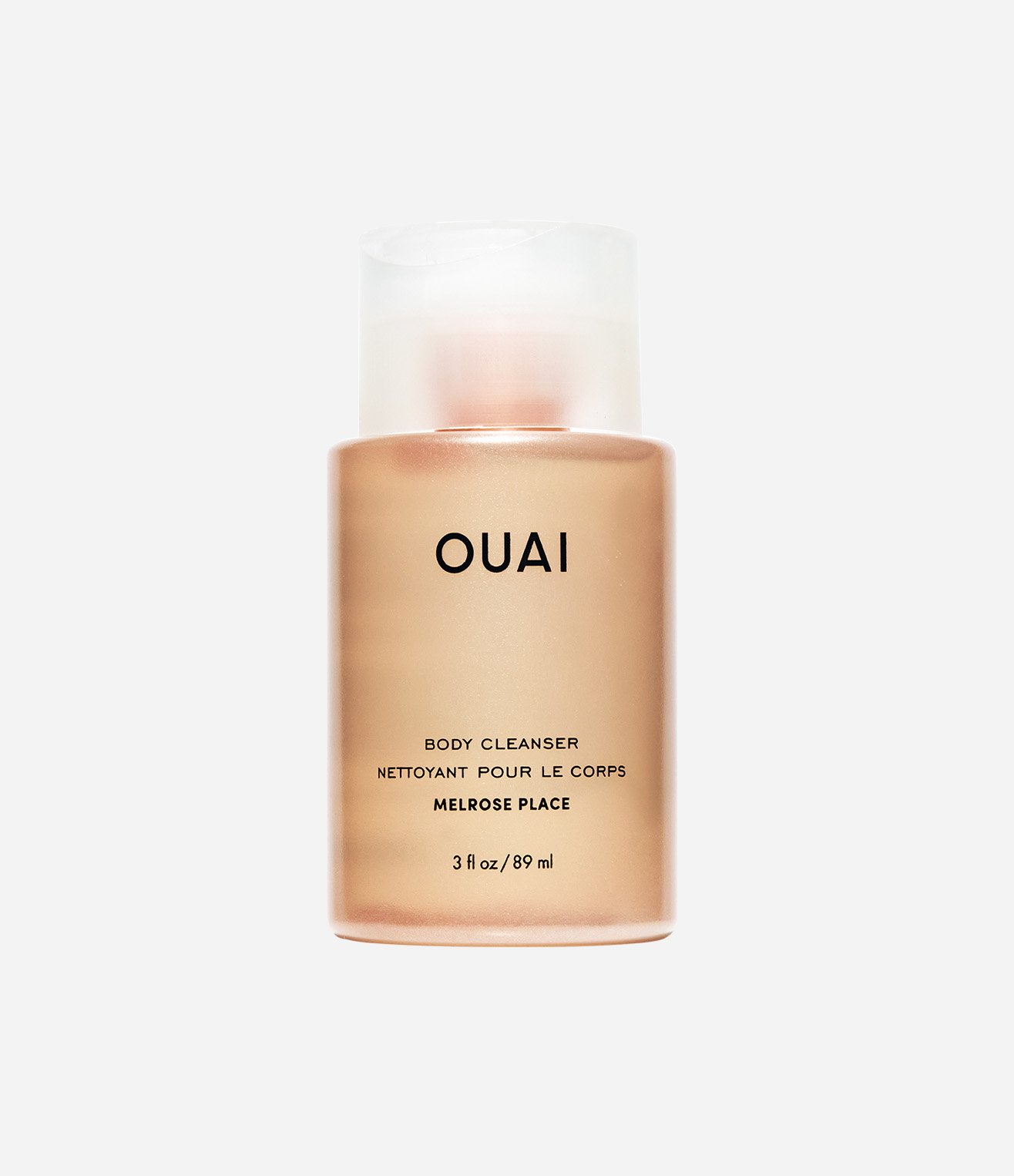
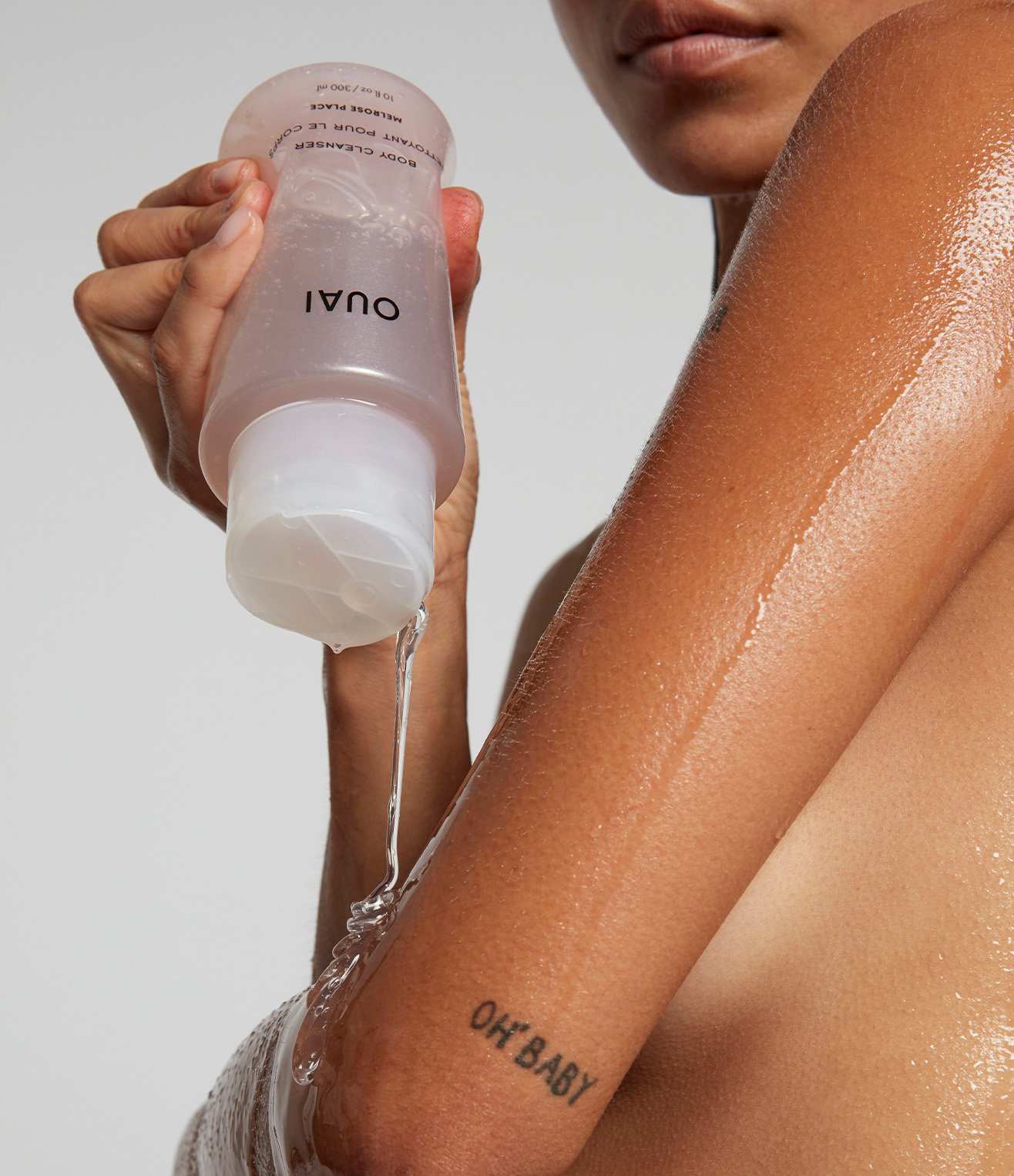
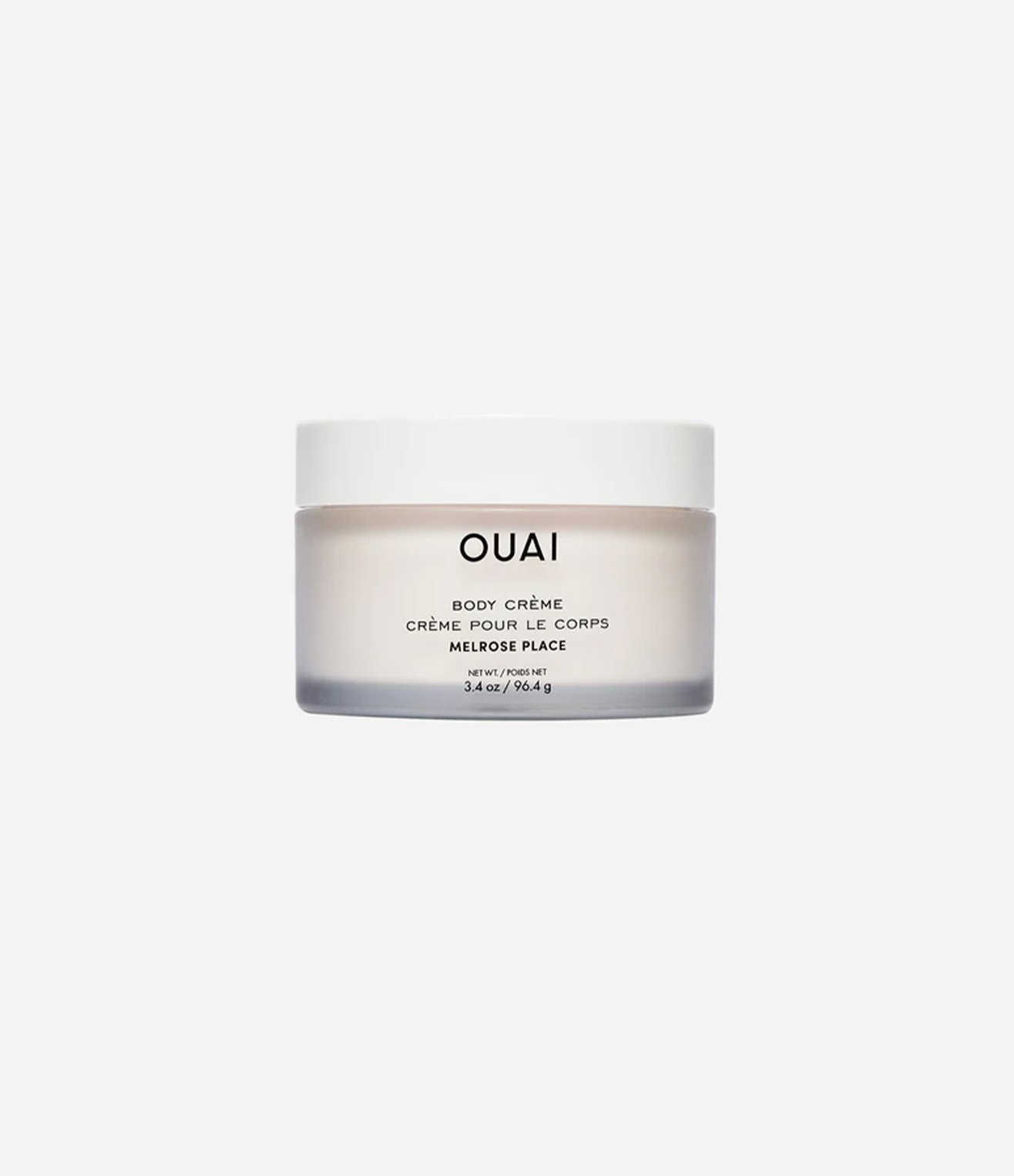
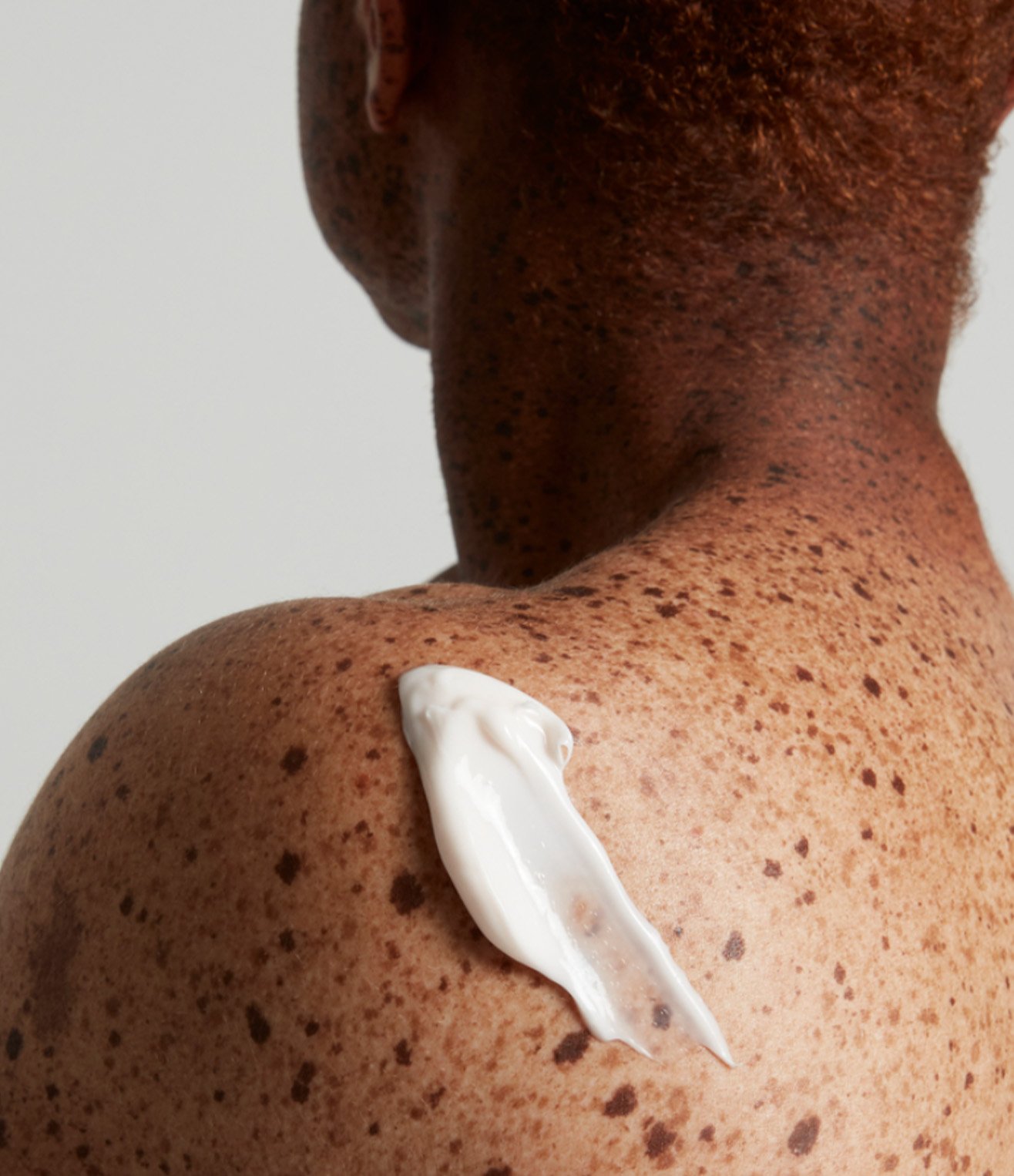
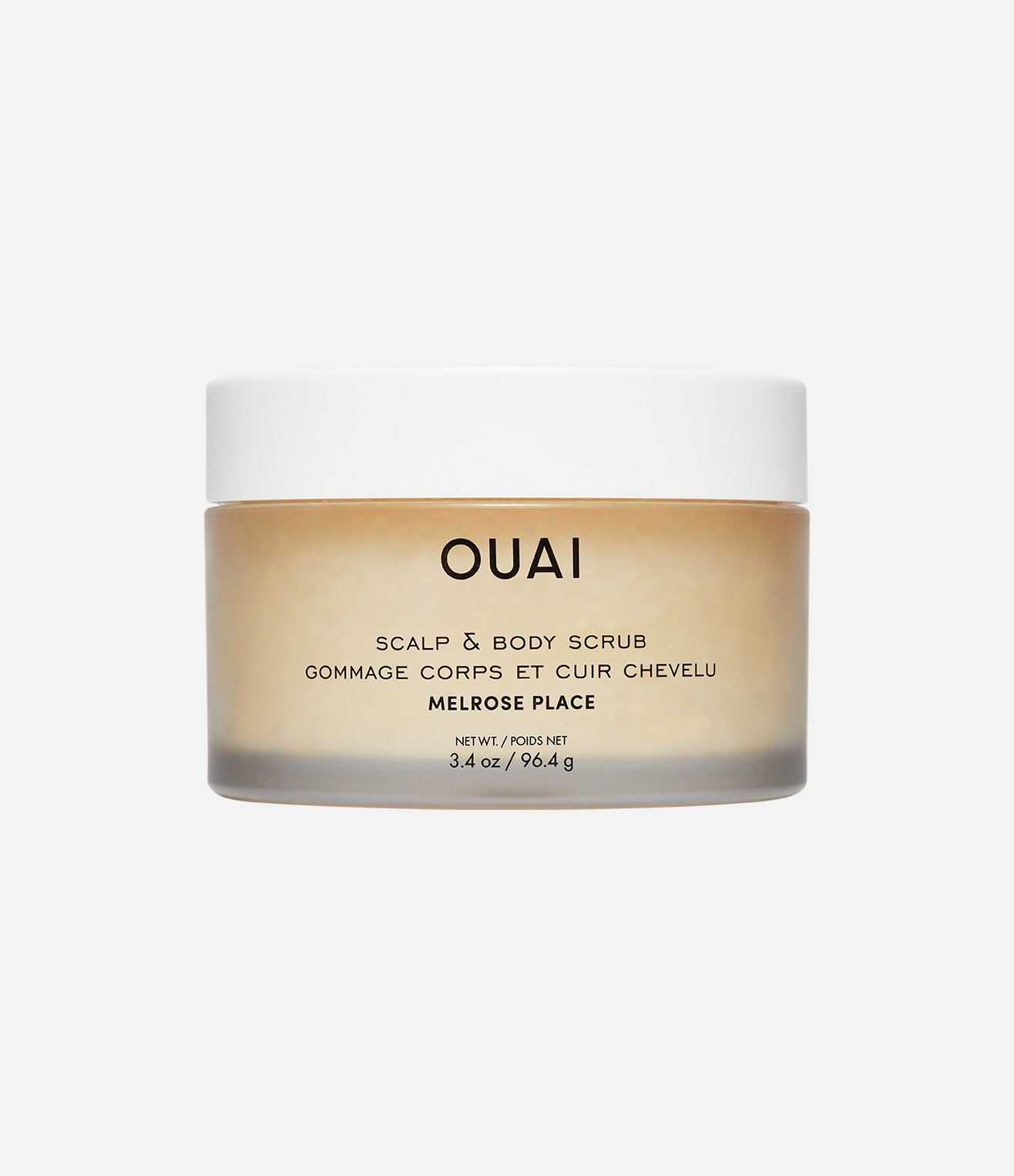
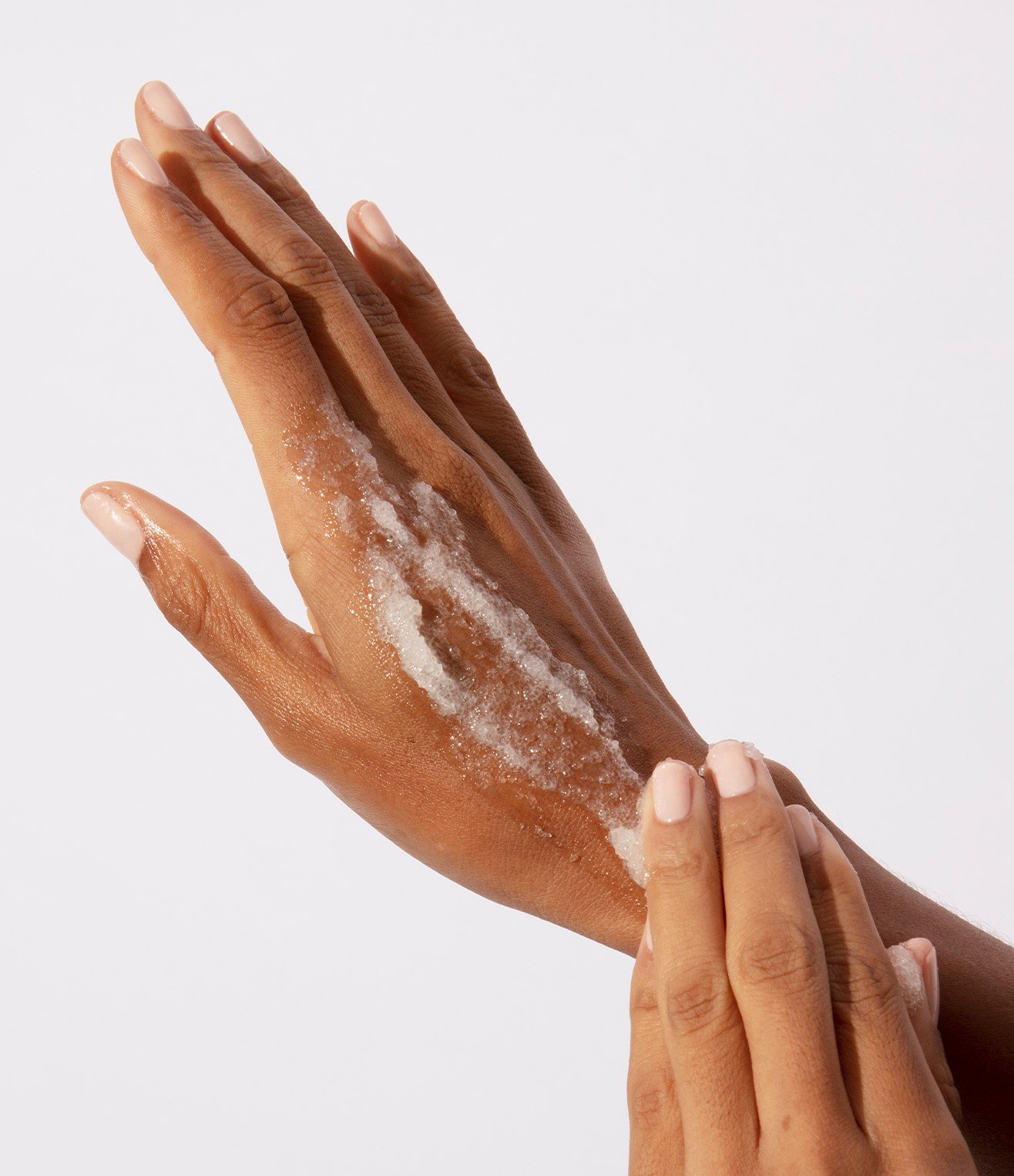
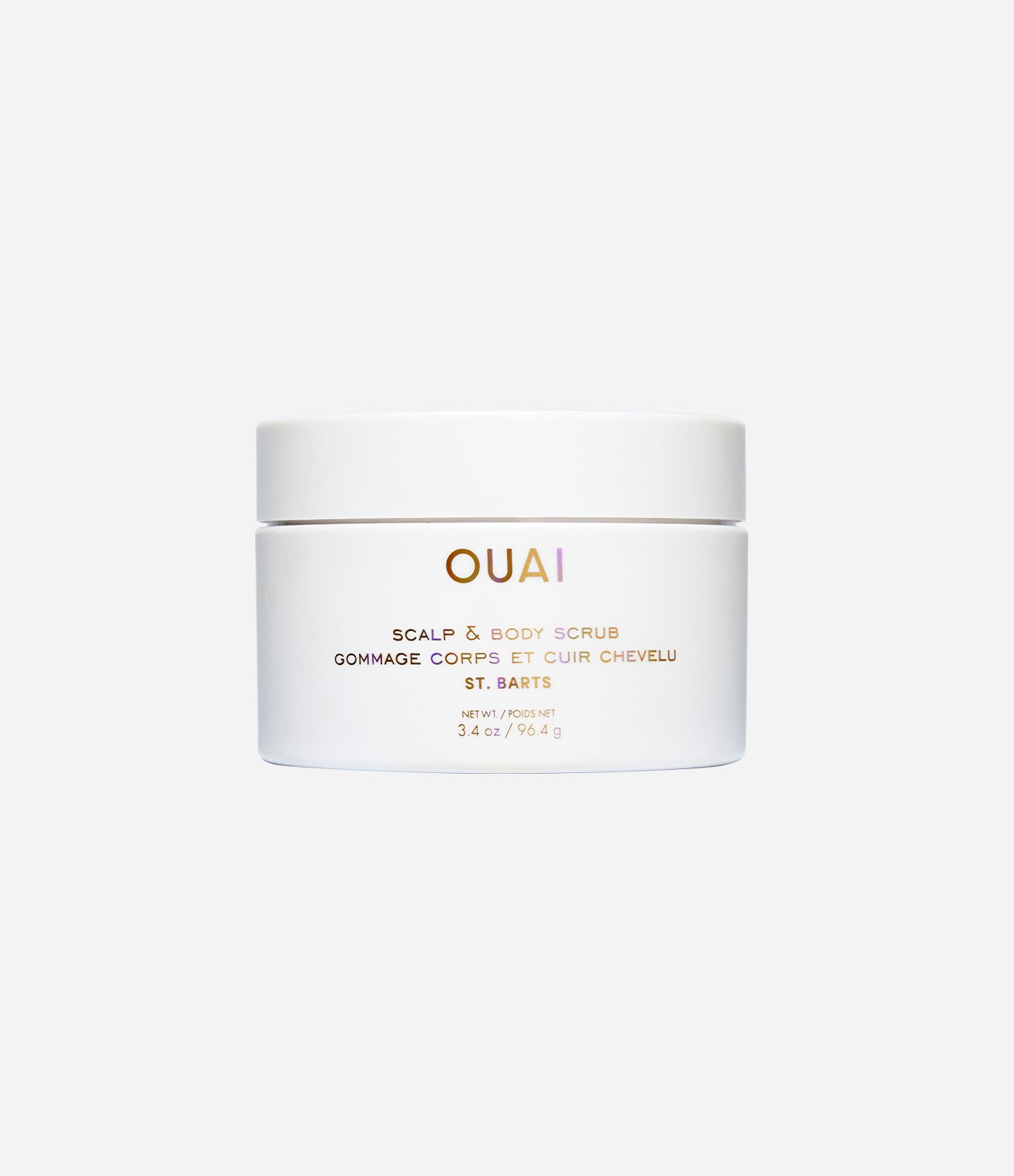
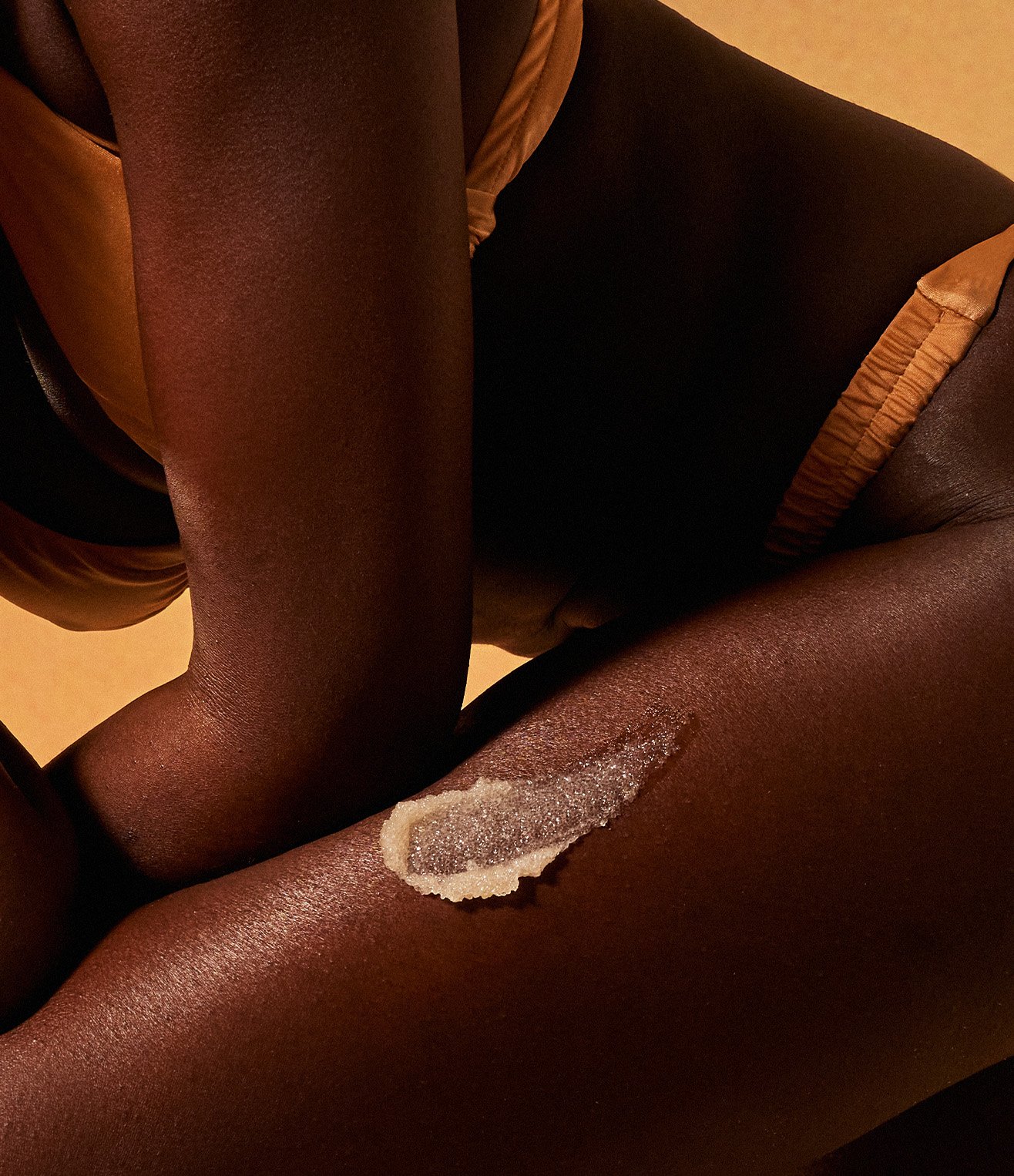
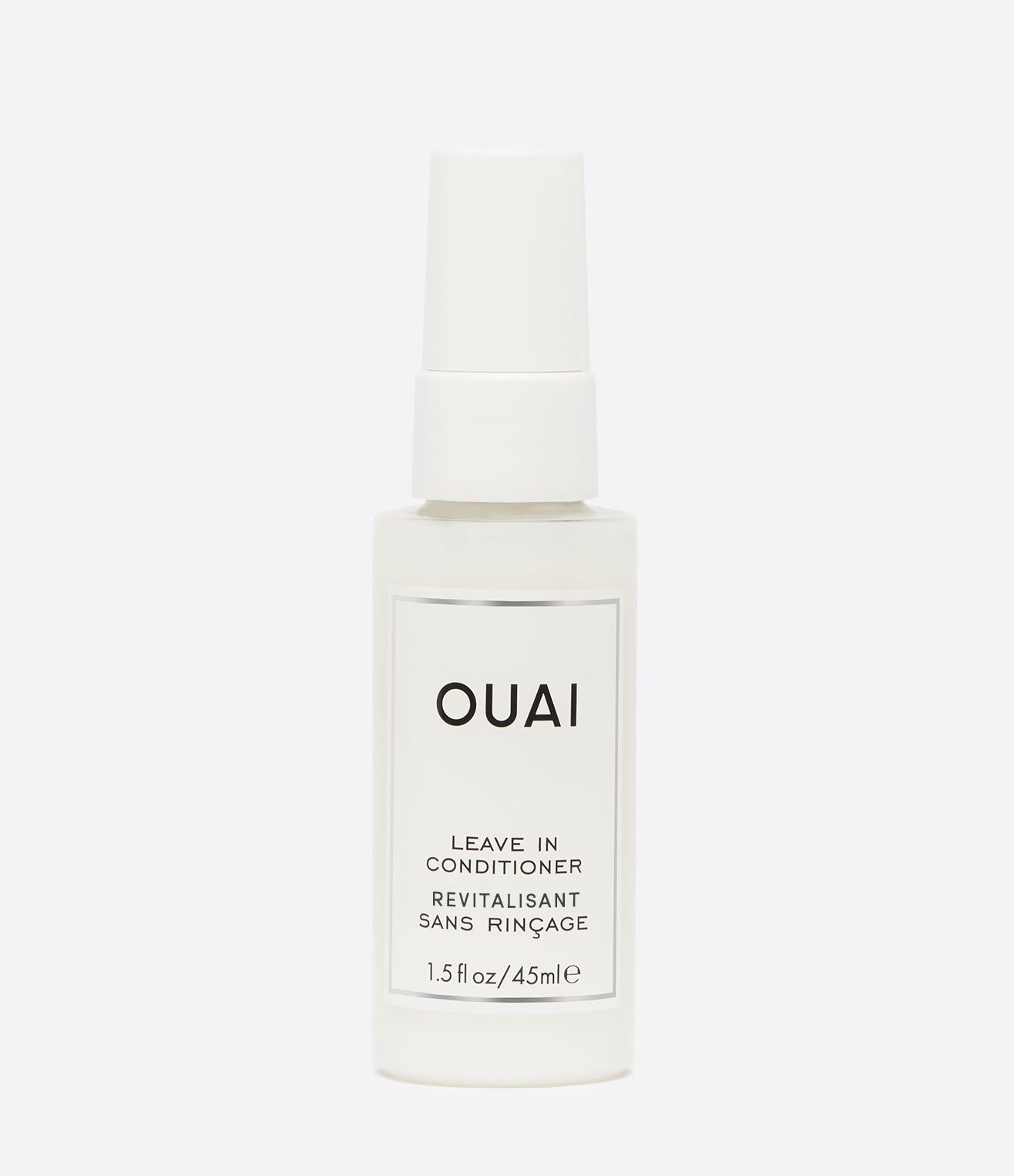



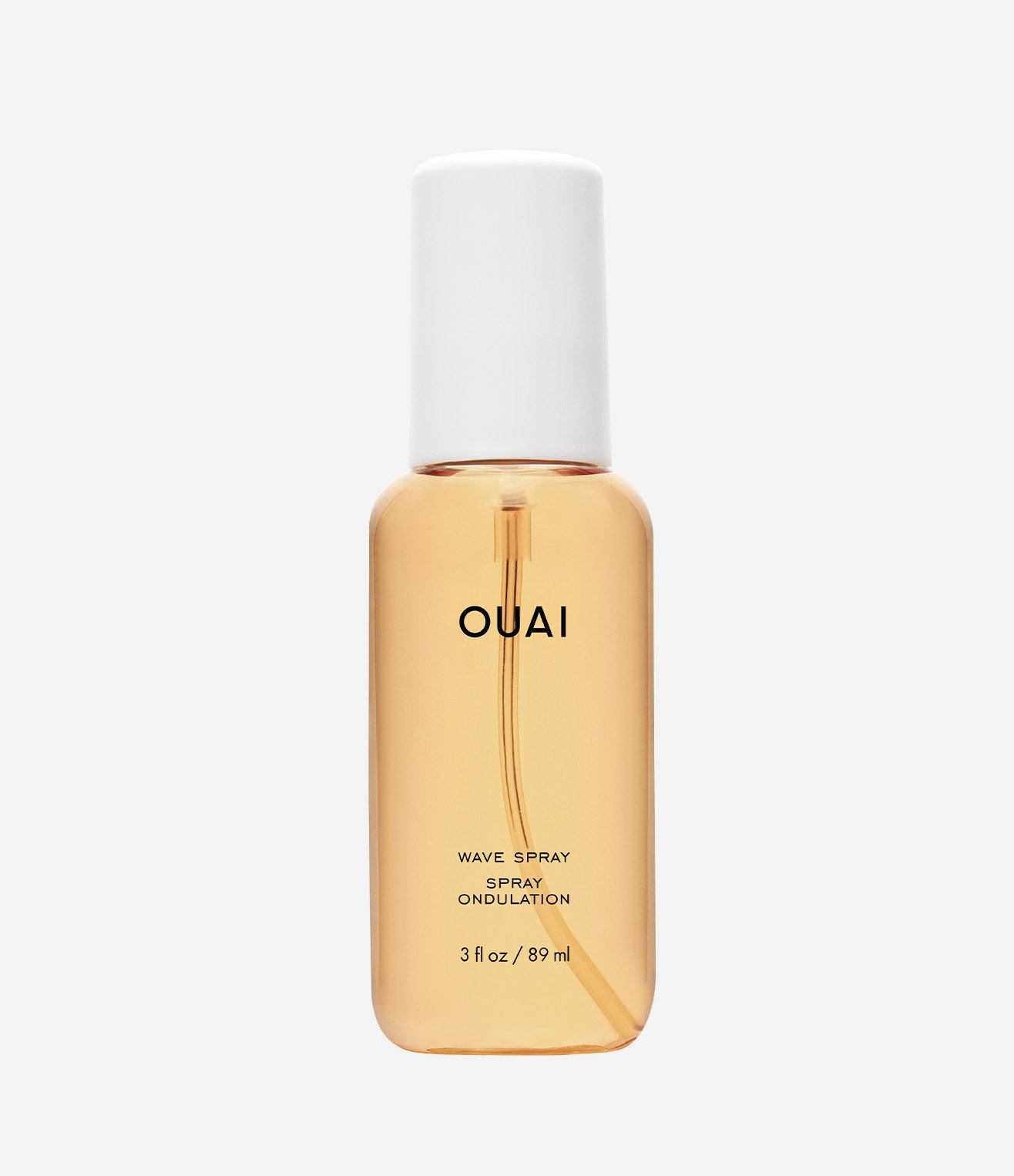
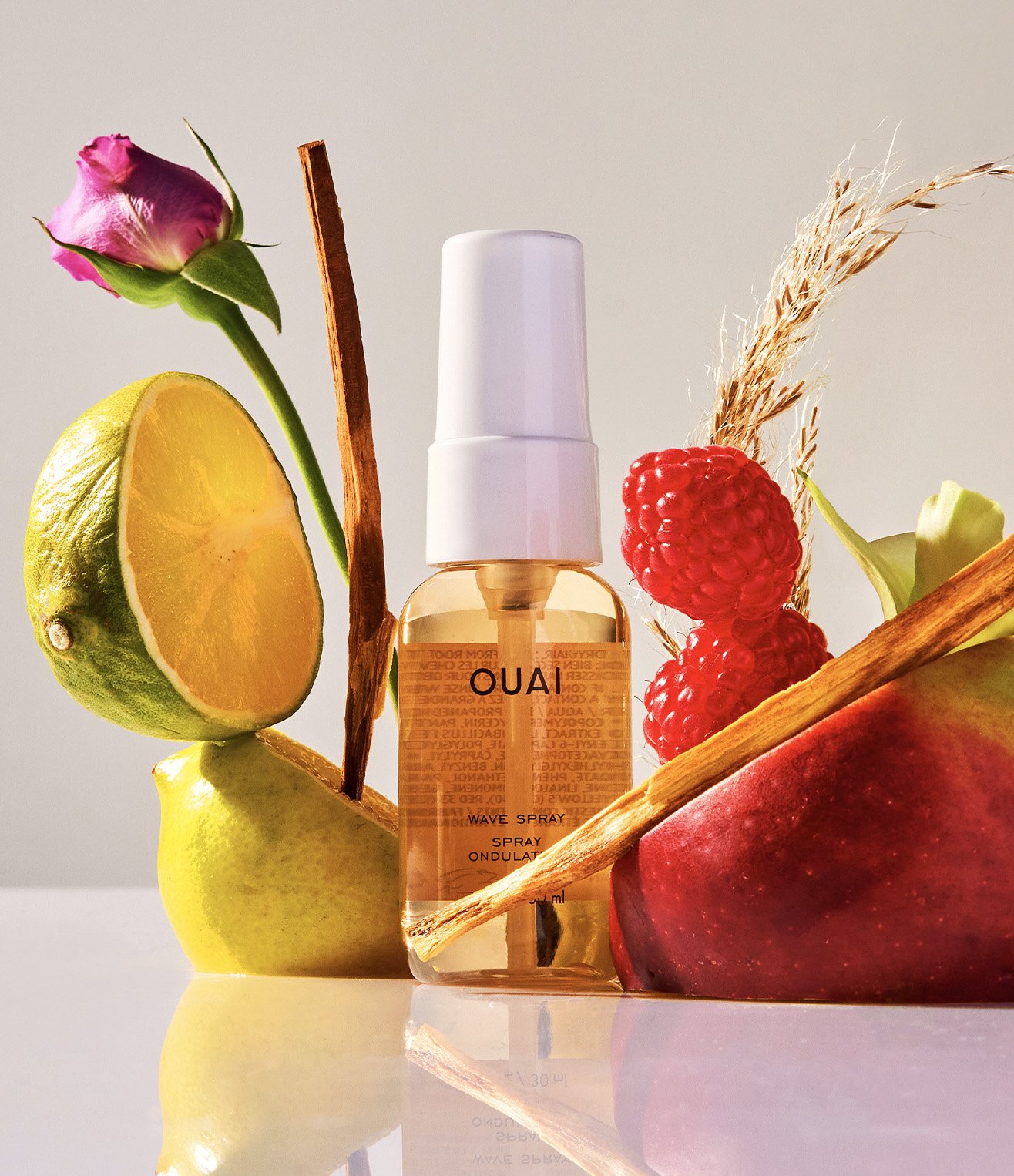
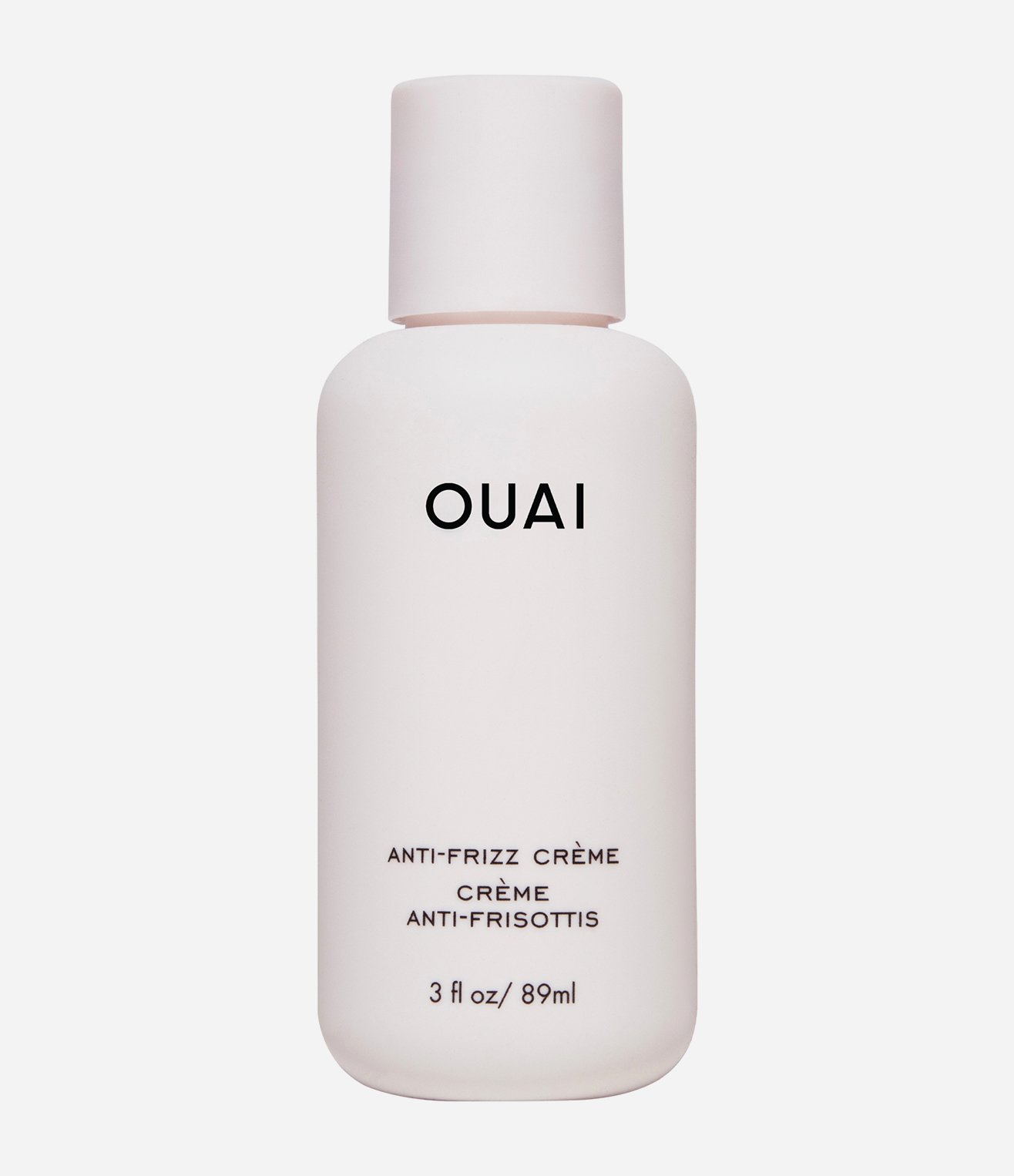
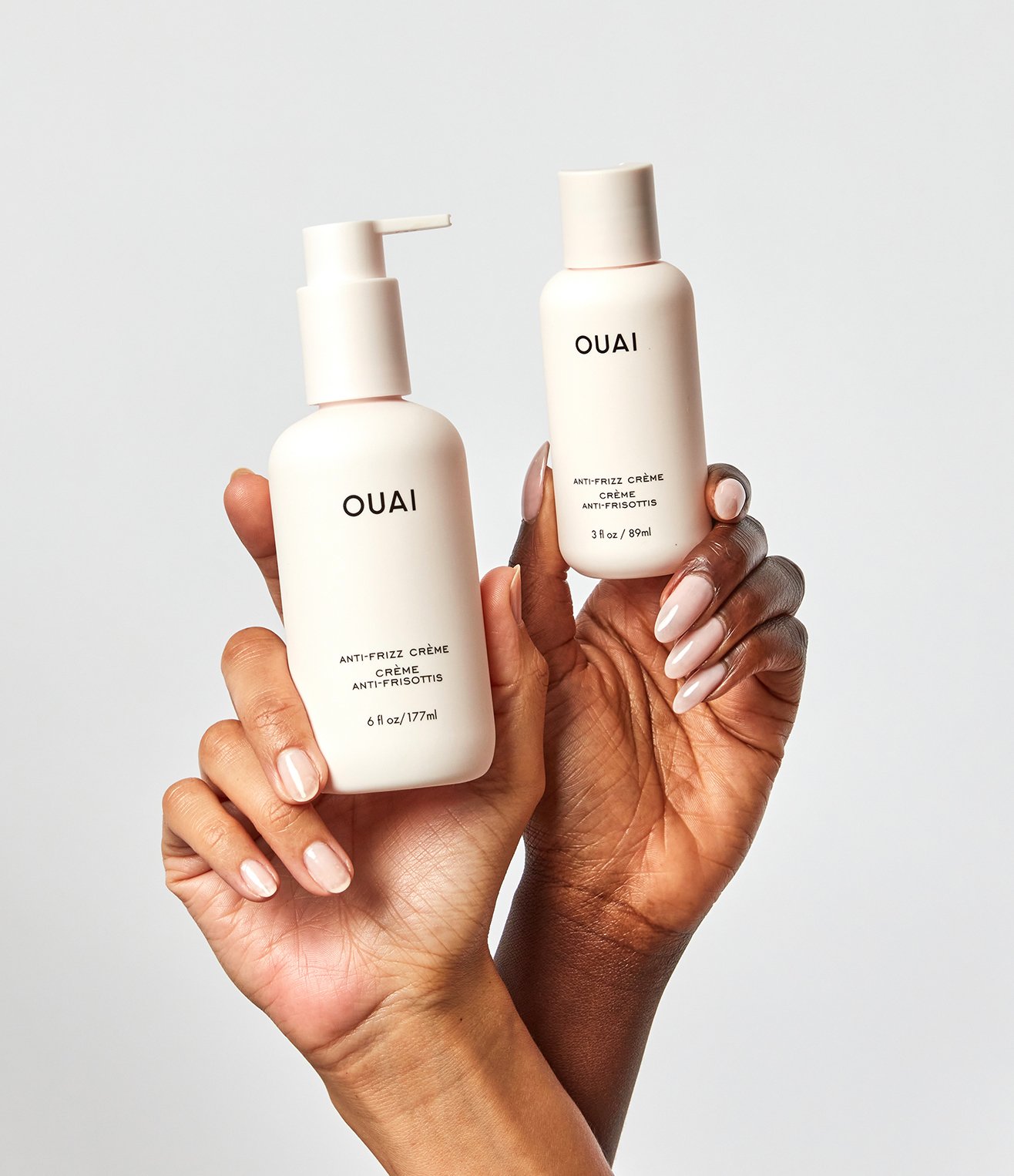
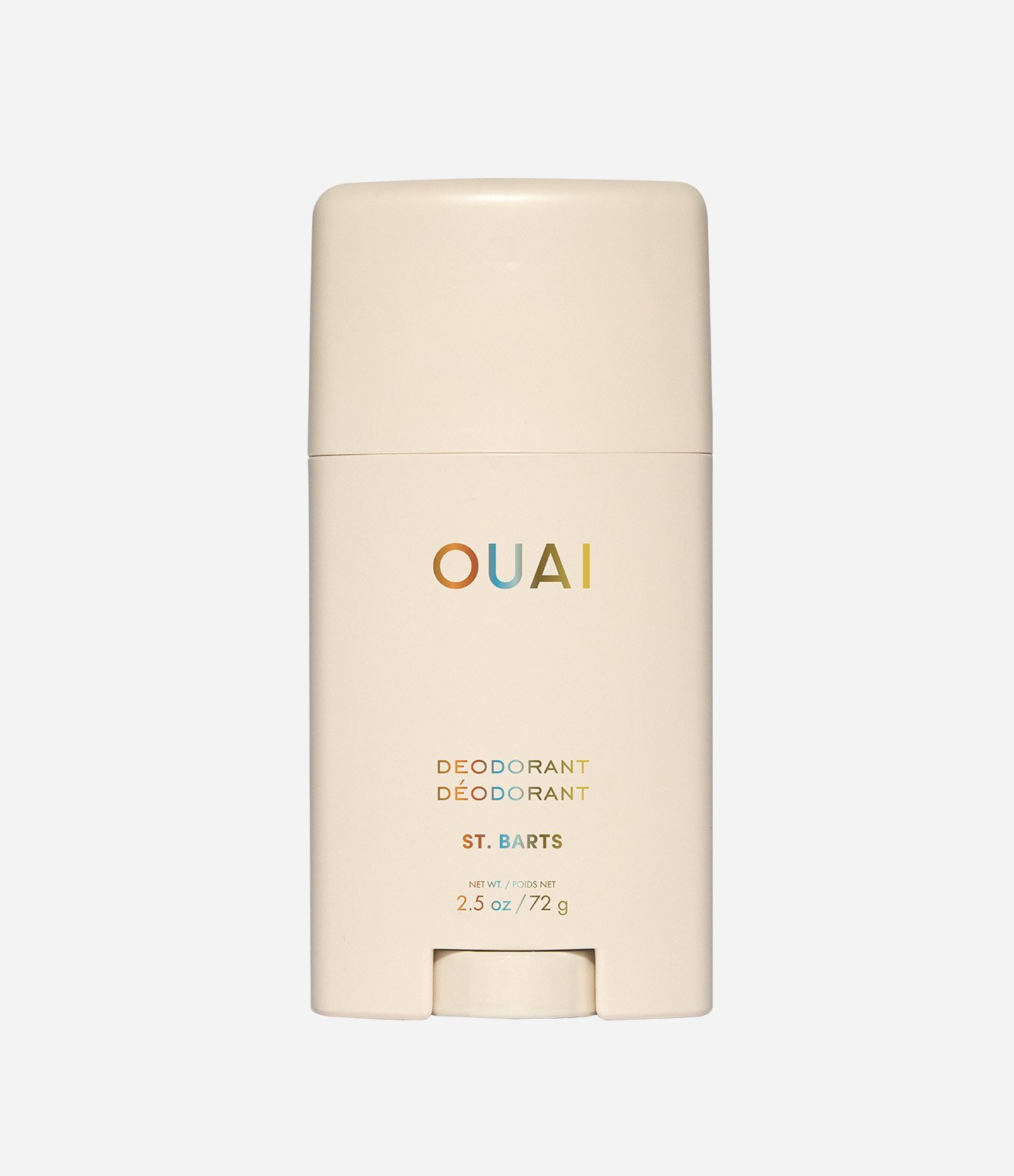
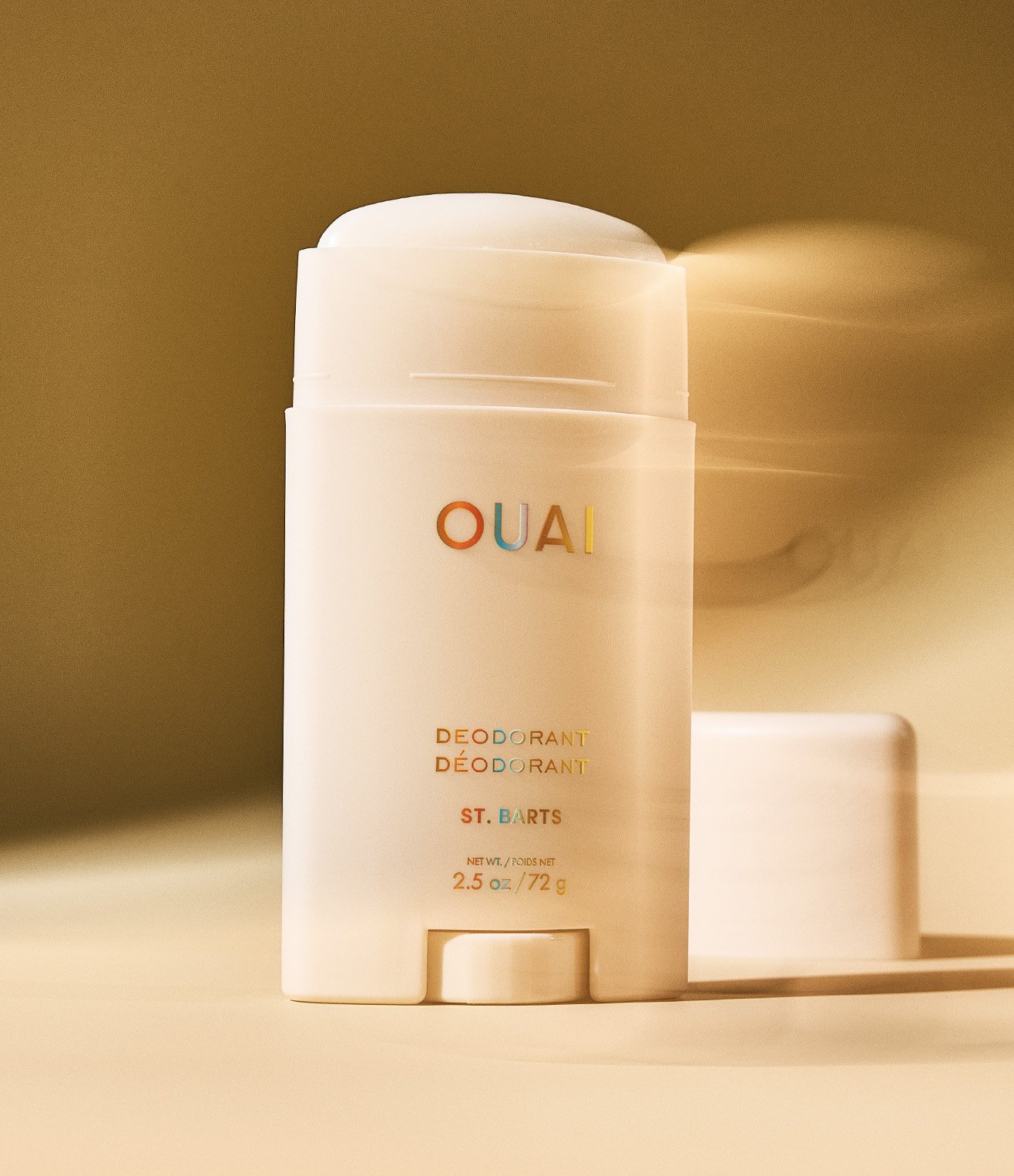
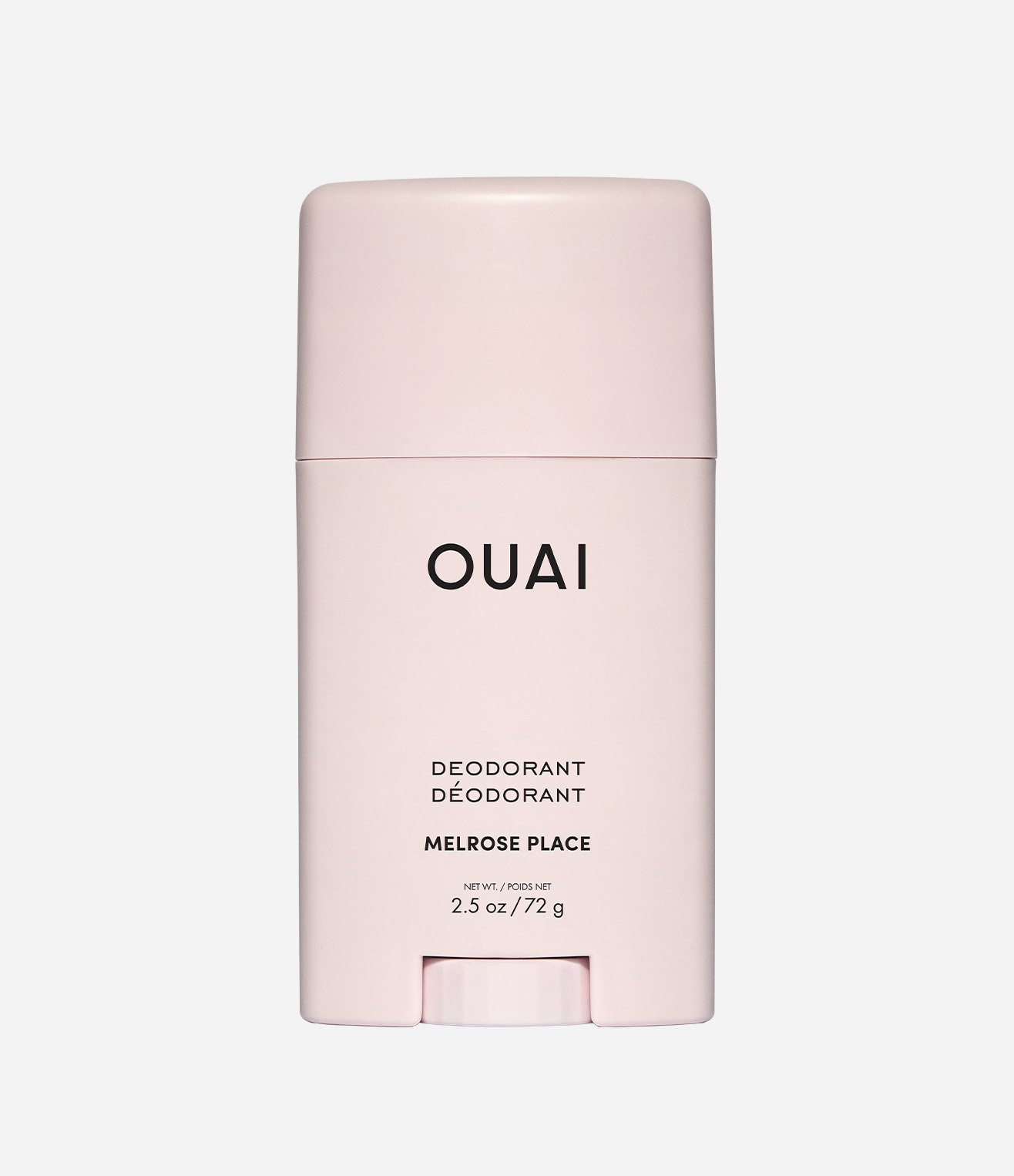
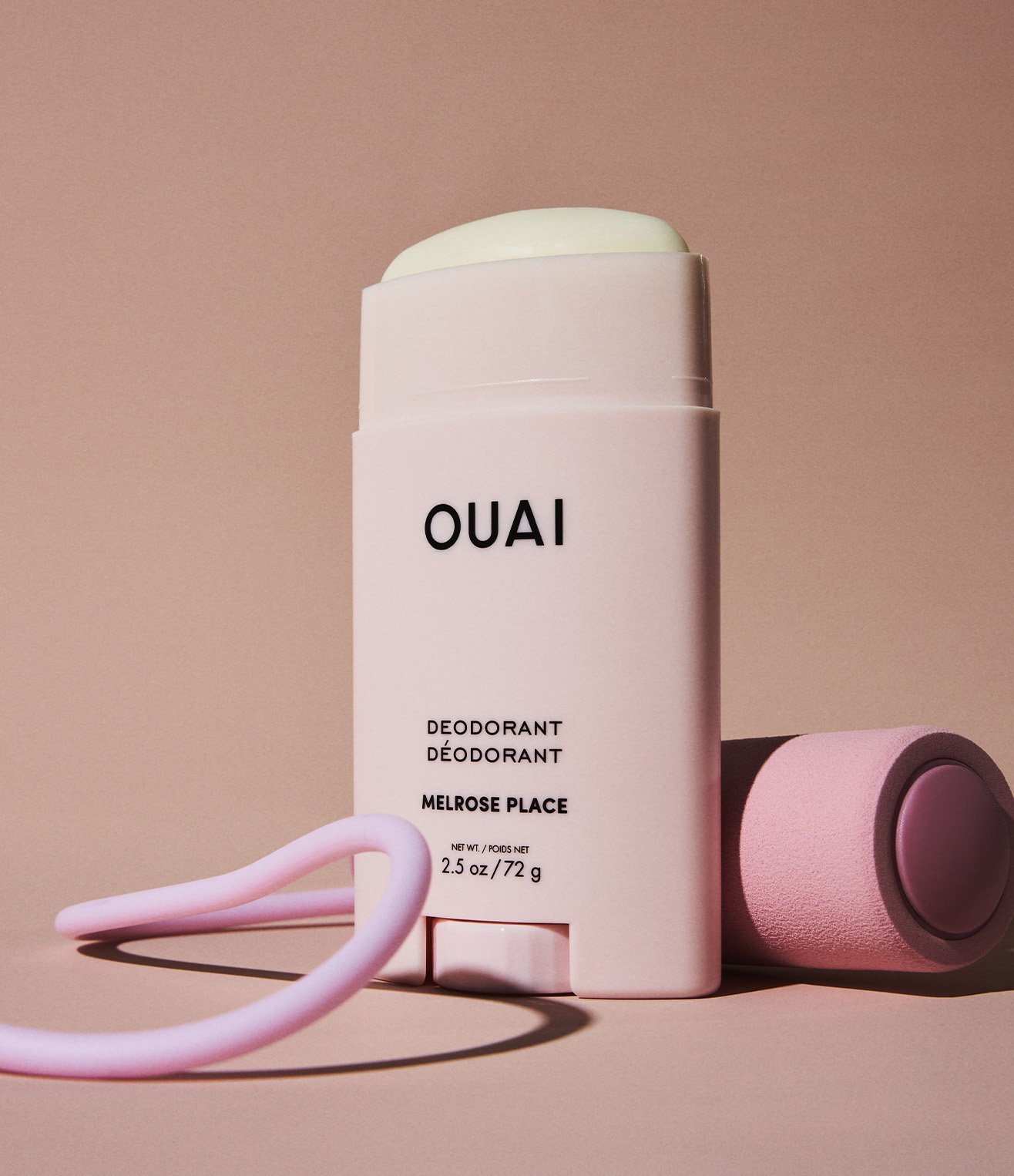
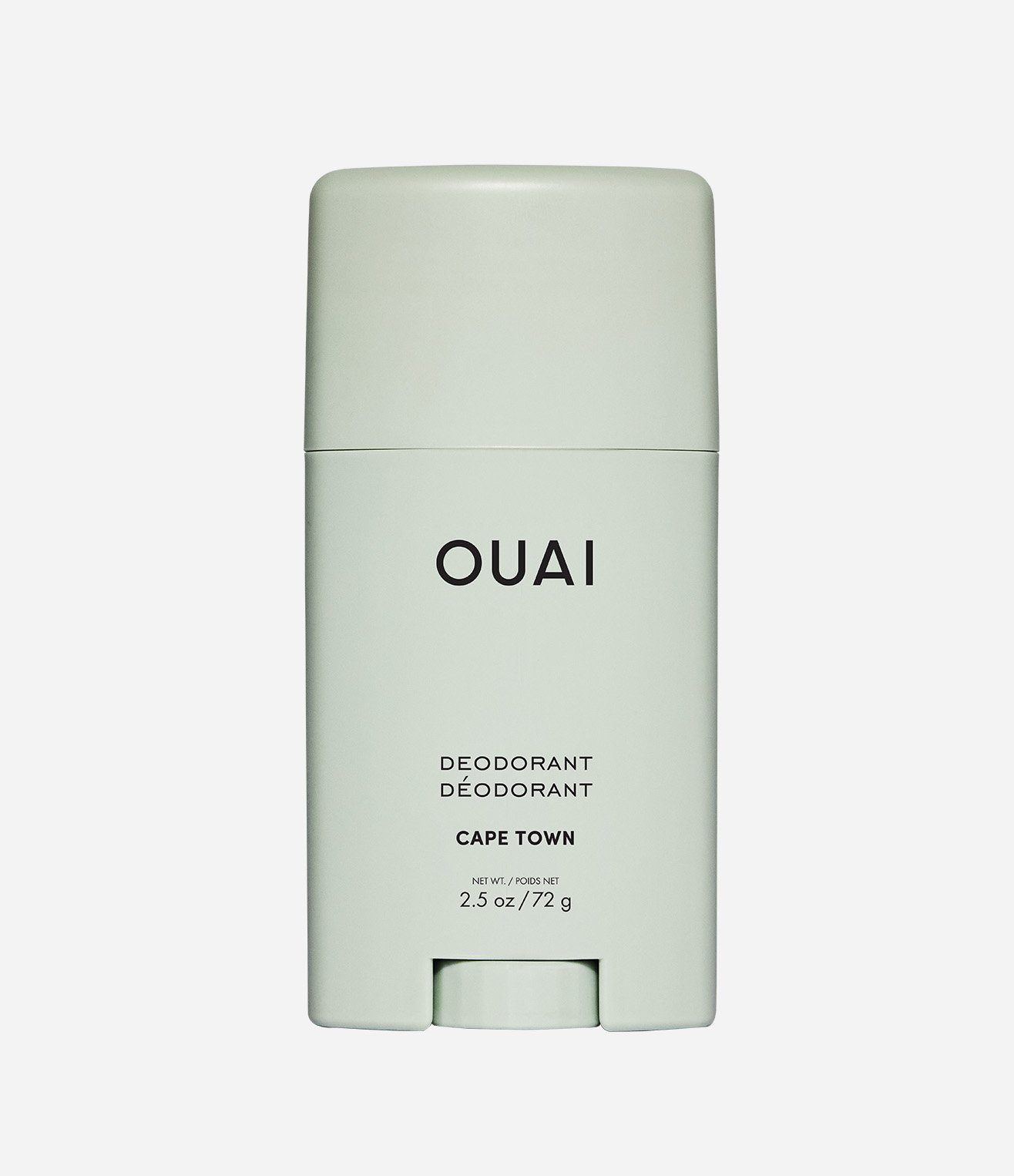
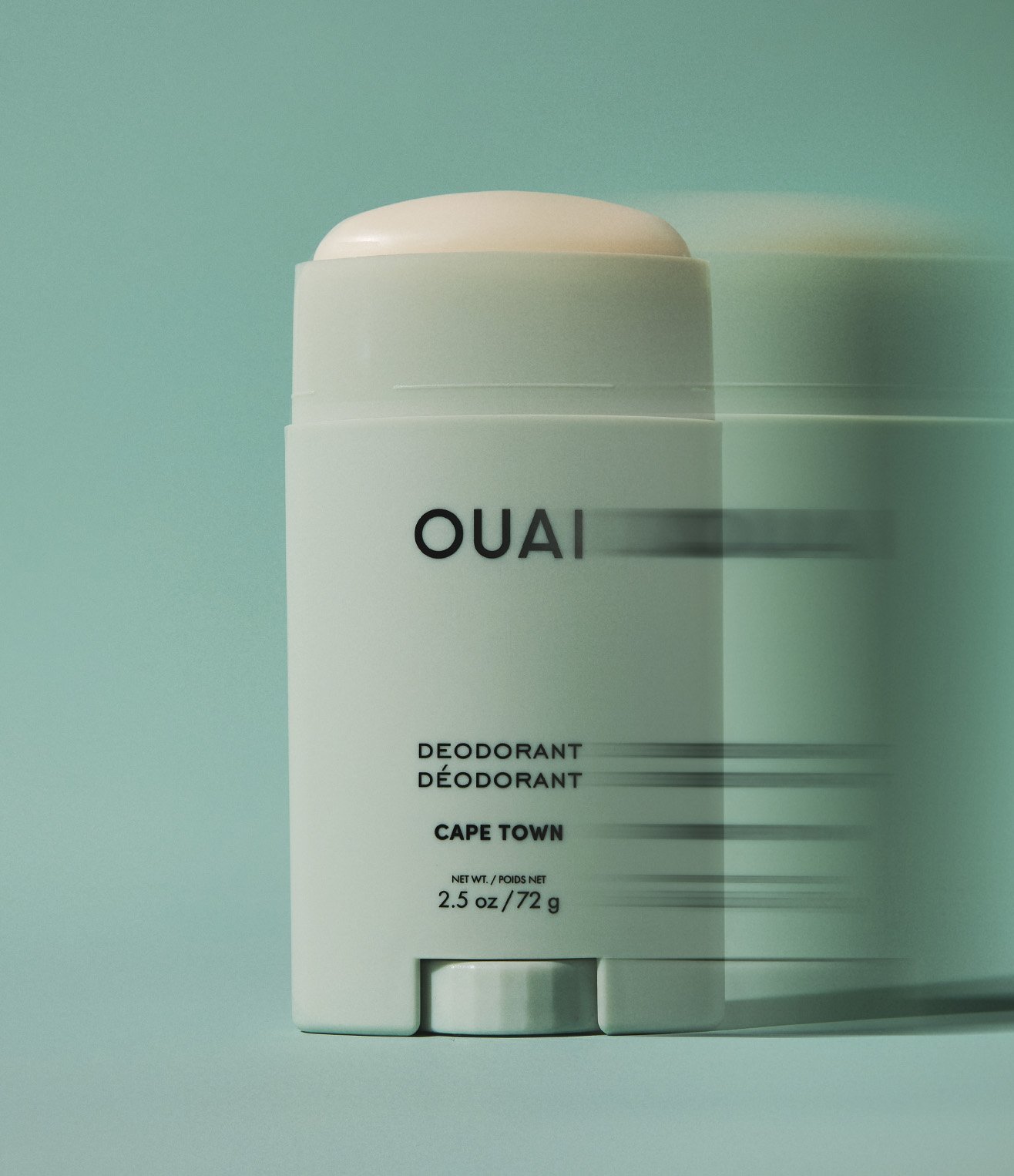
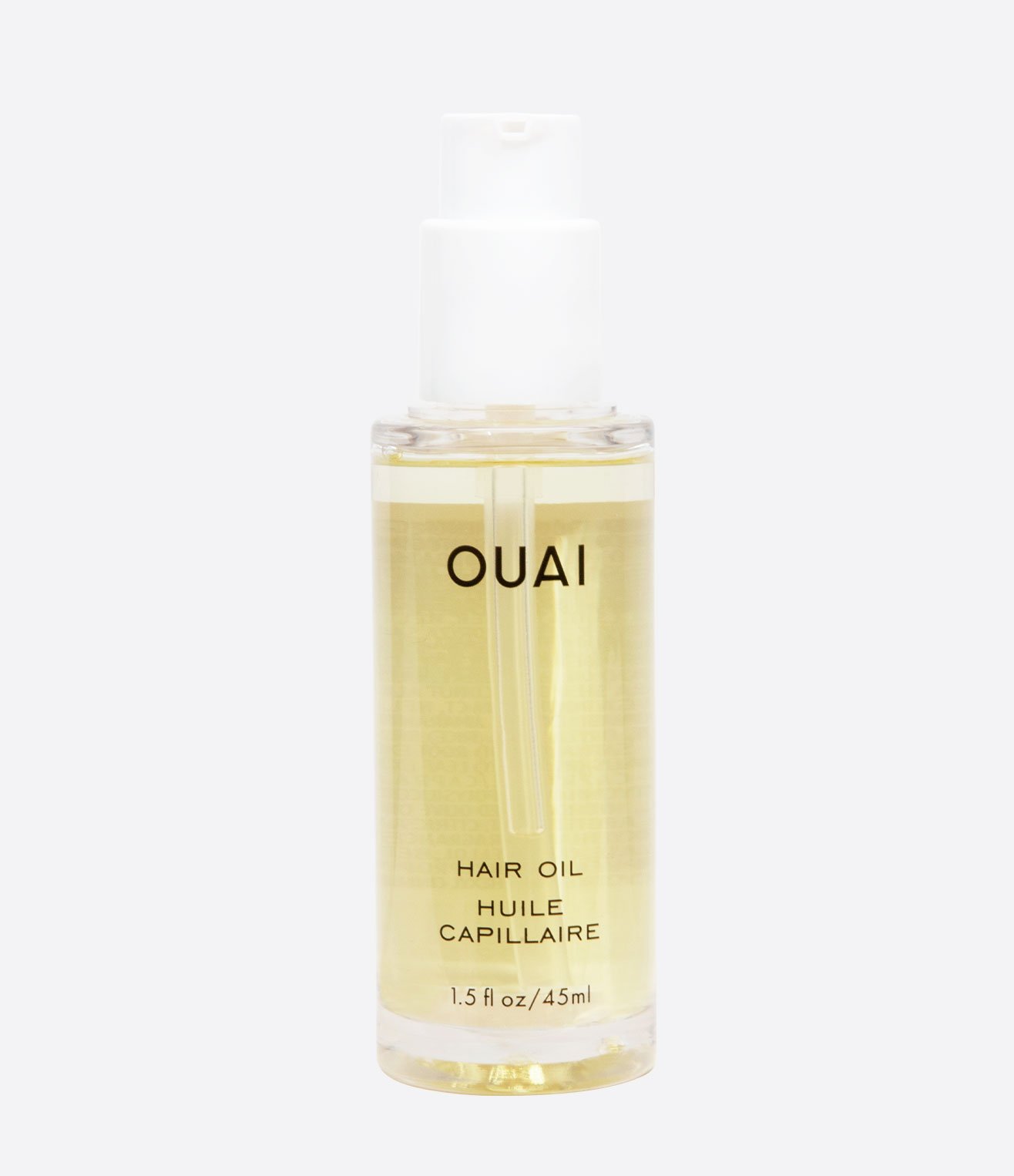
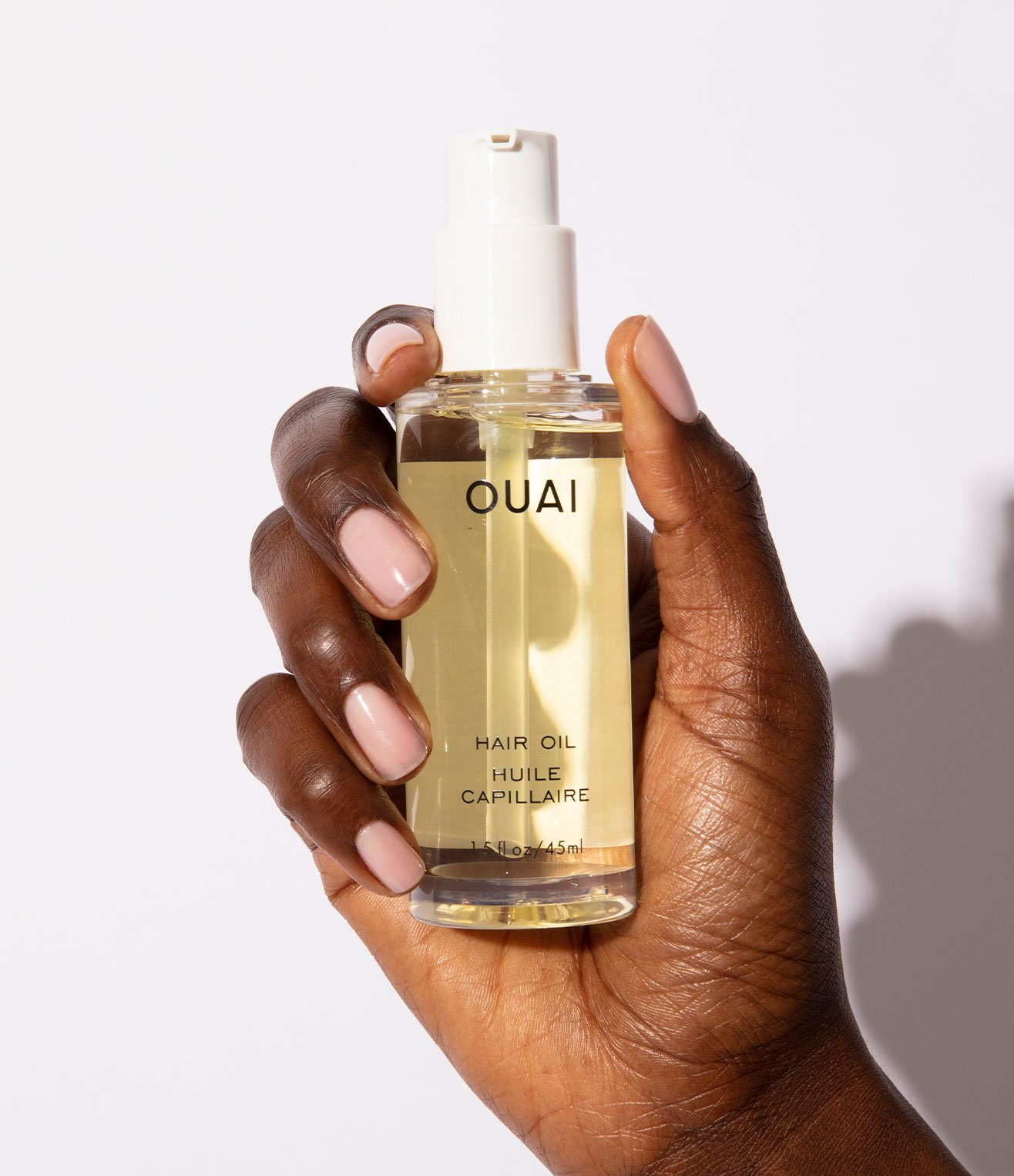
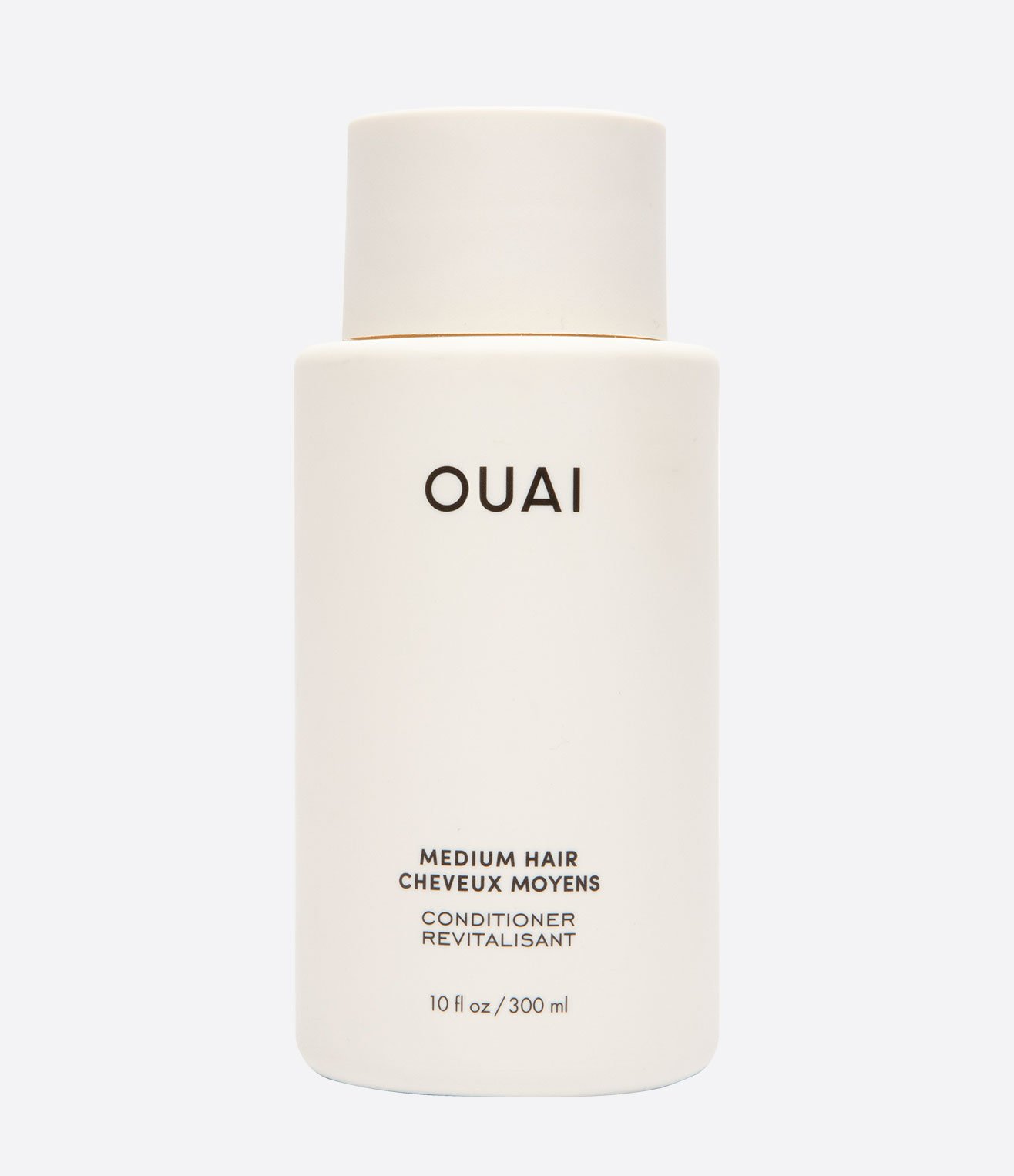
.jpeg?v=1688177567437&options=w_{width})
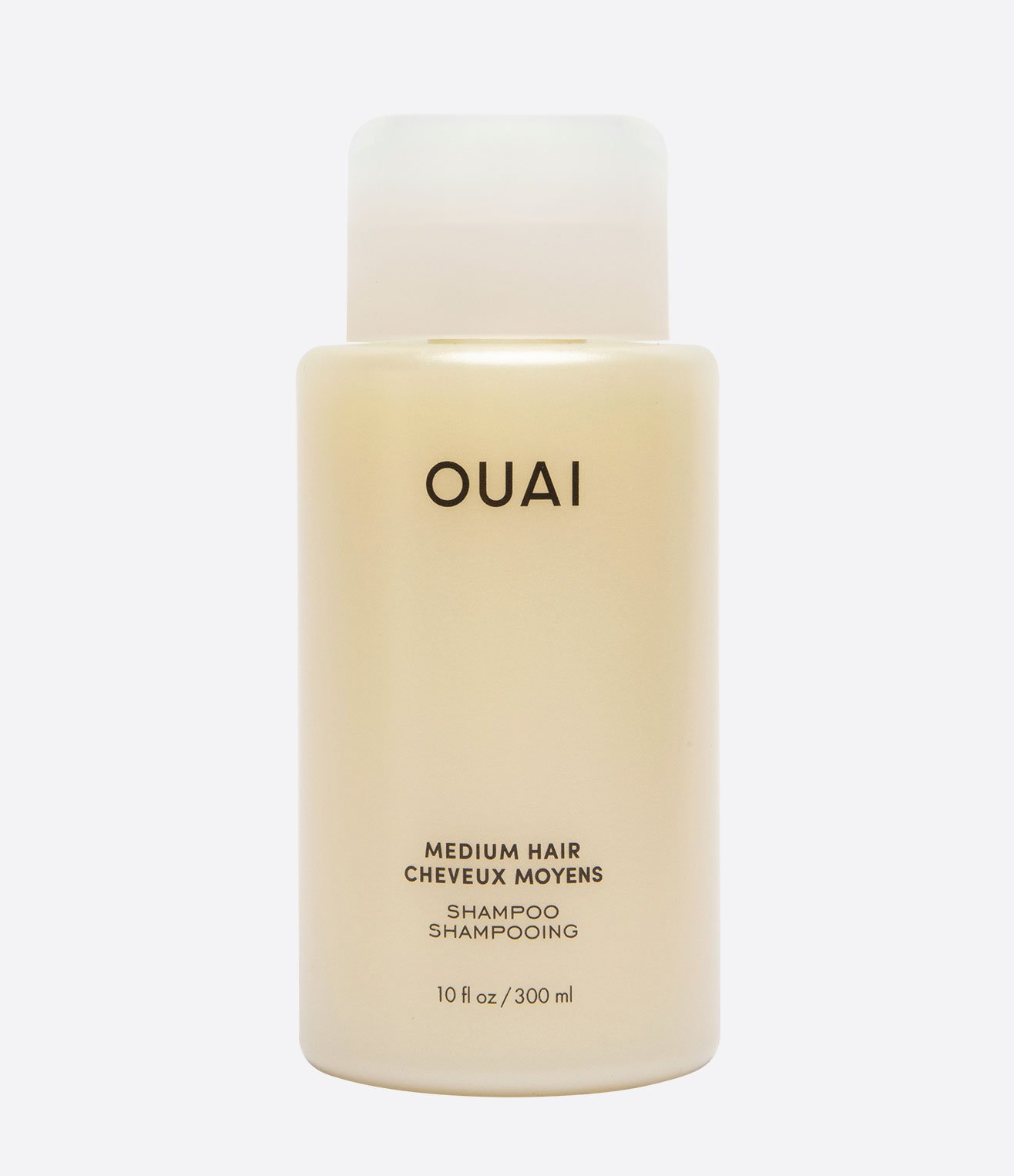
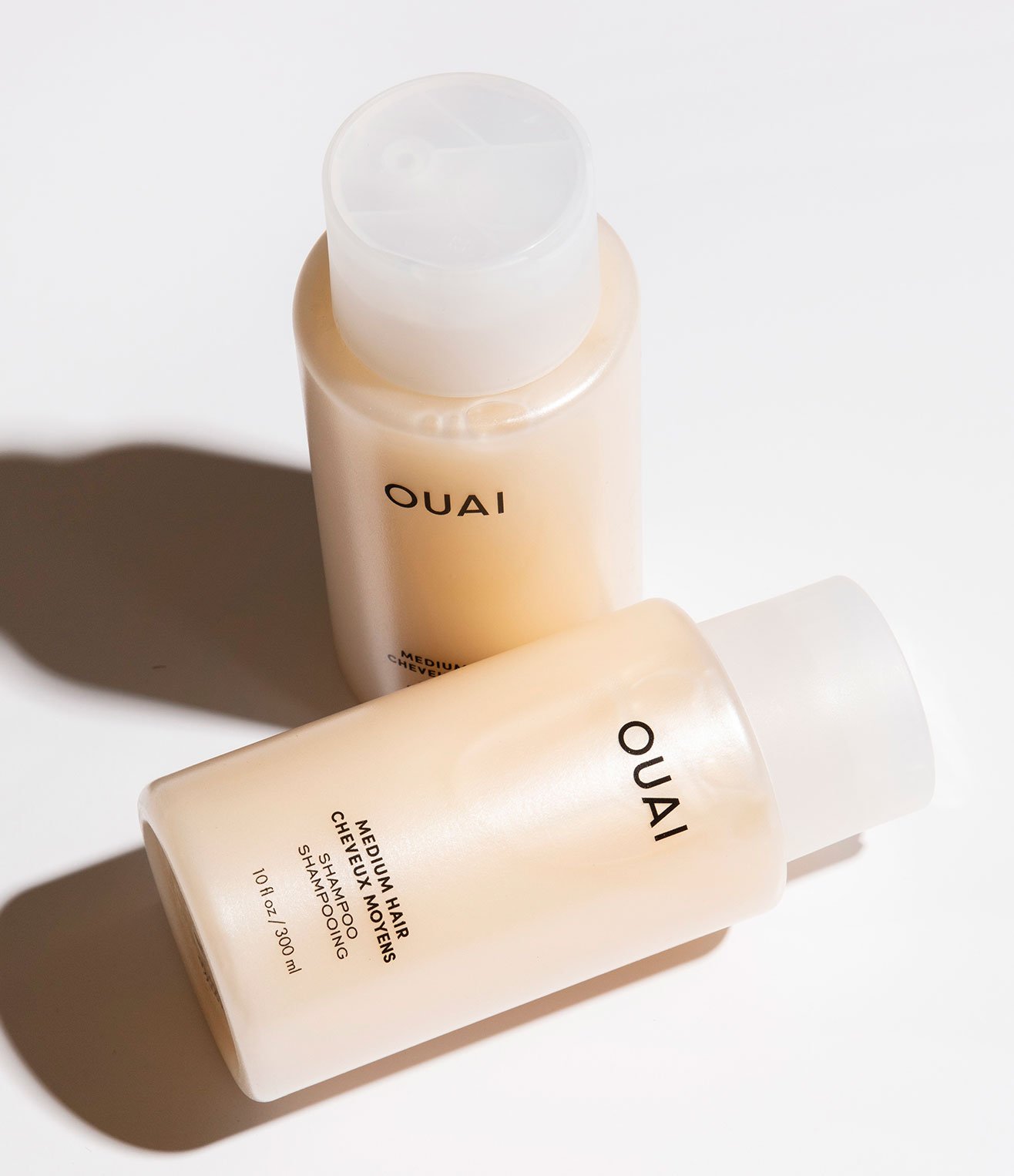
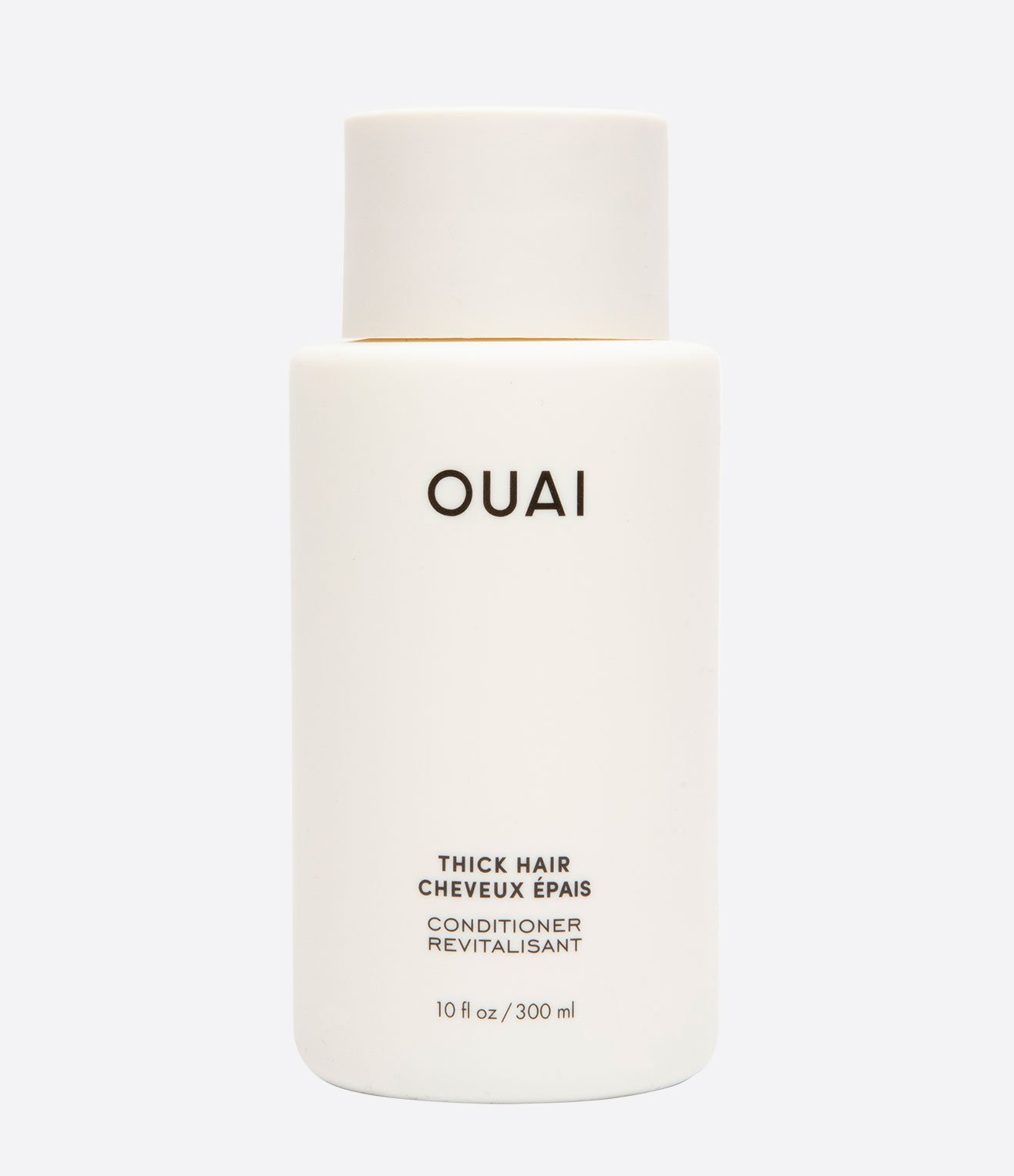
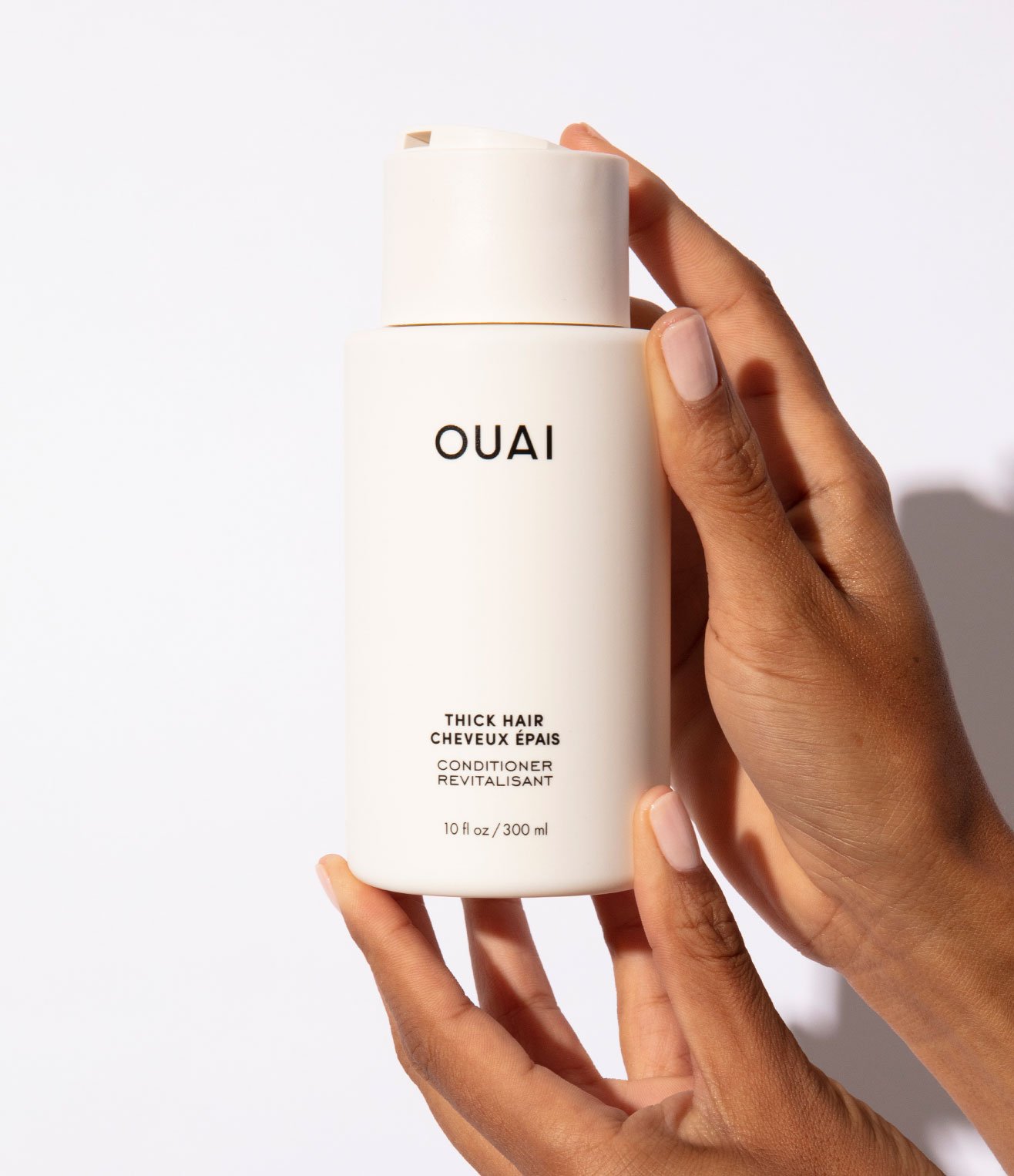


.jpeg?v=1685641143106&options=w_{width})
.jpeg?v=1688177317579&options=w_{width})
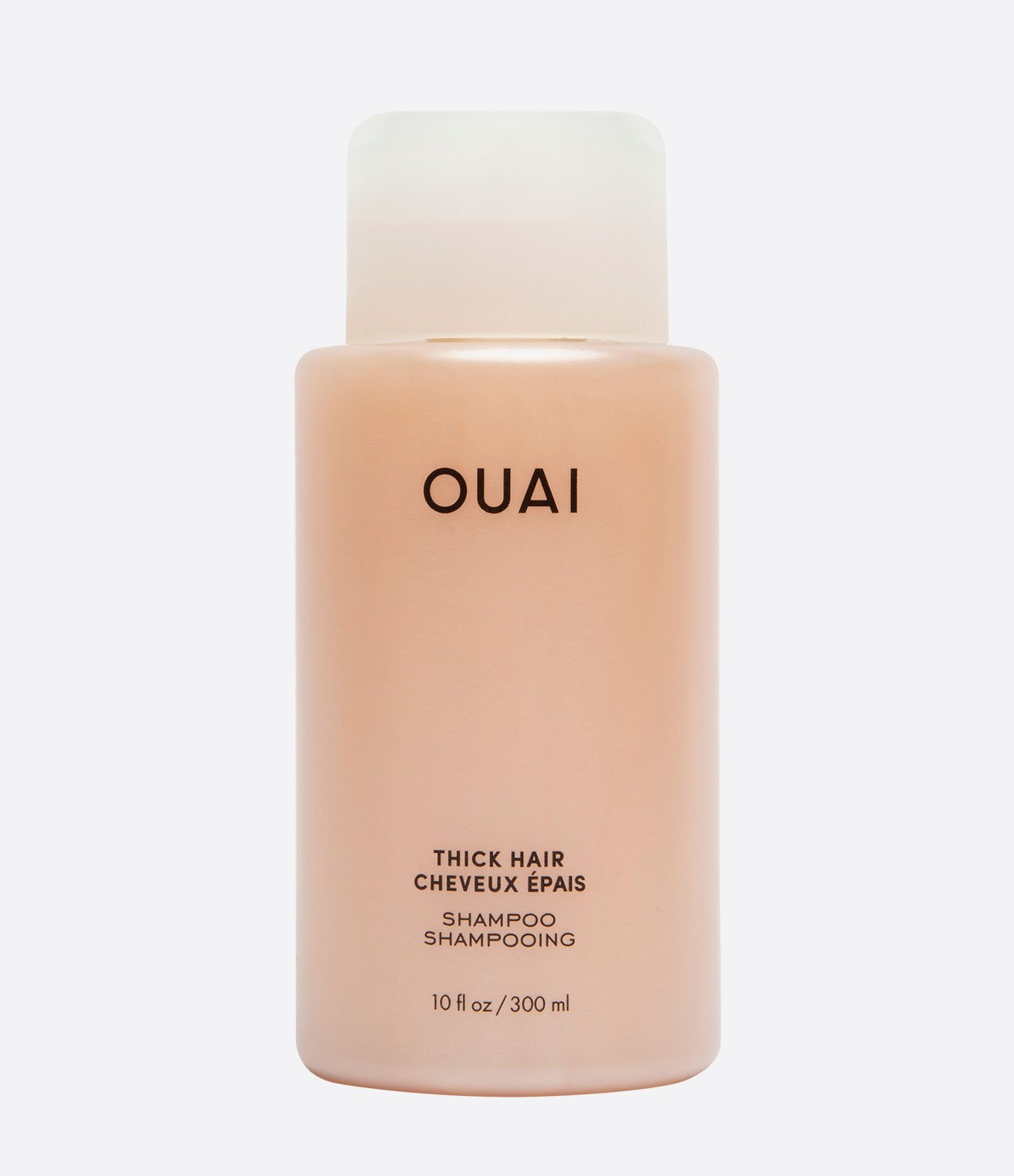
.jpeg?v=1688177616065&options=w_{width})
